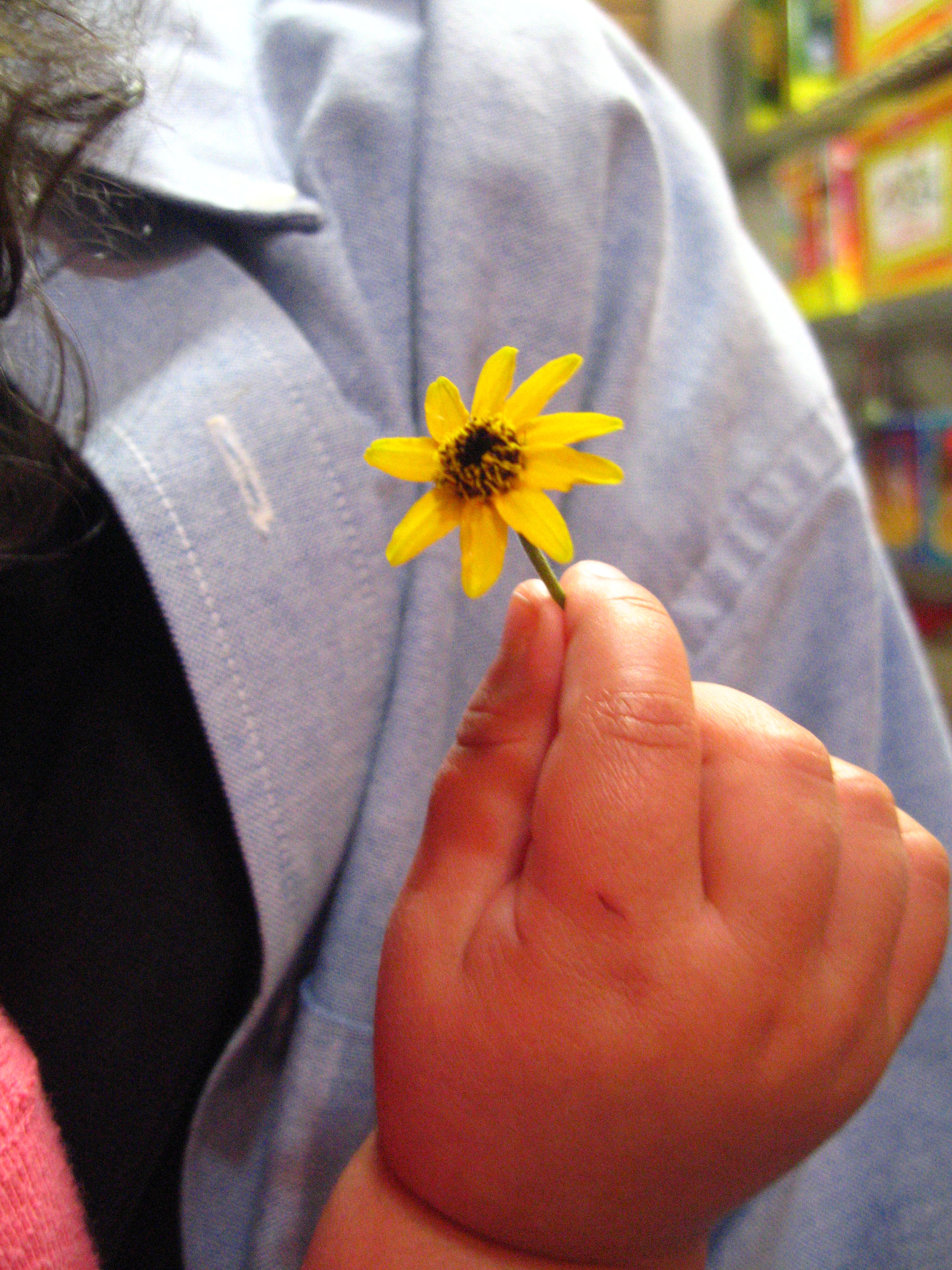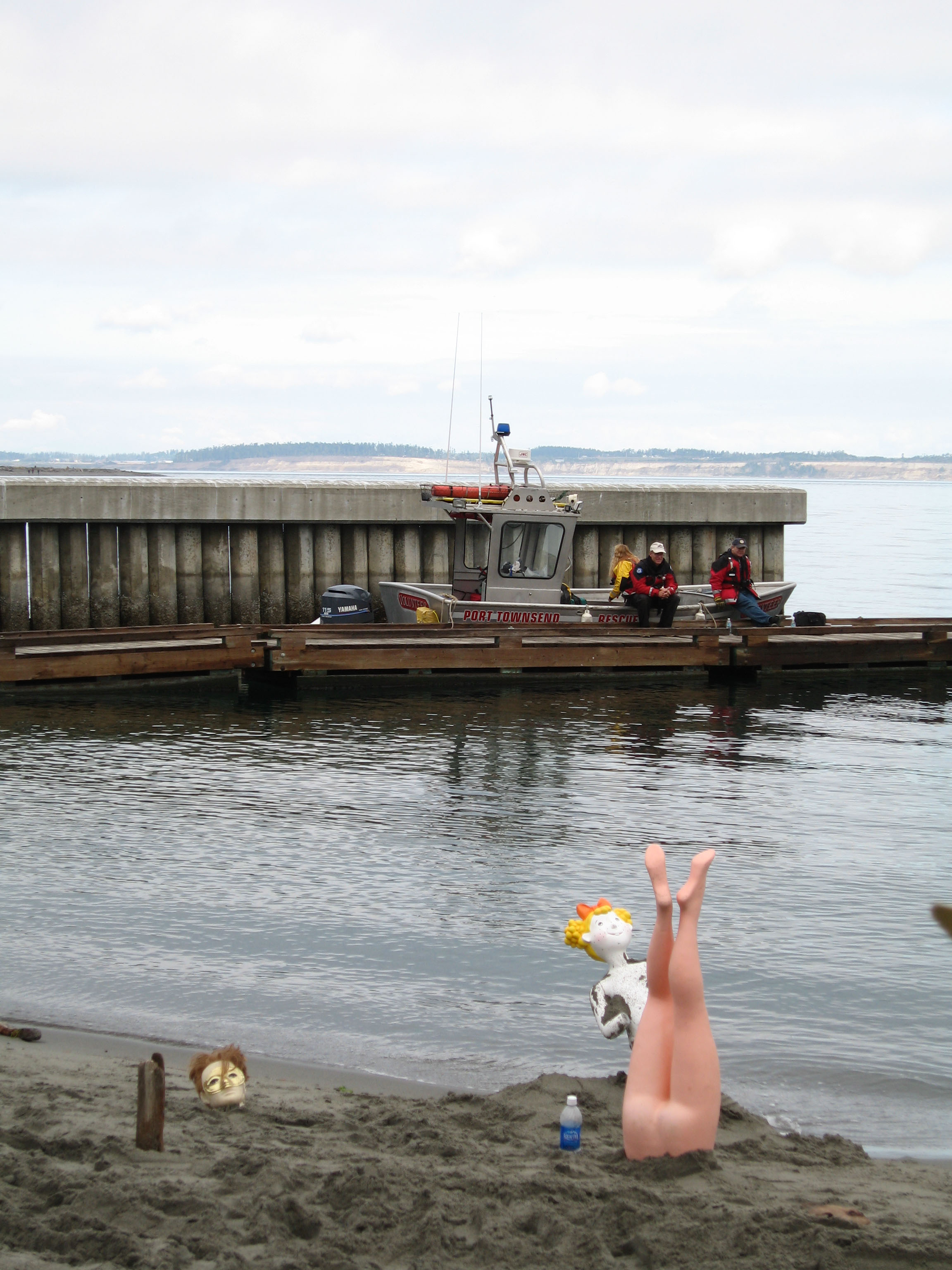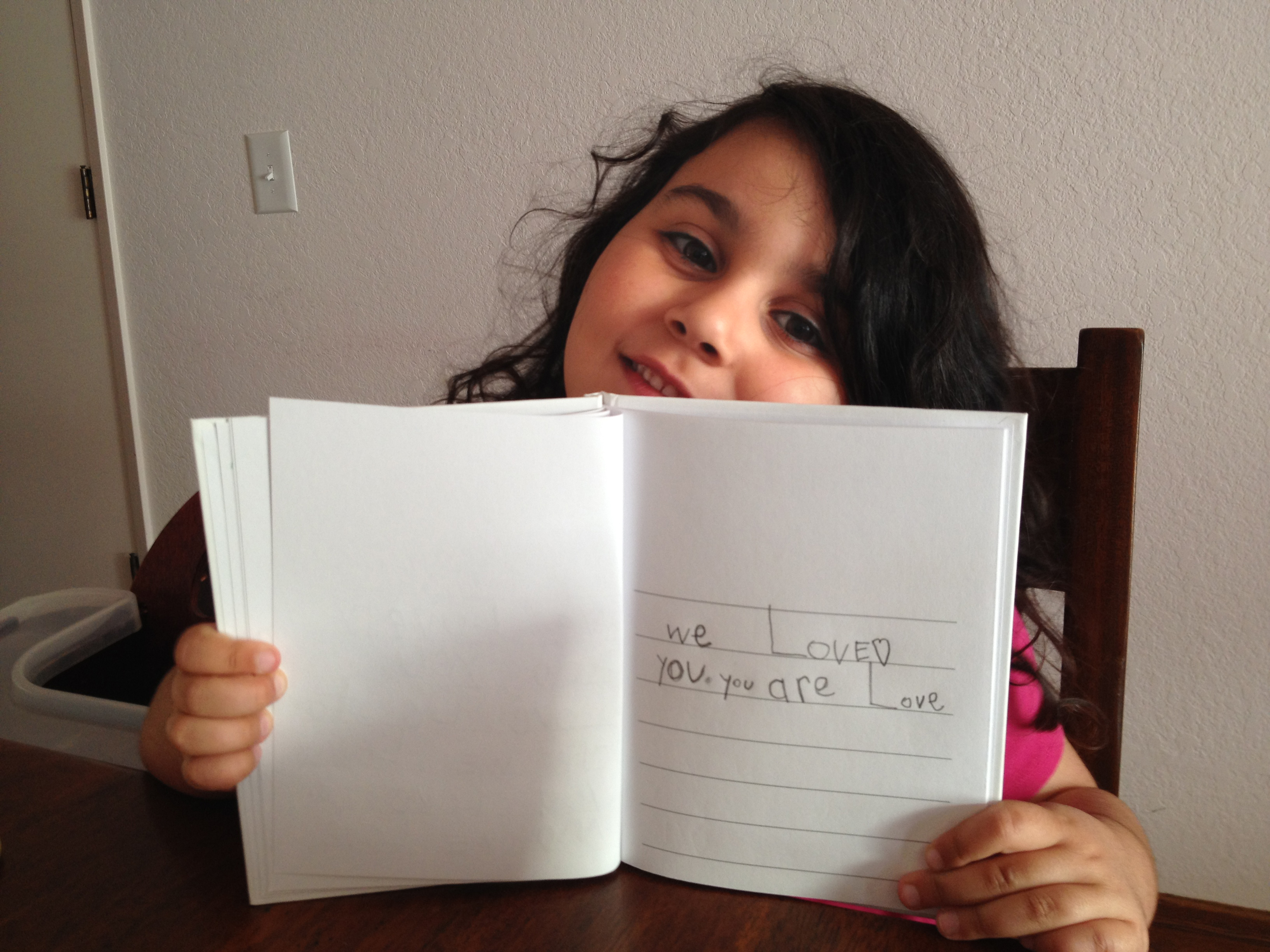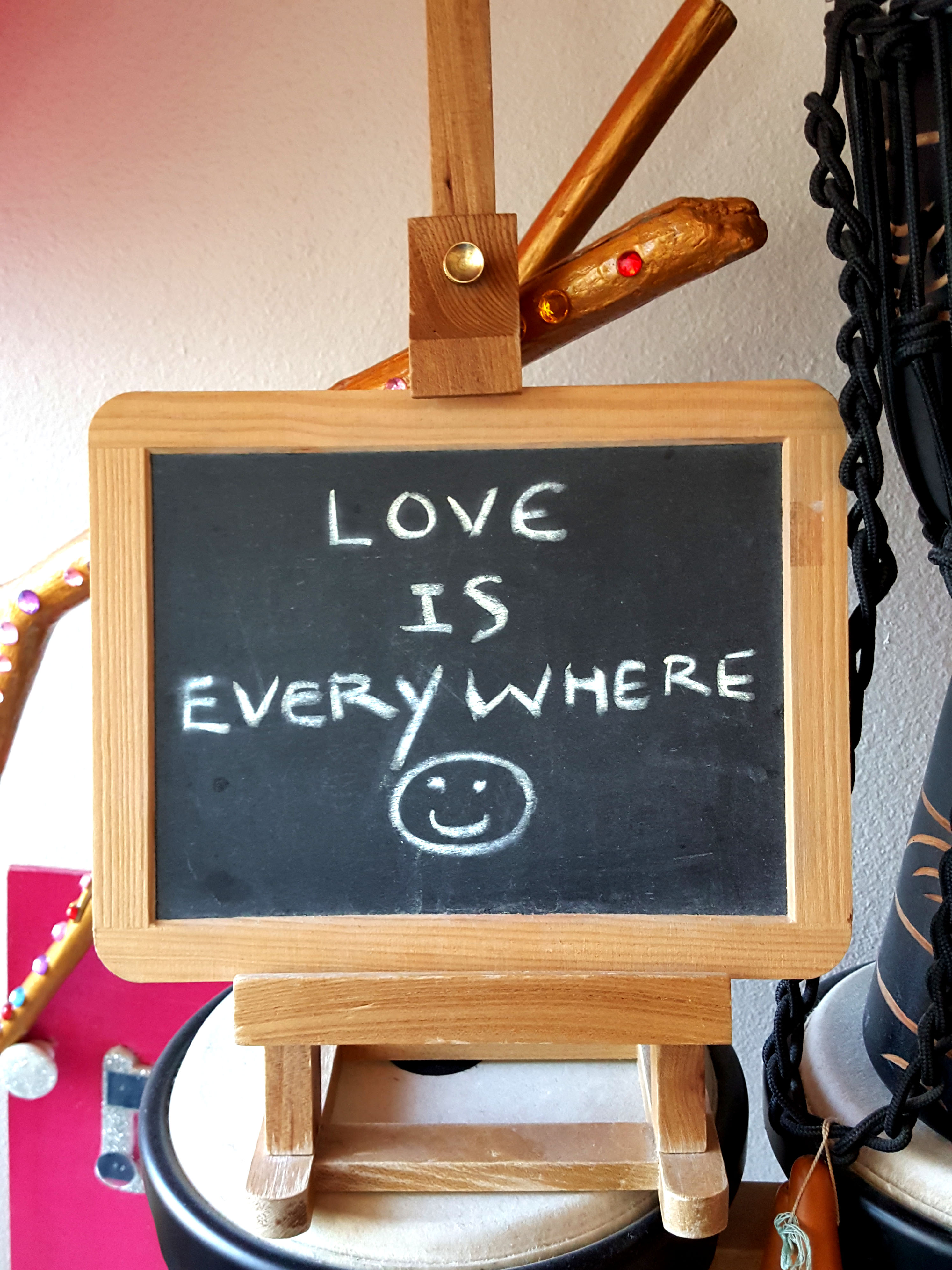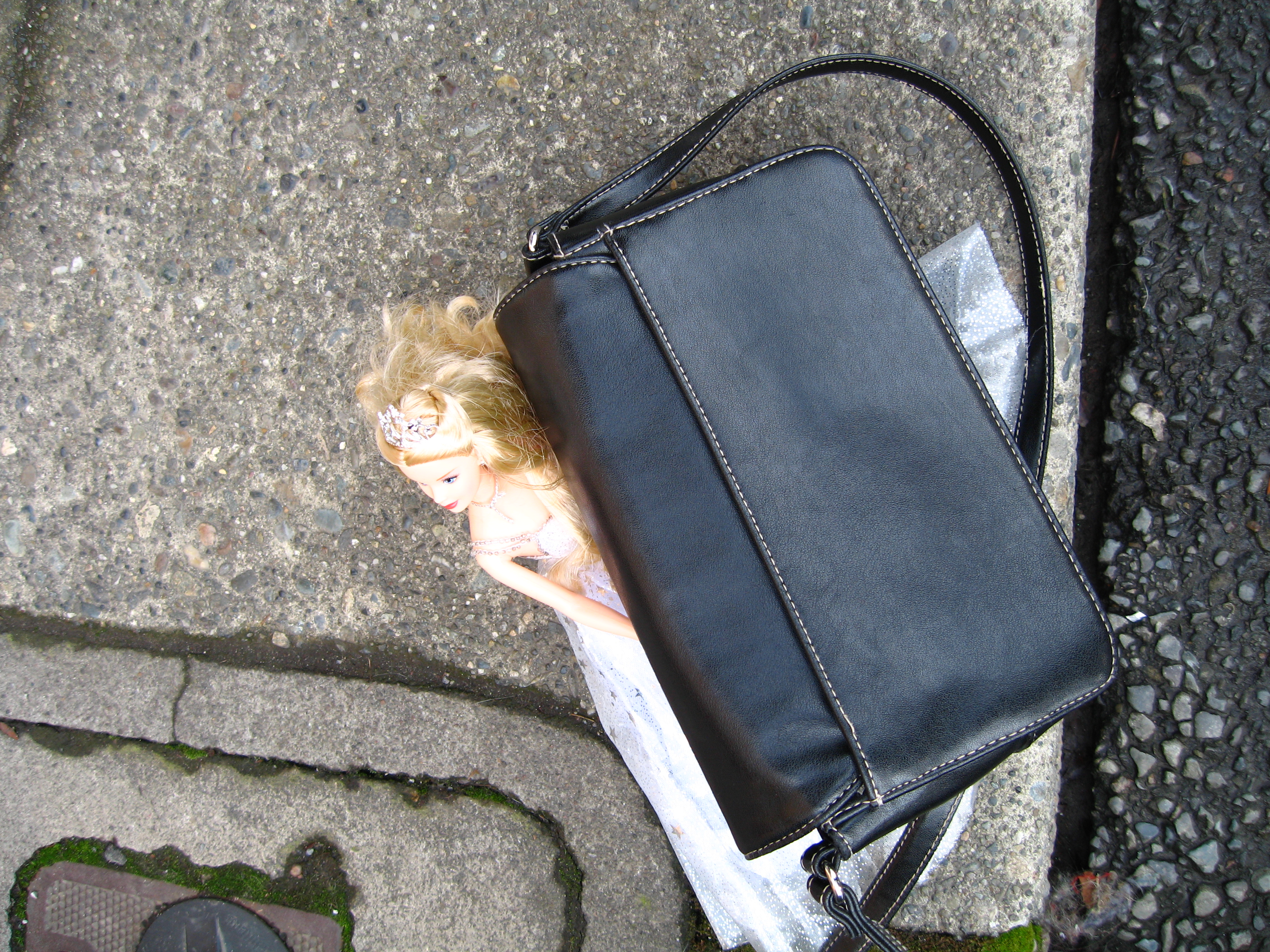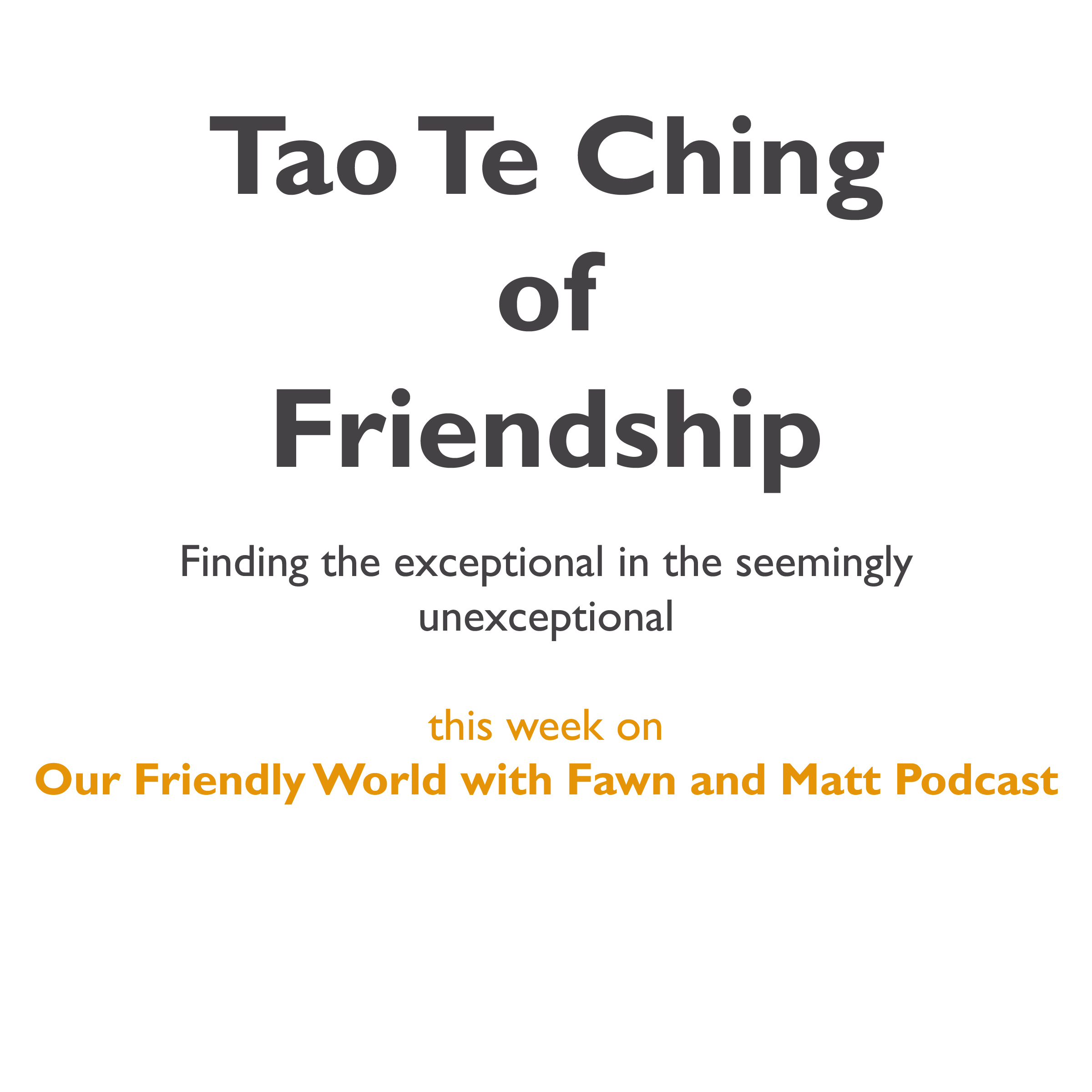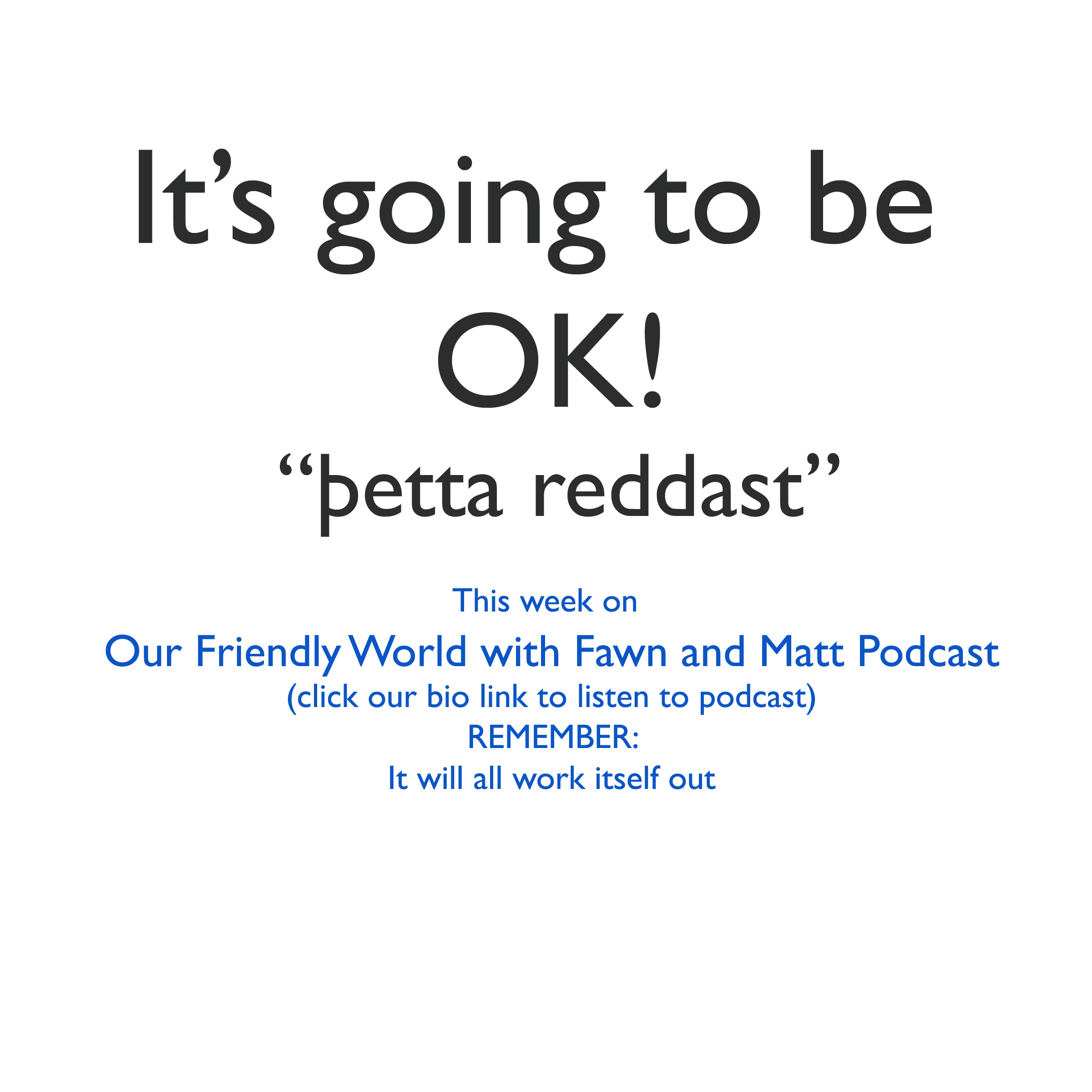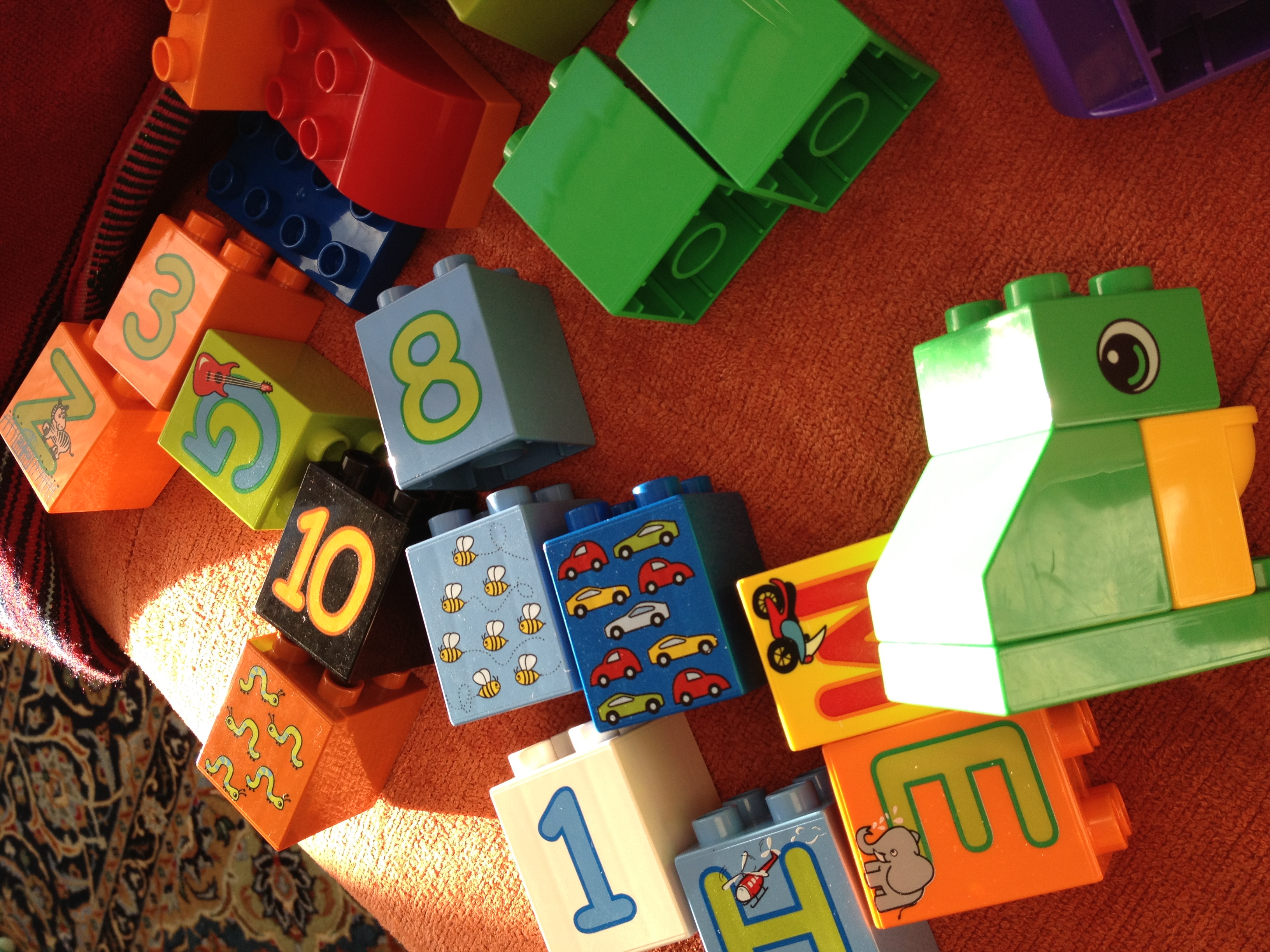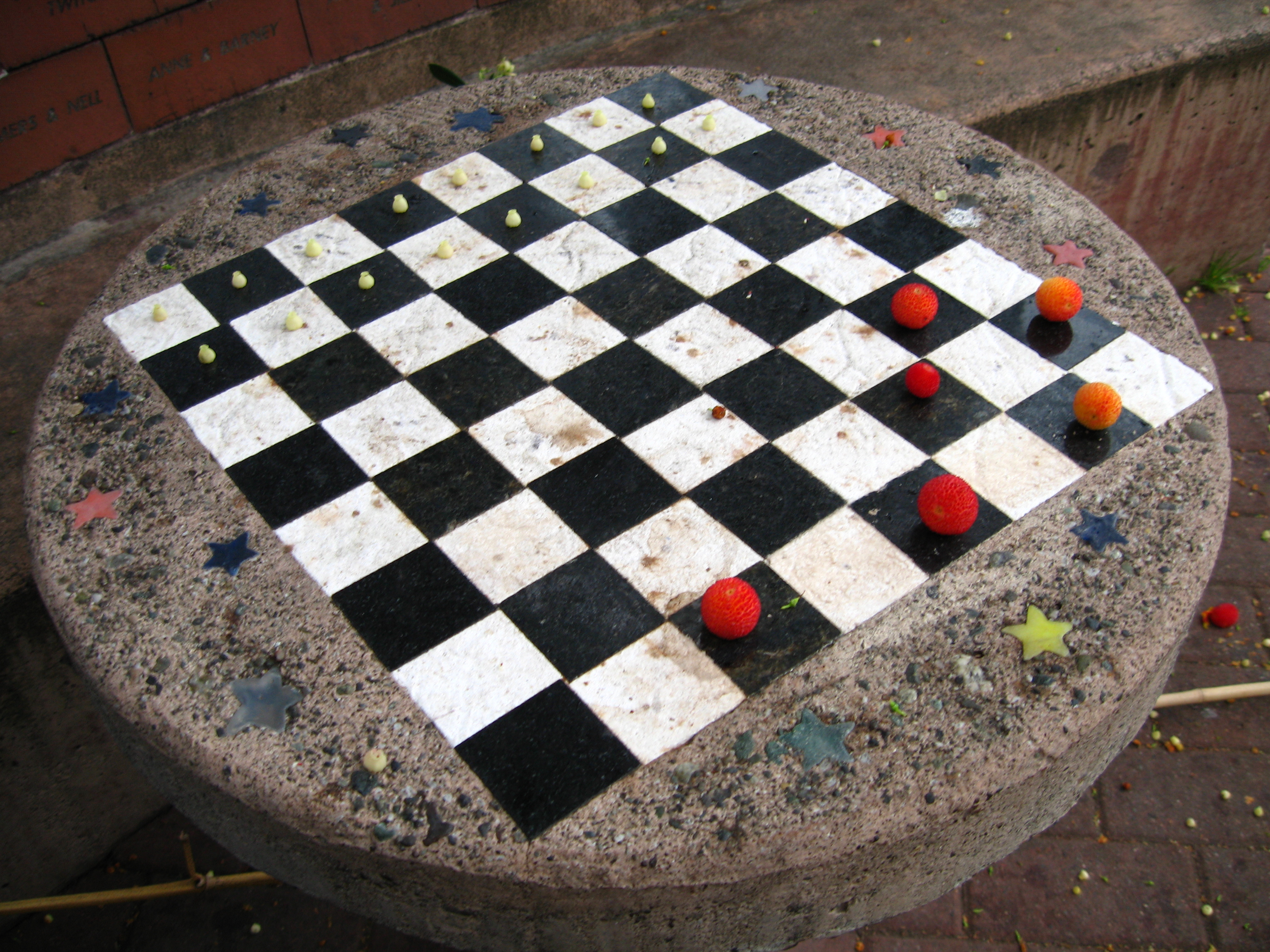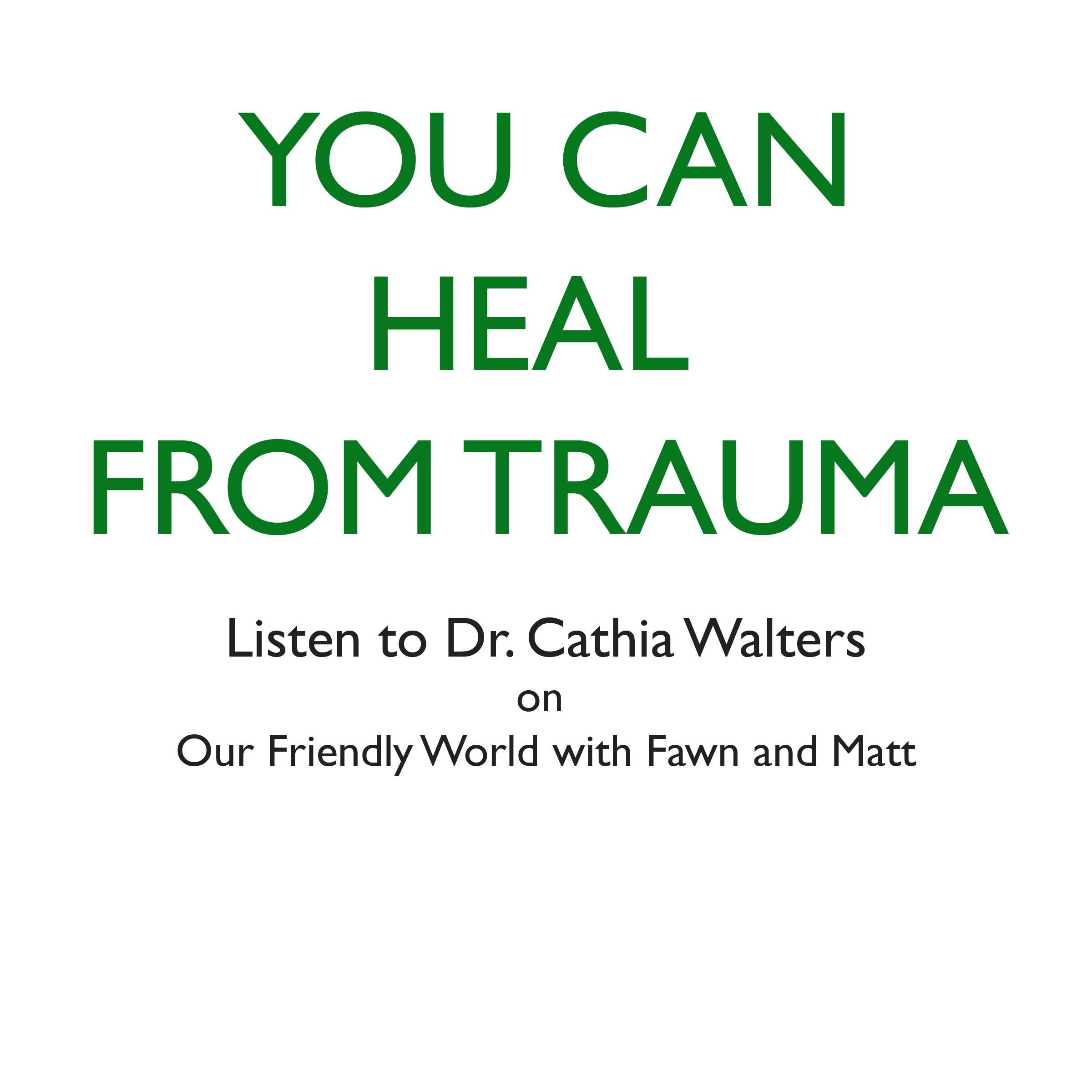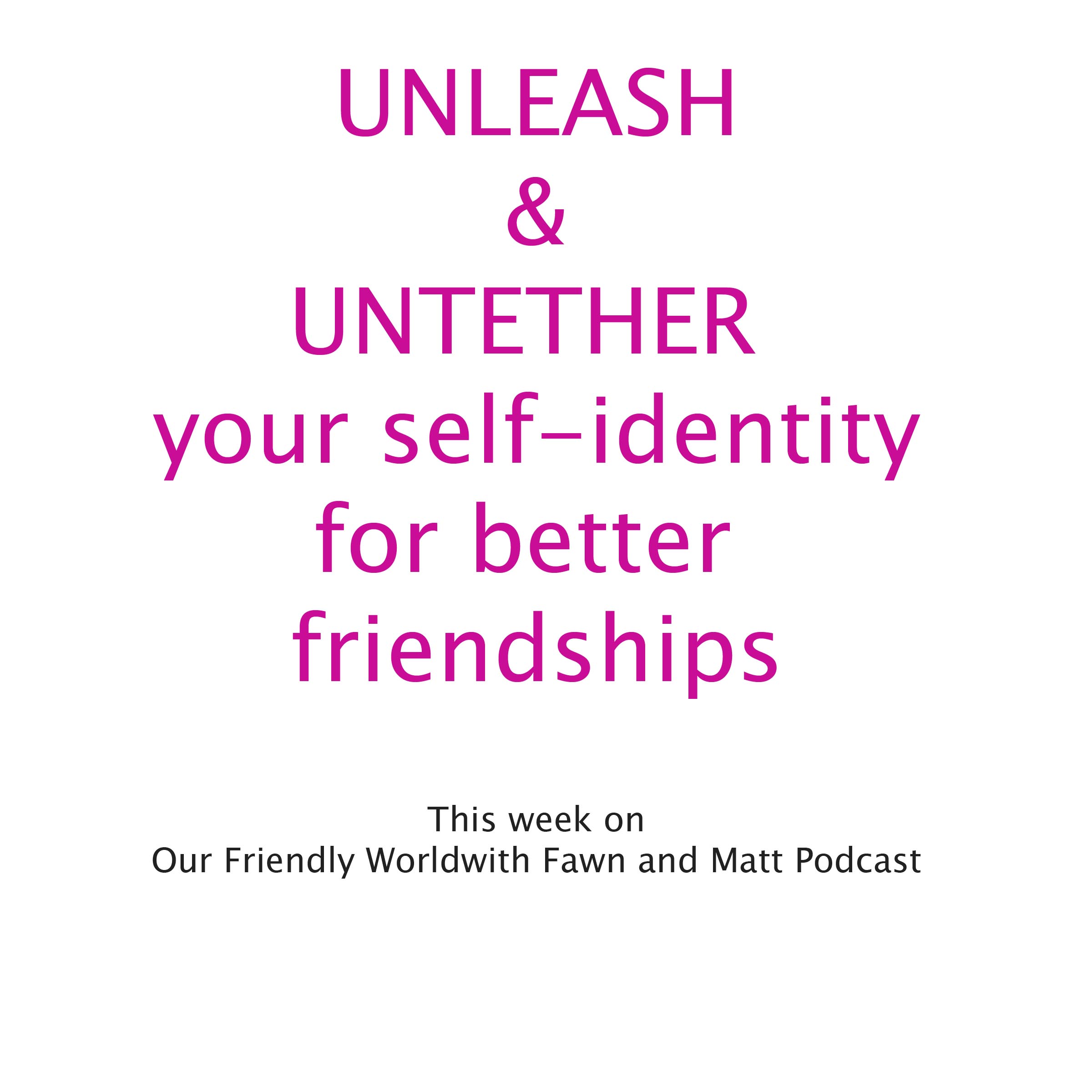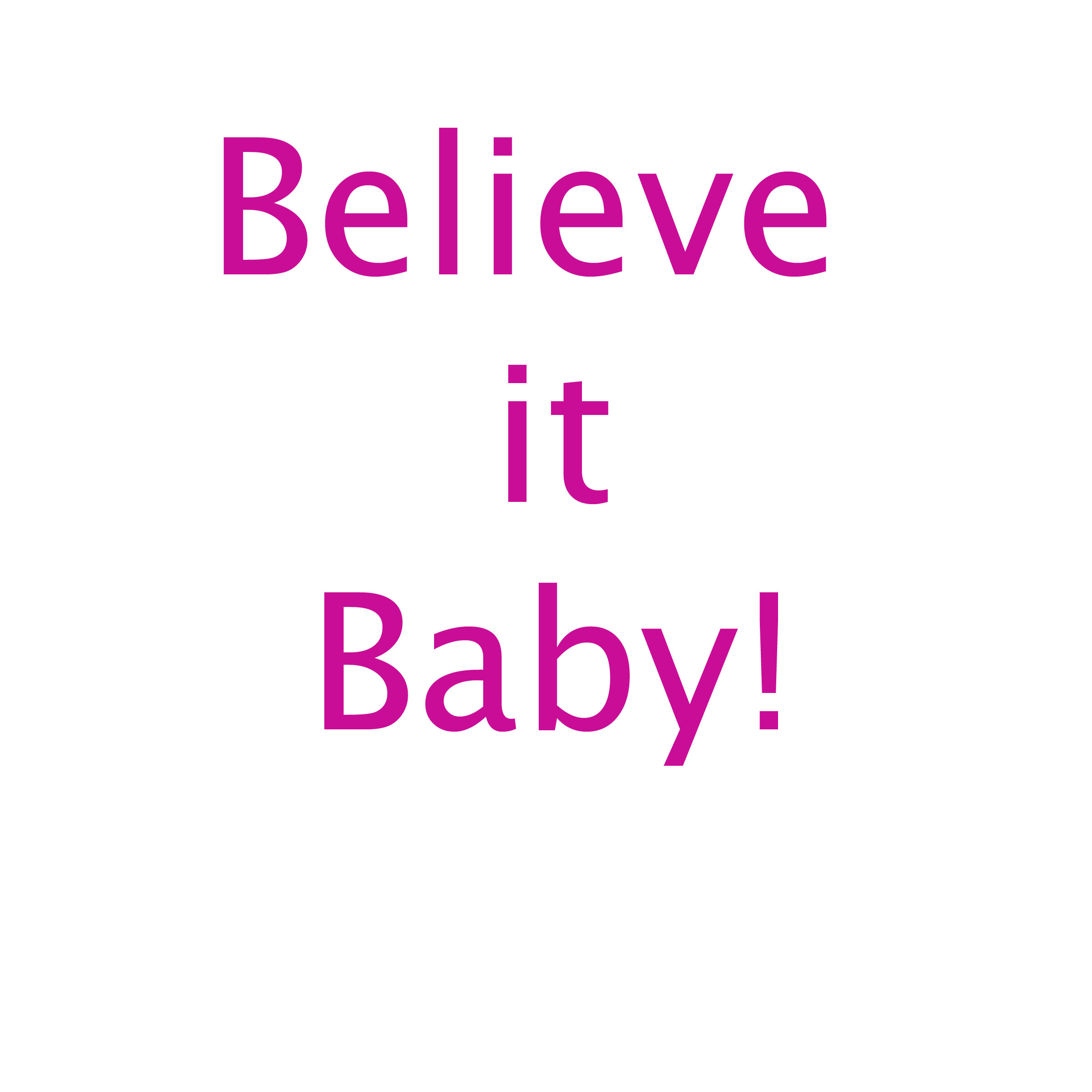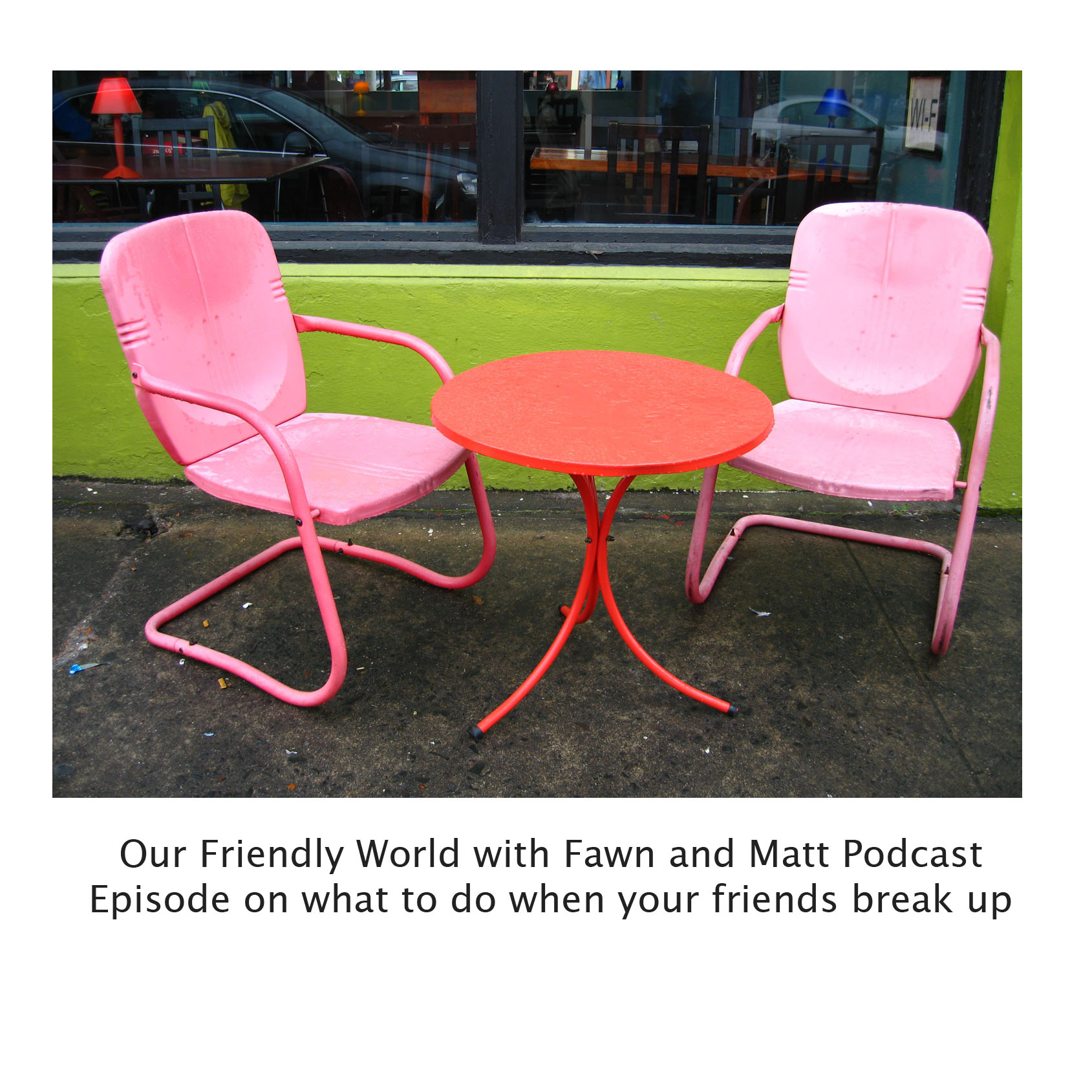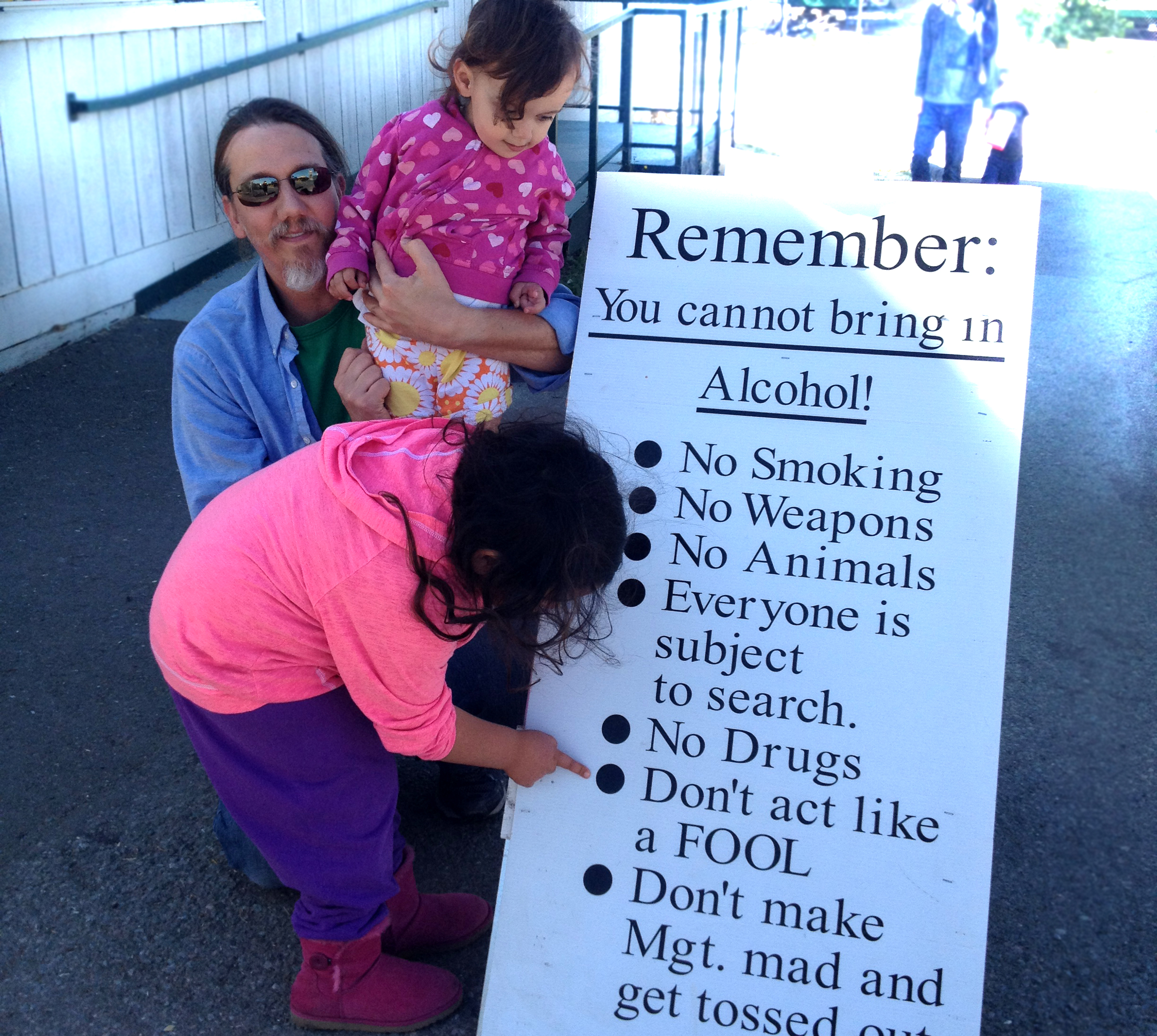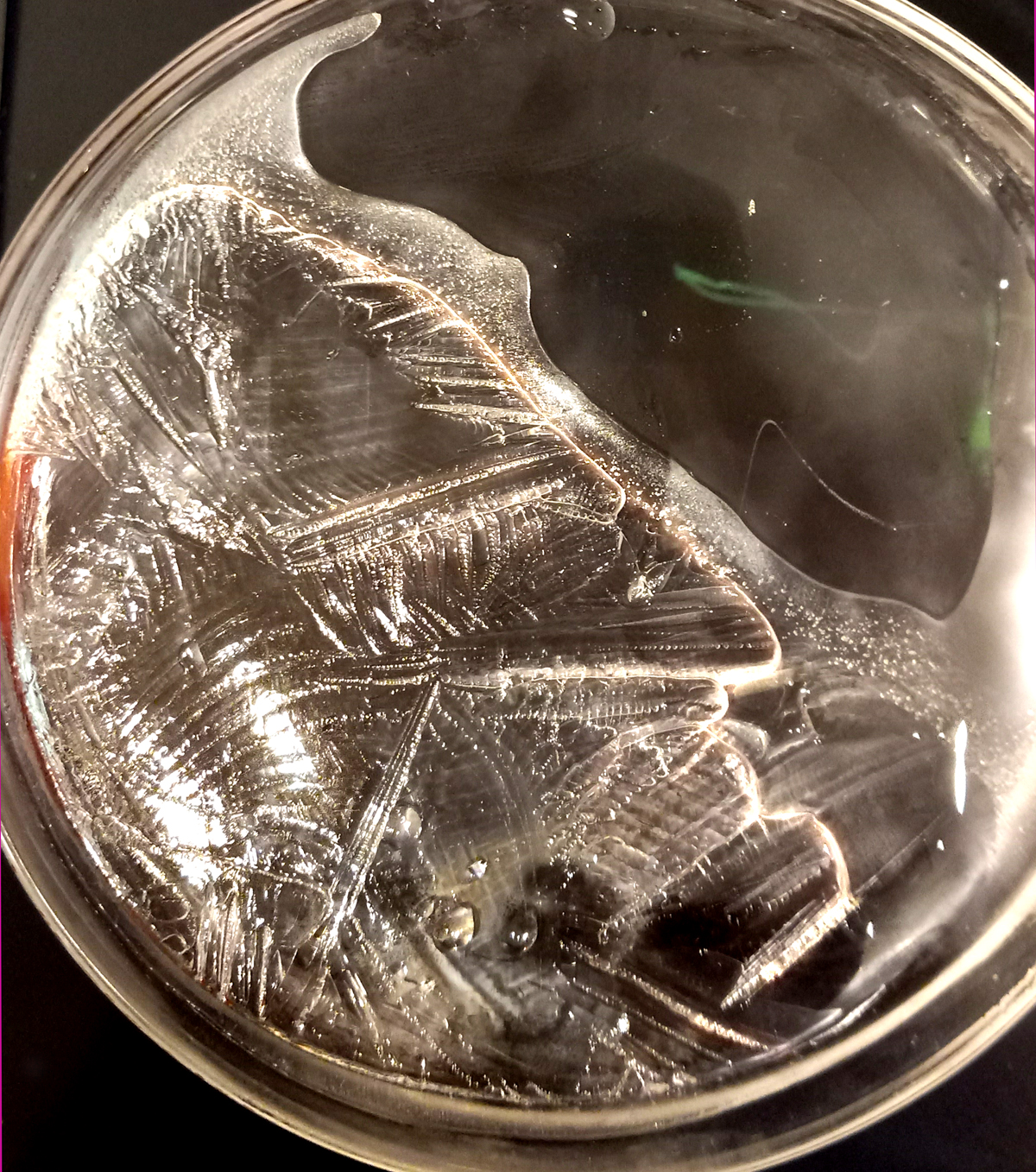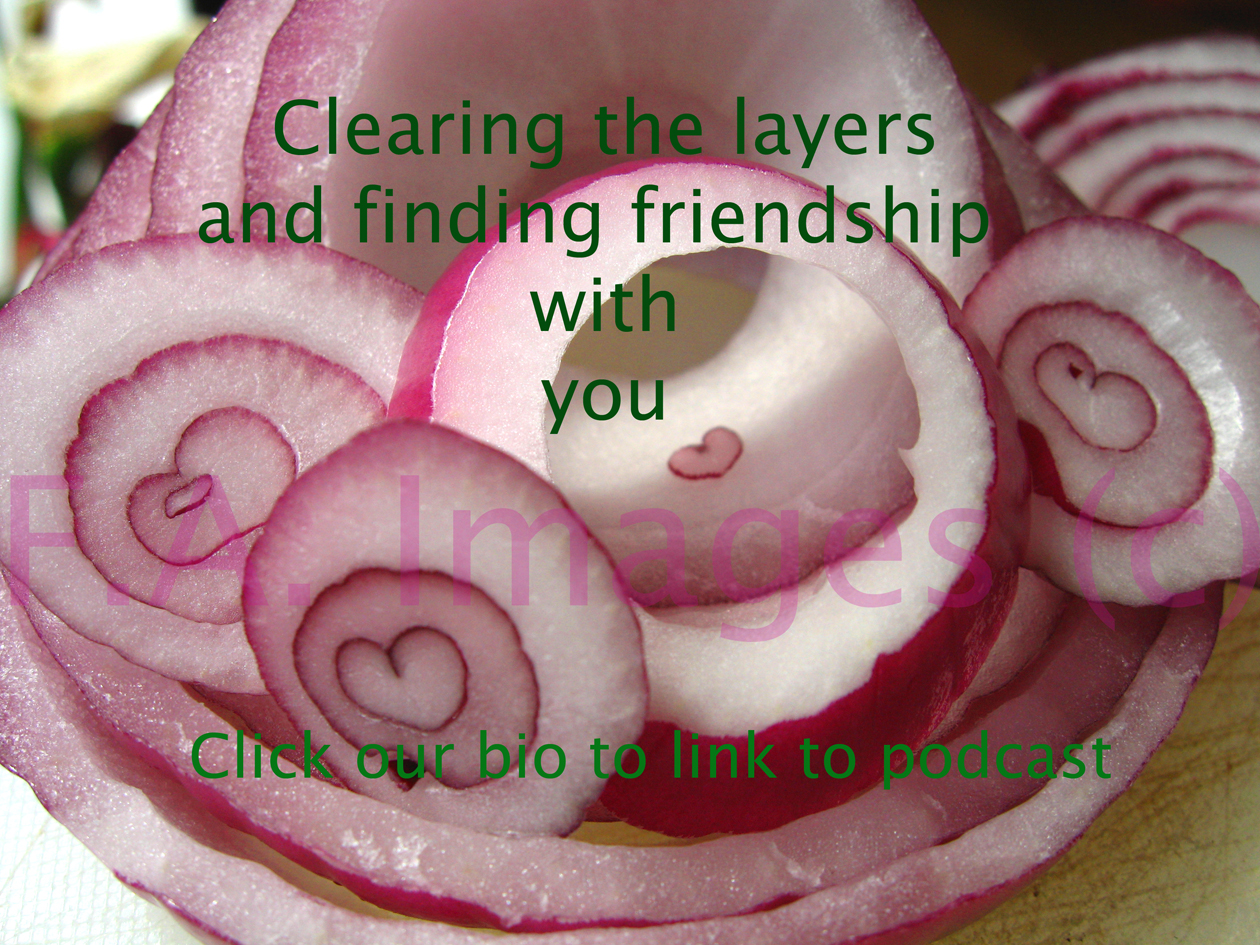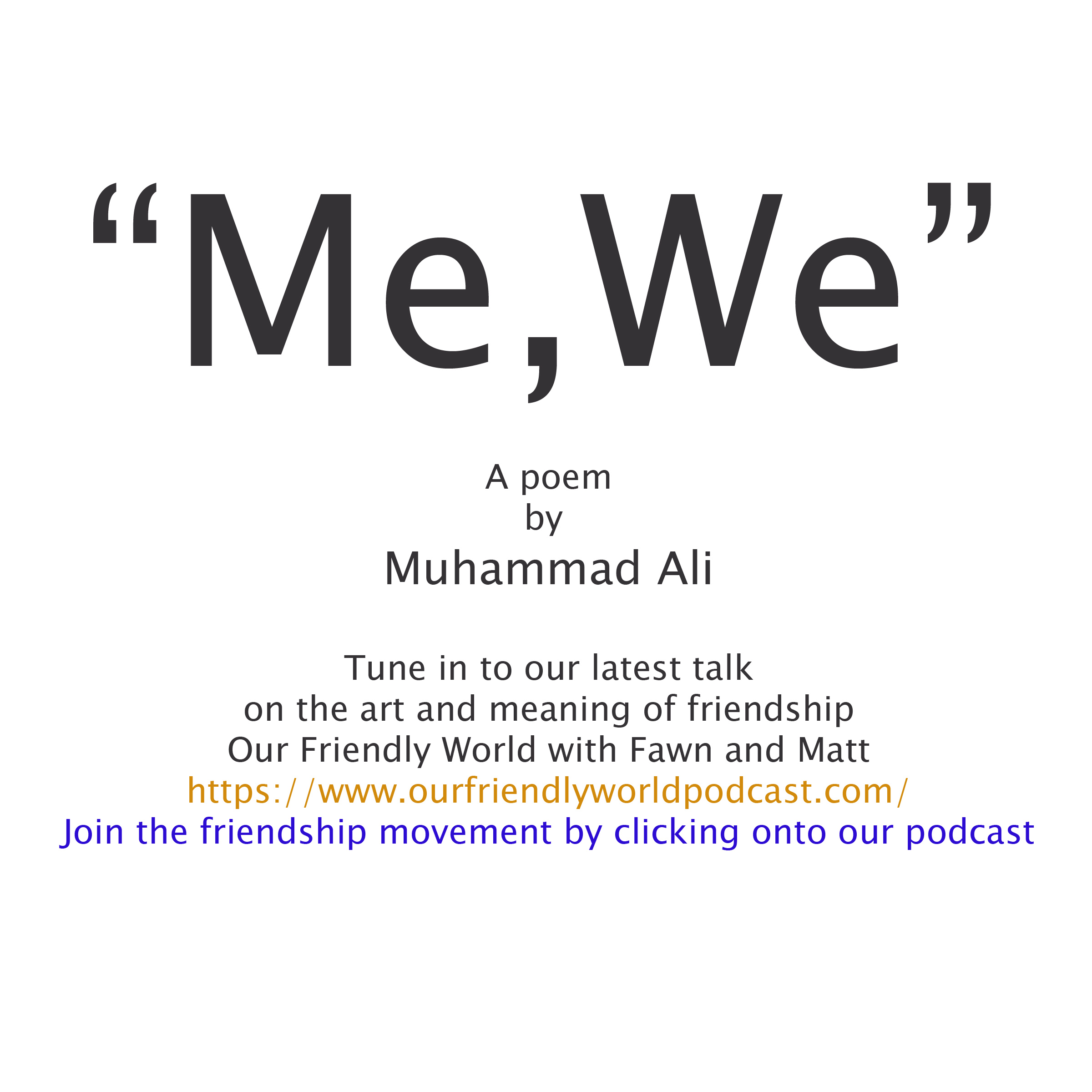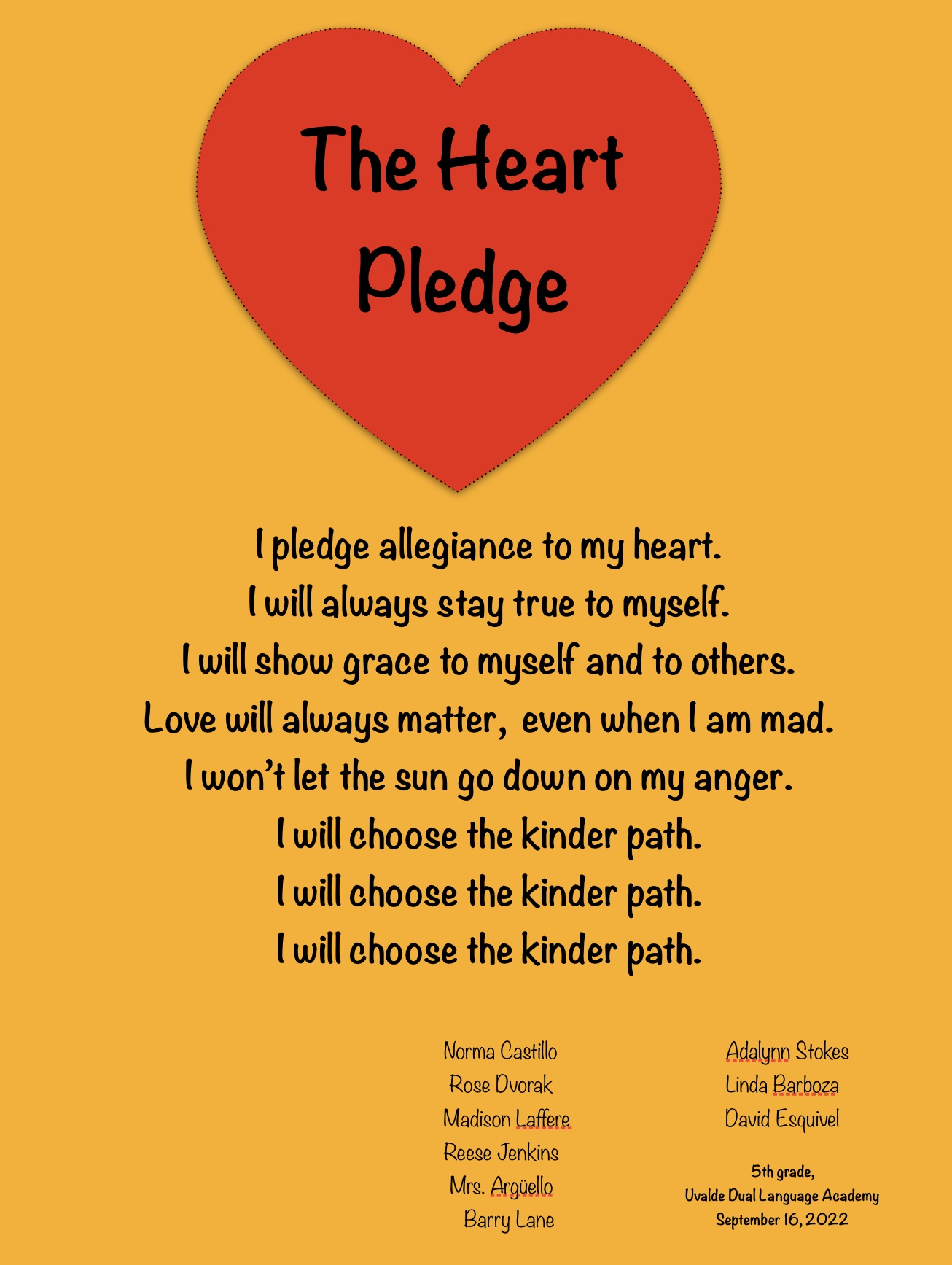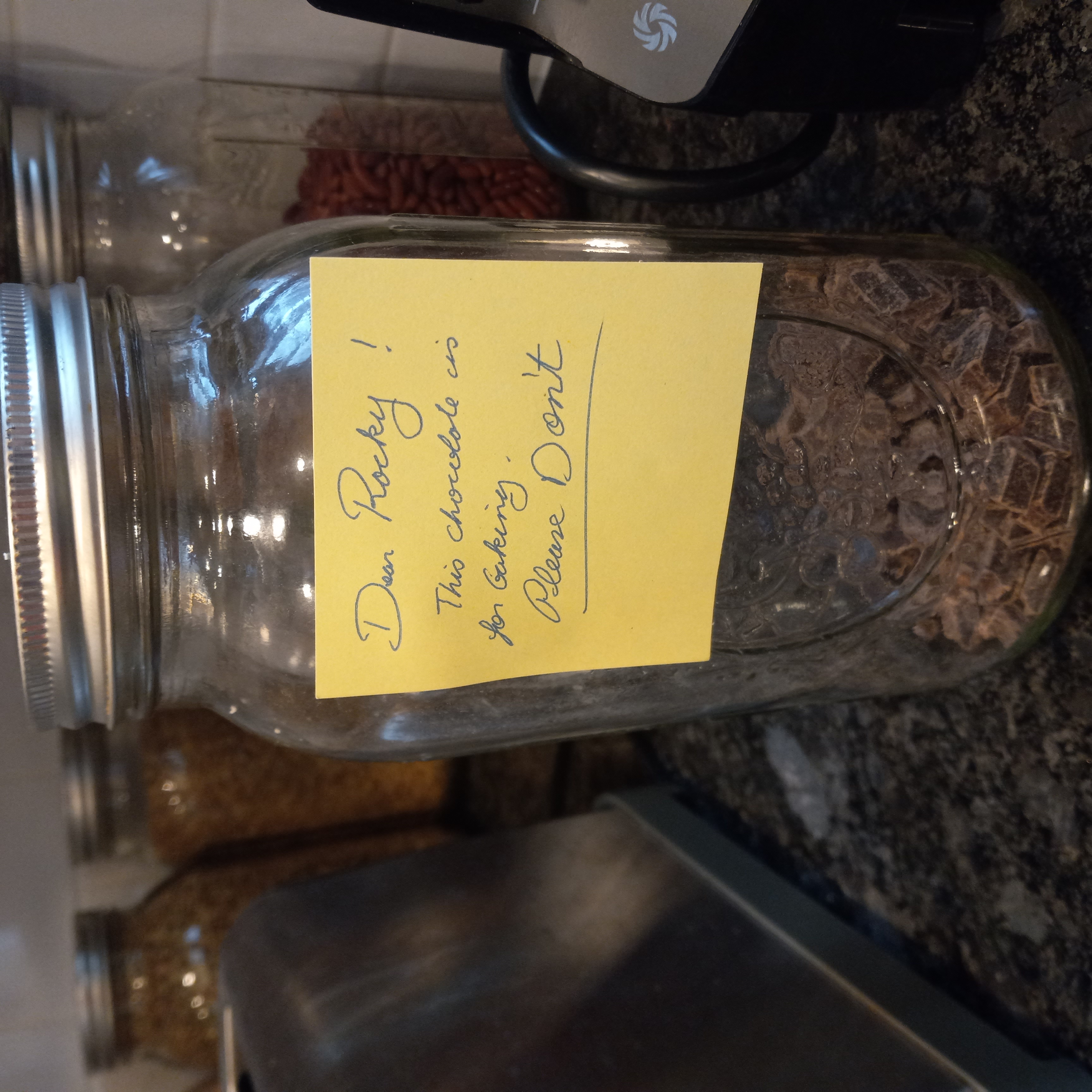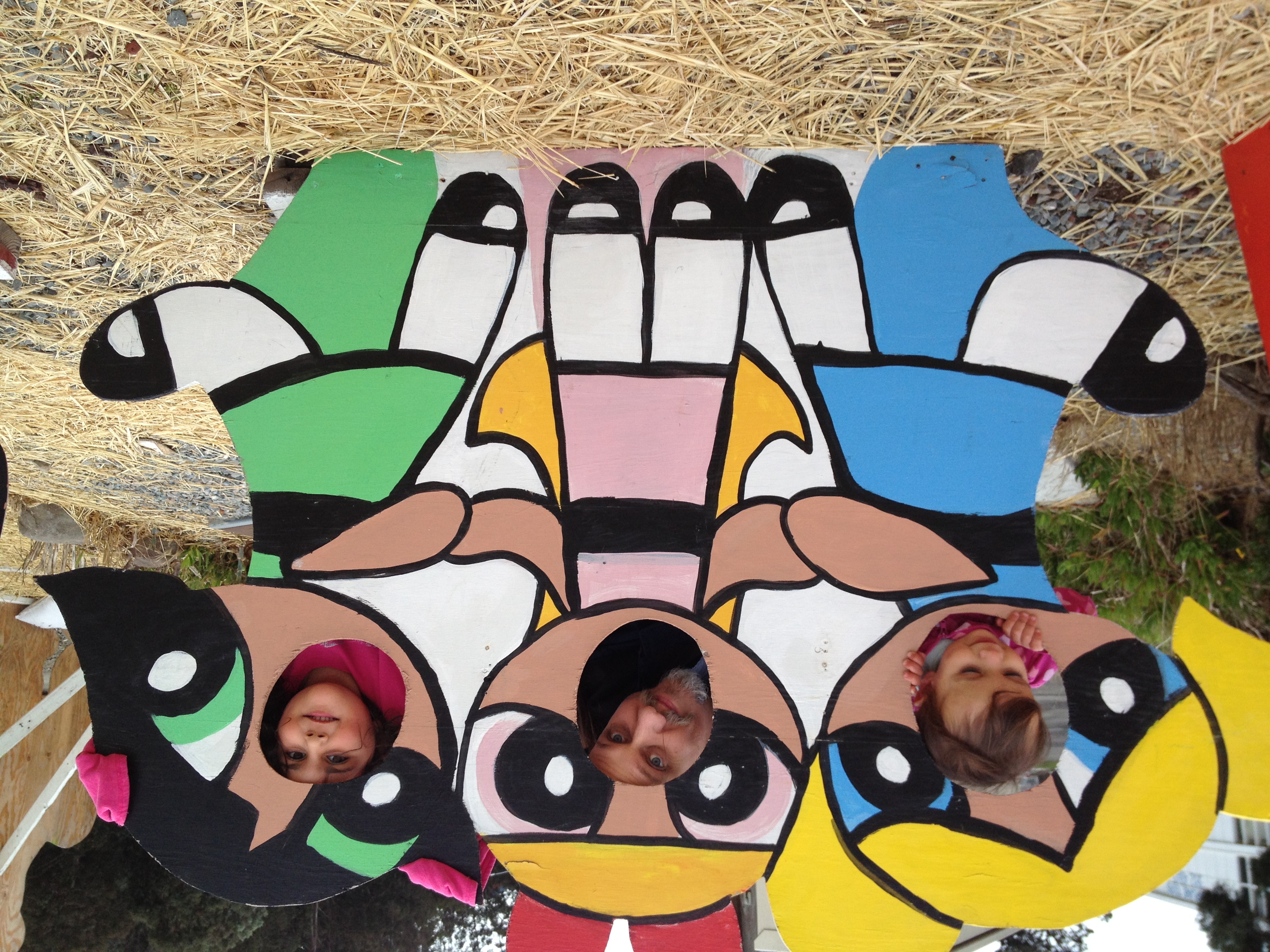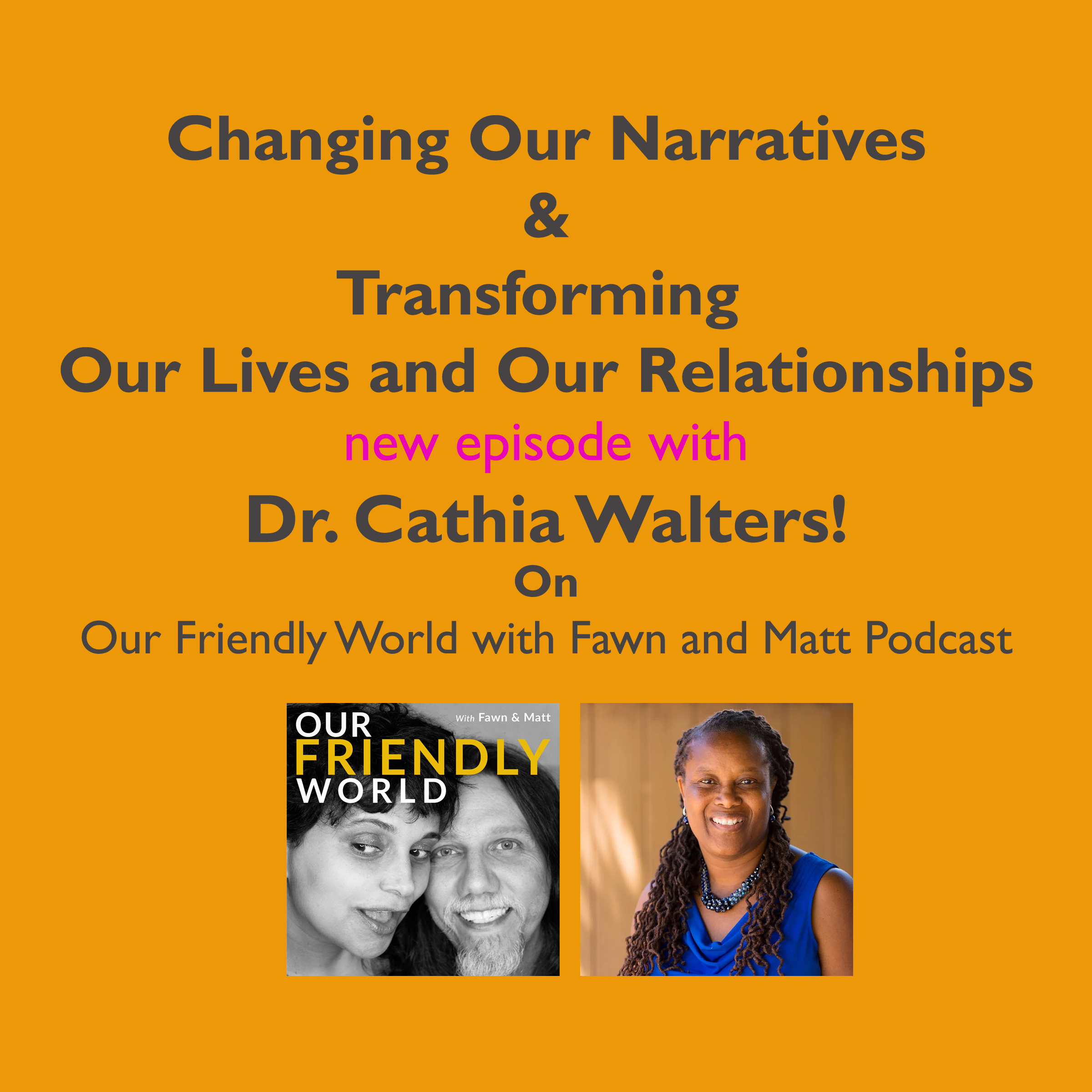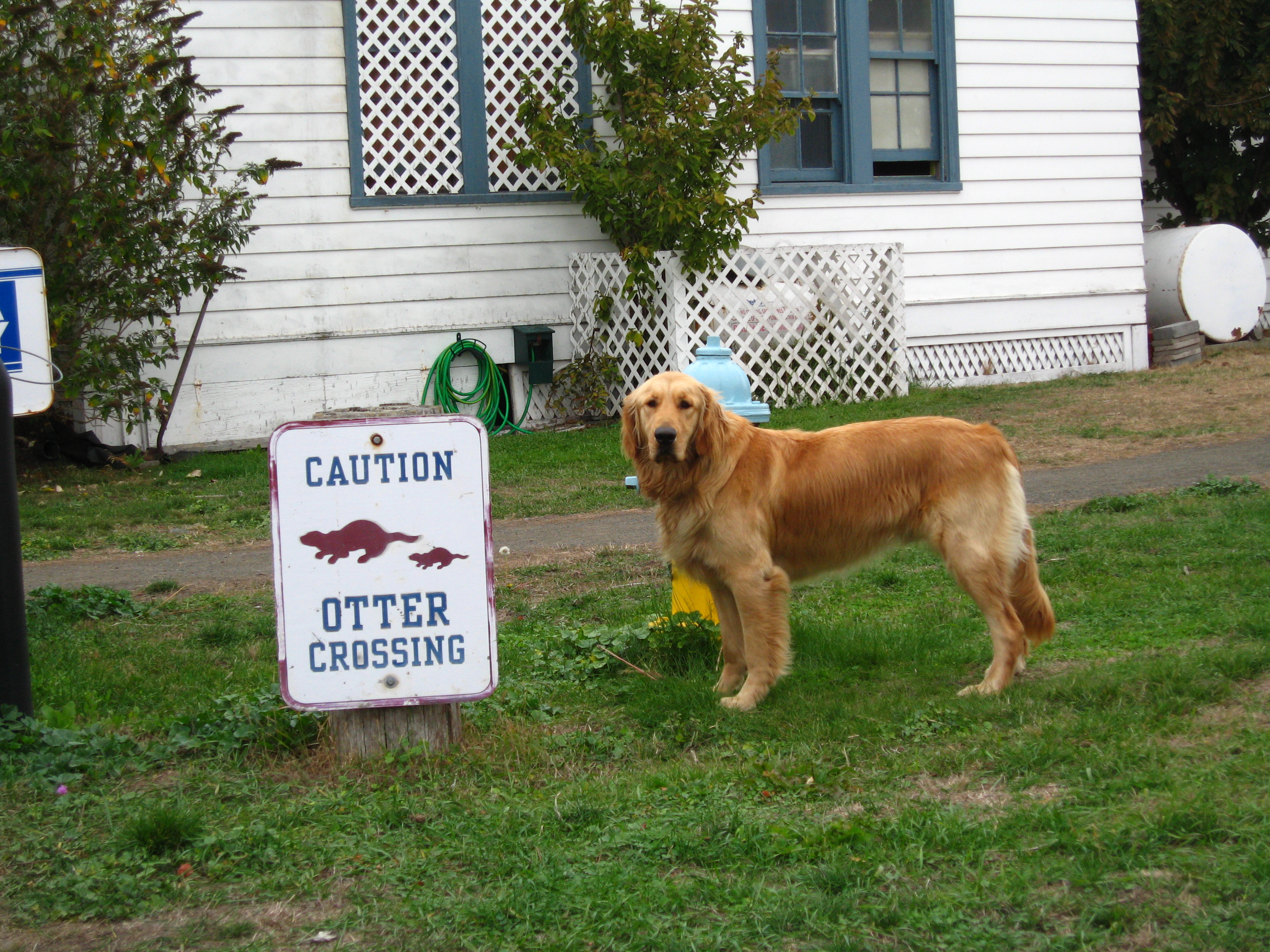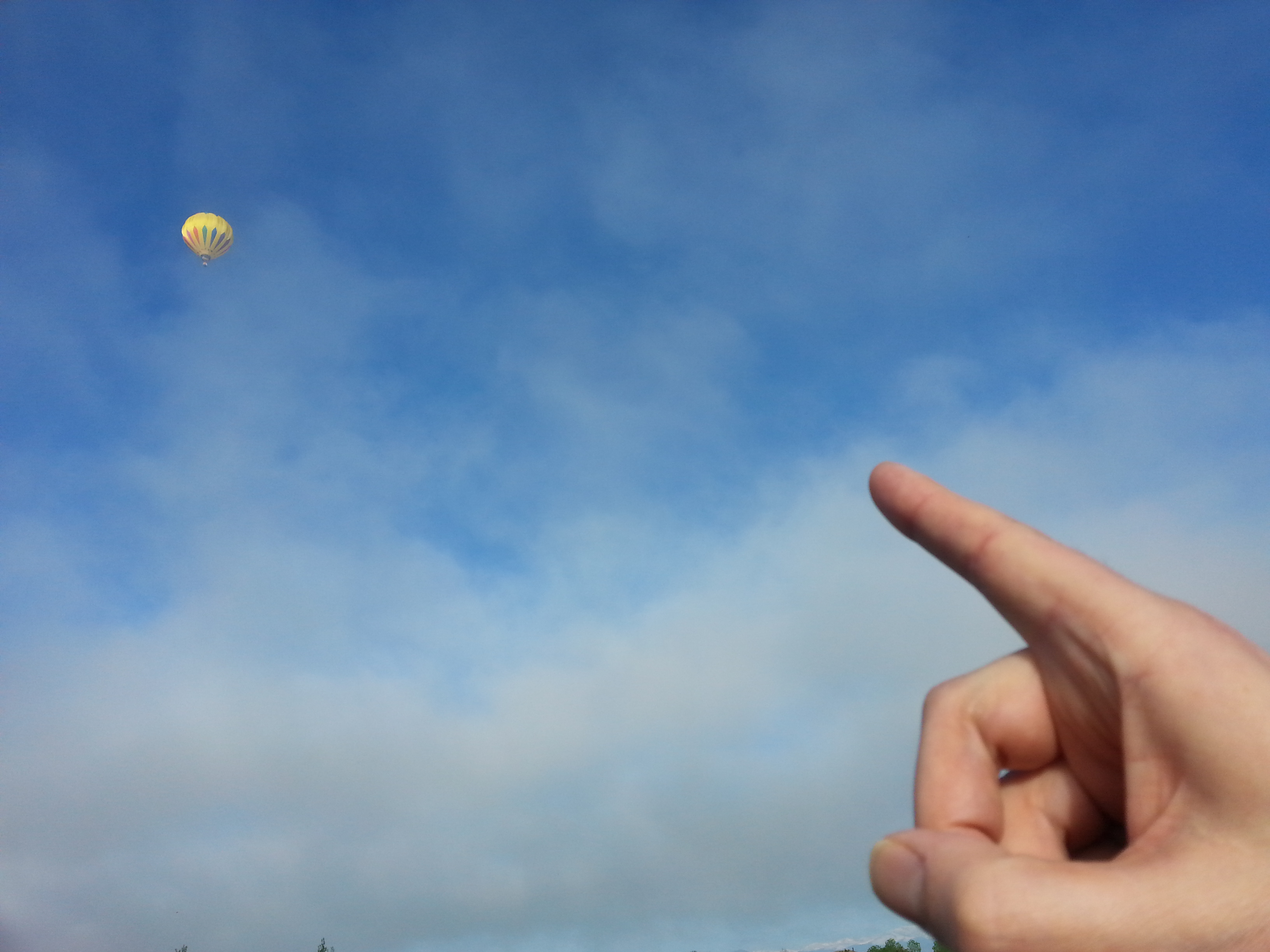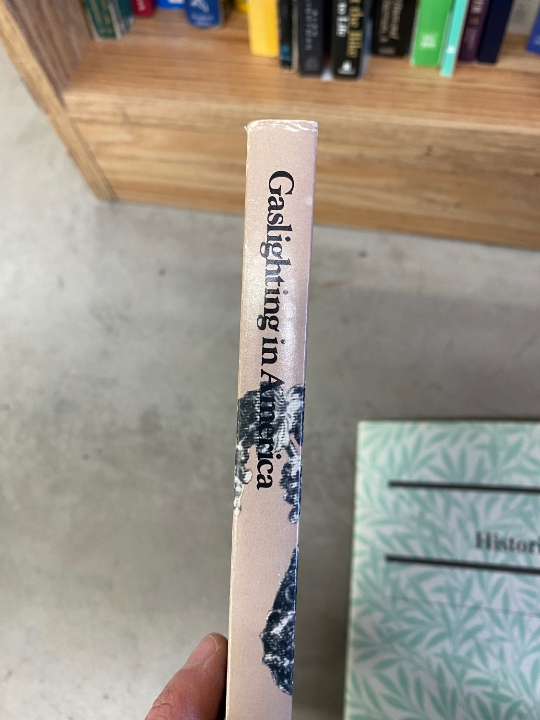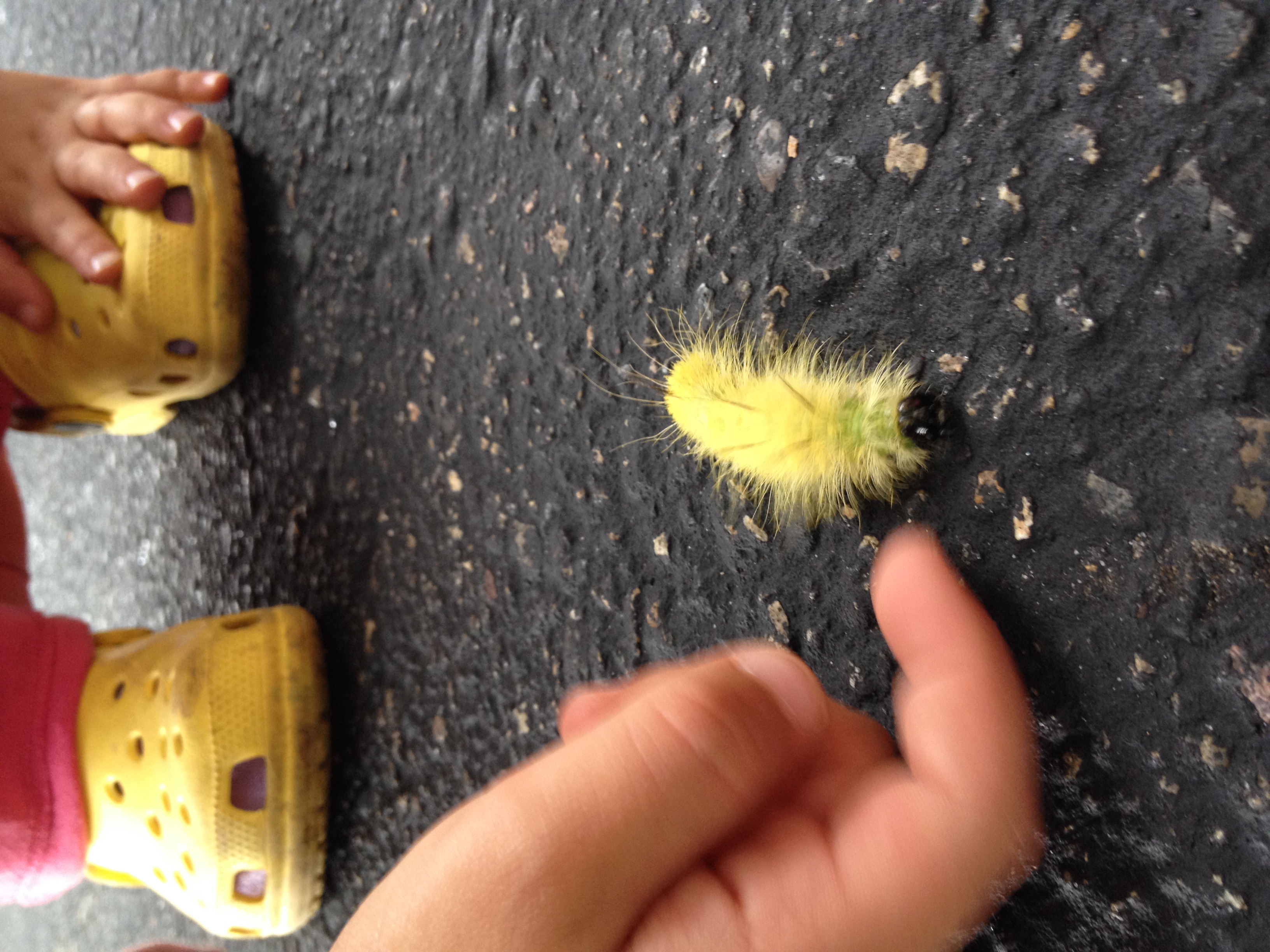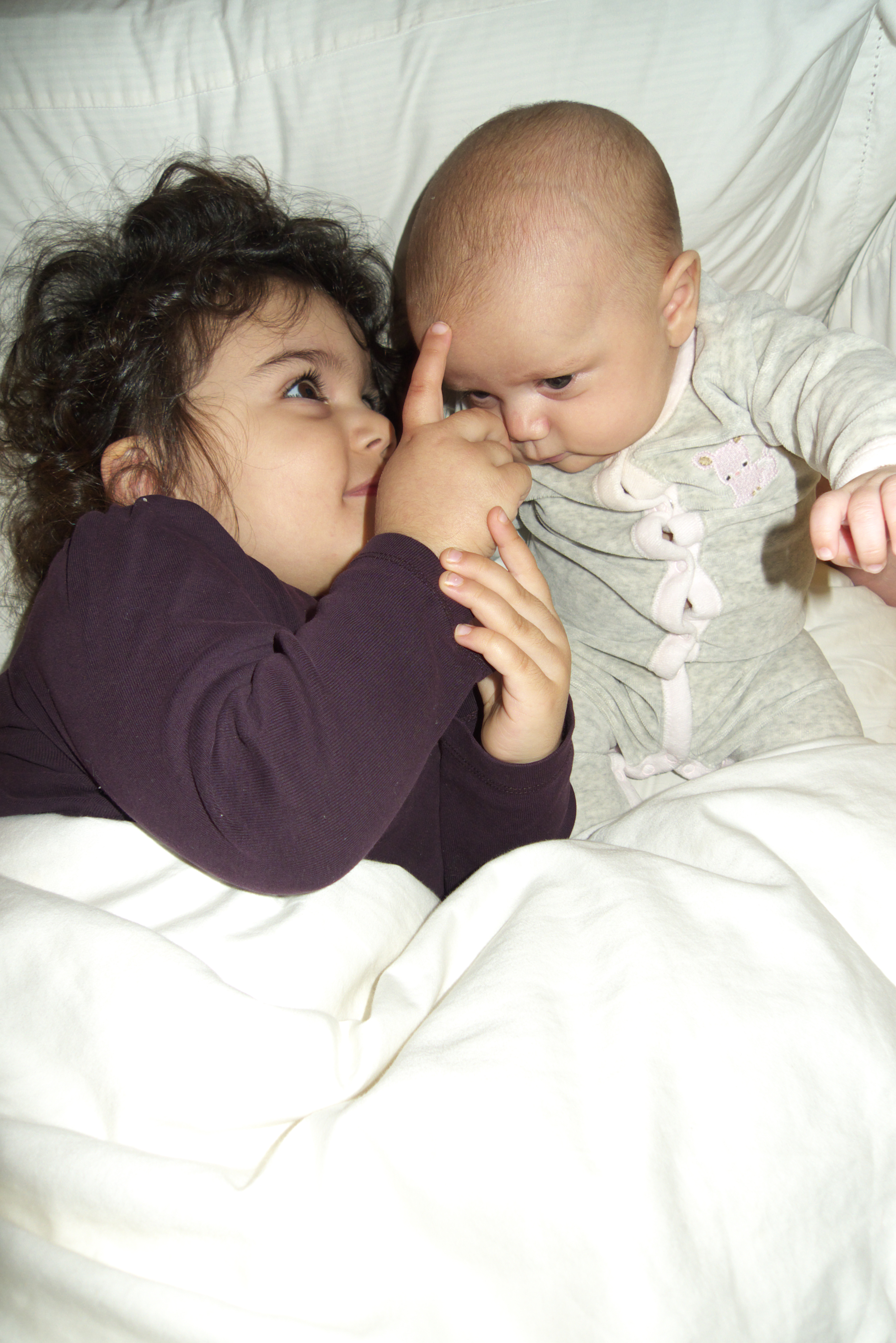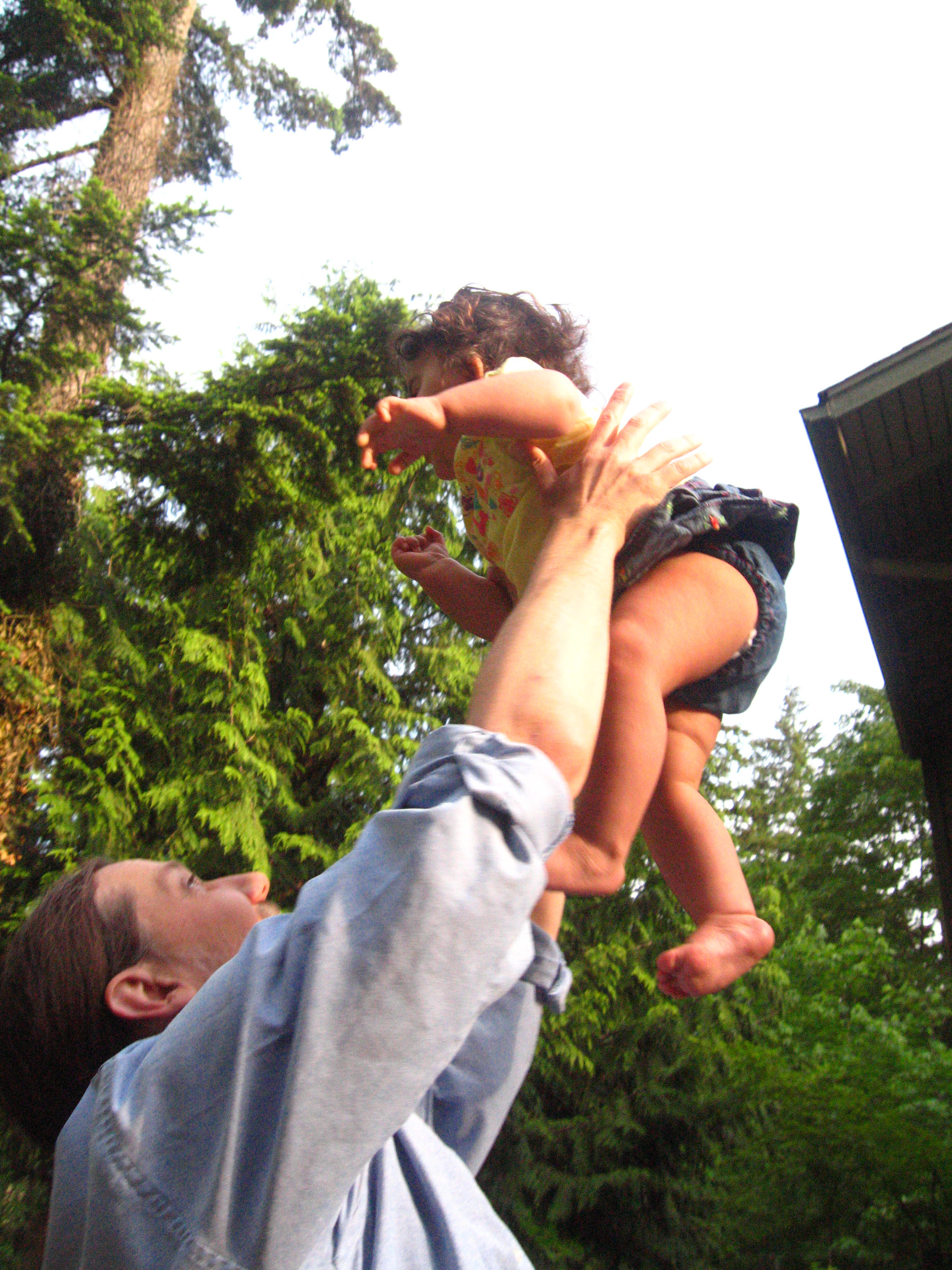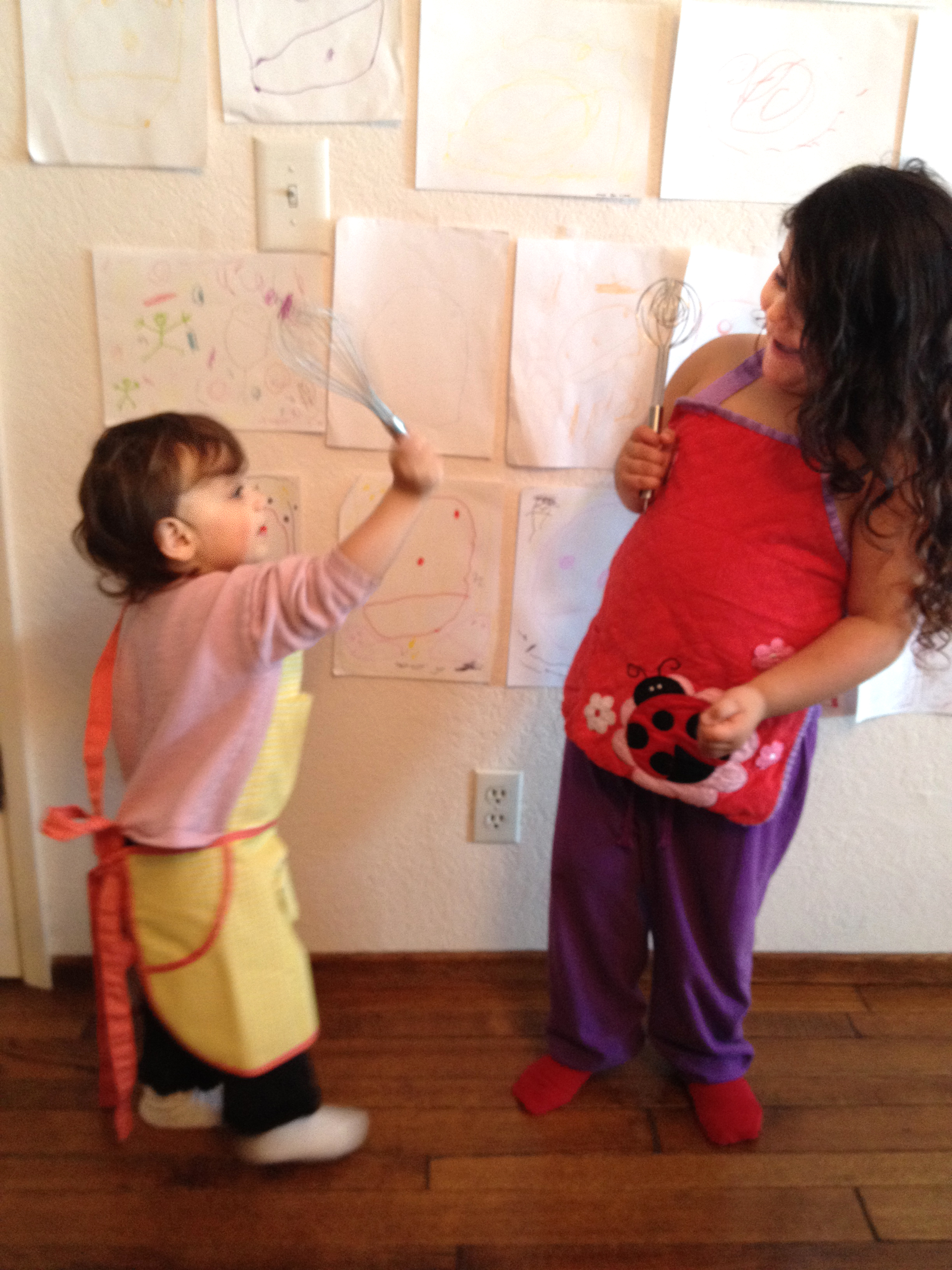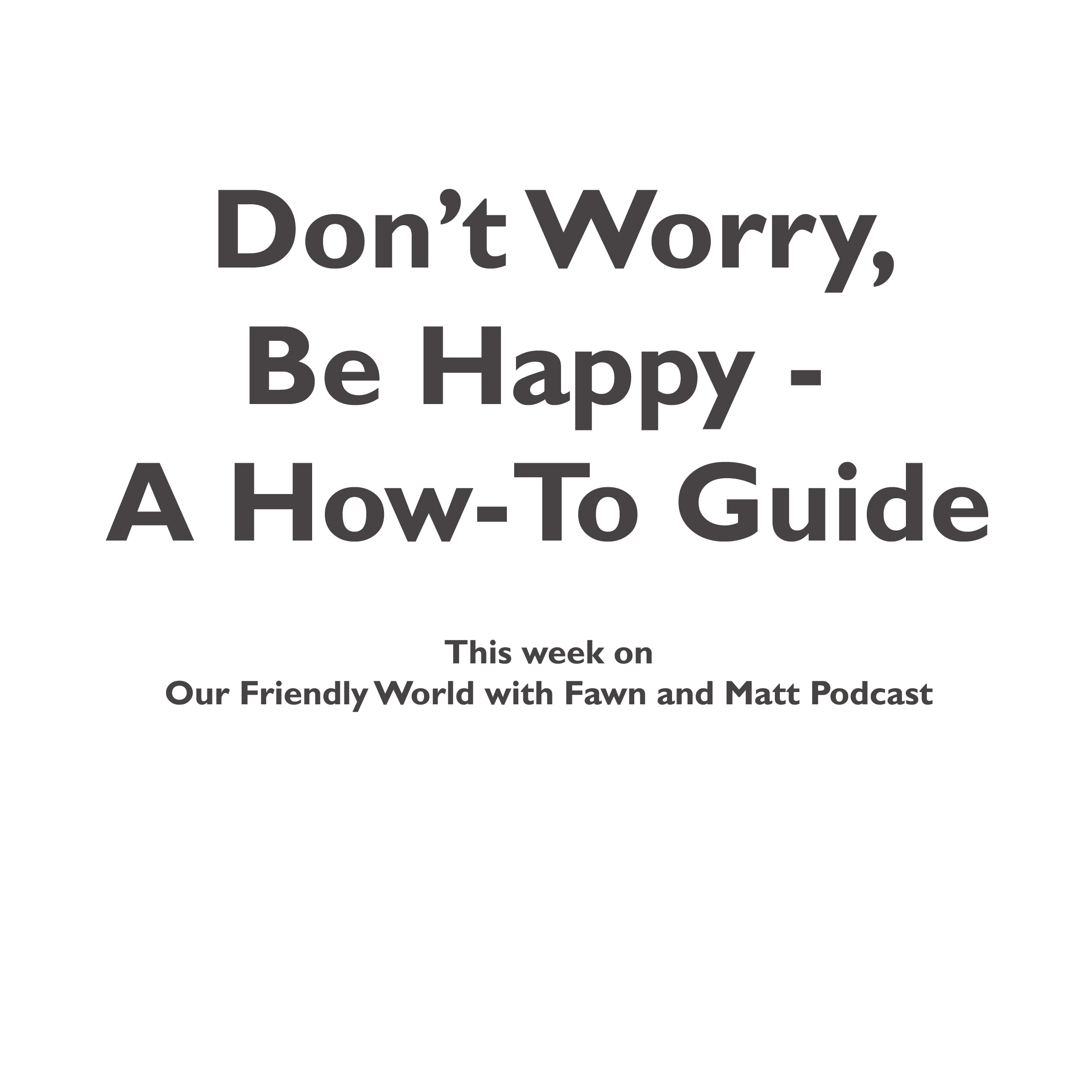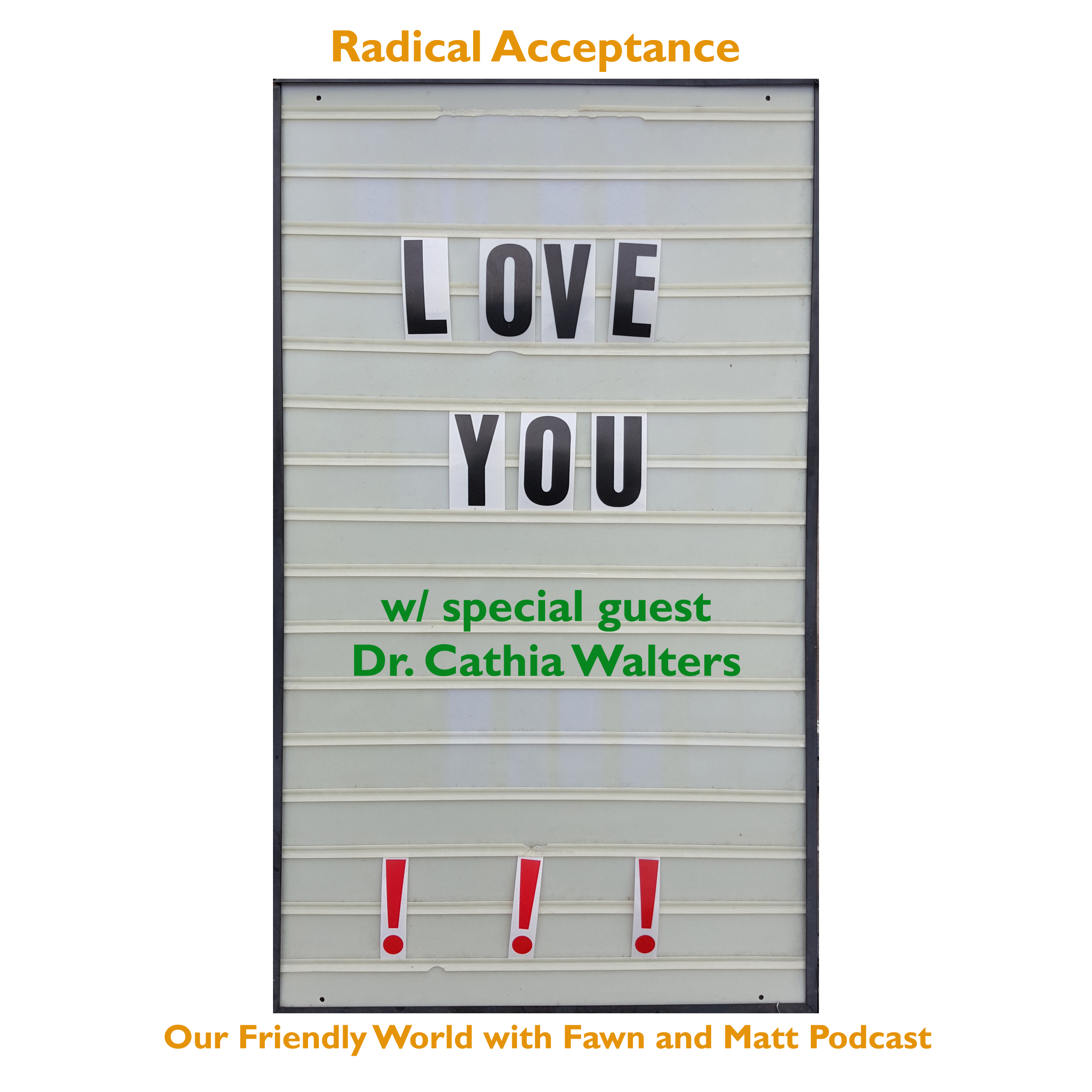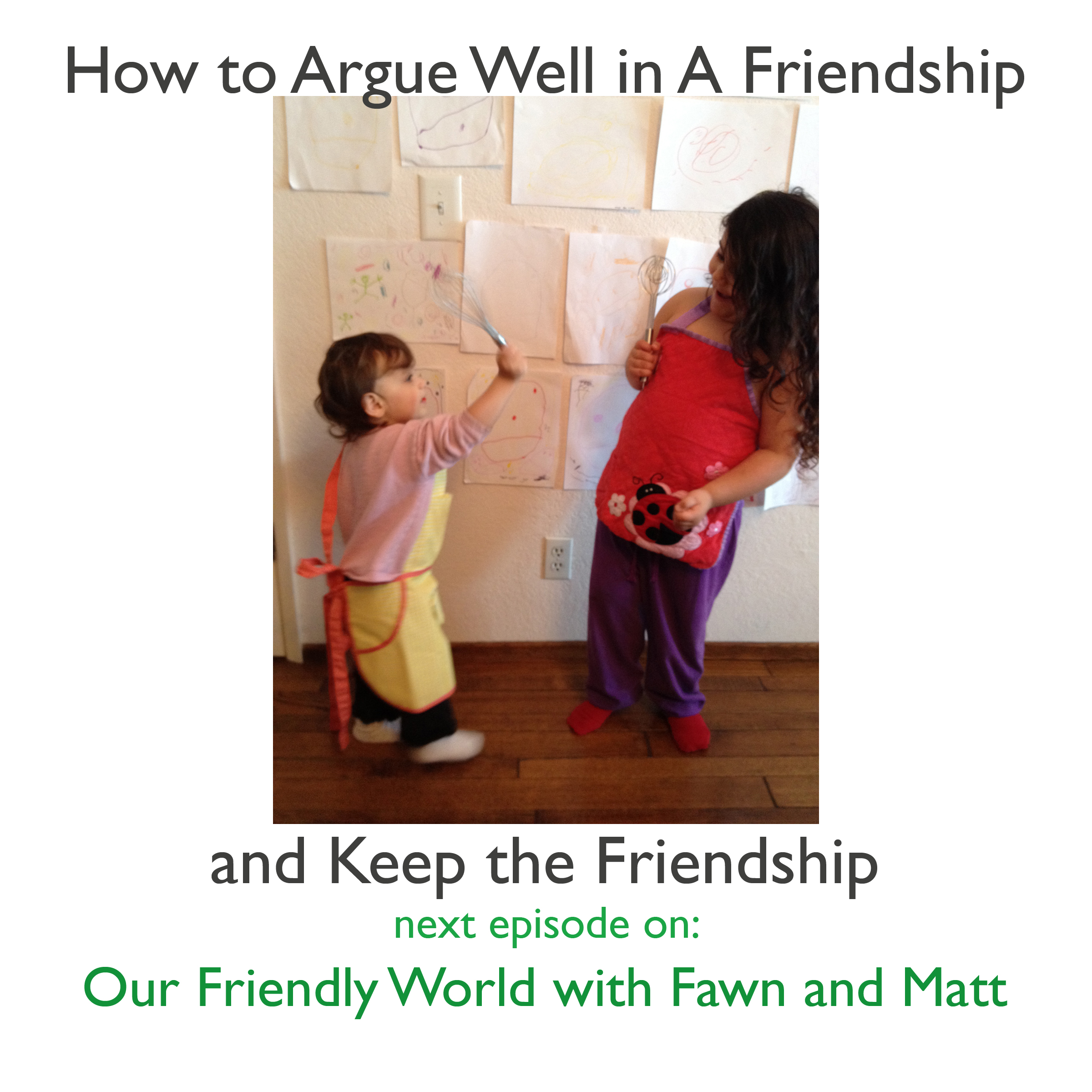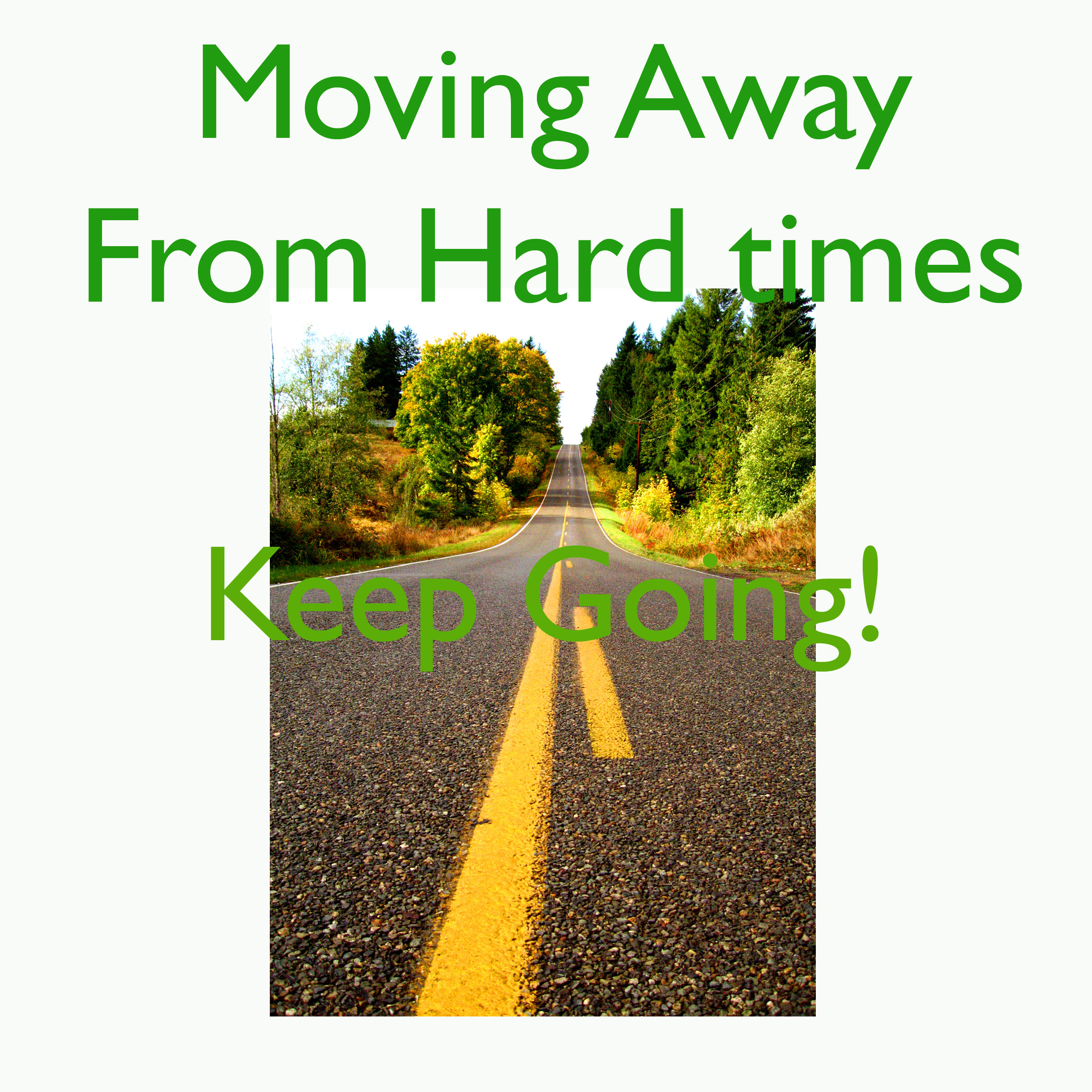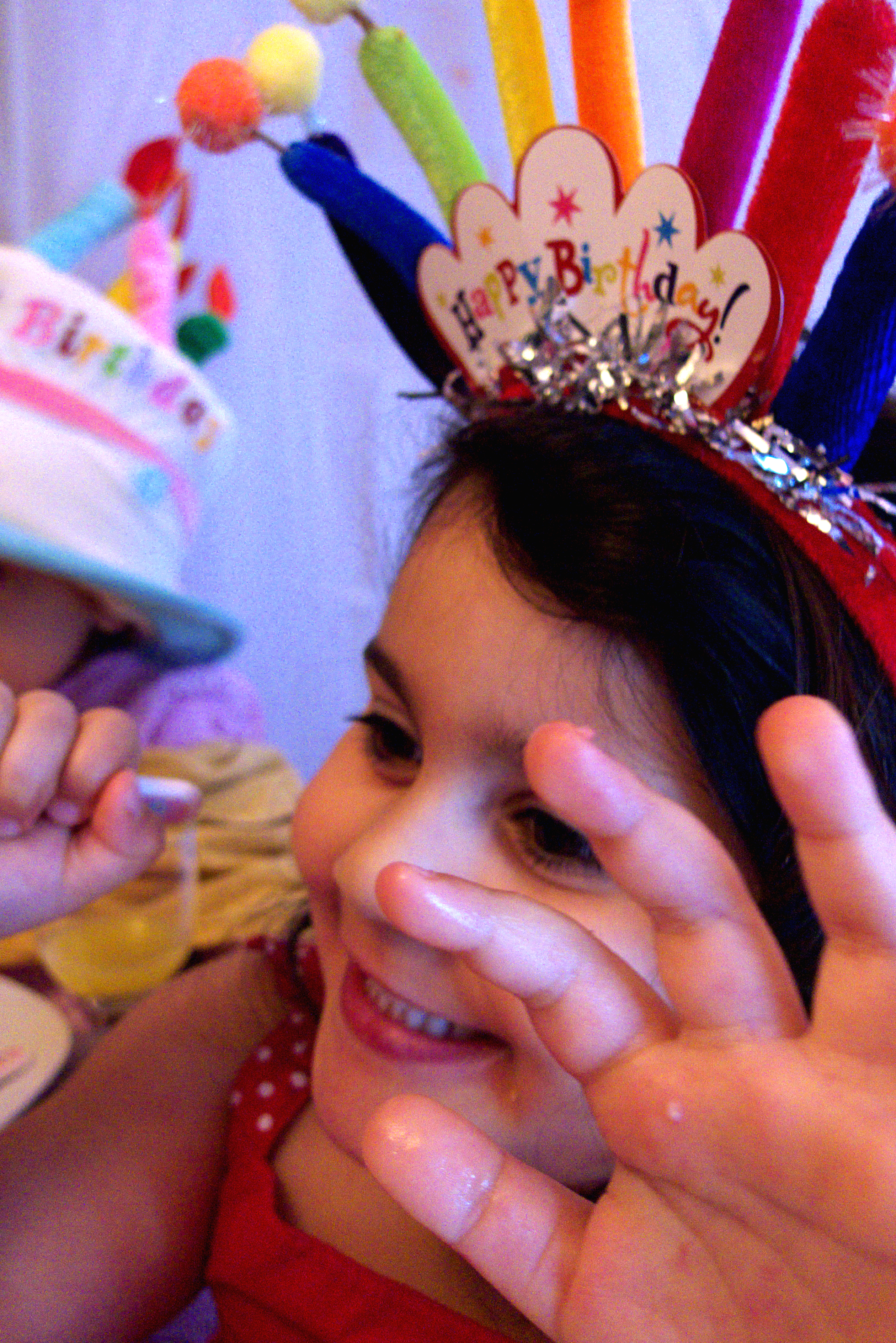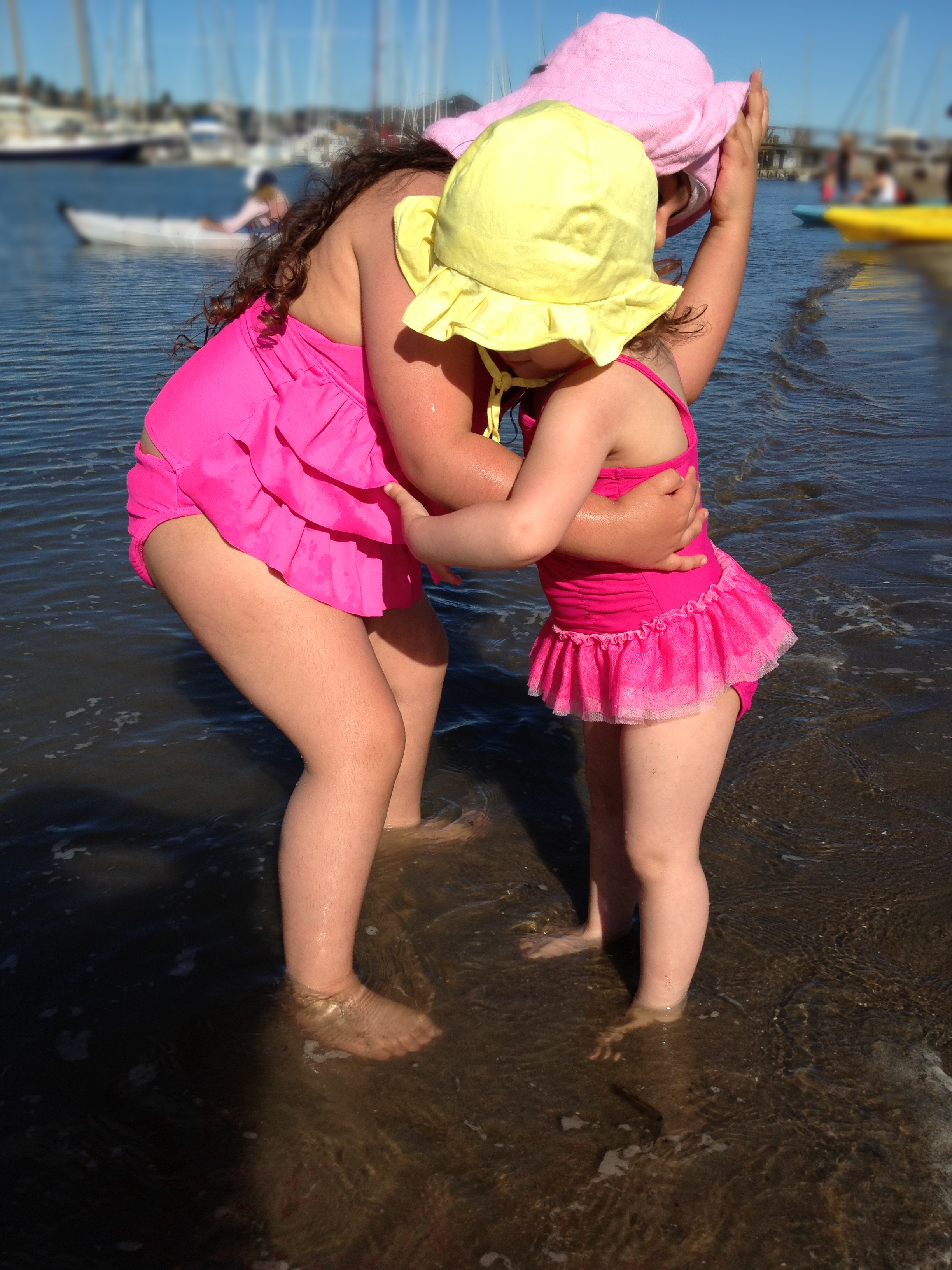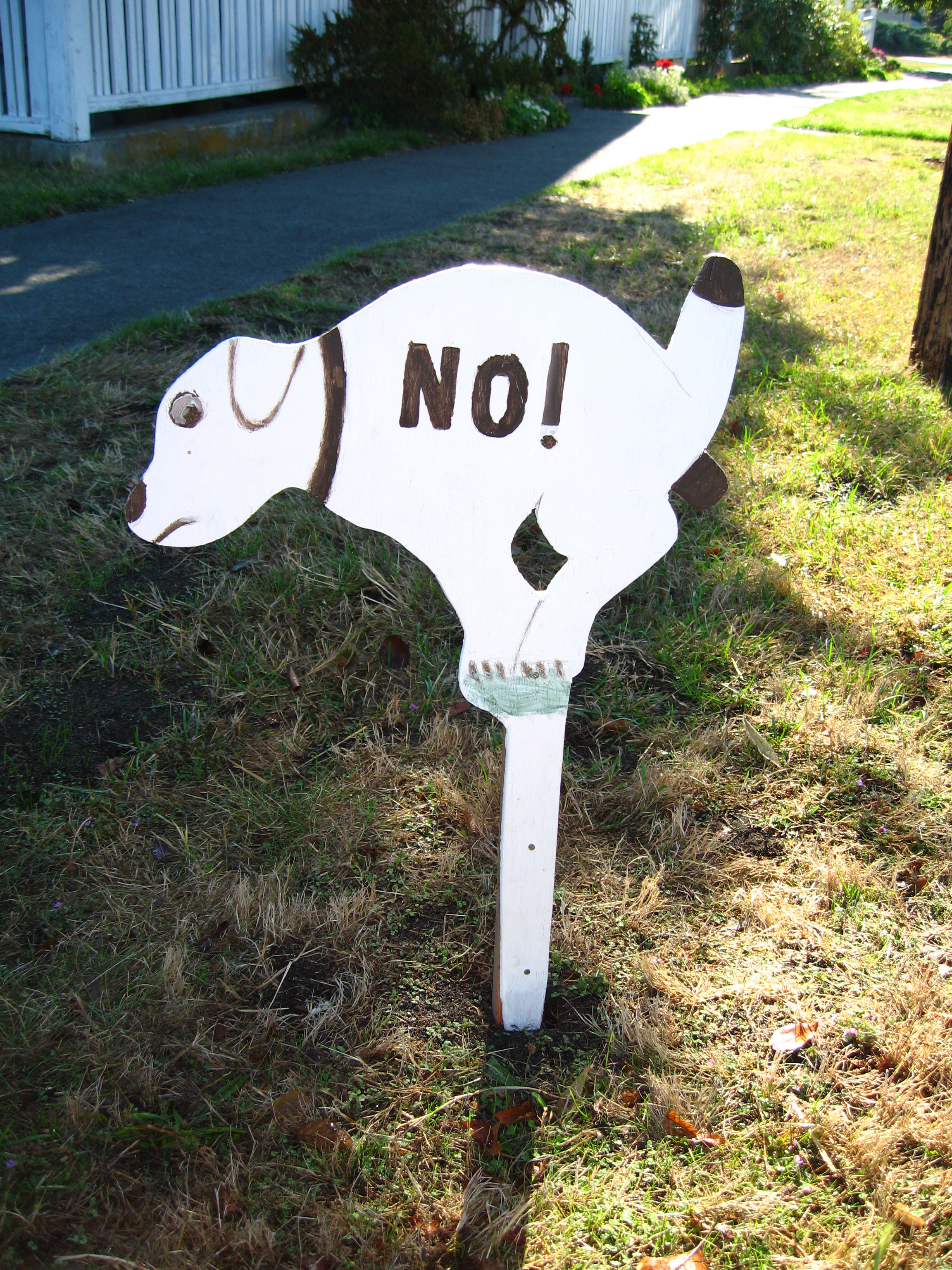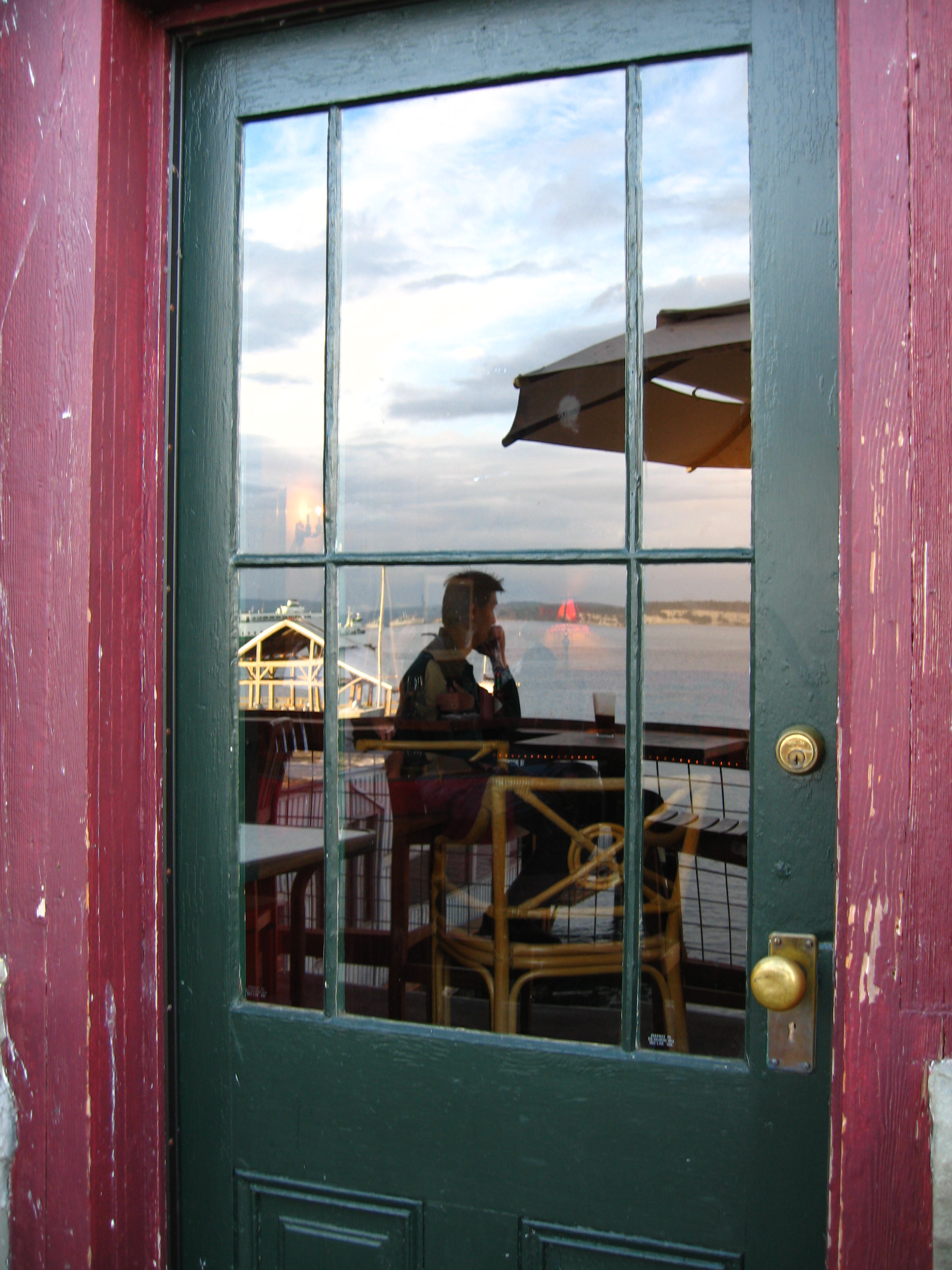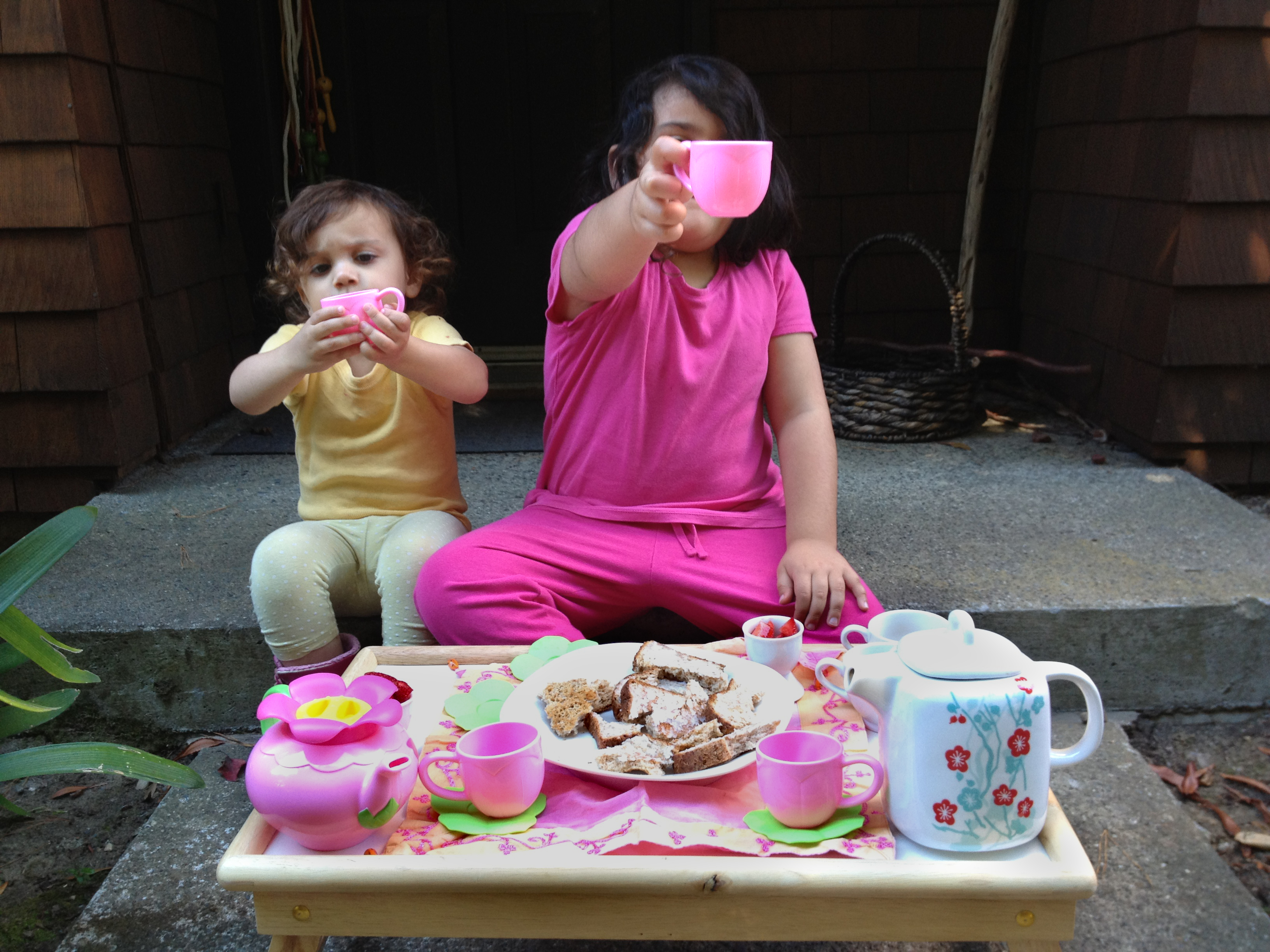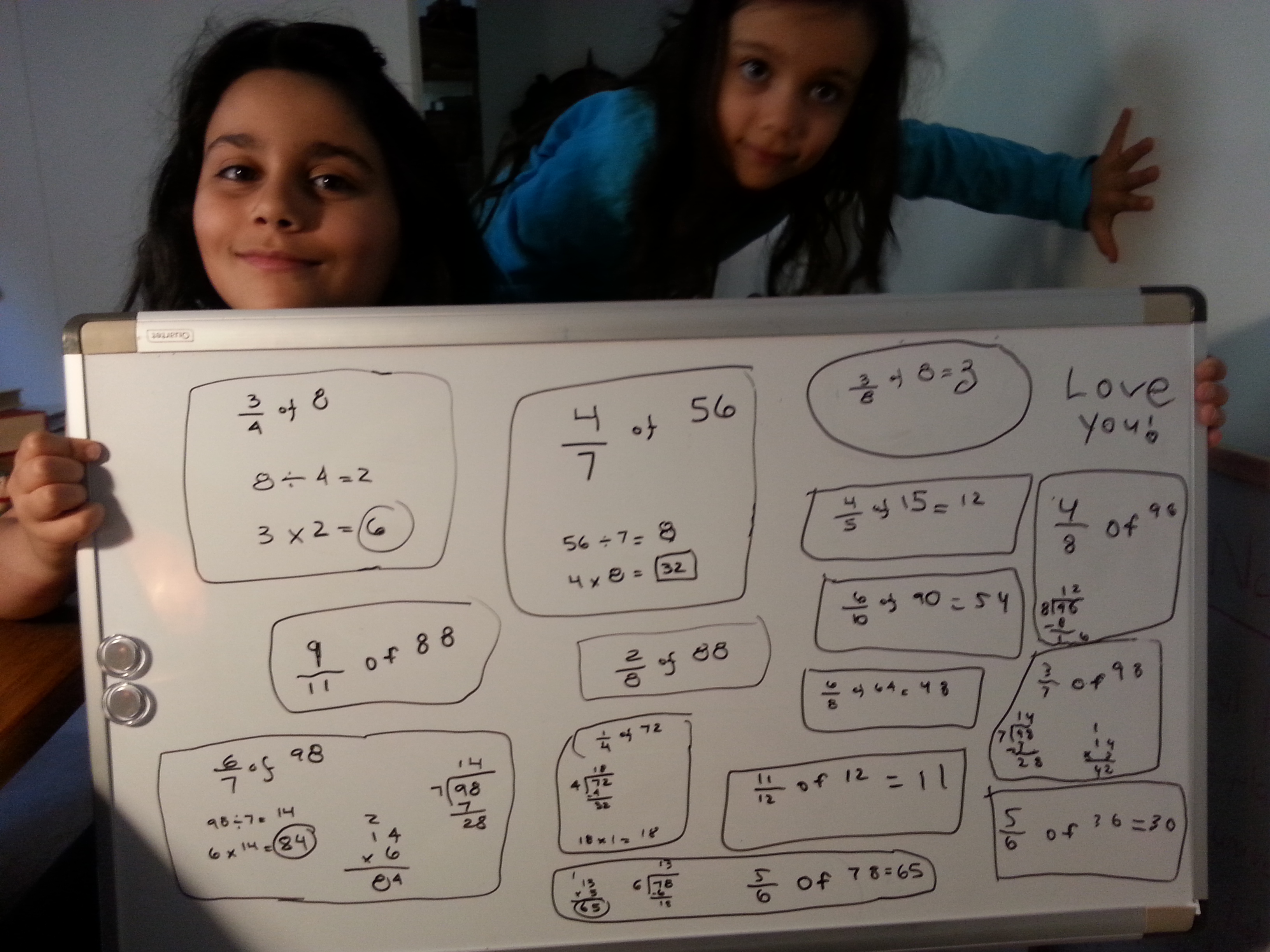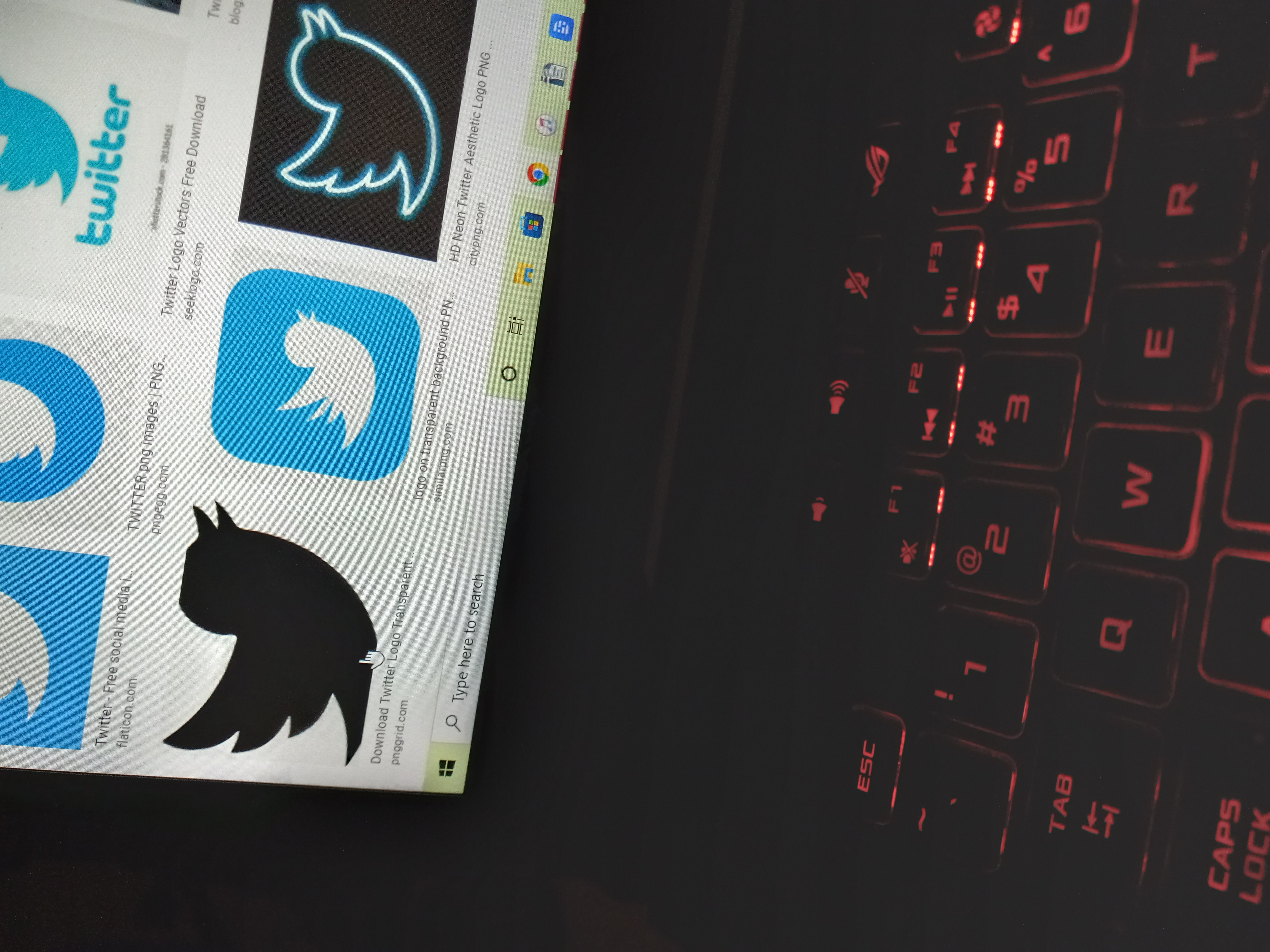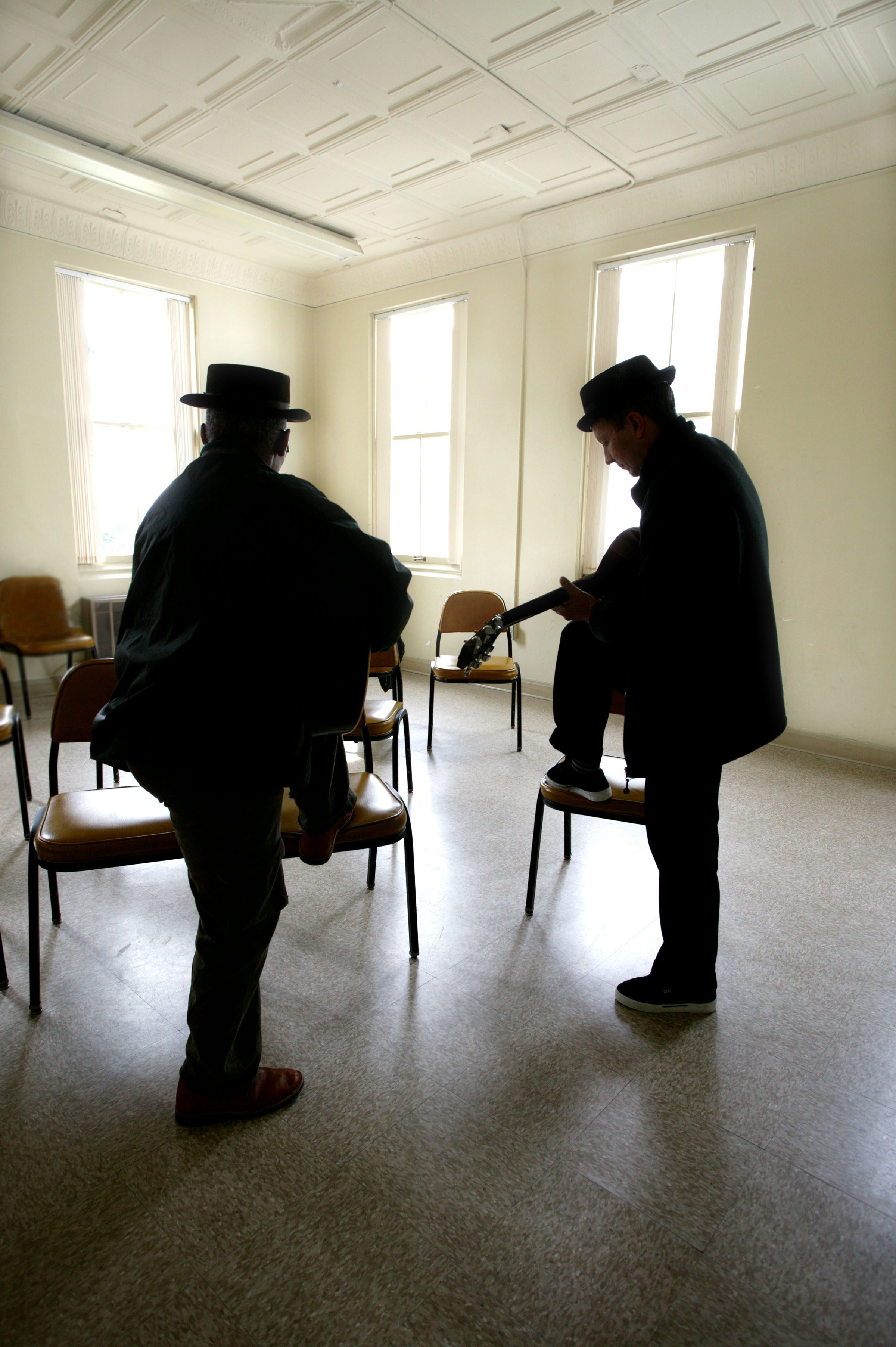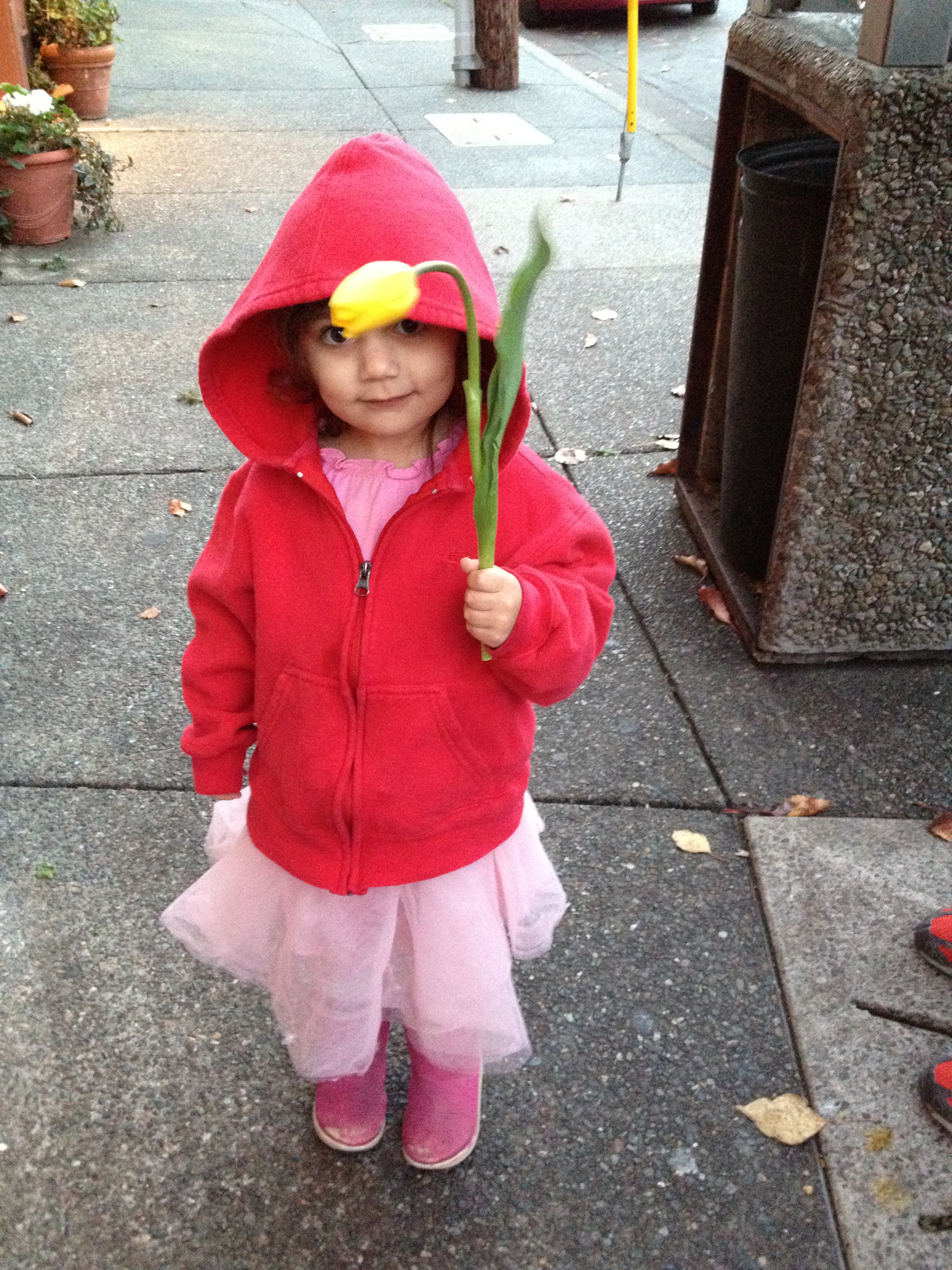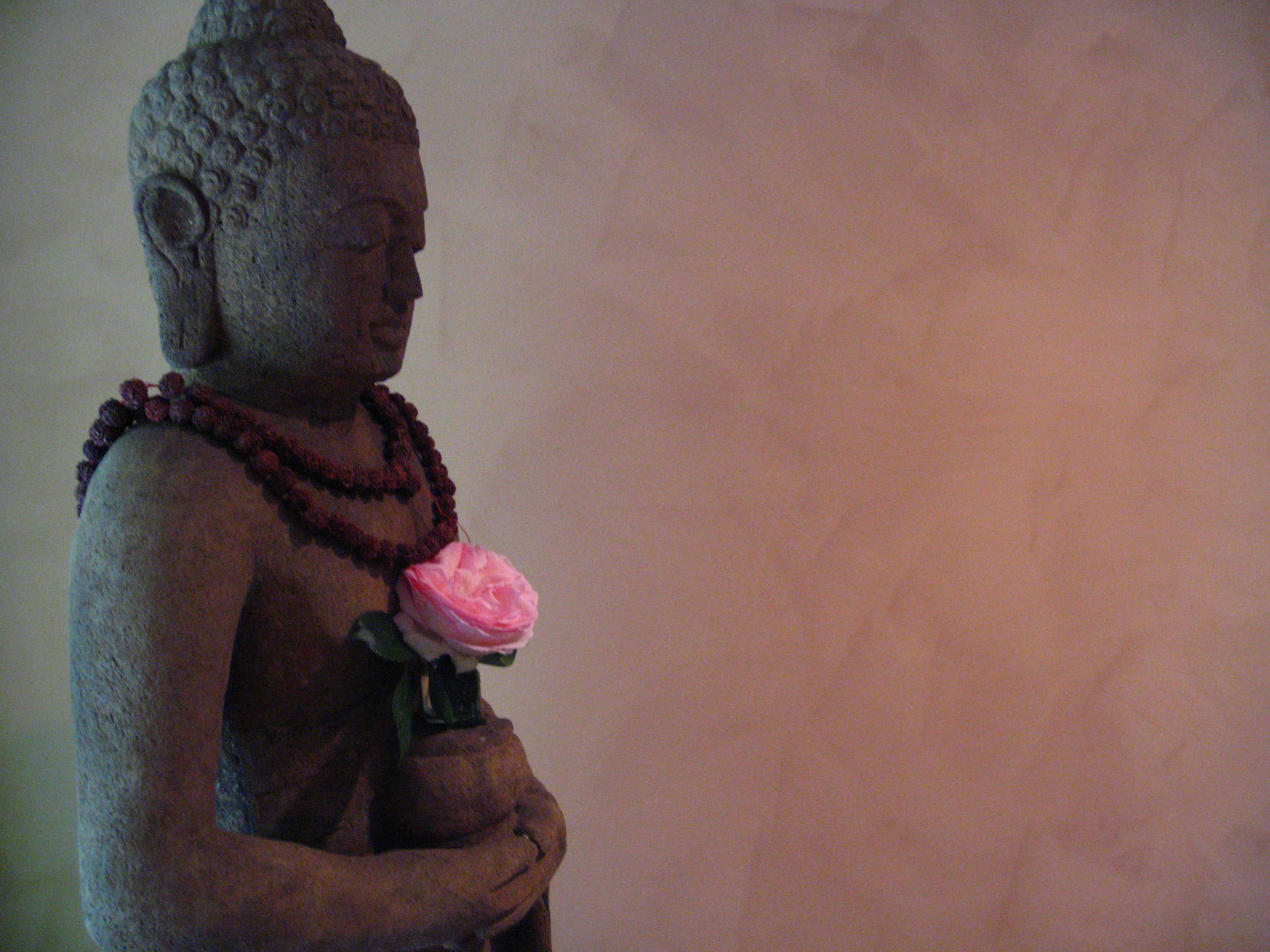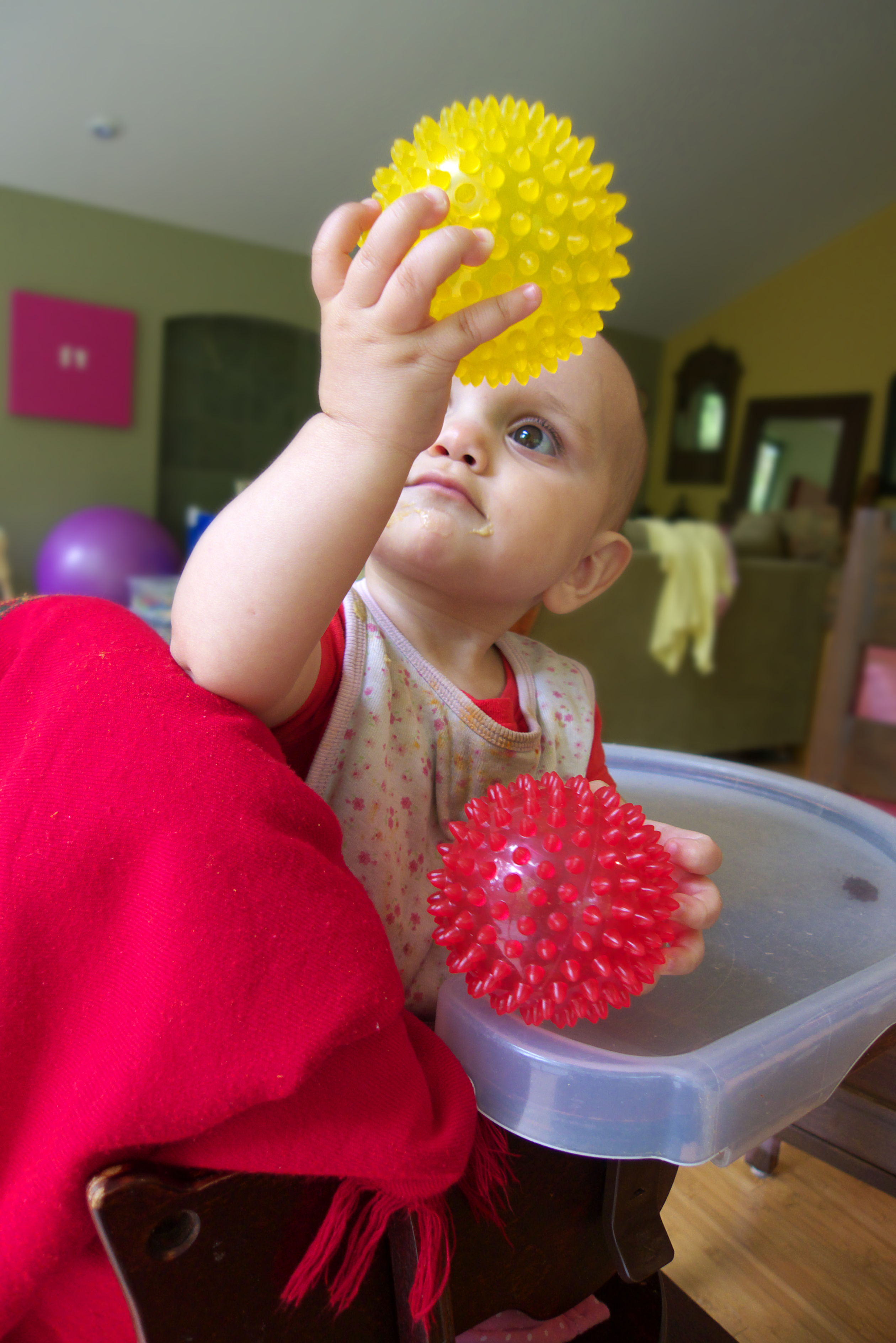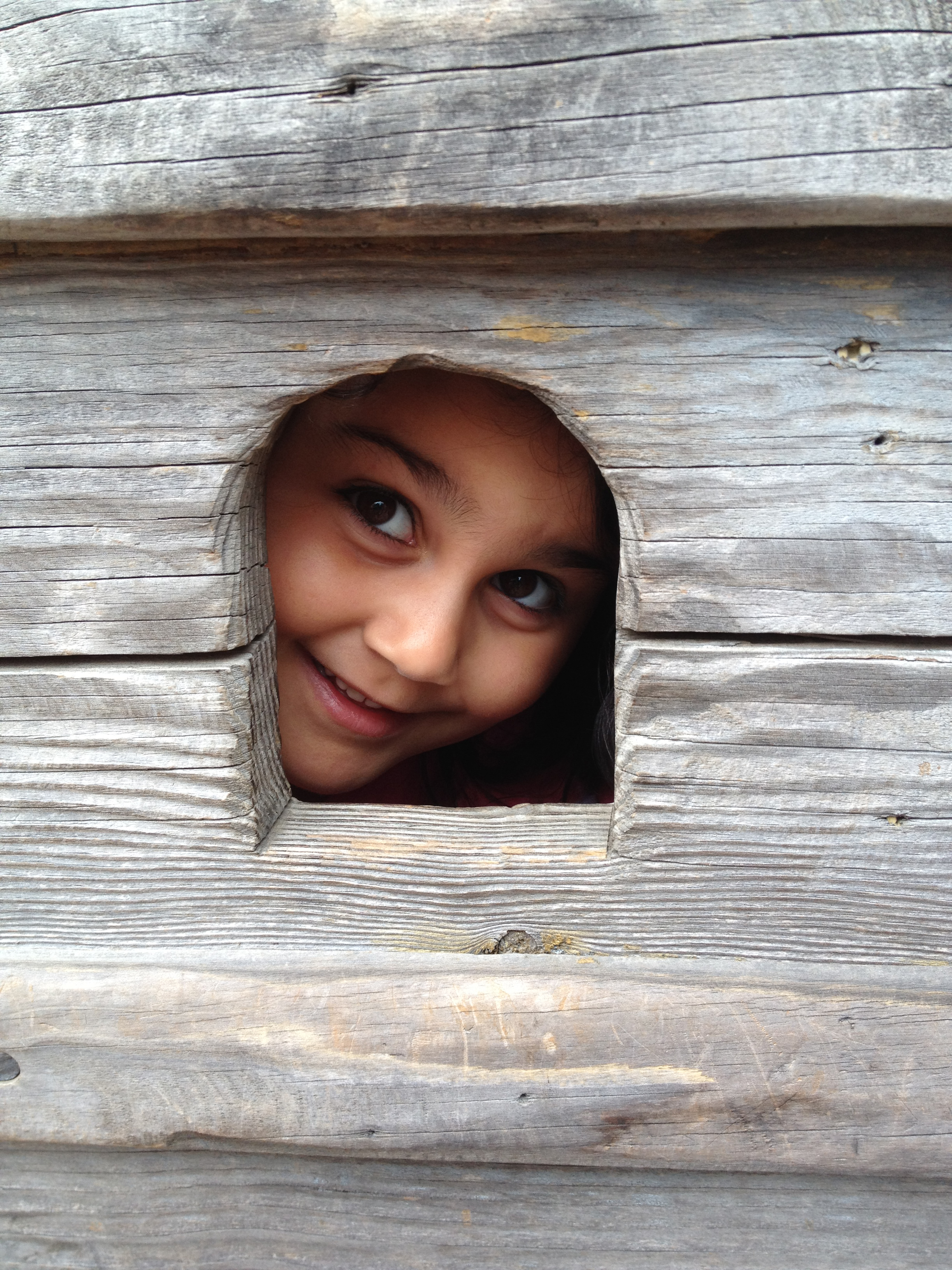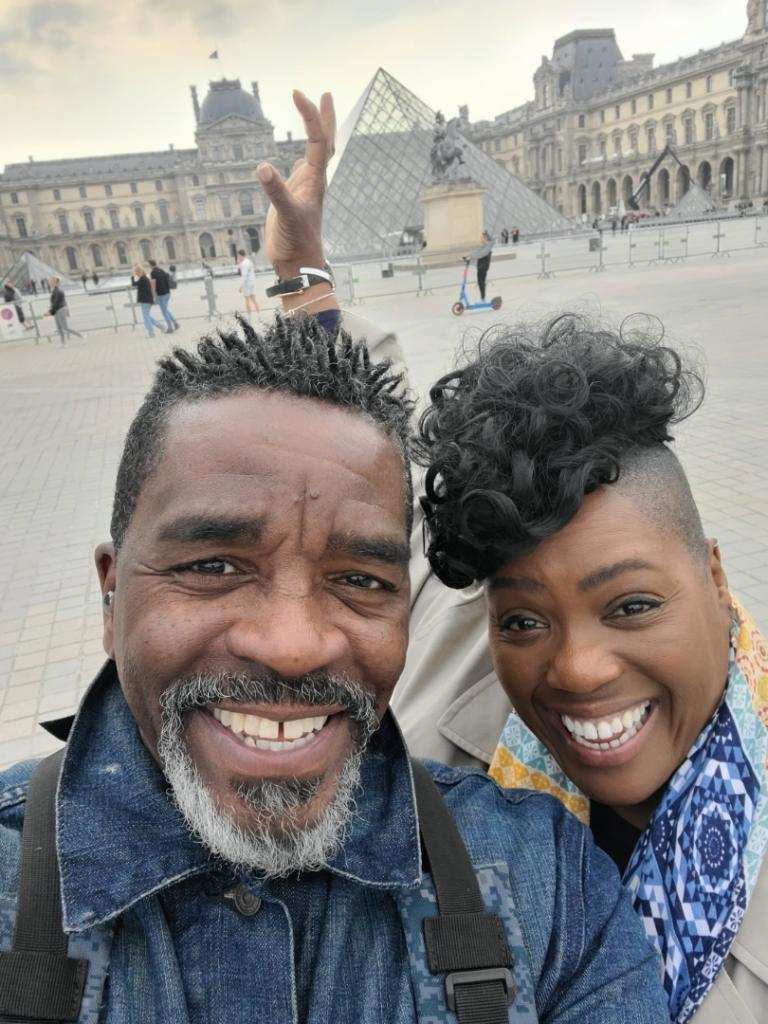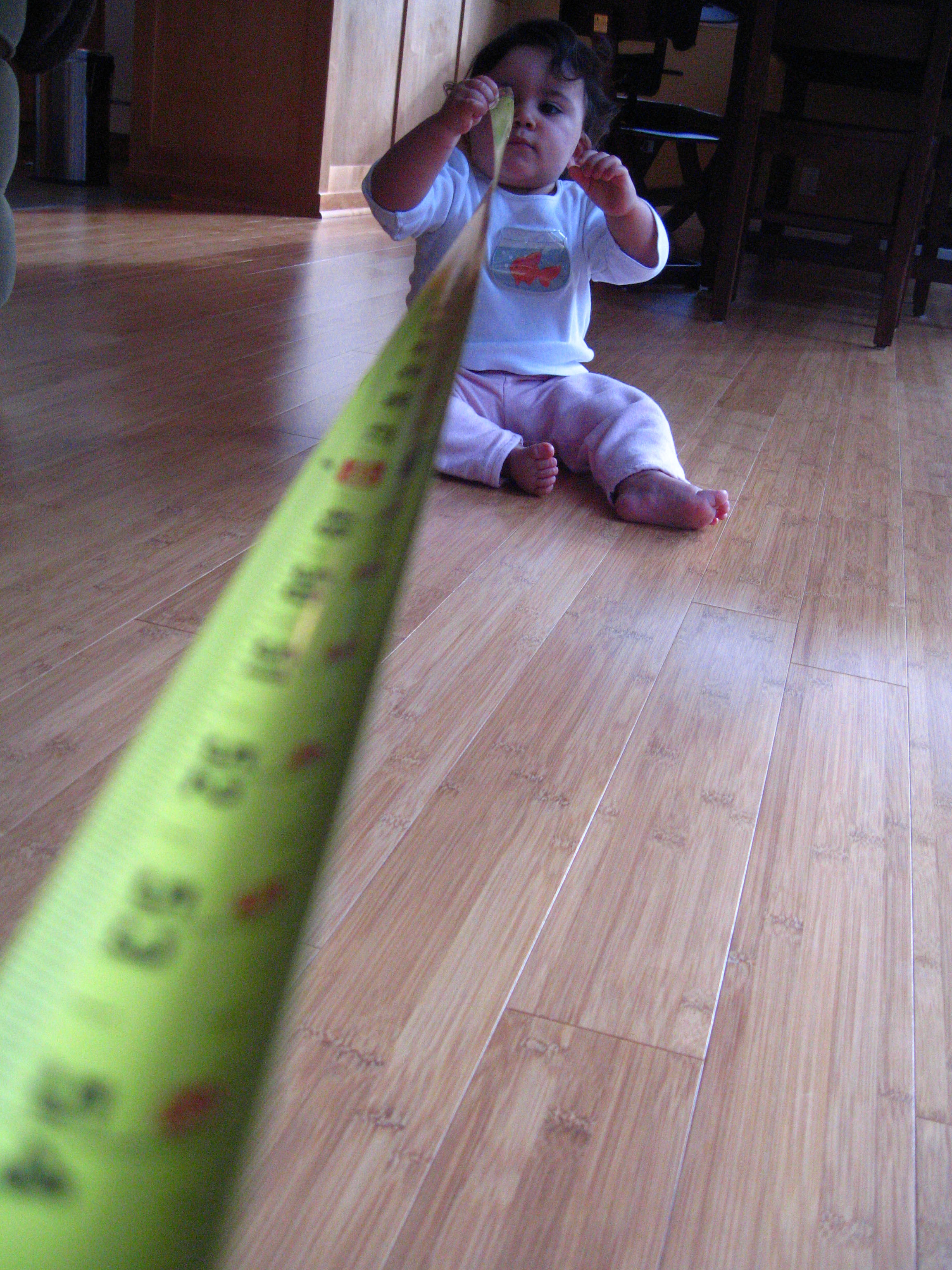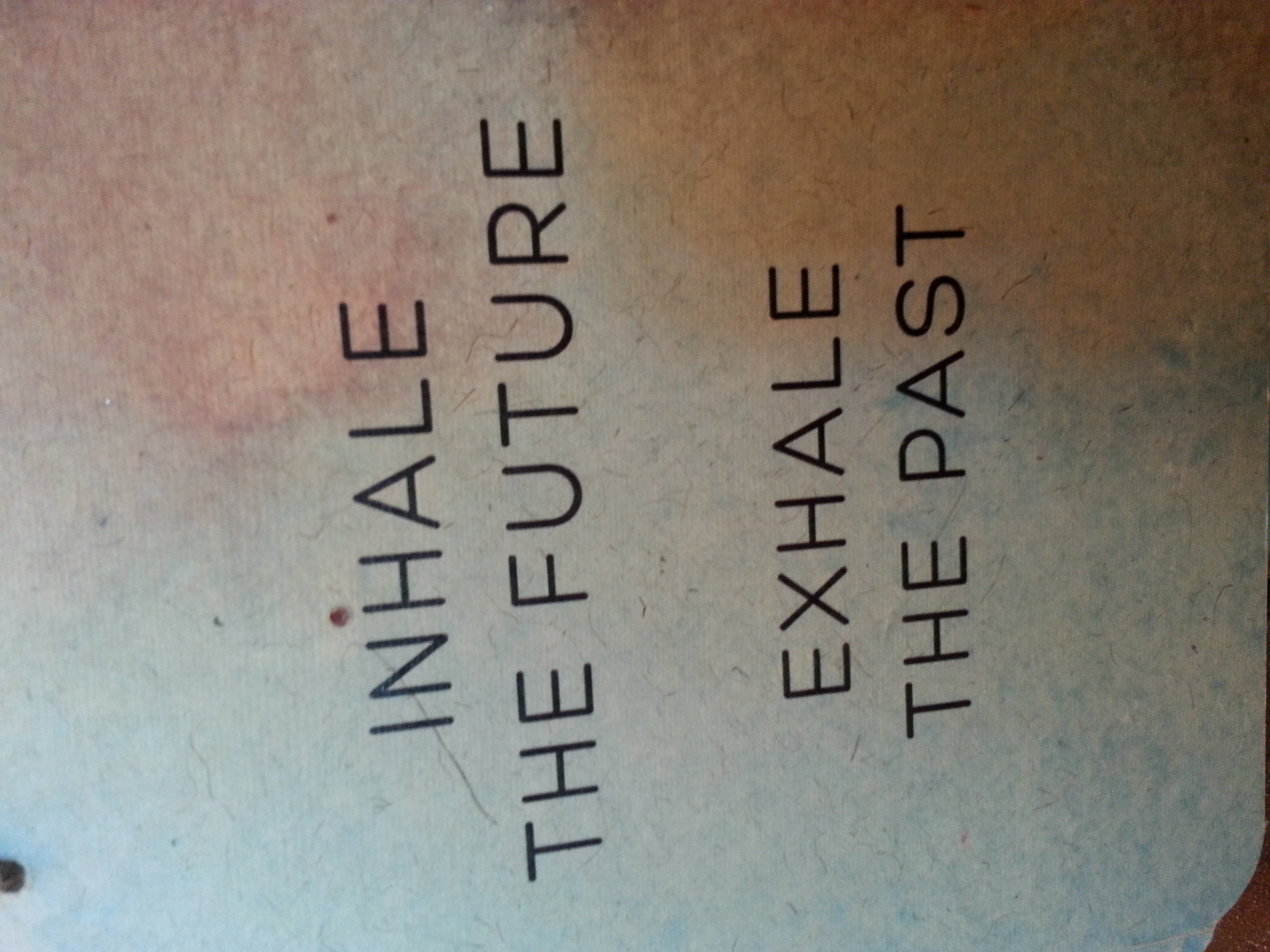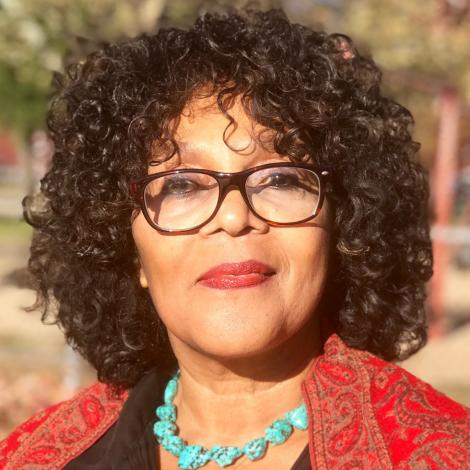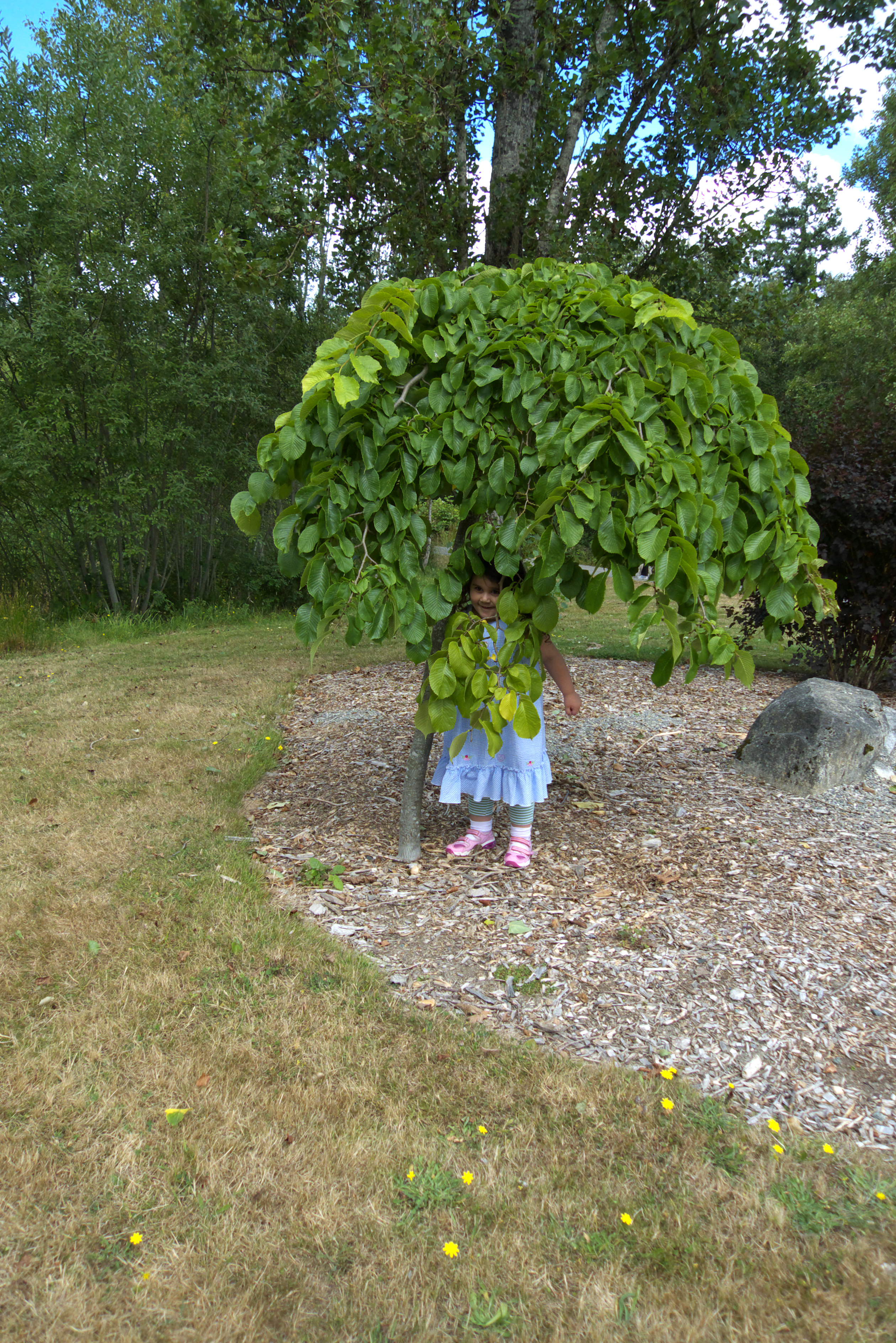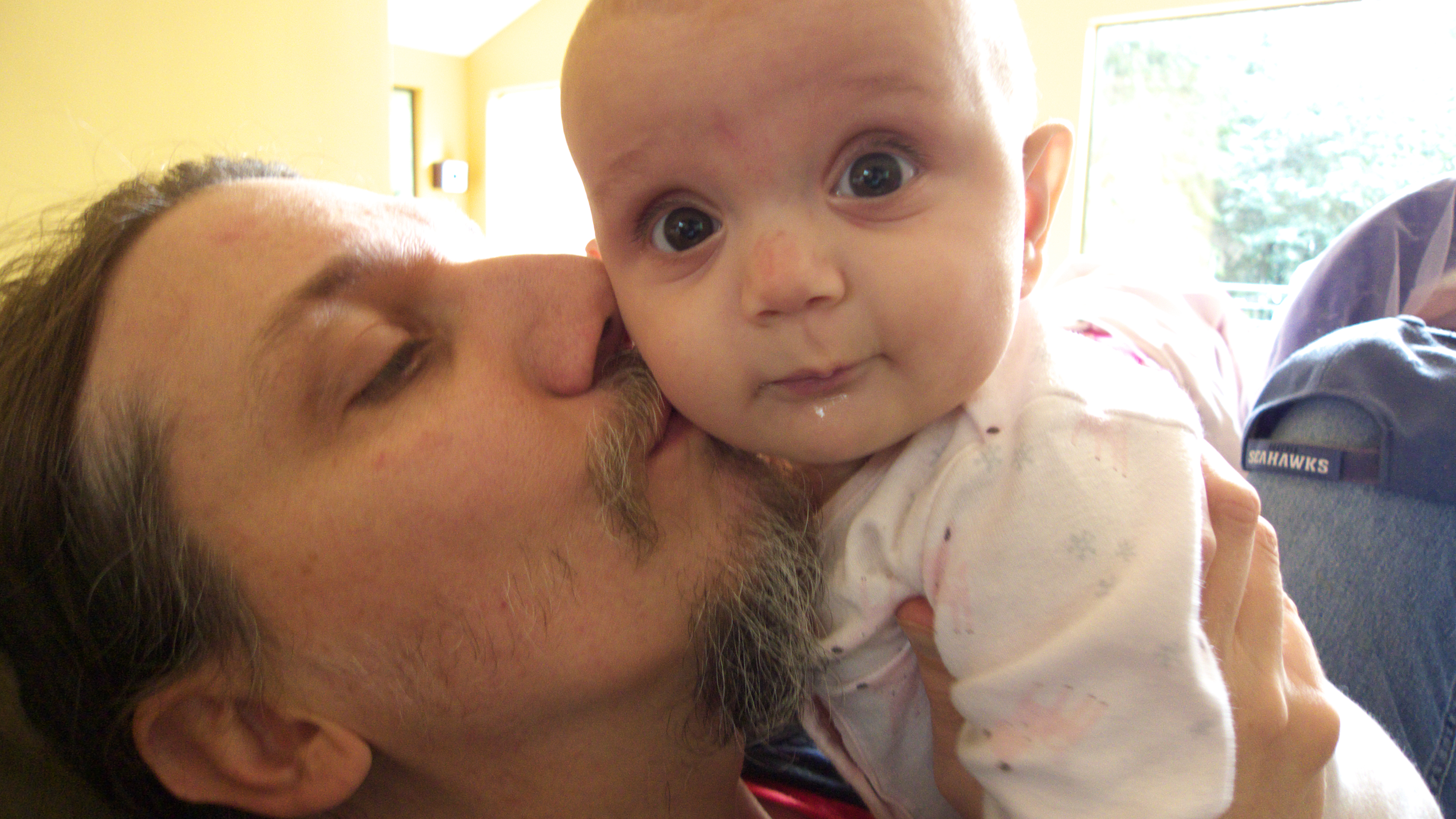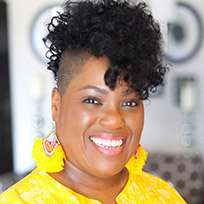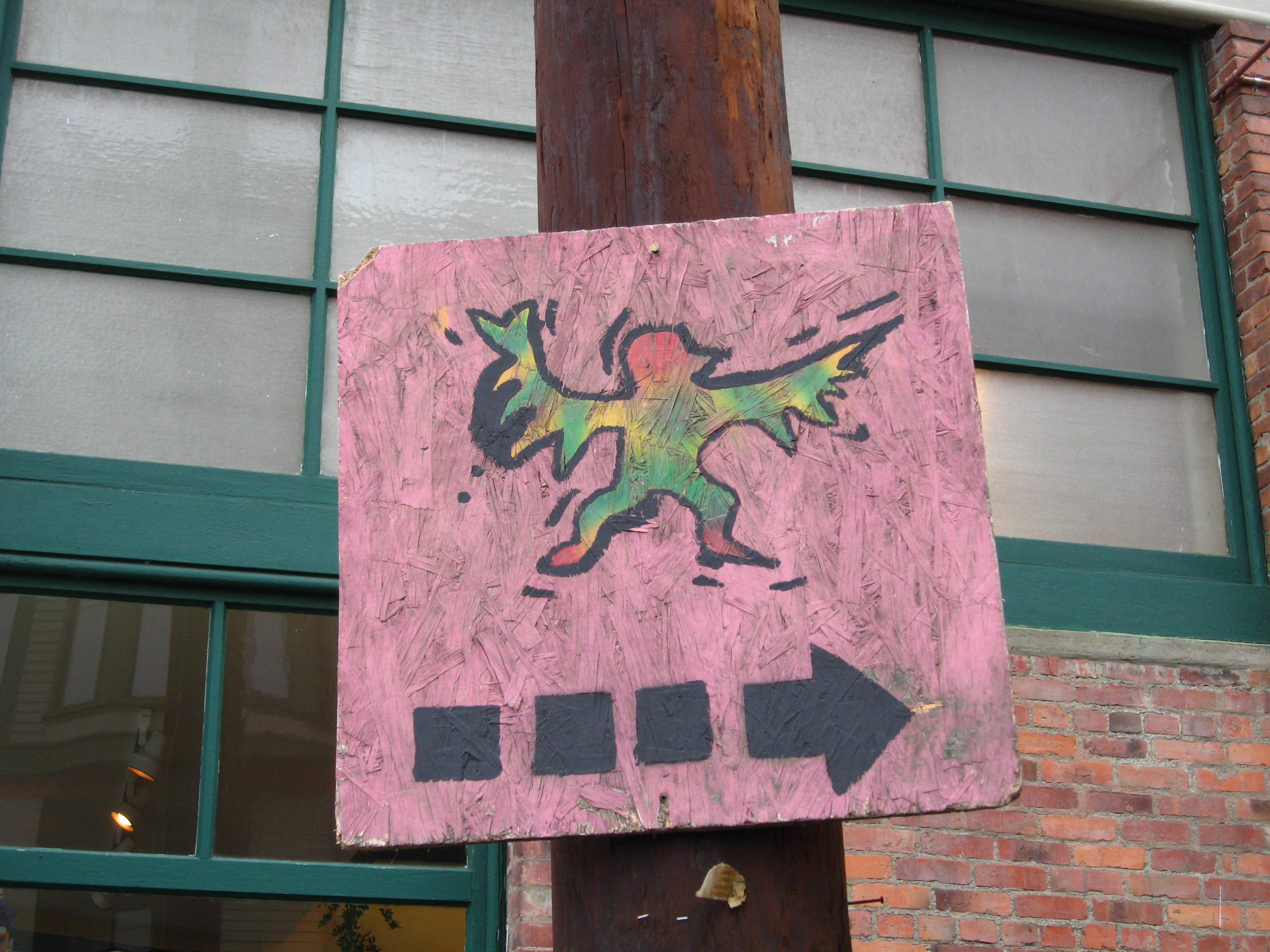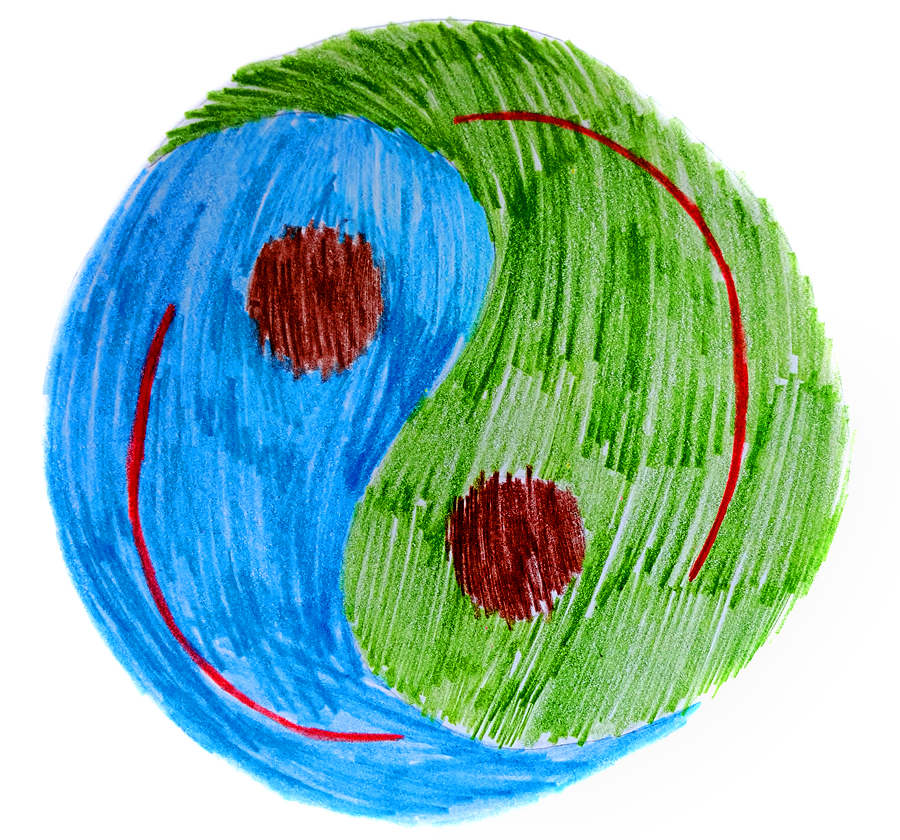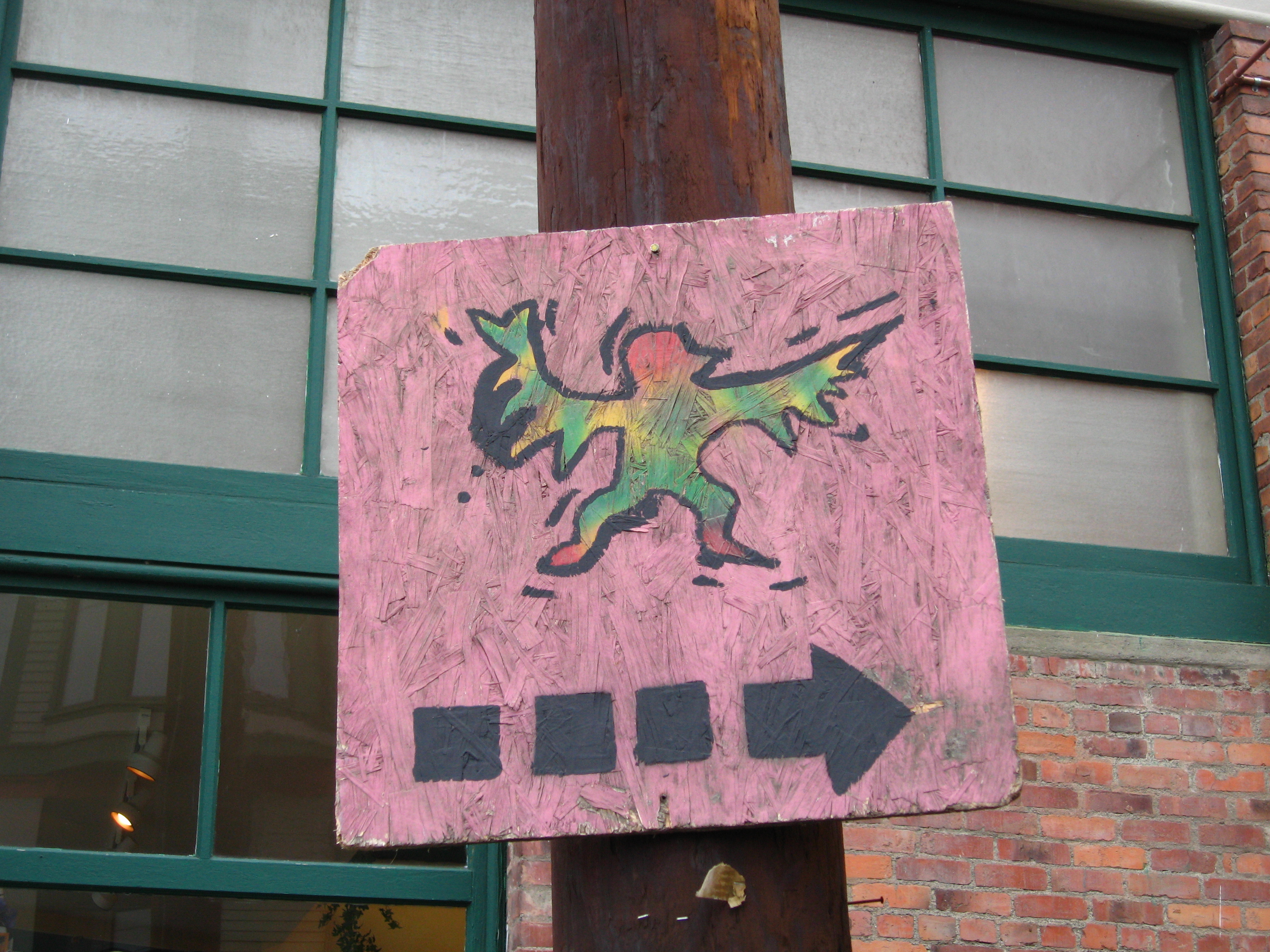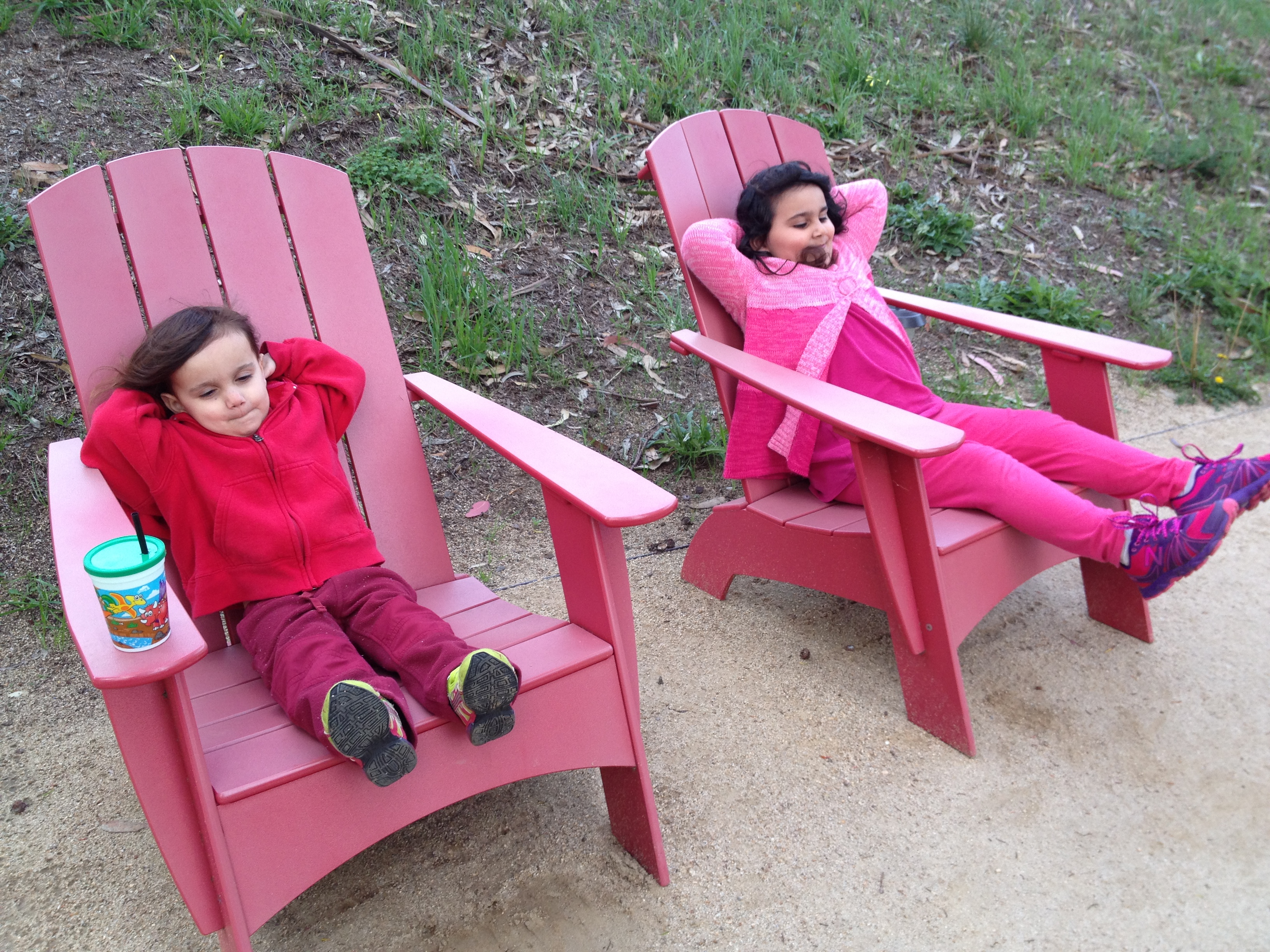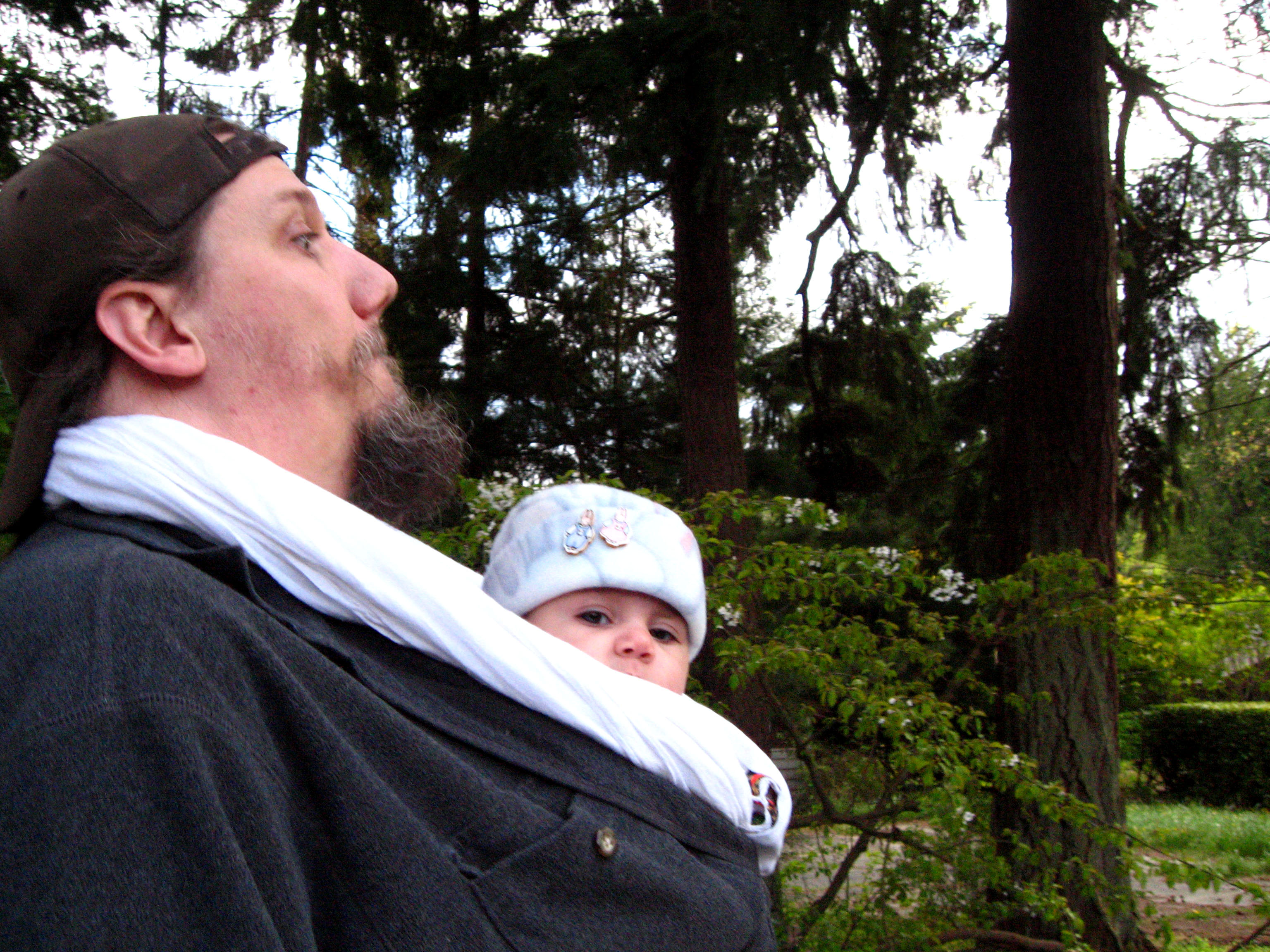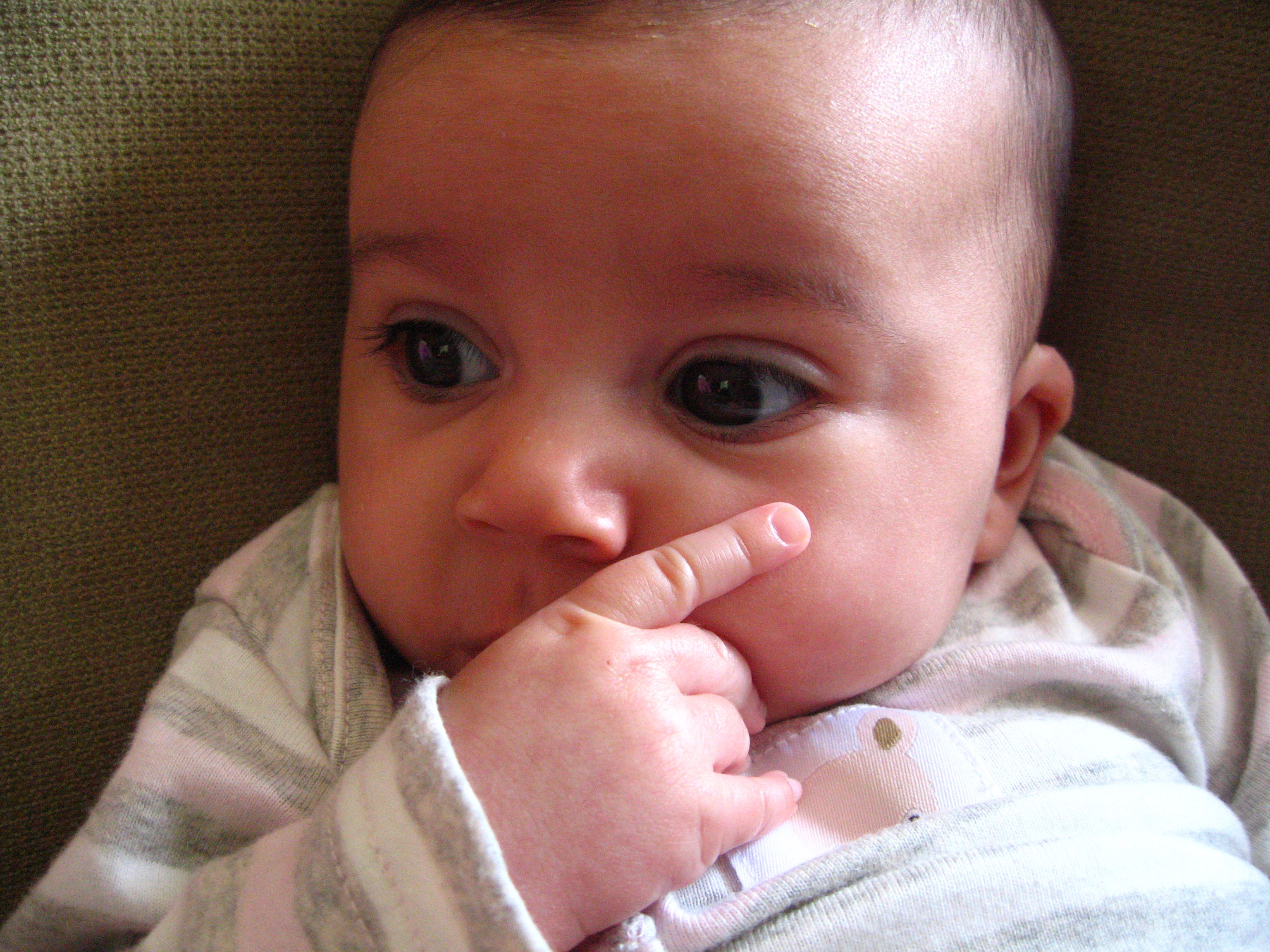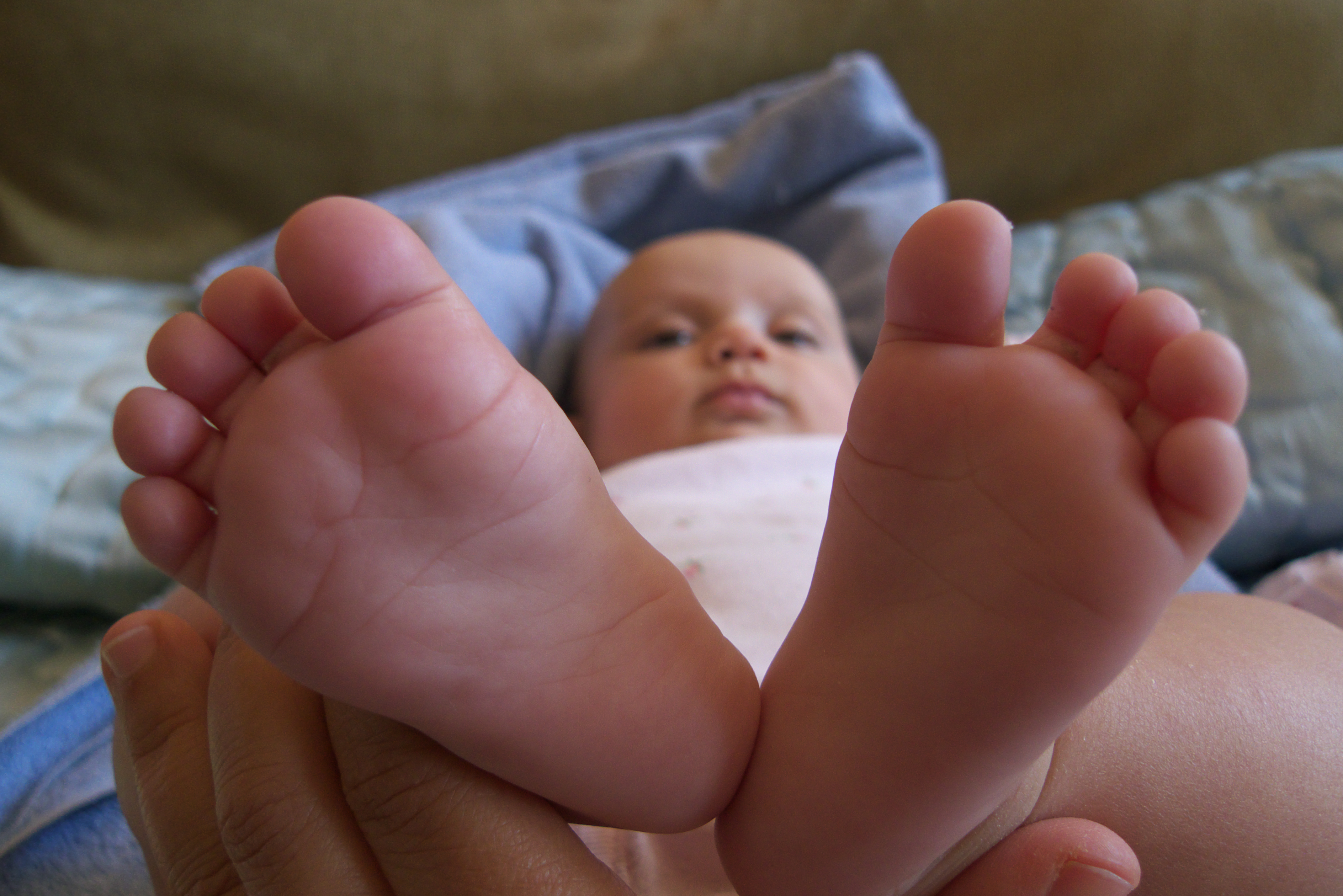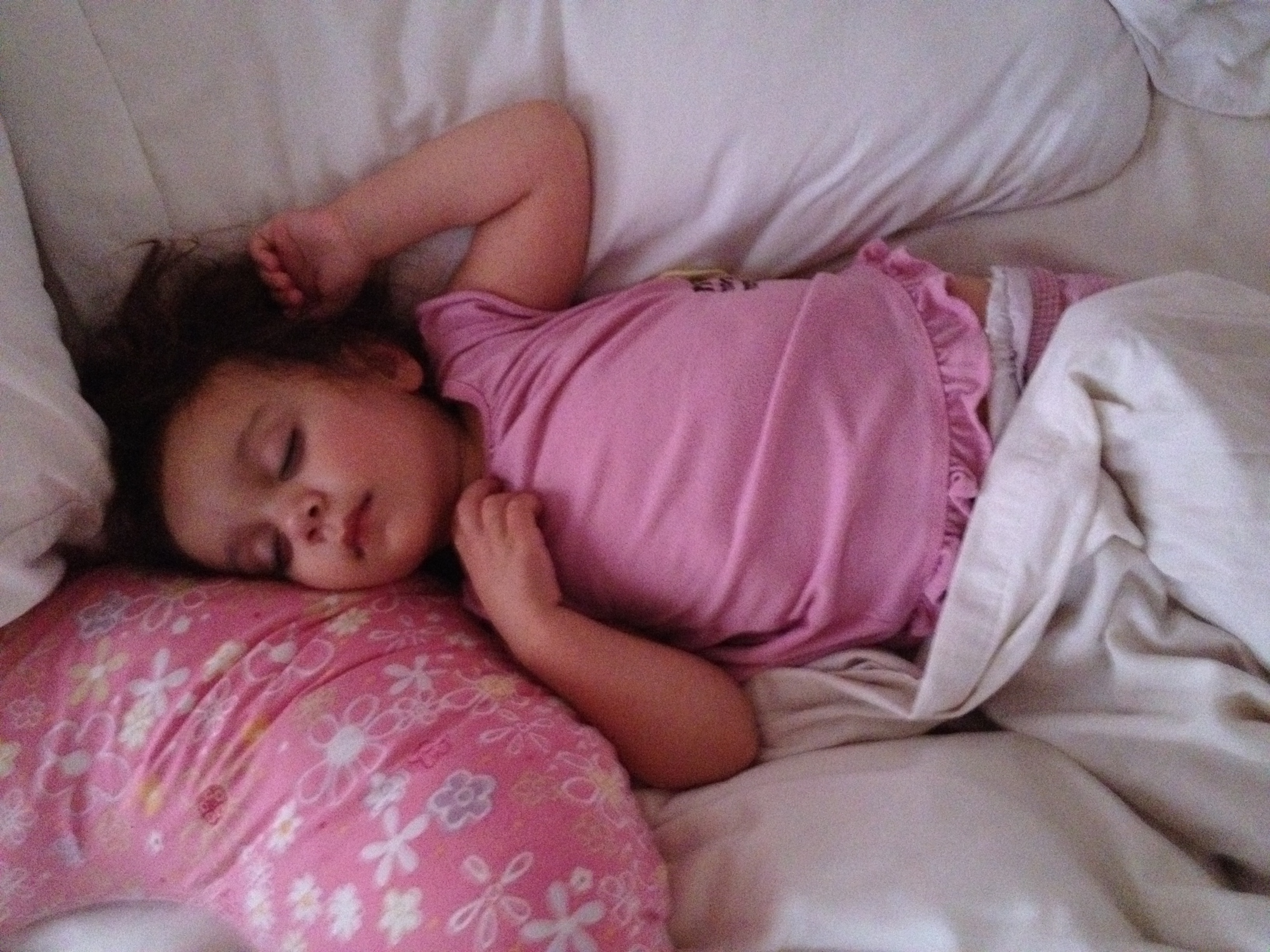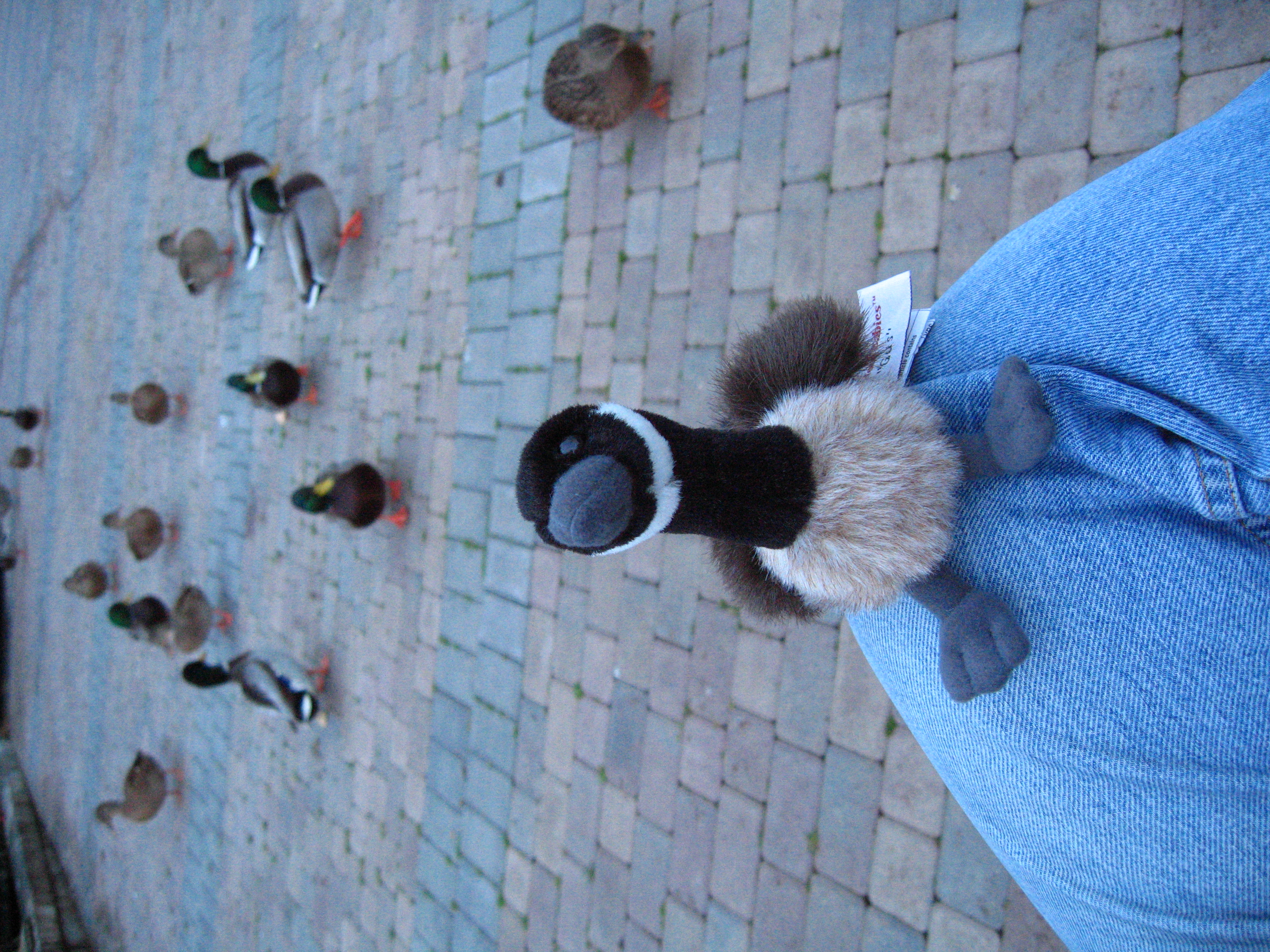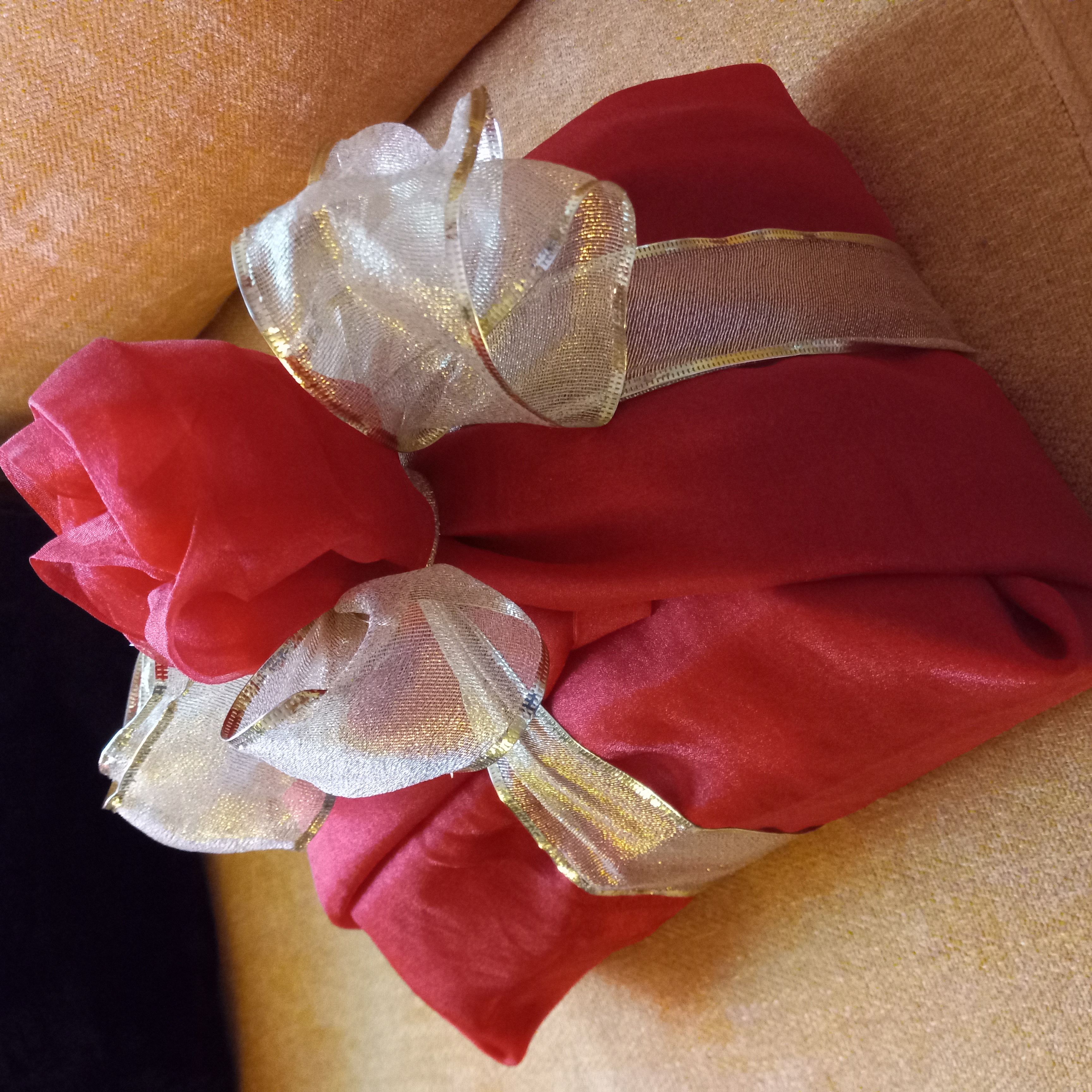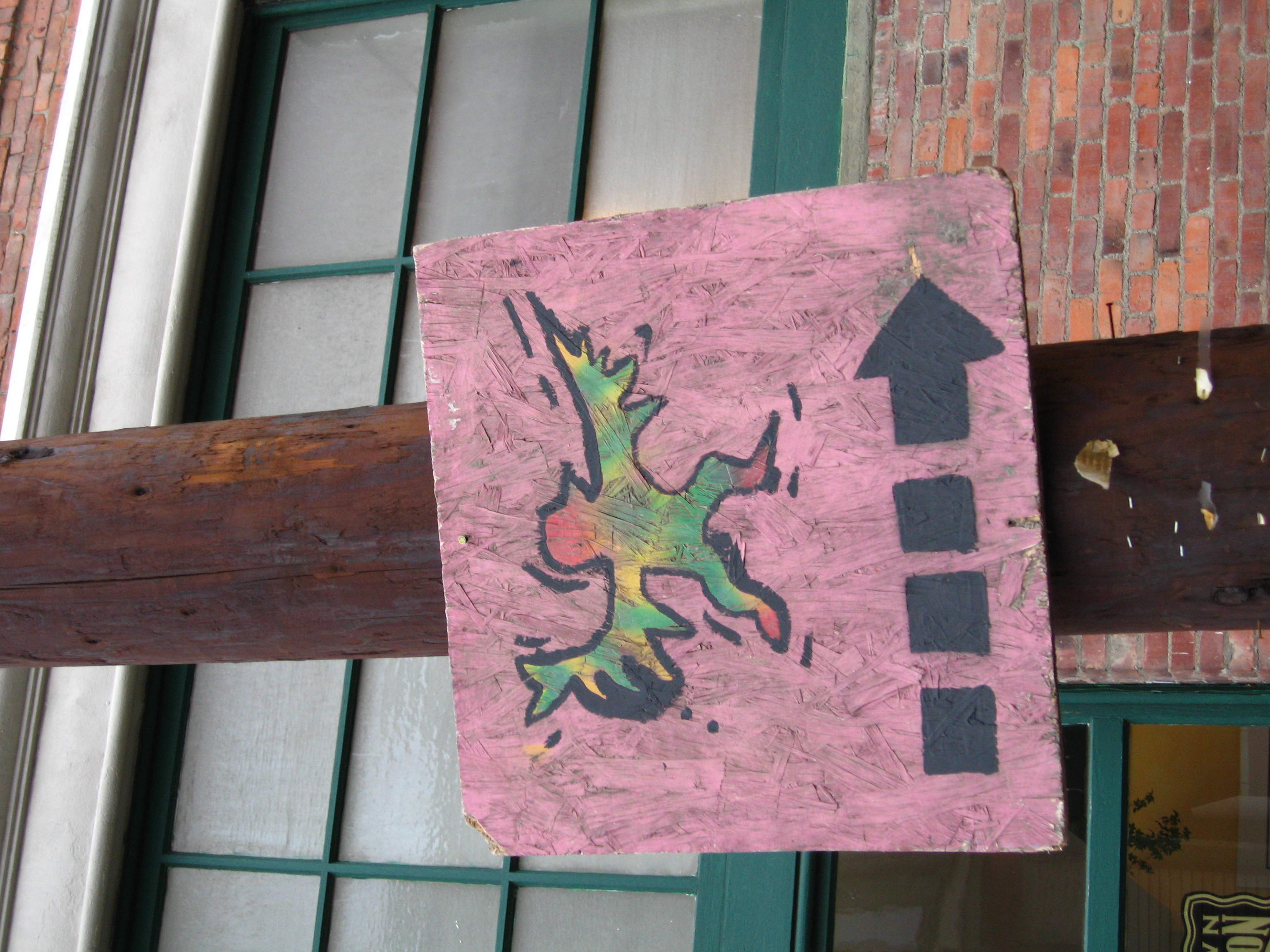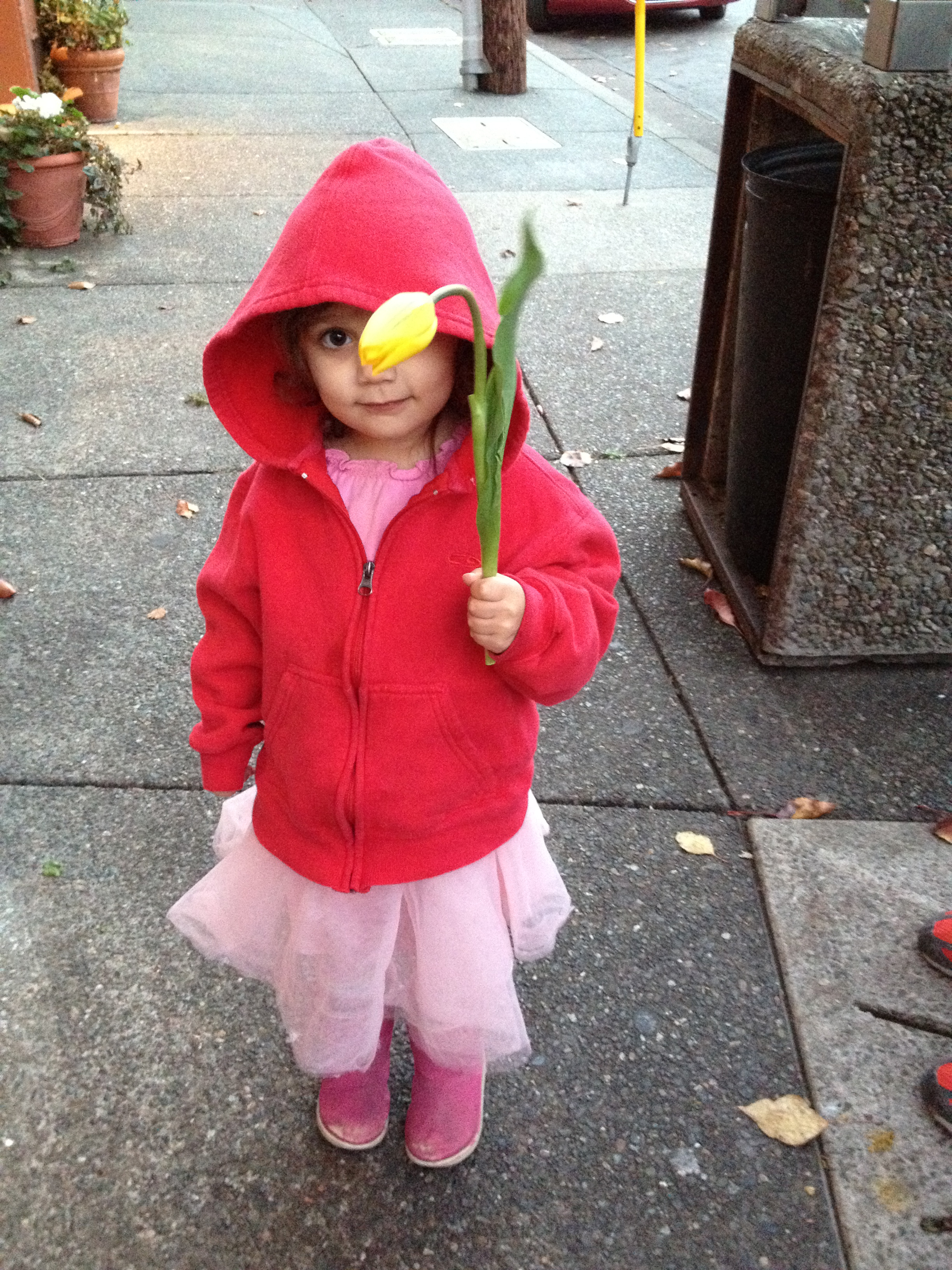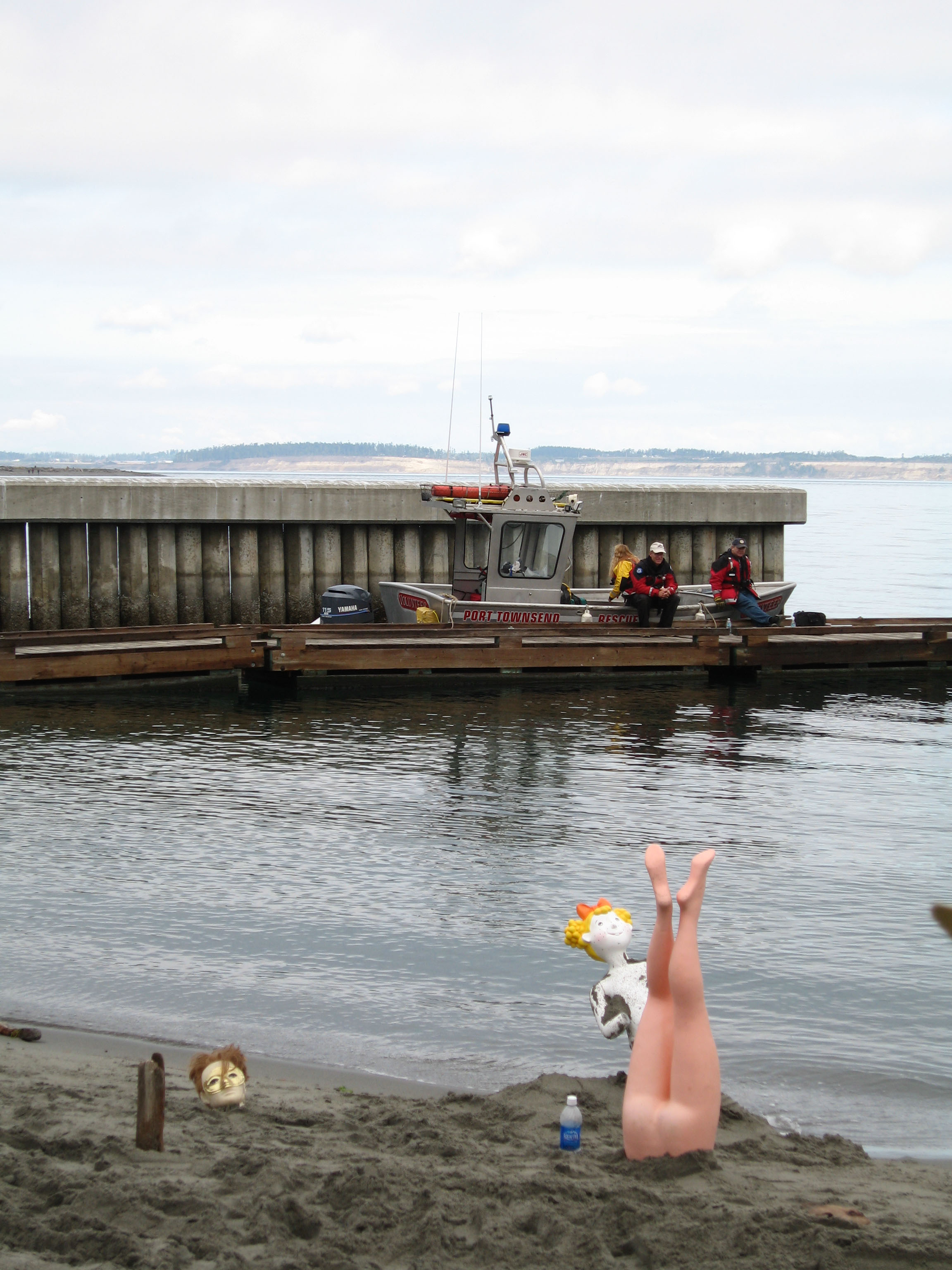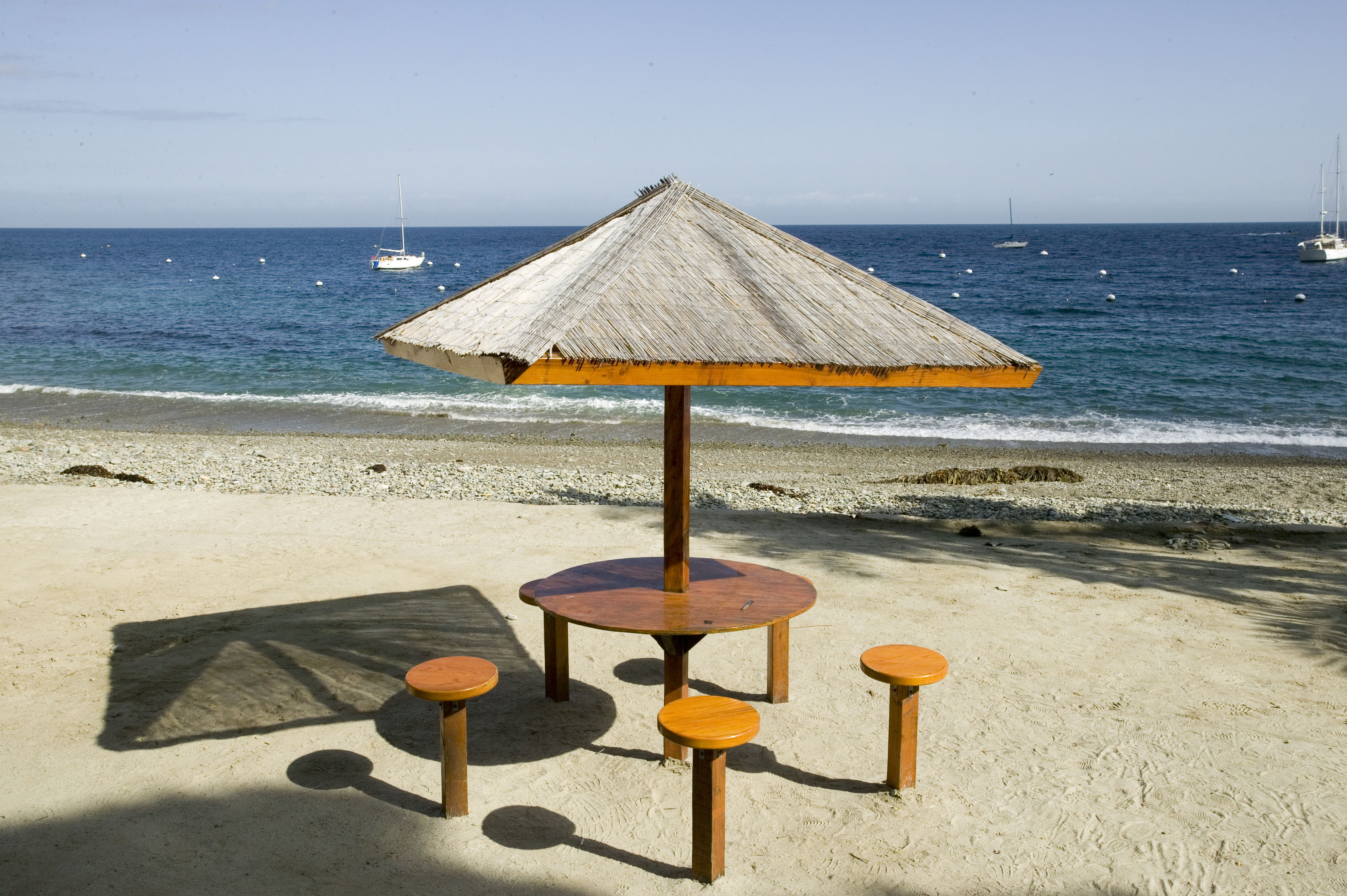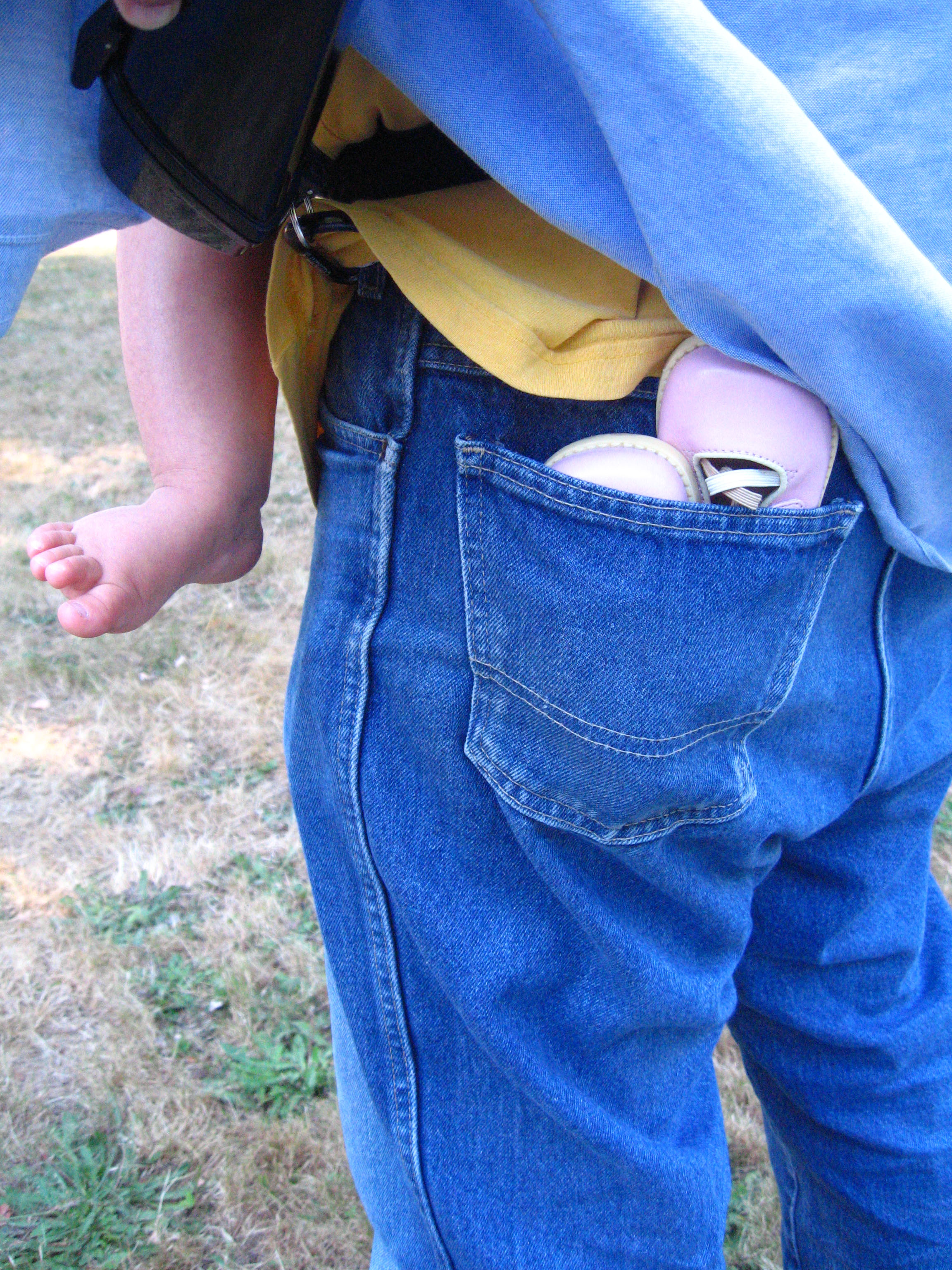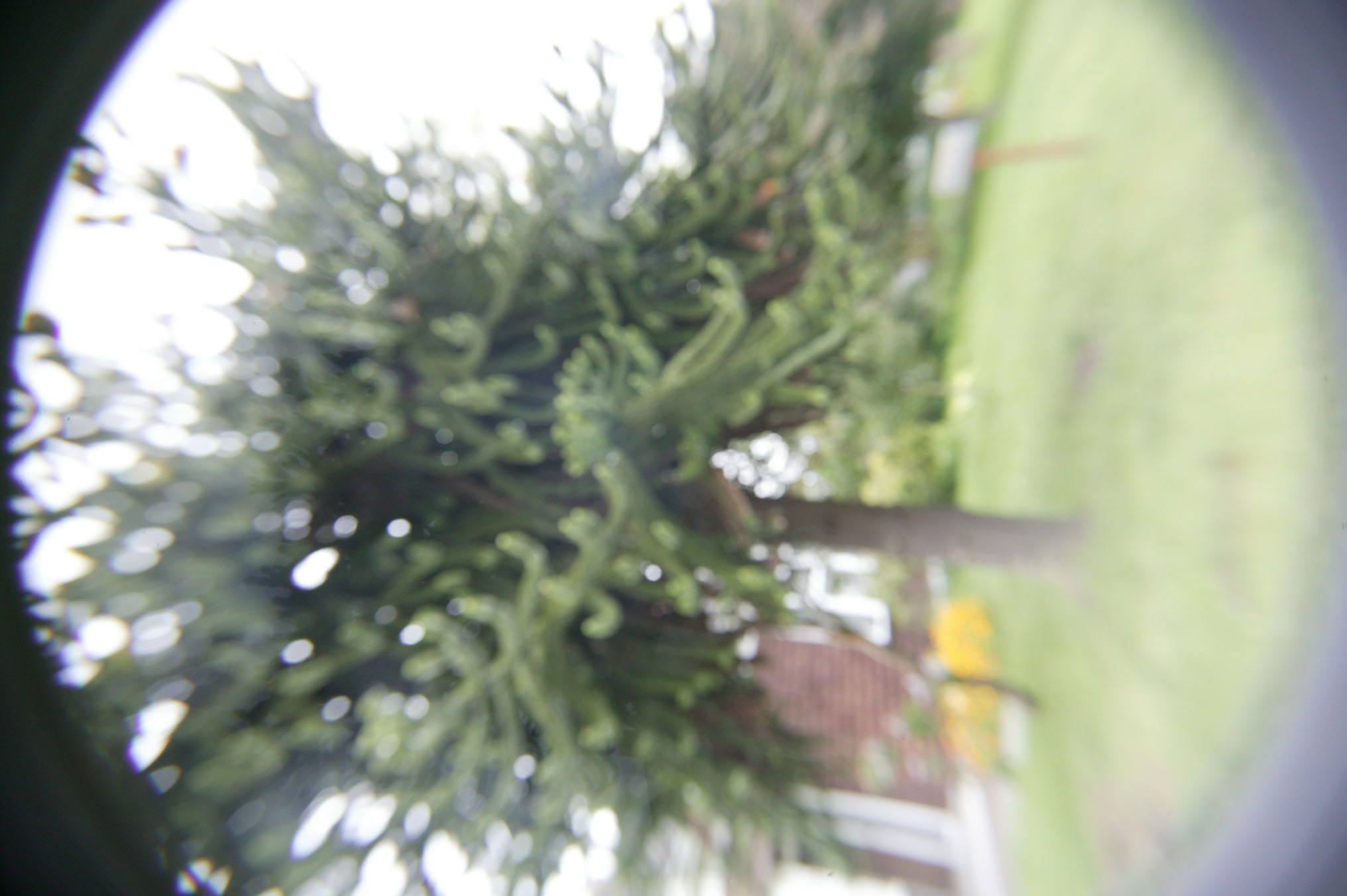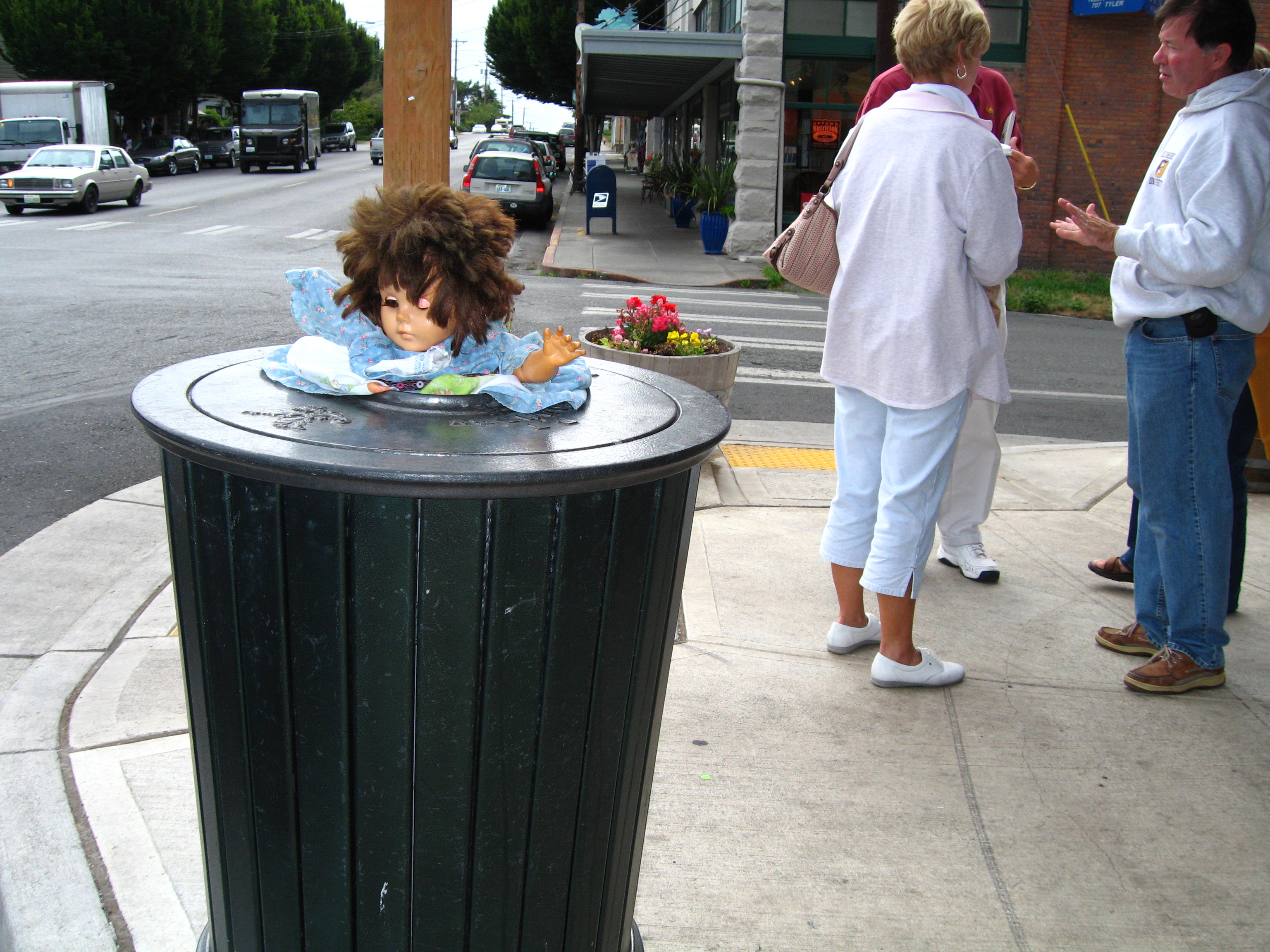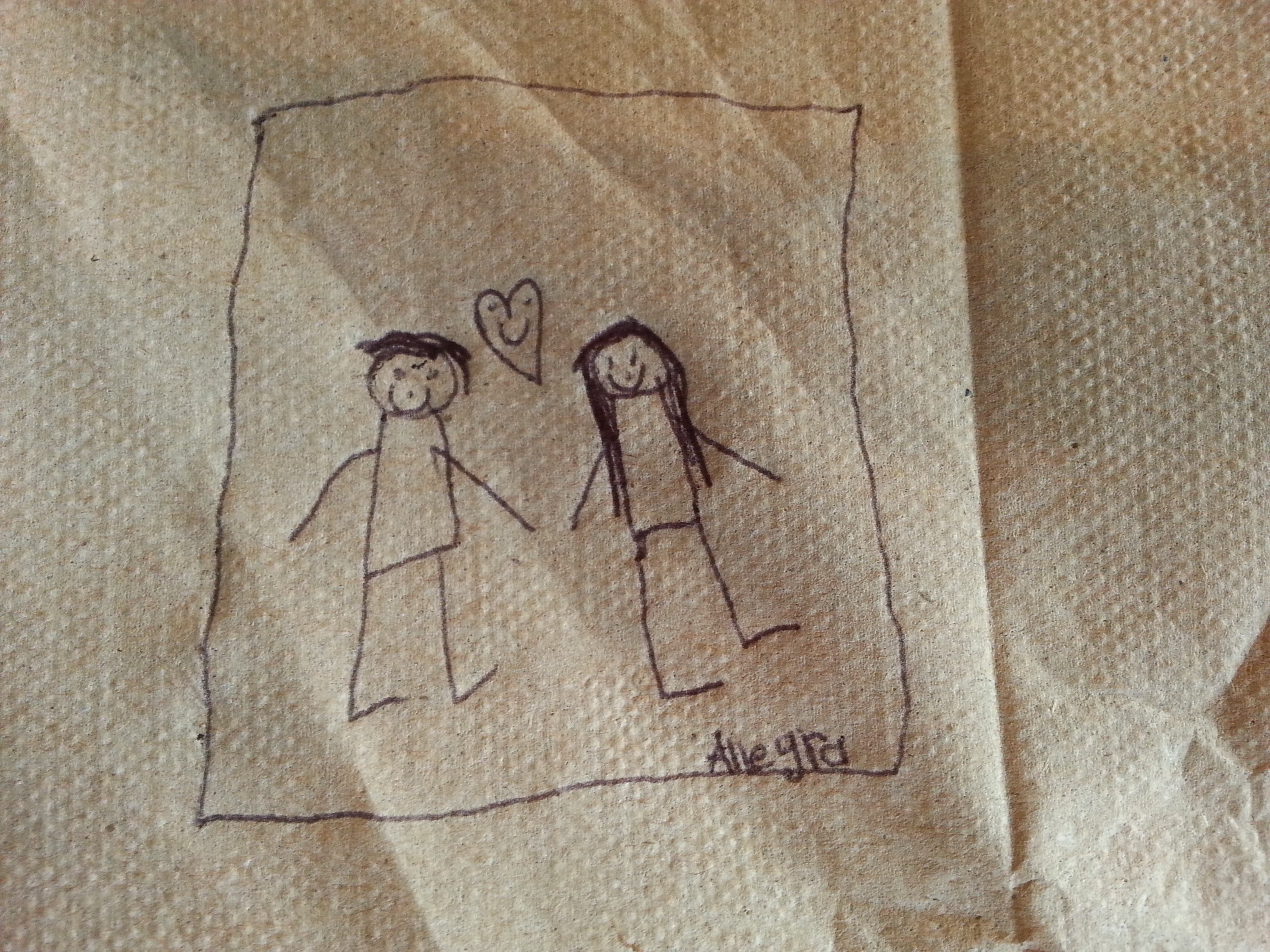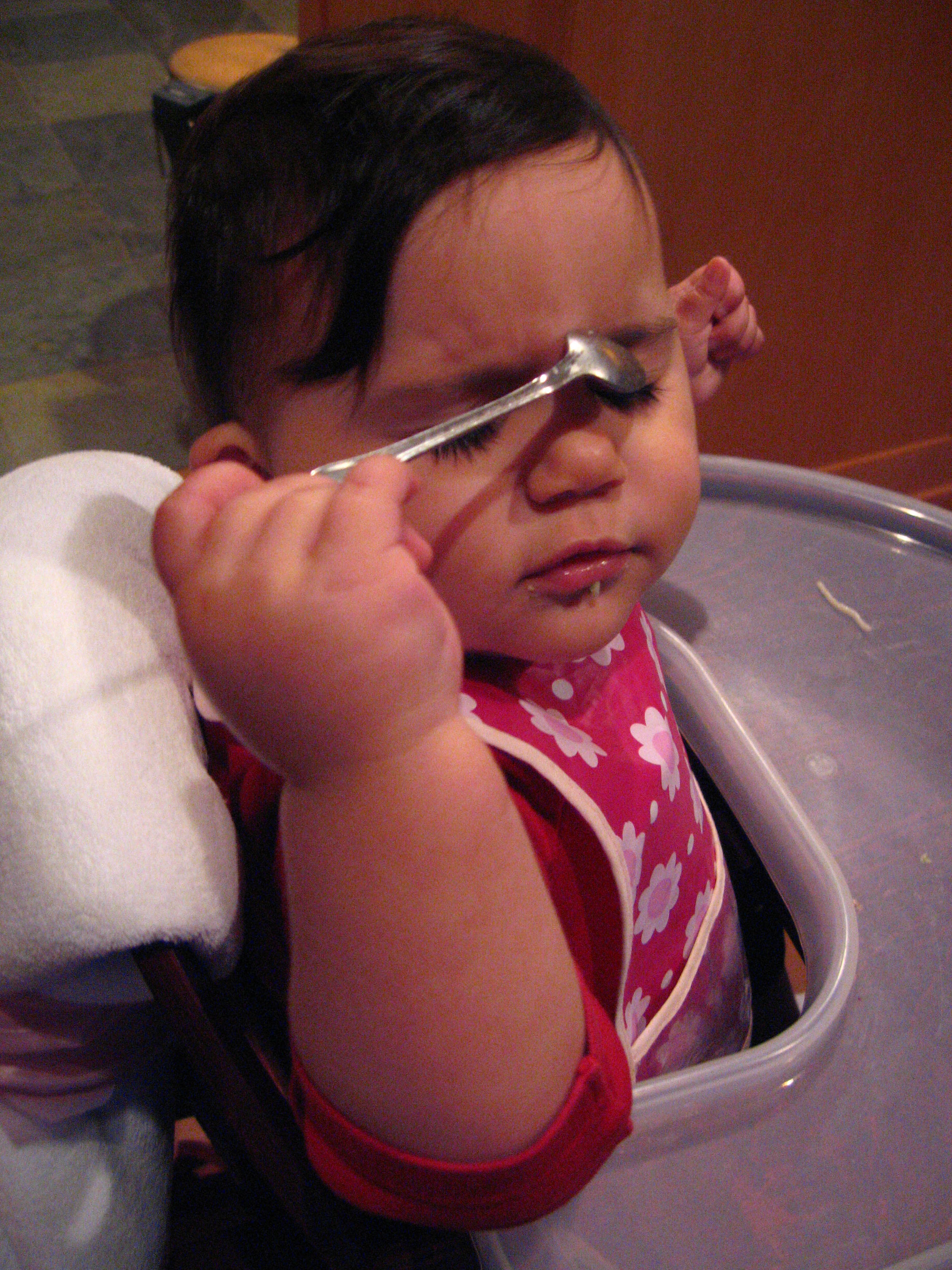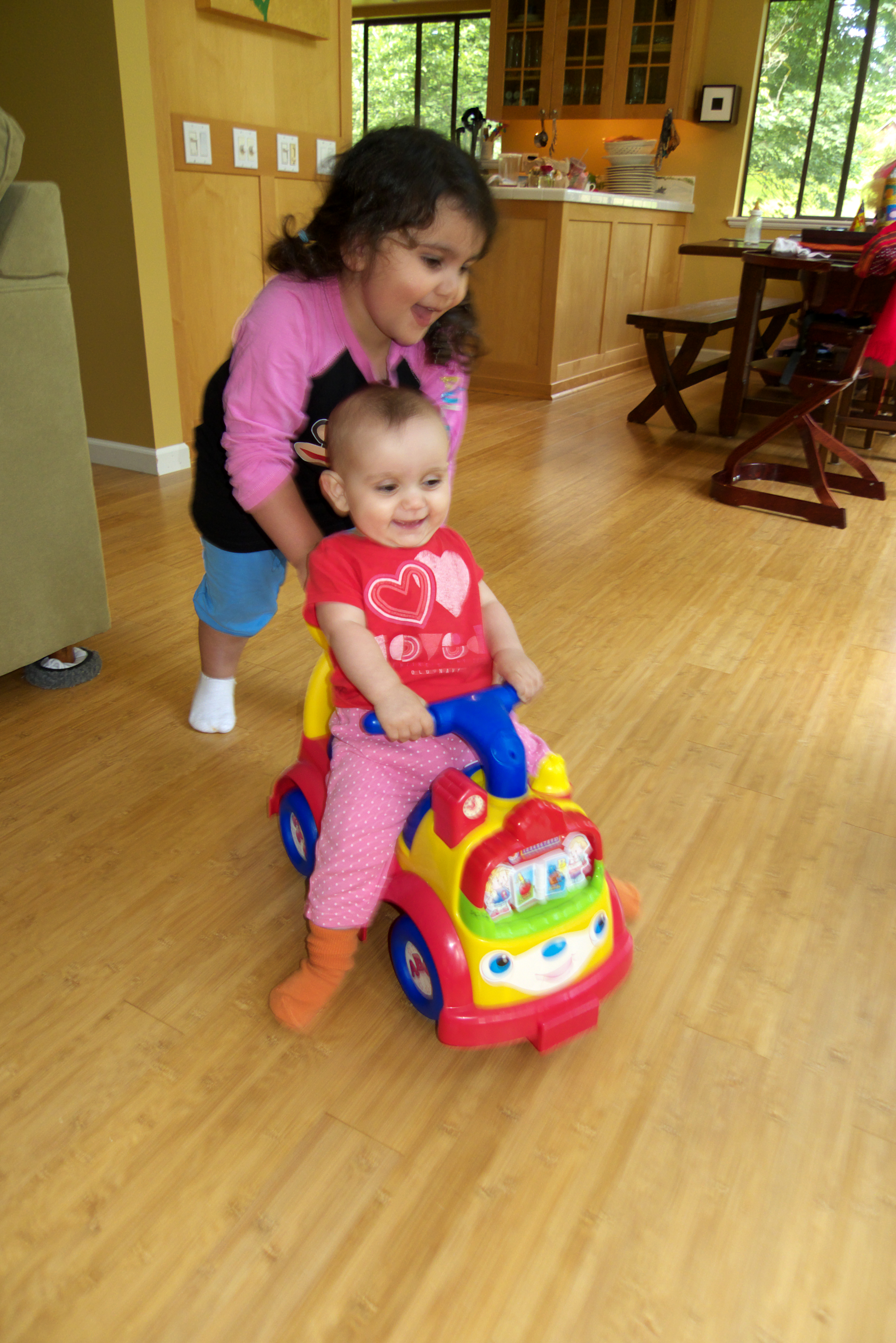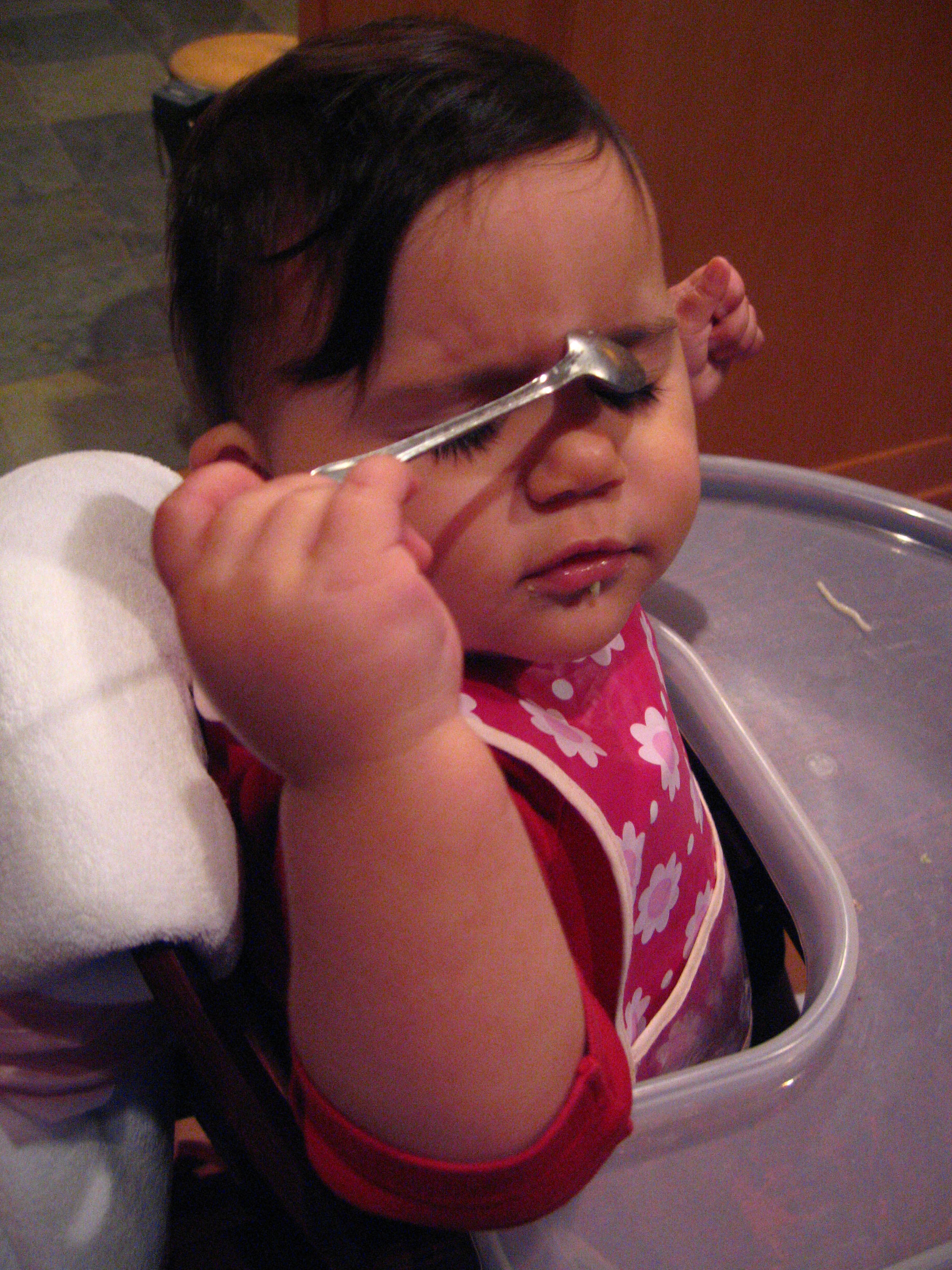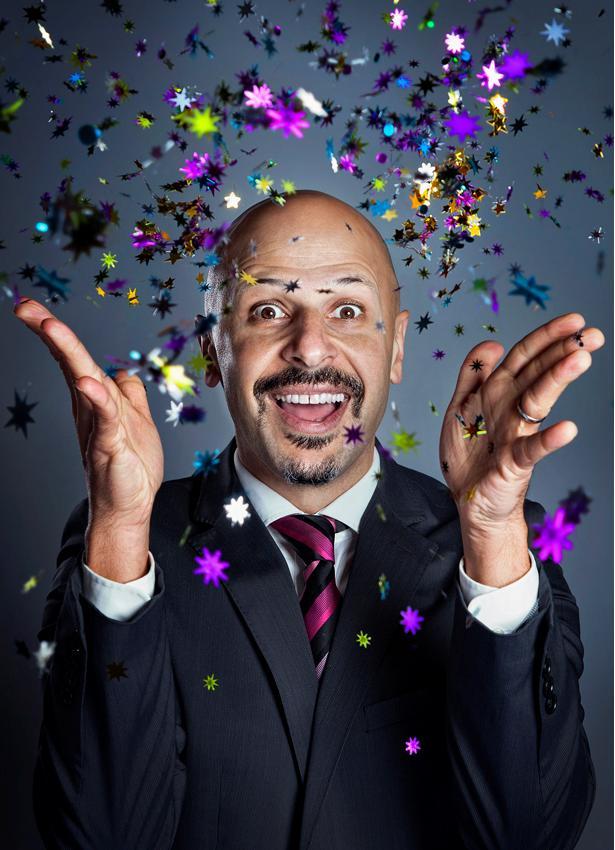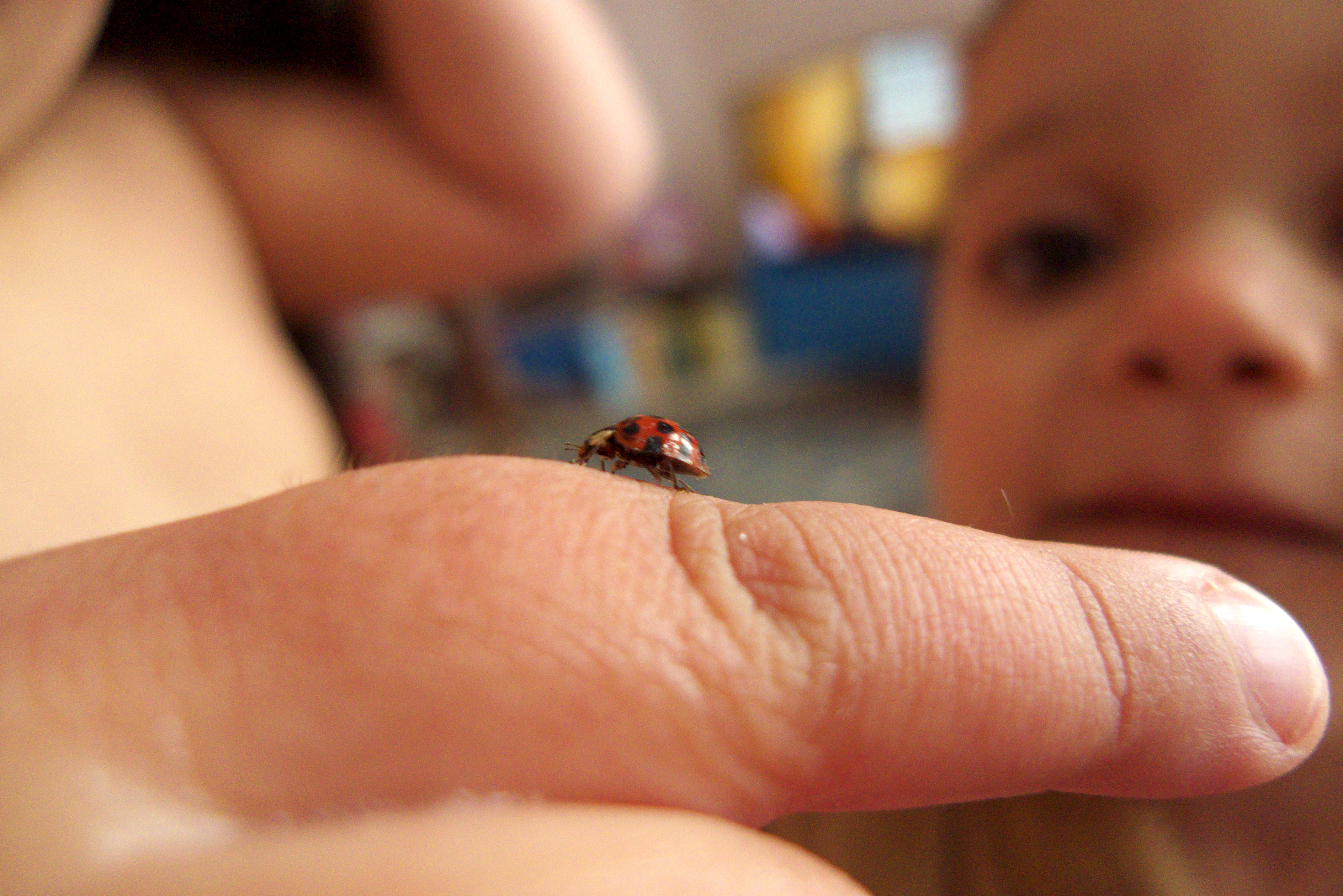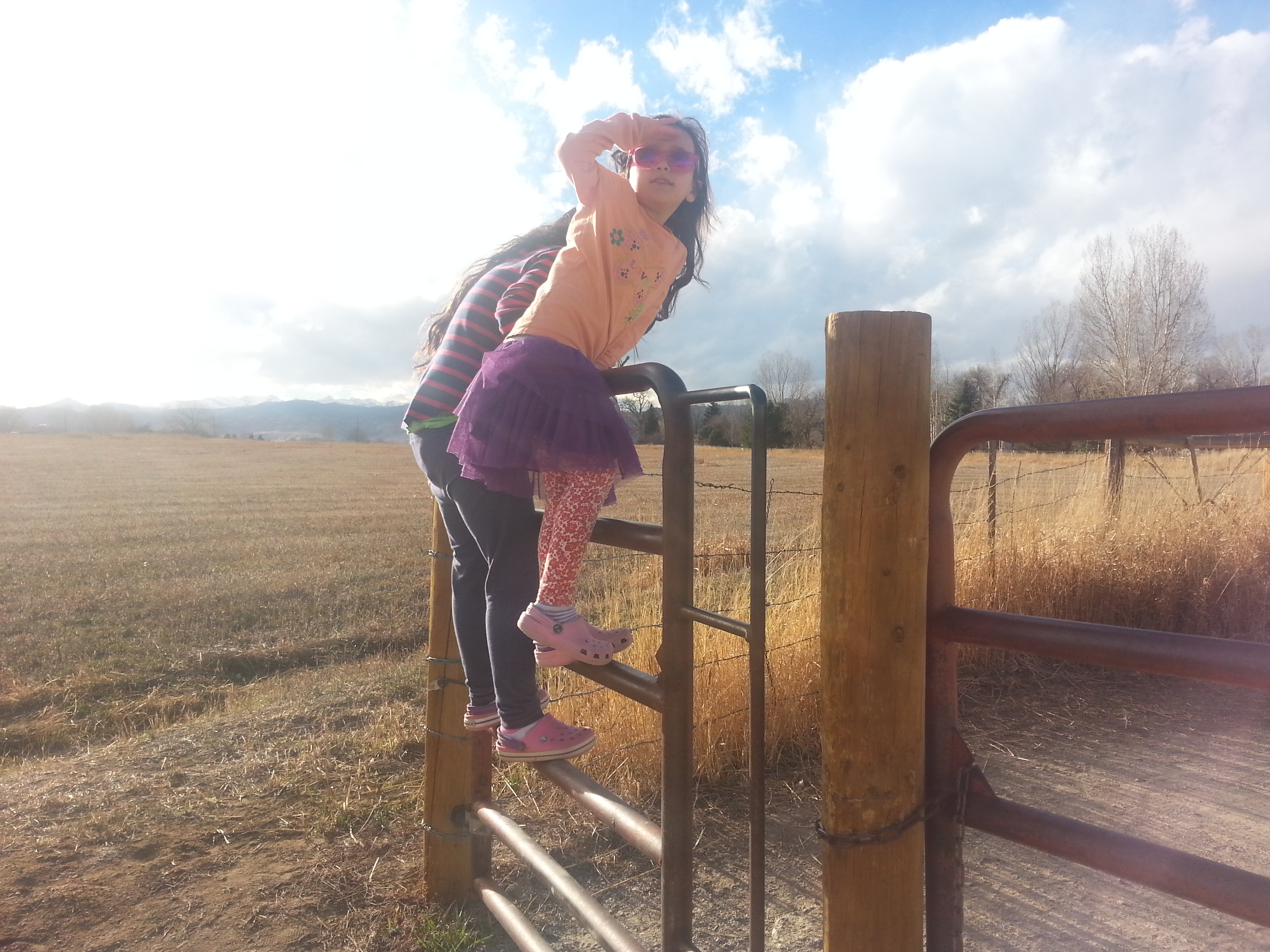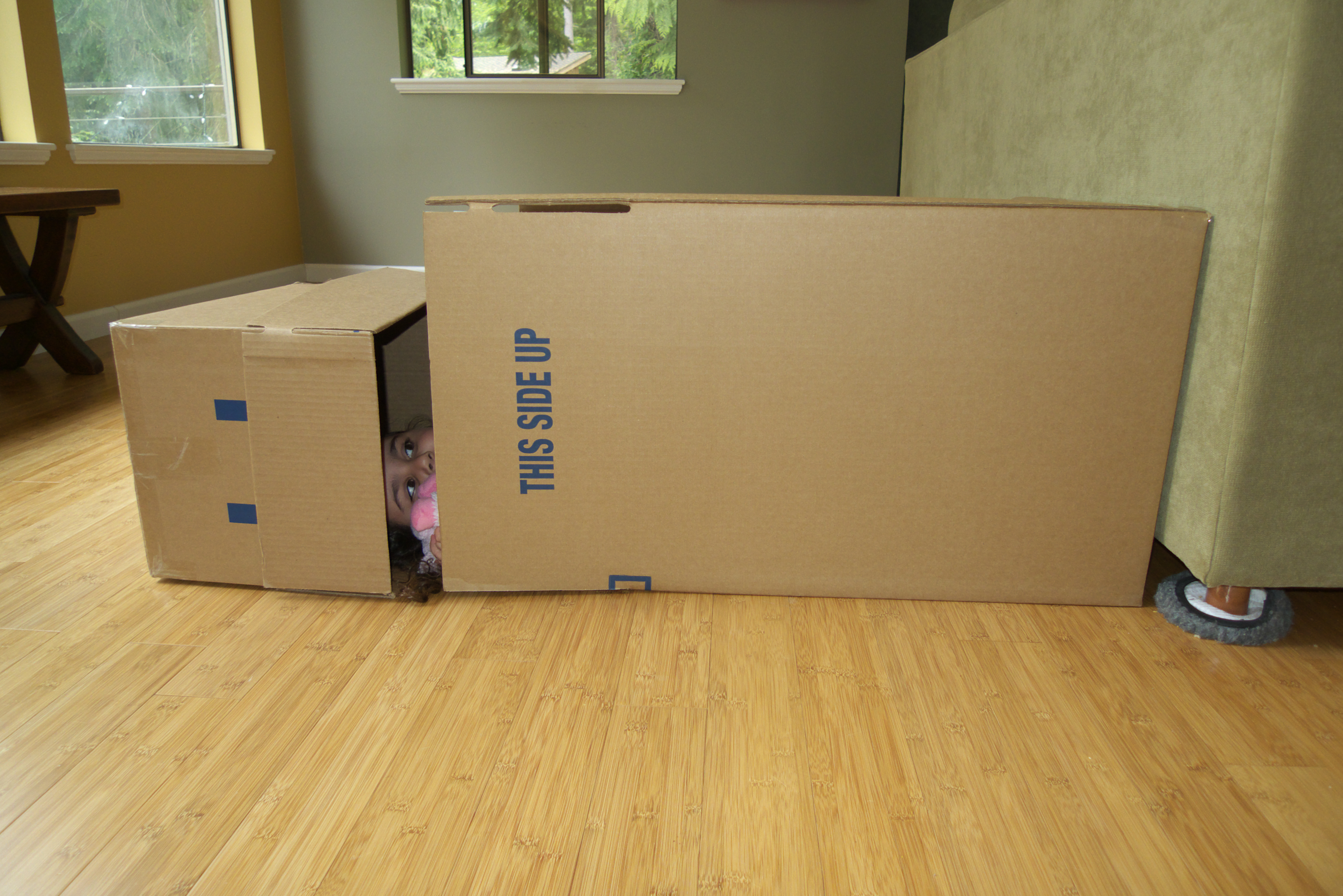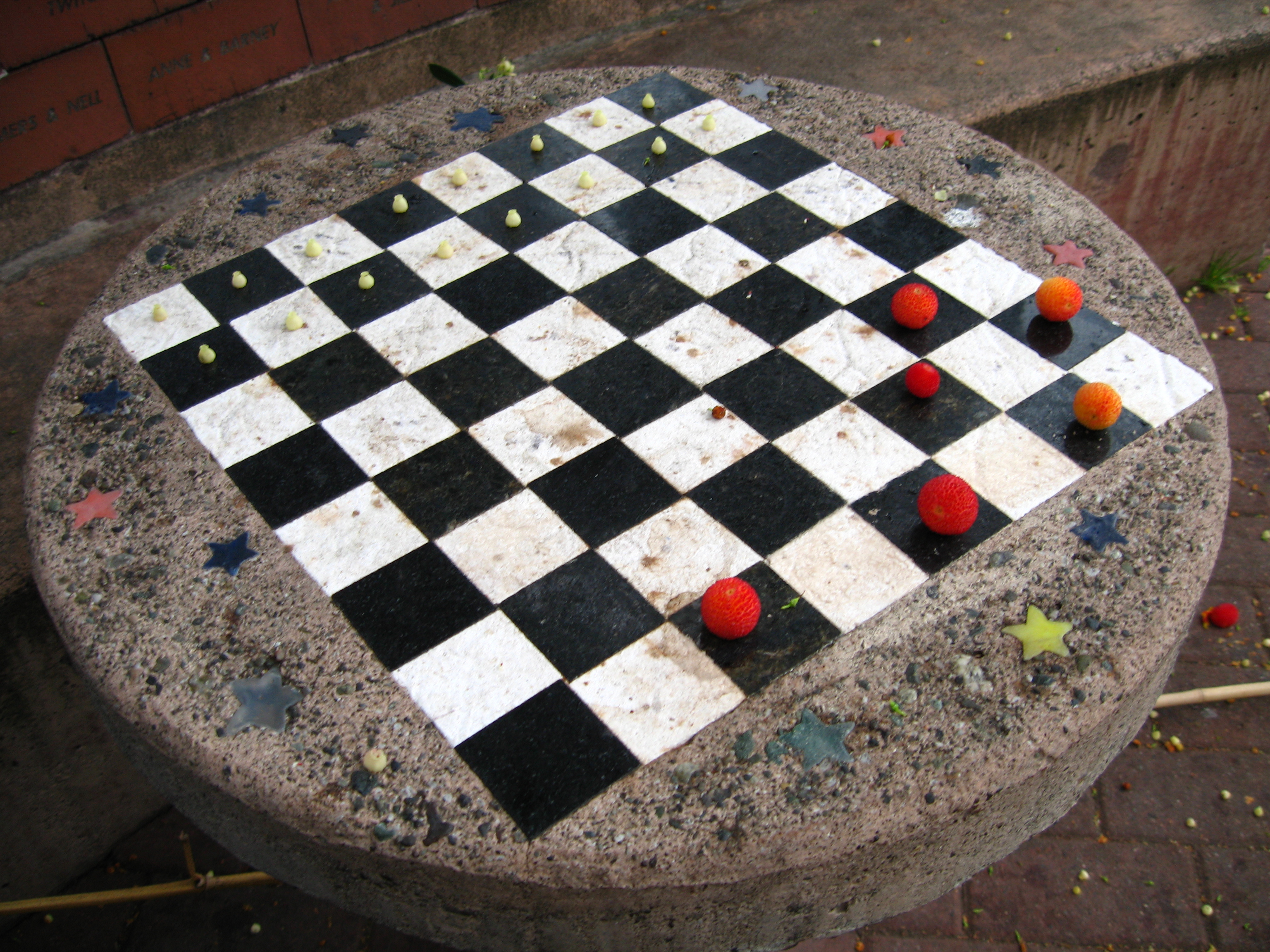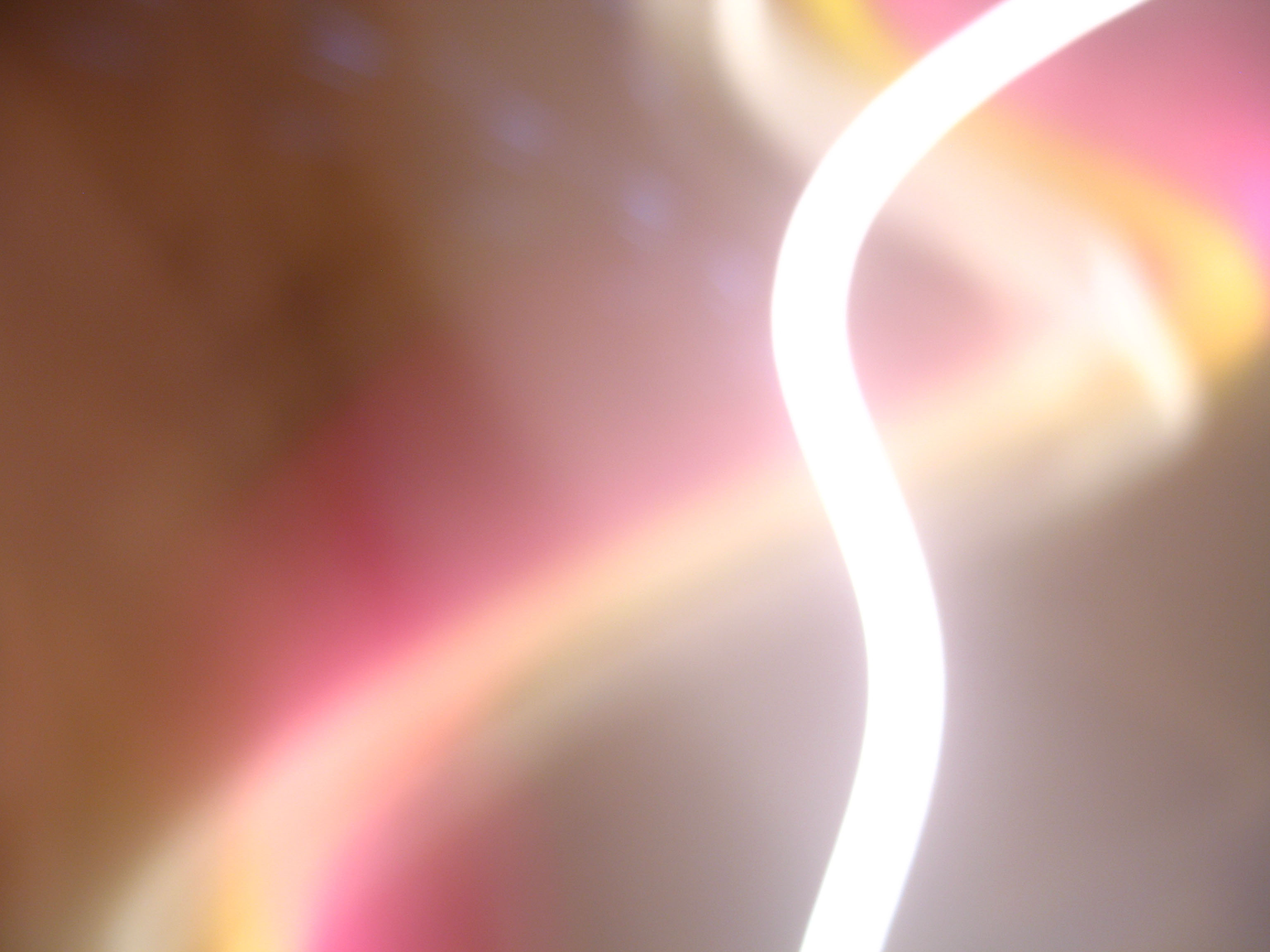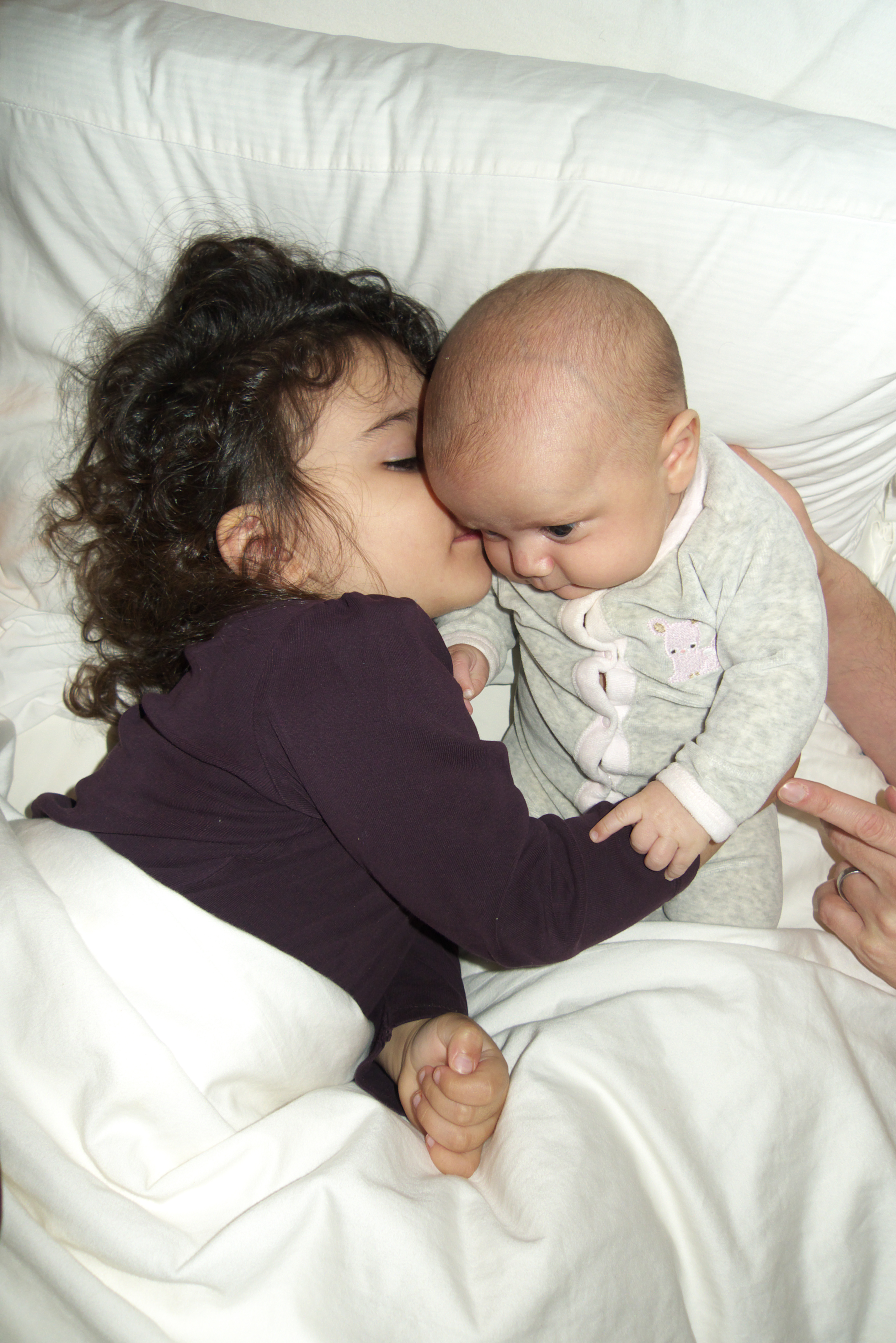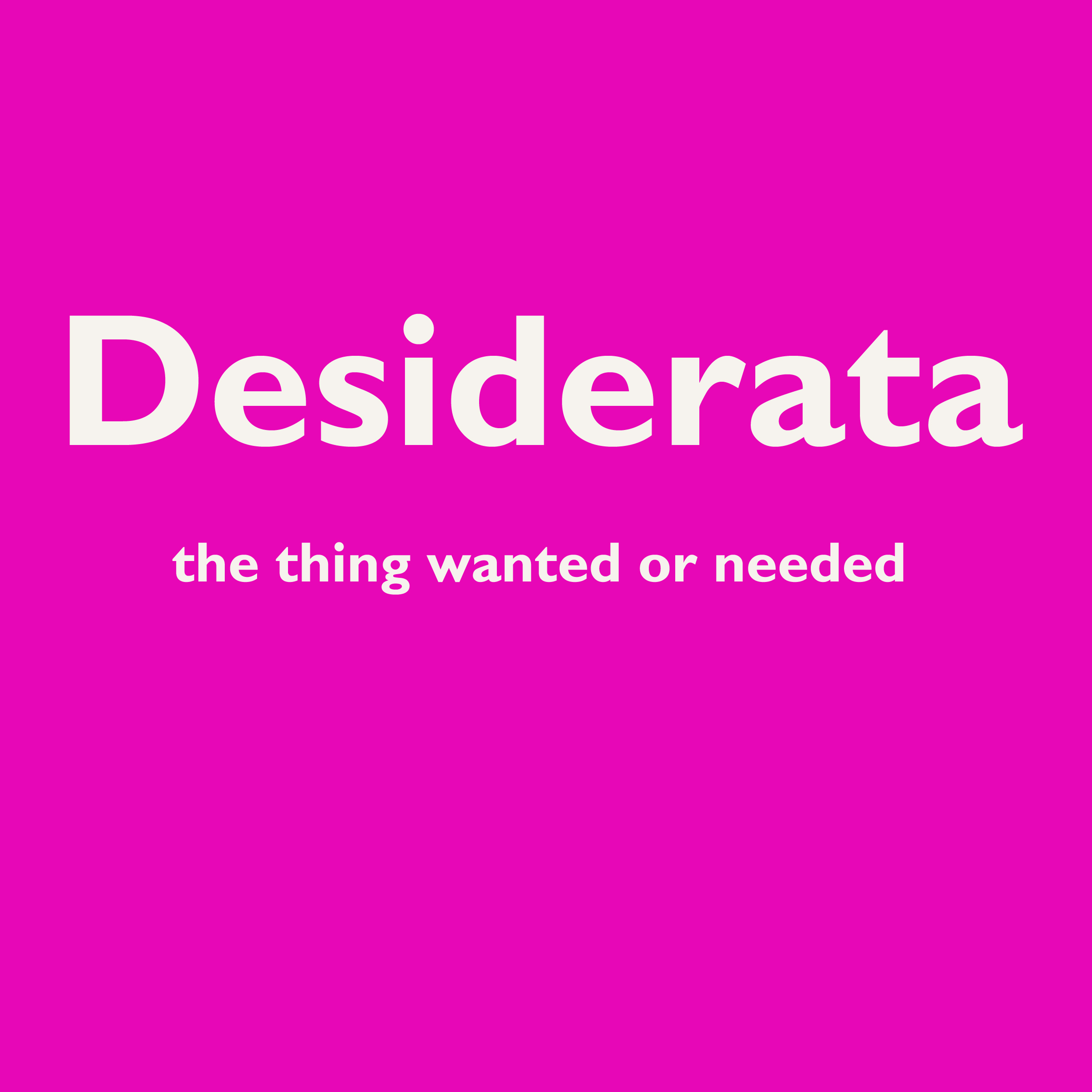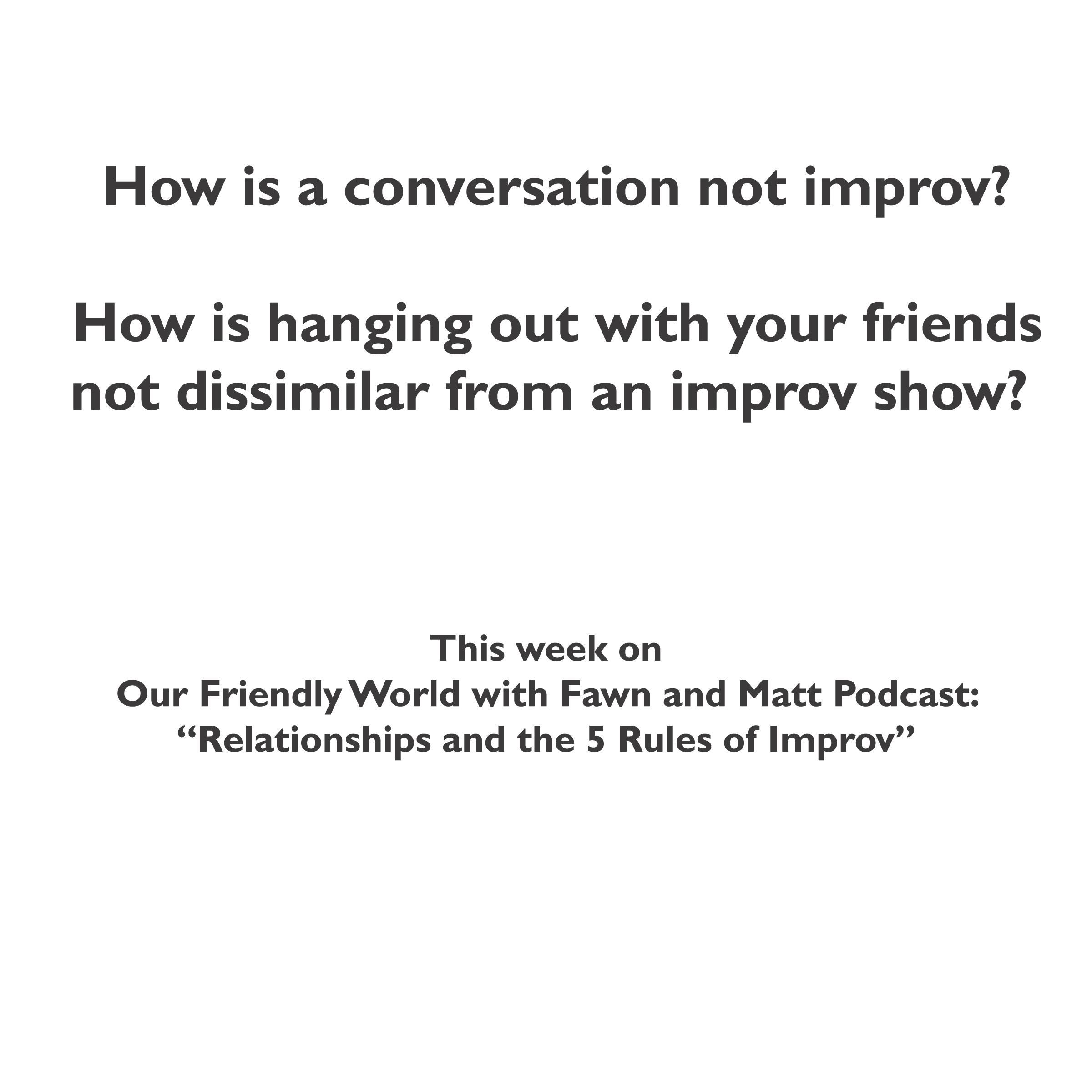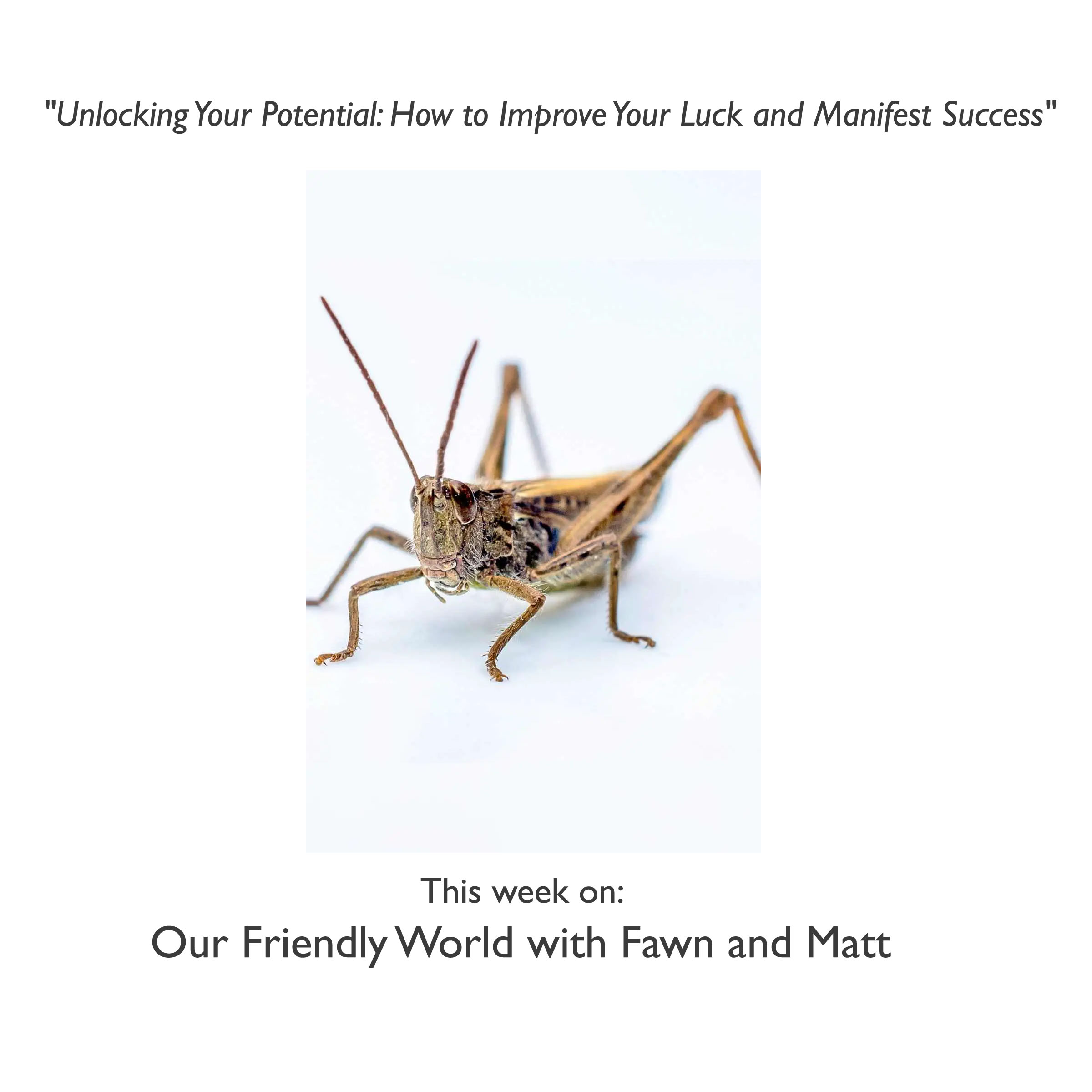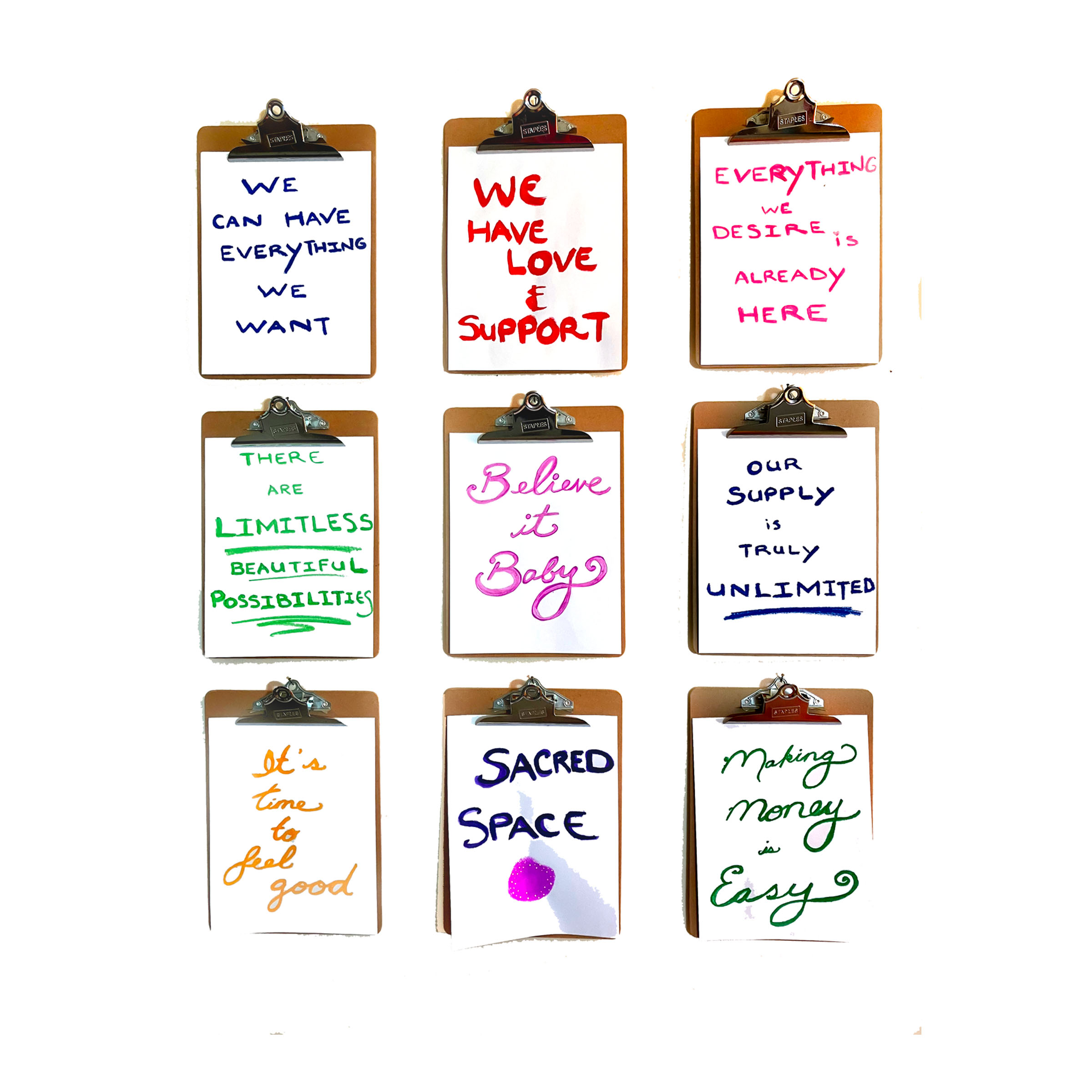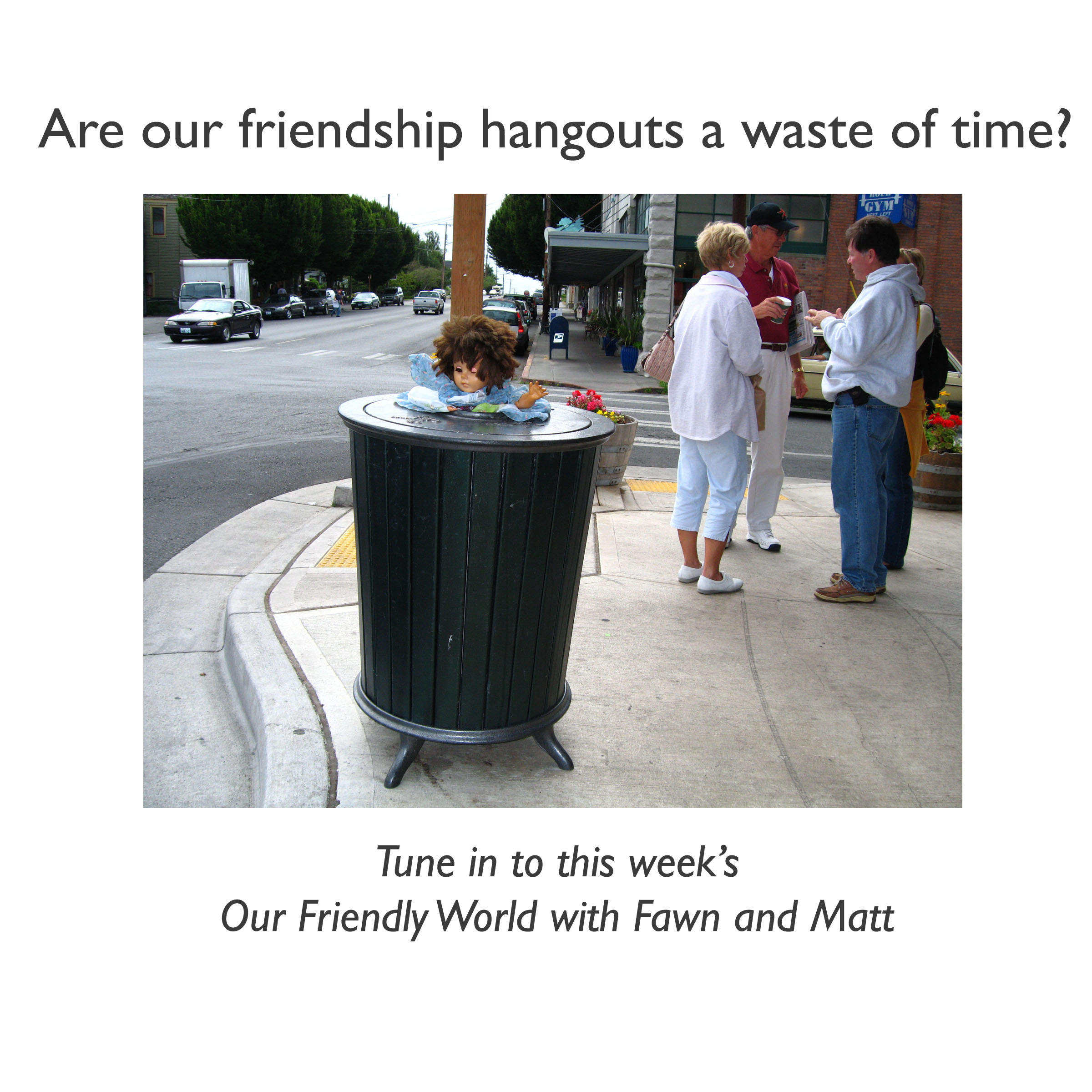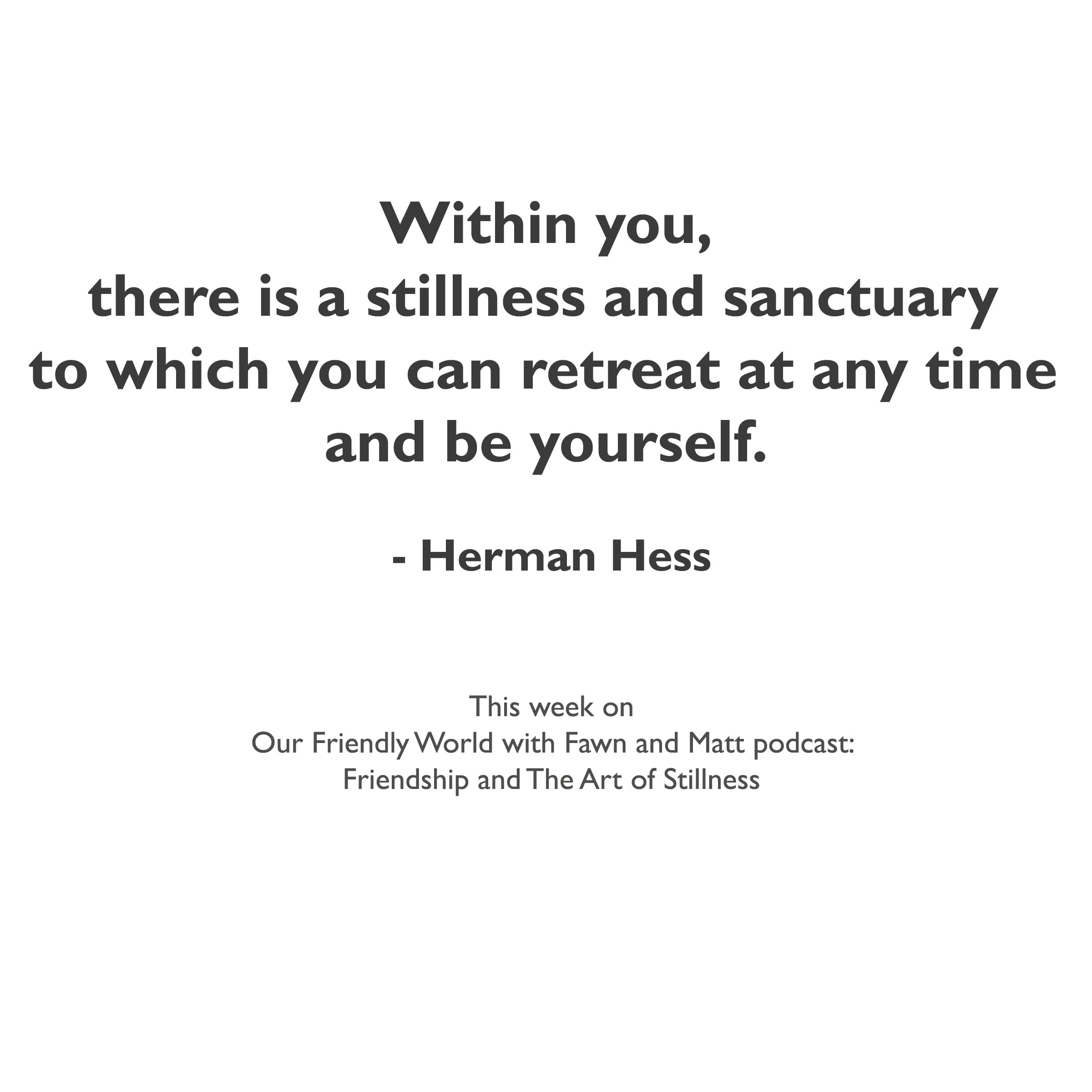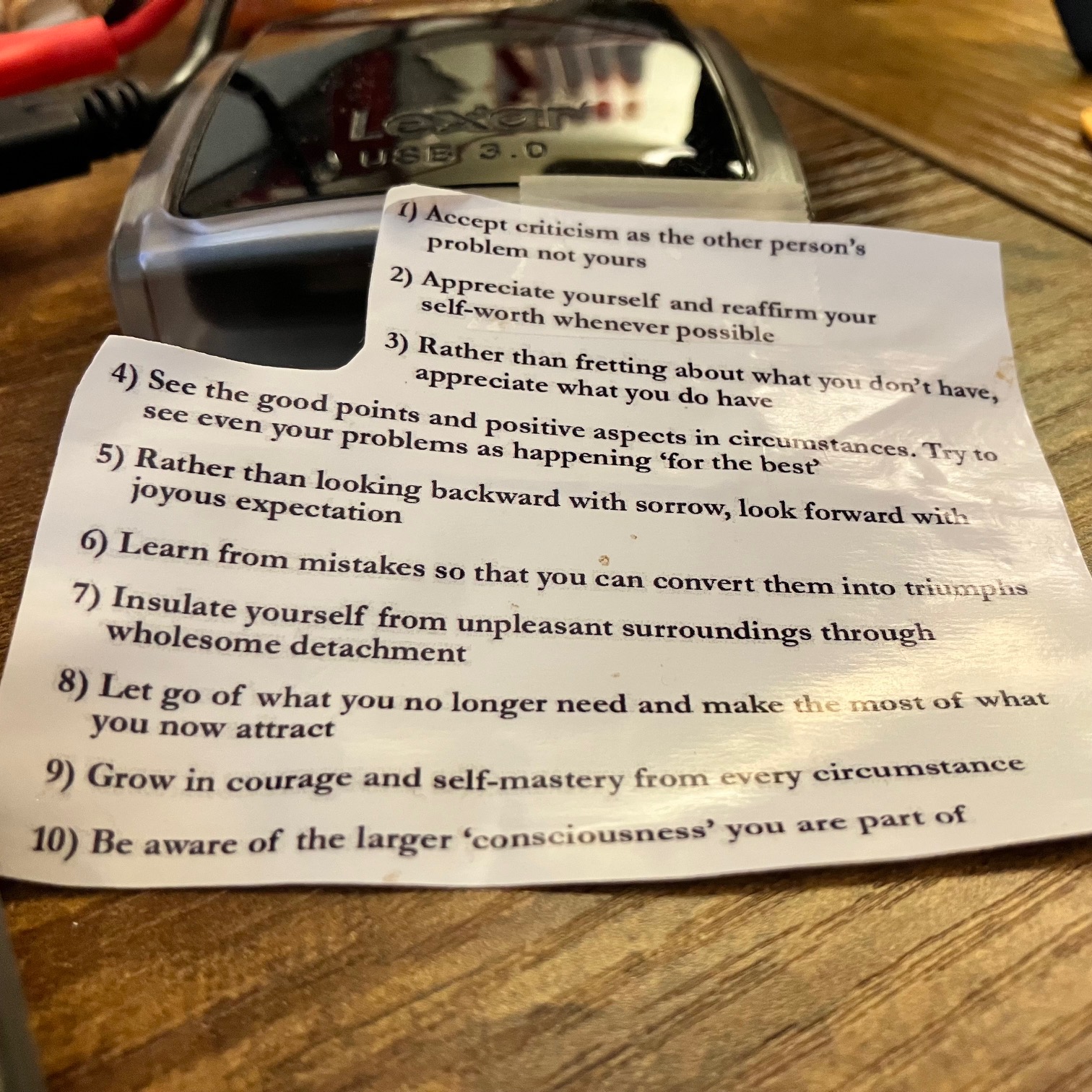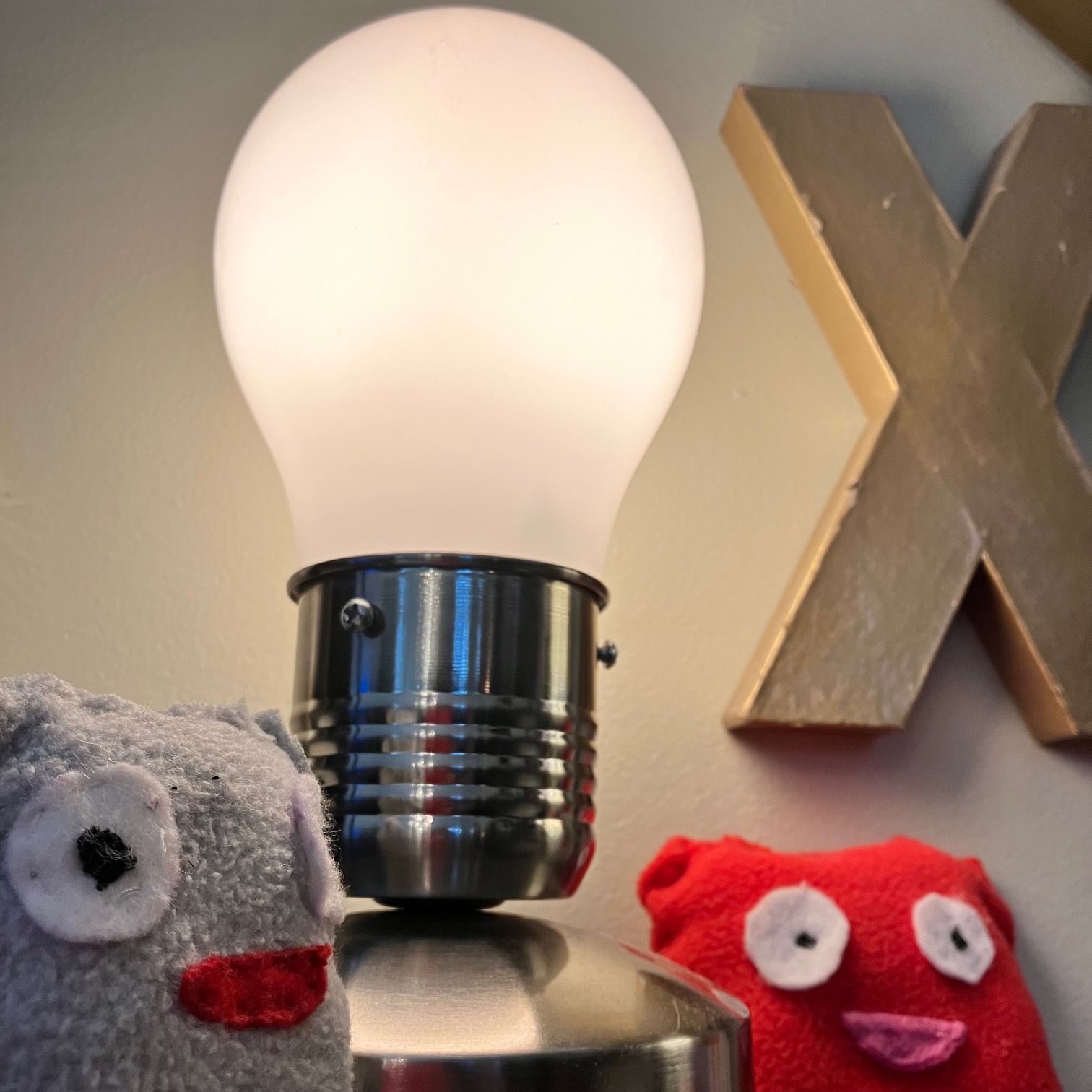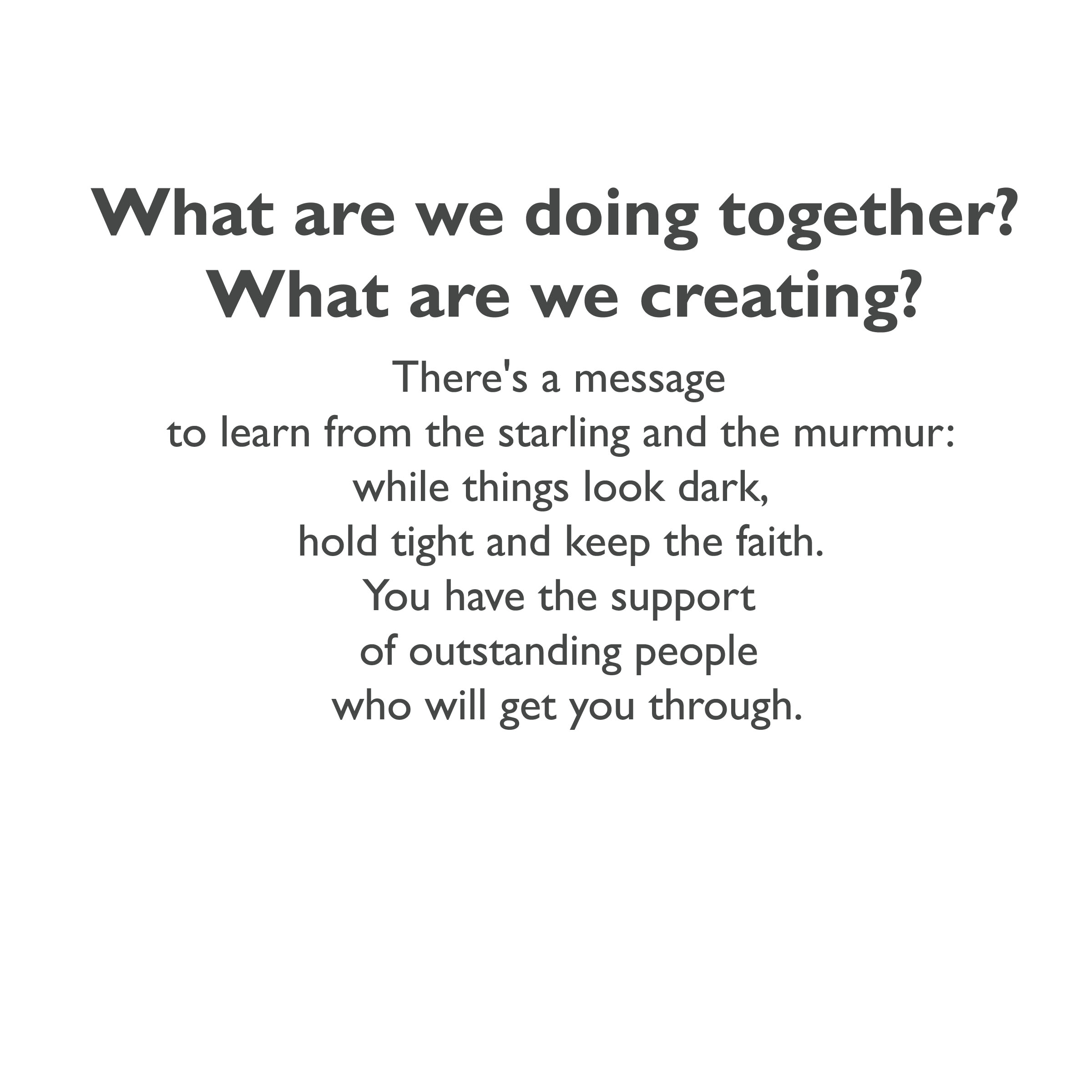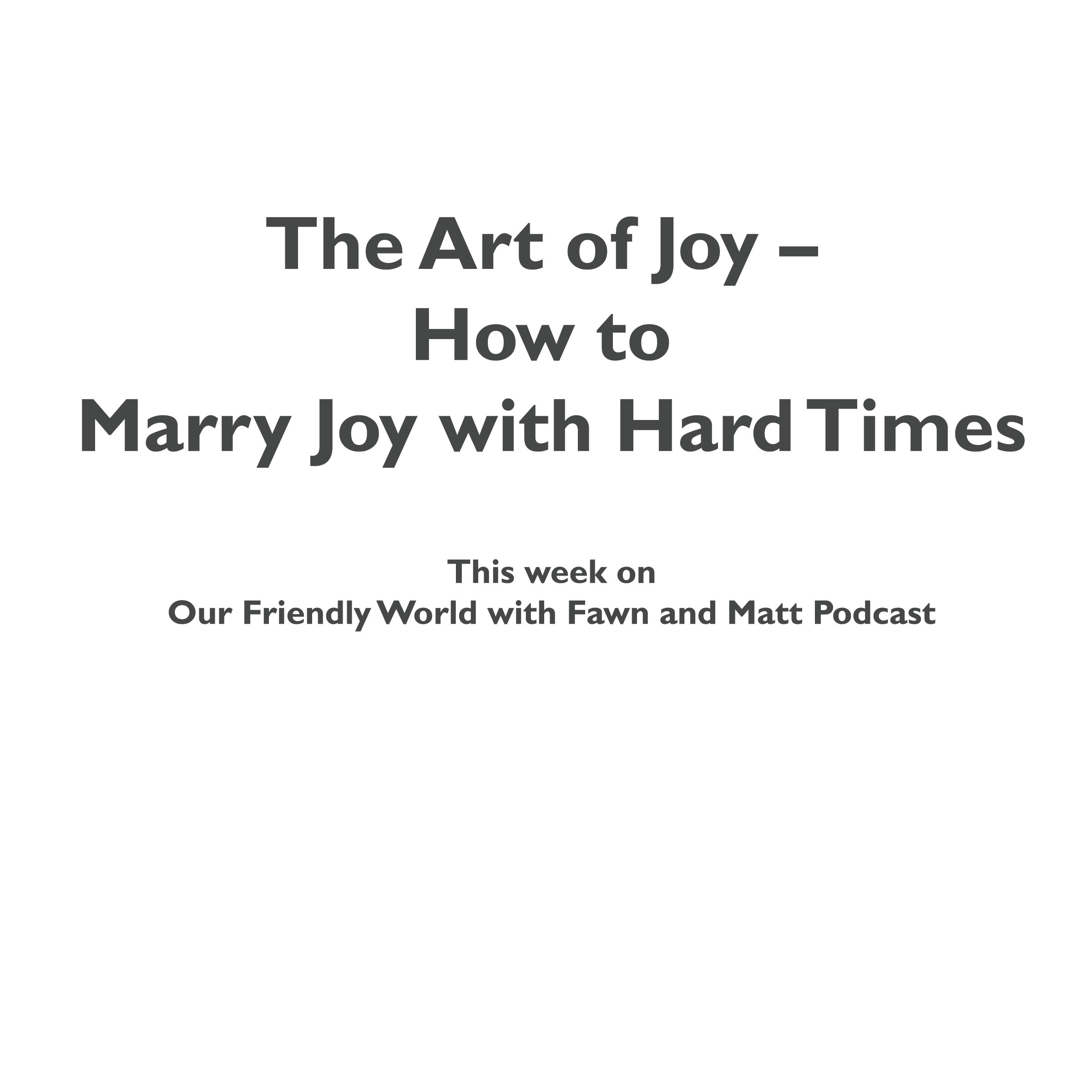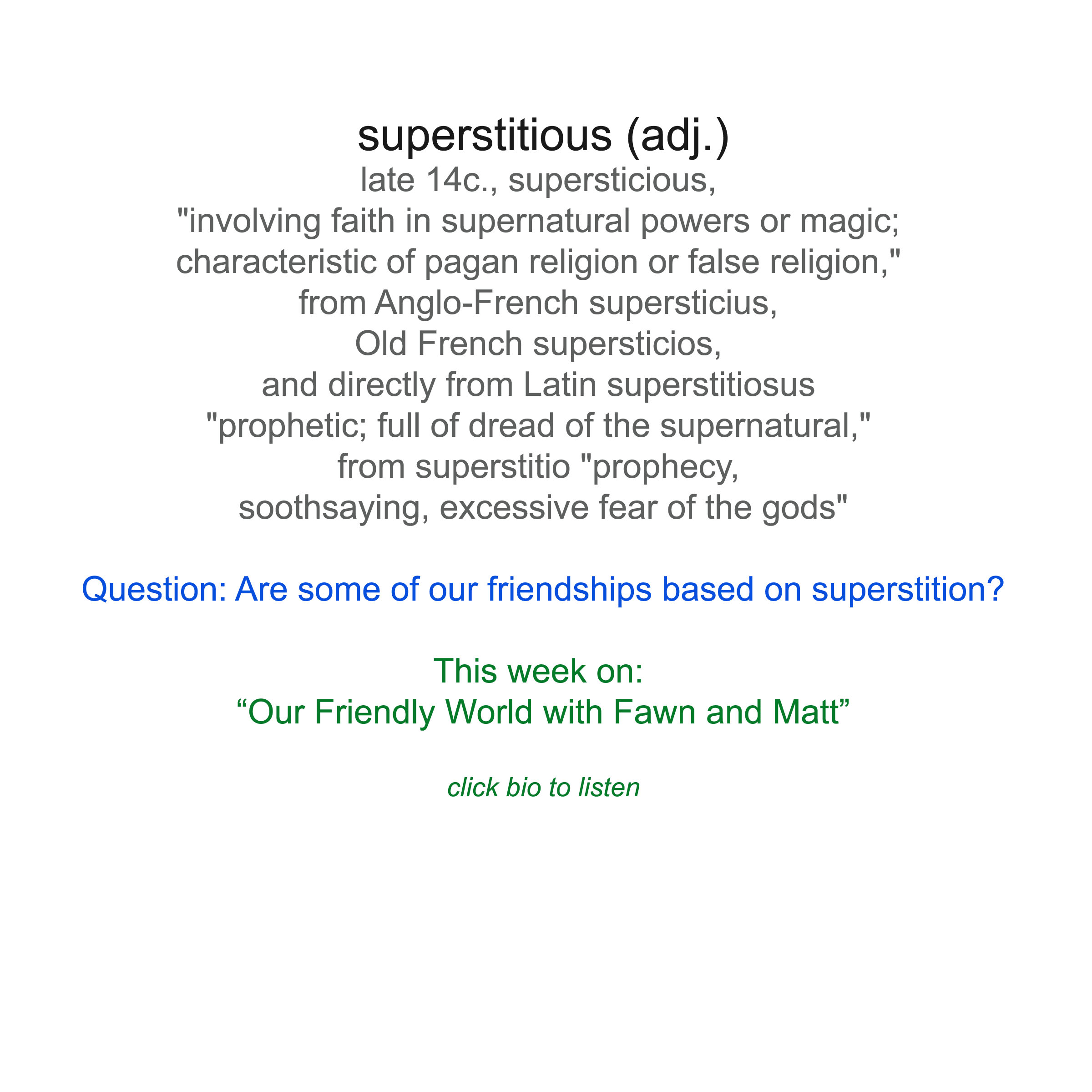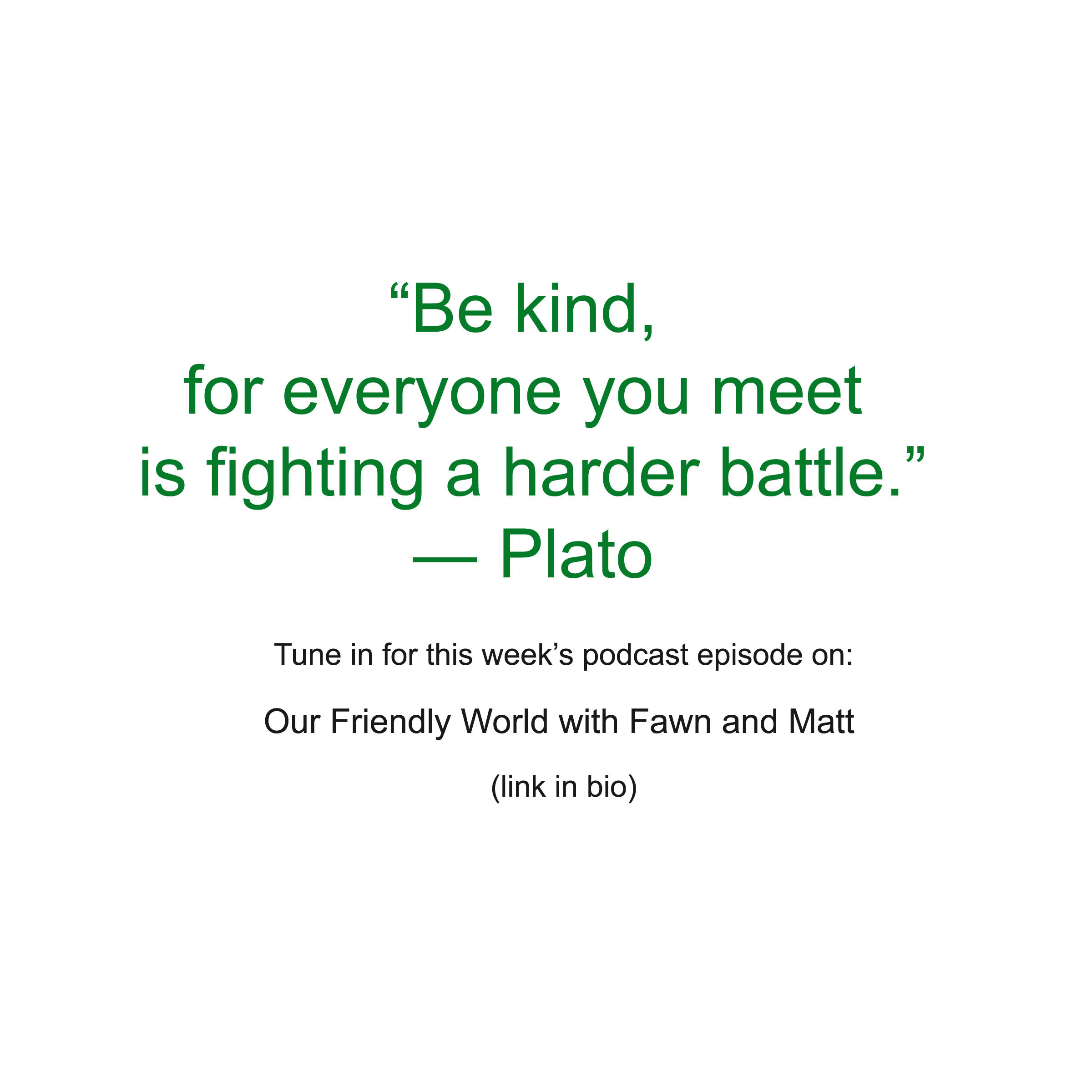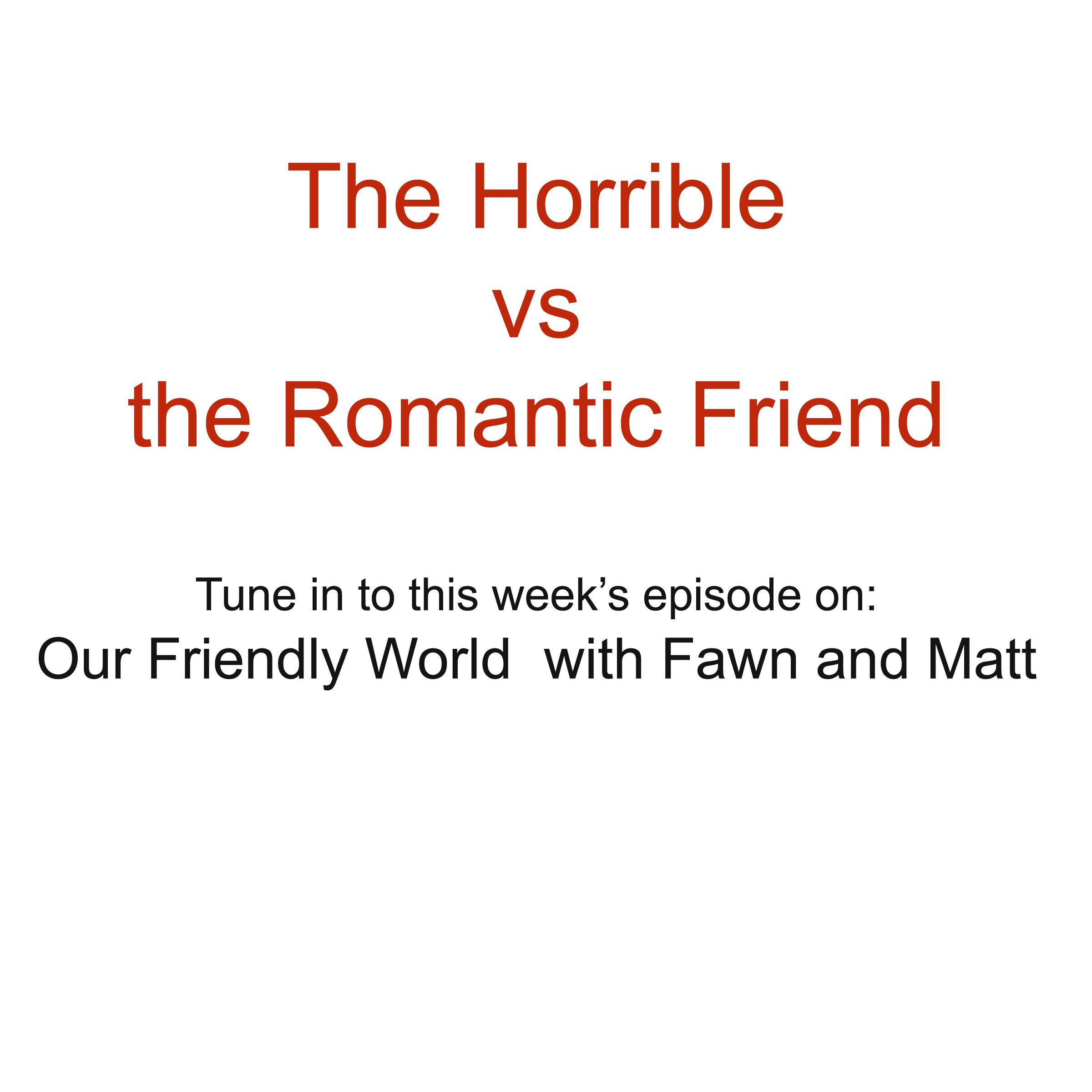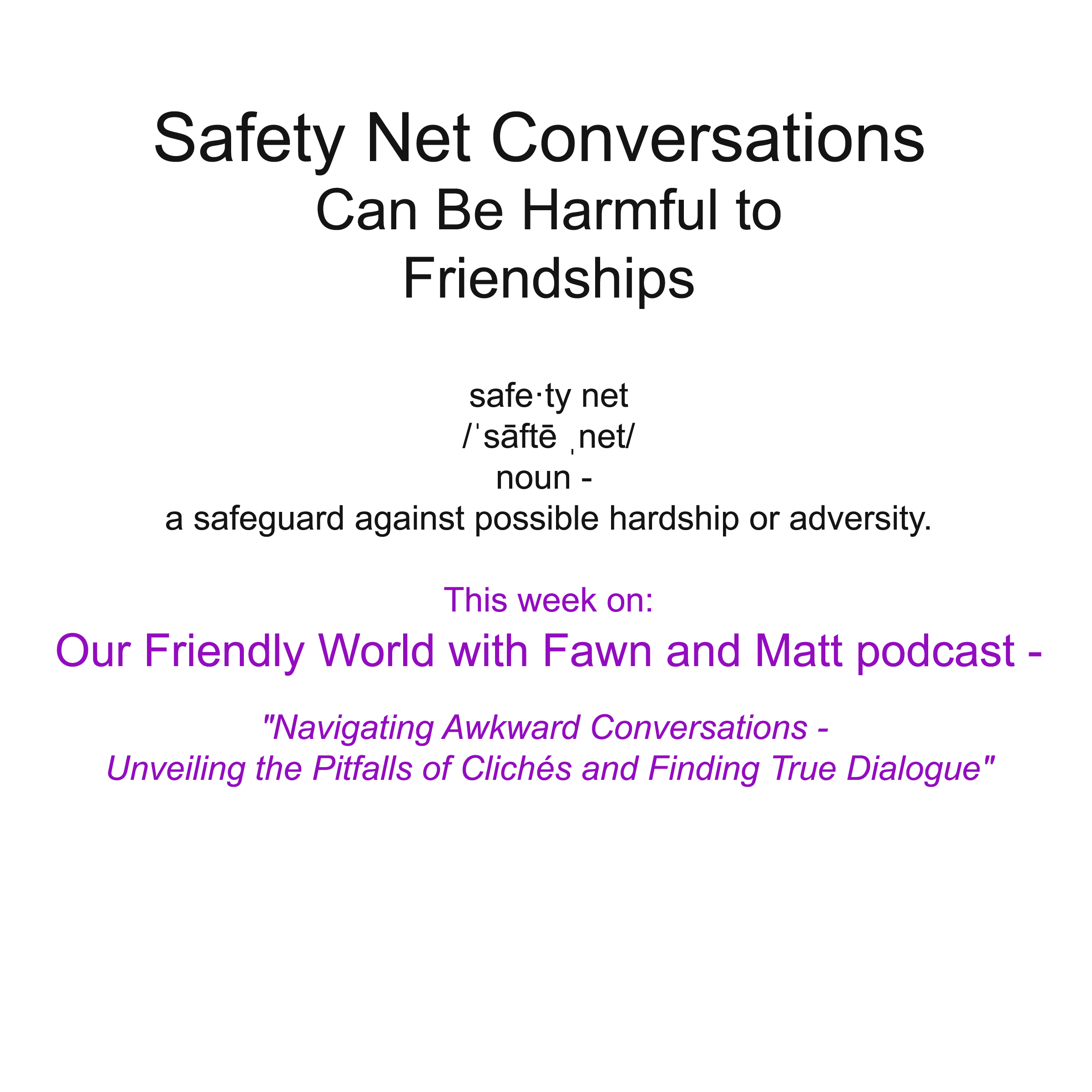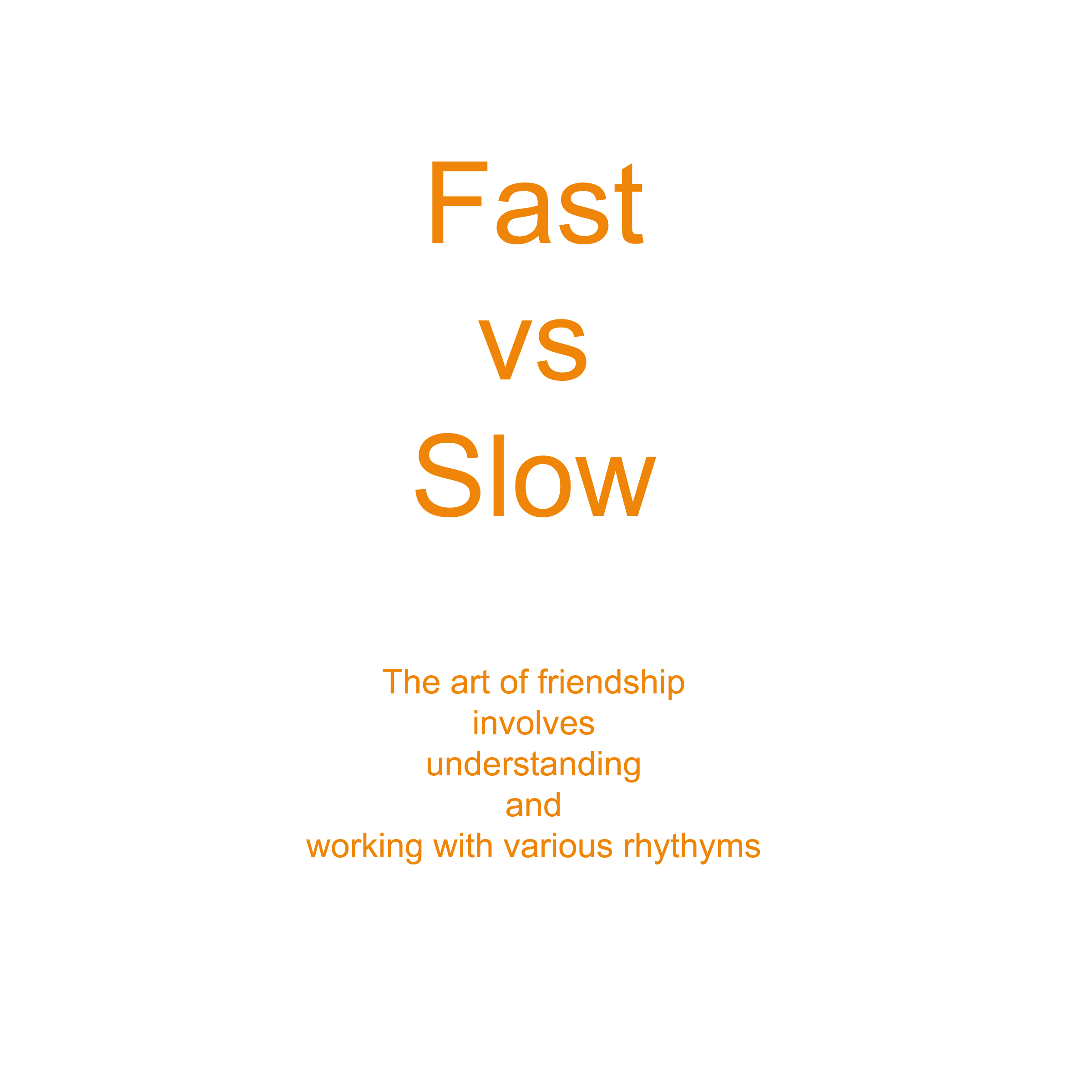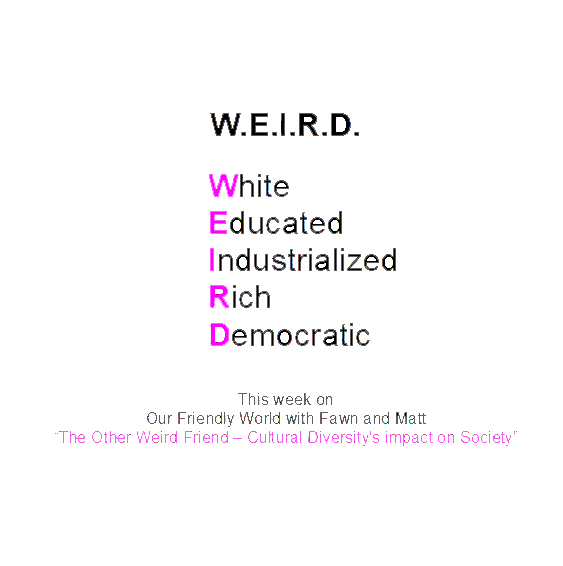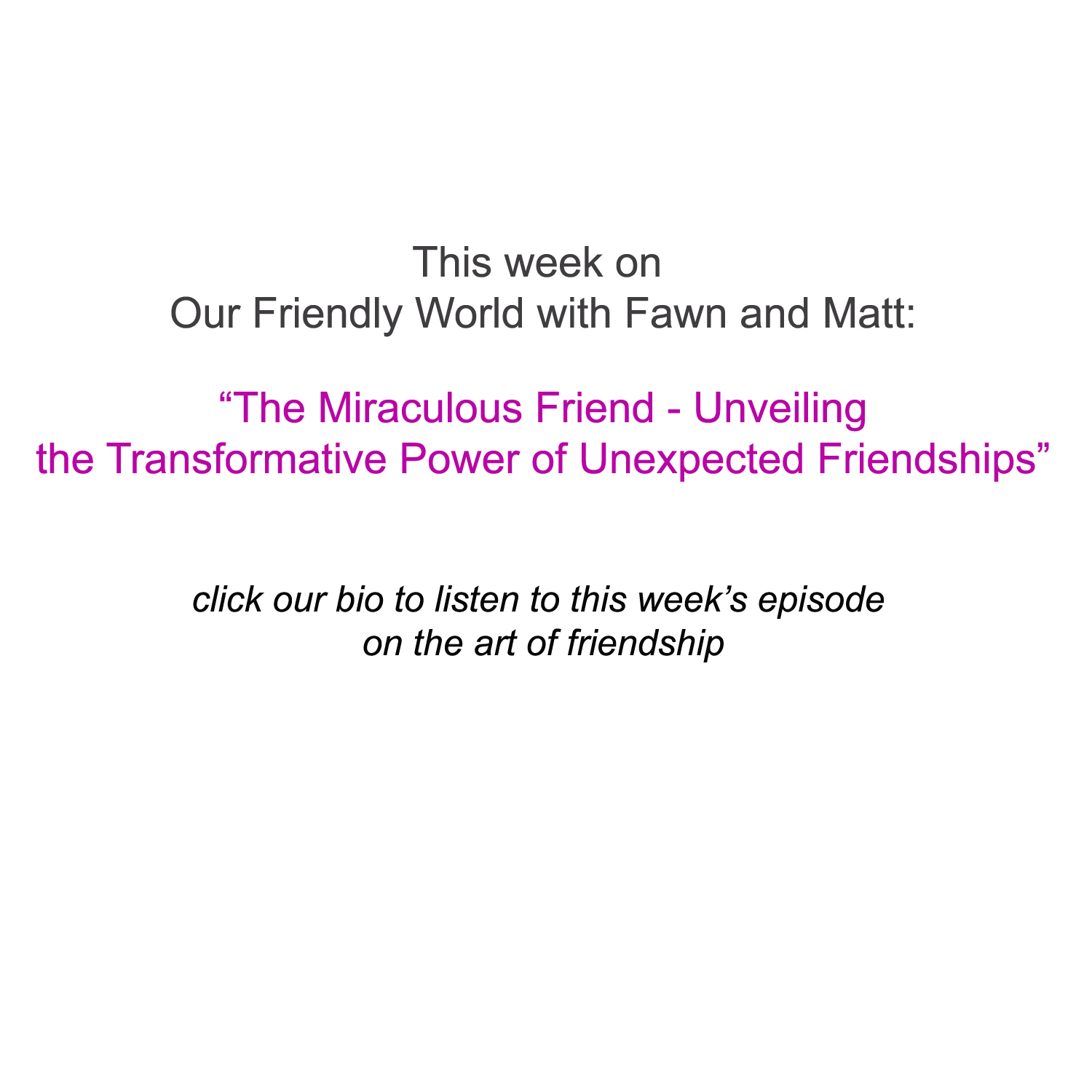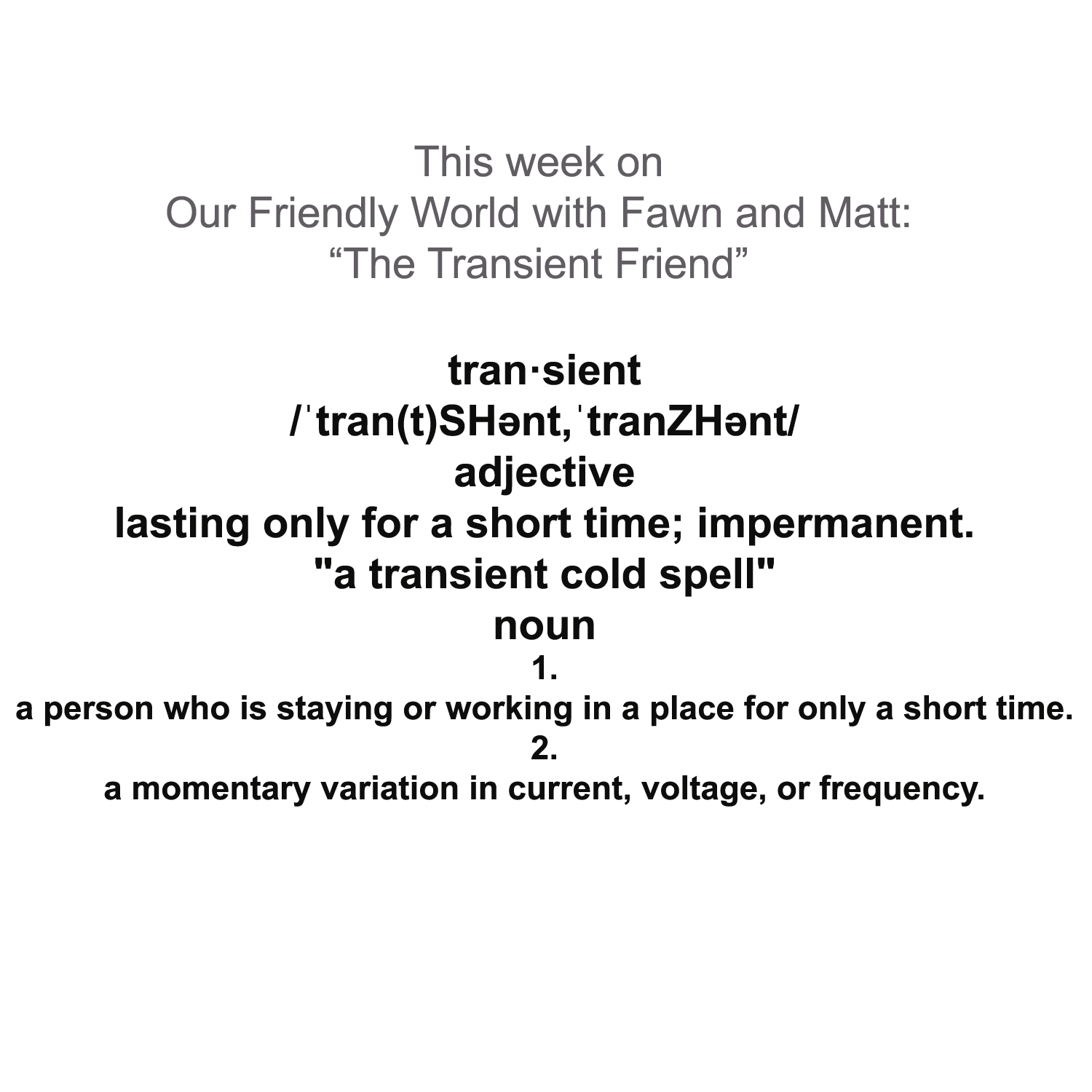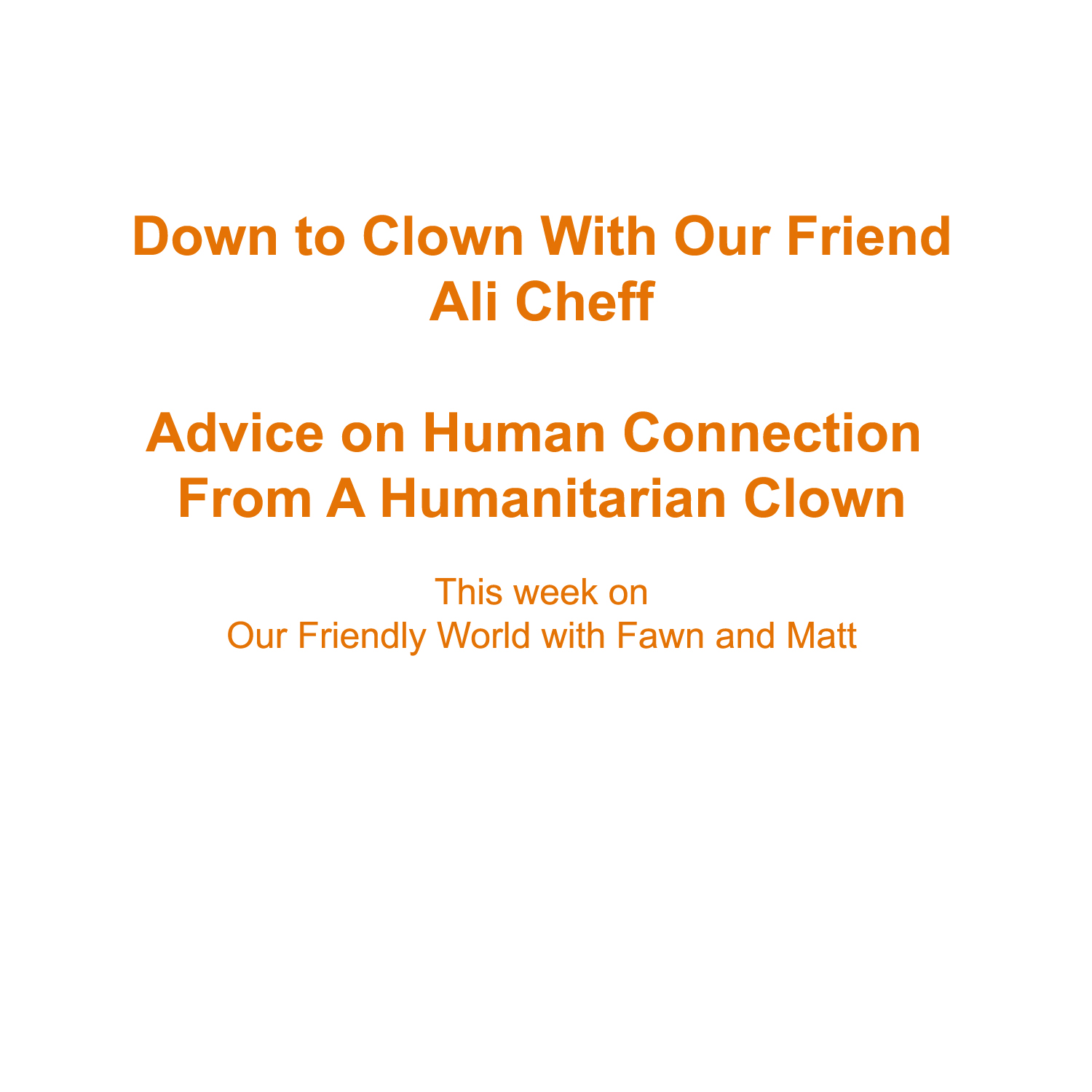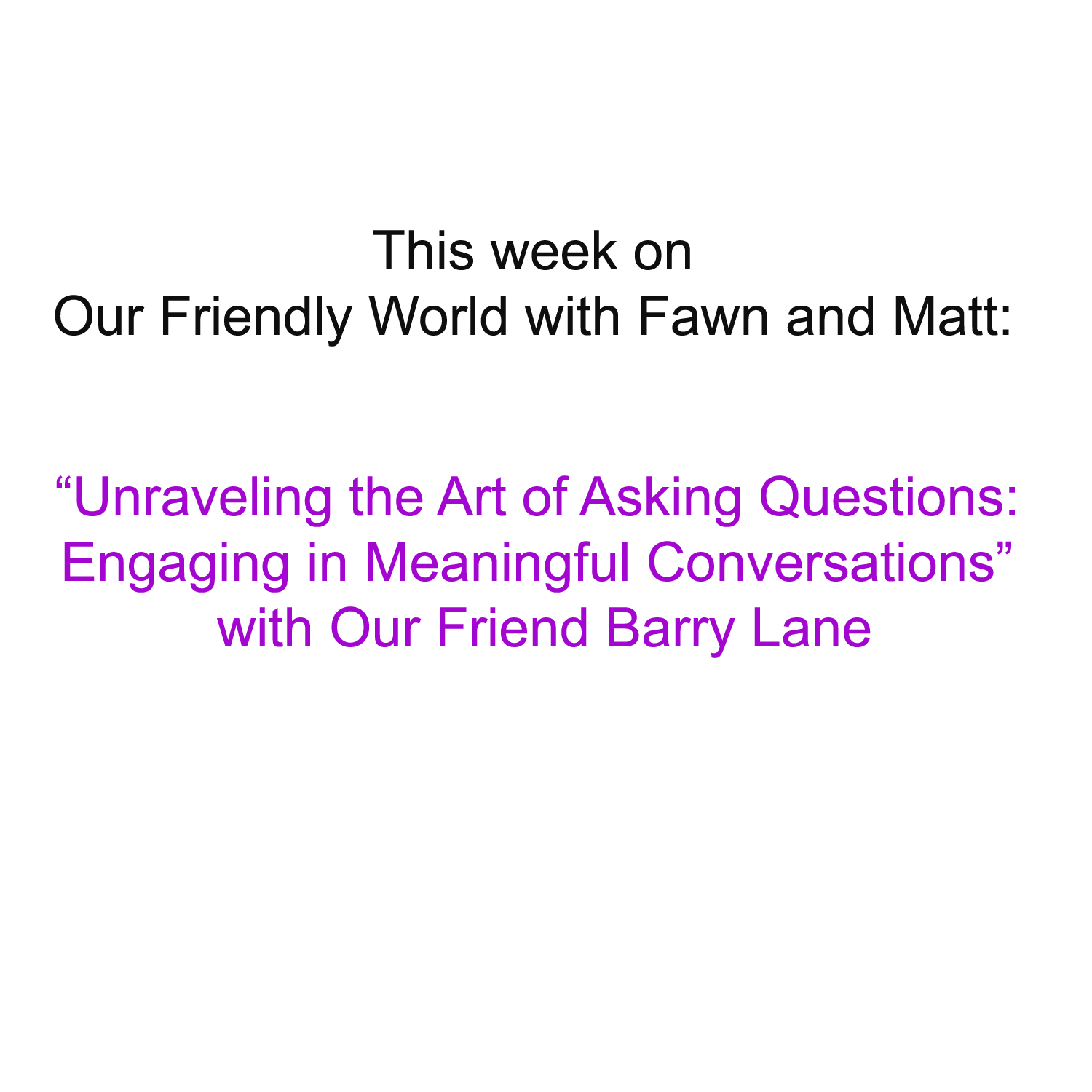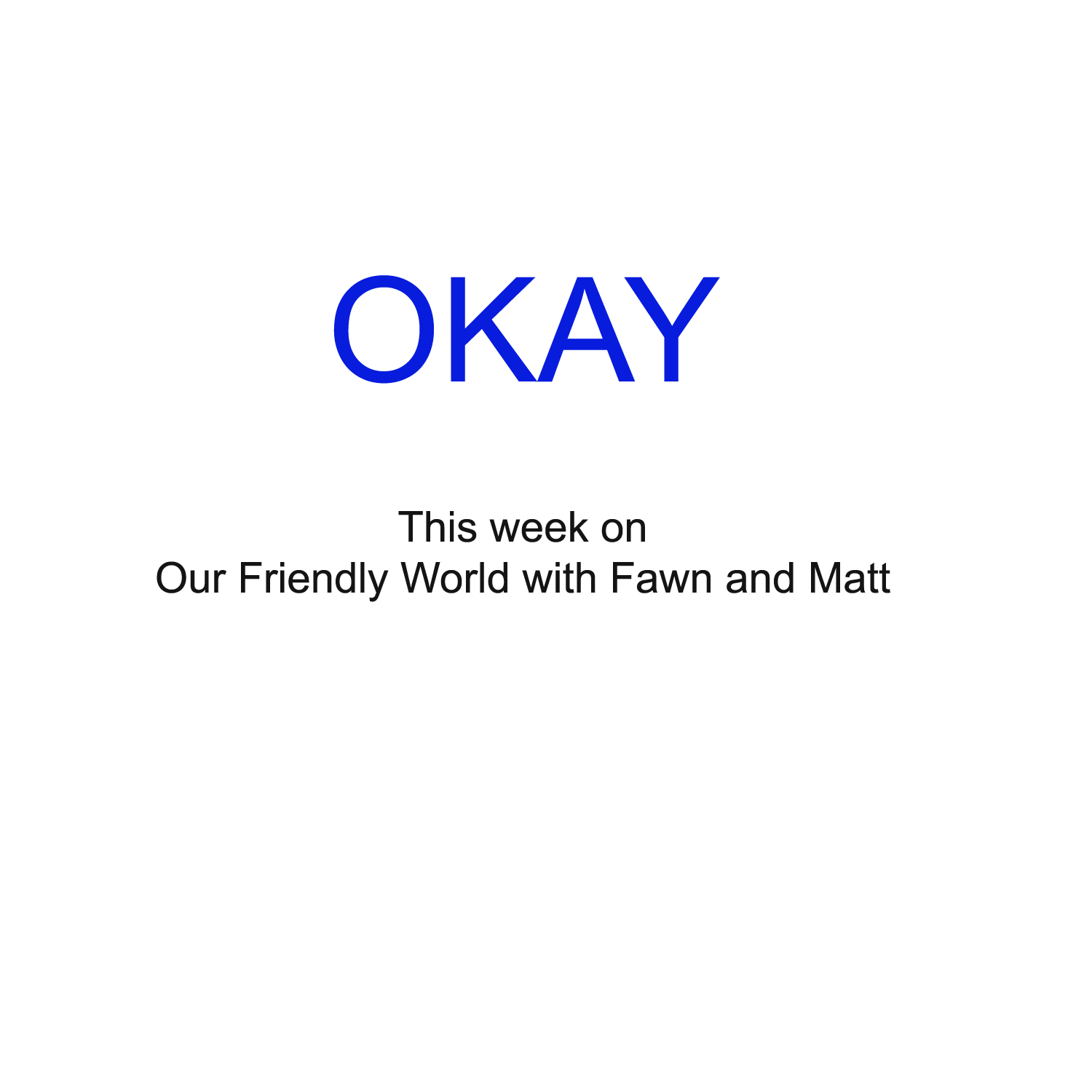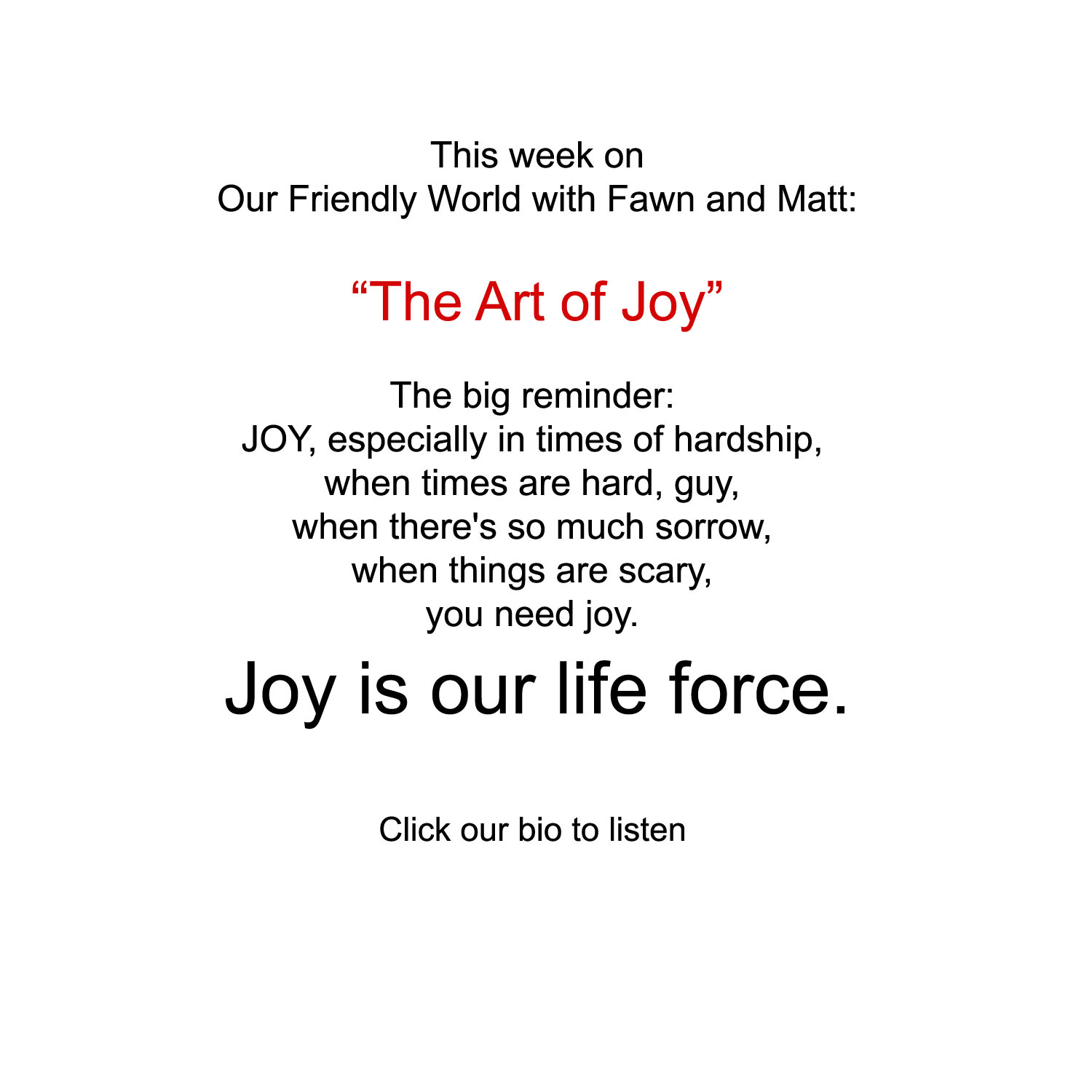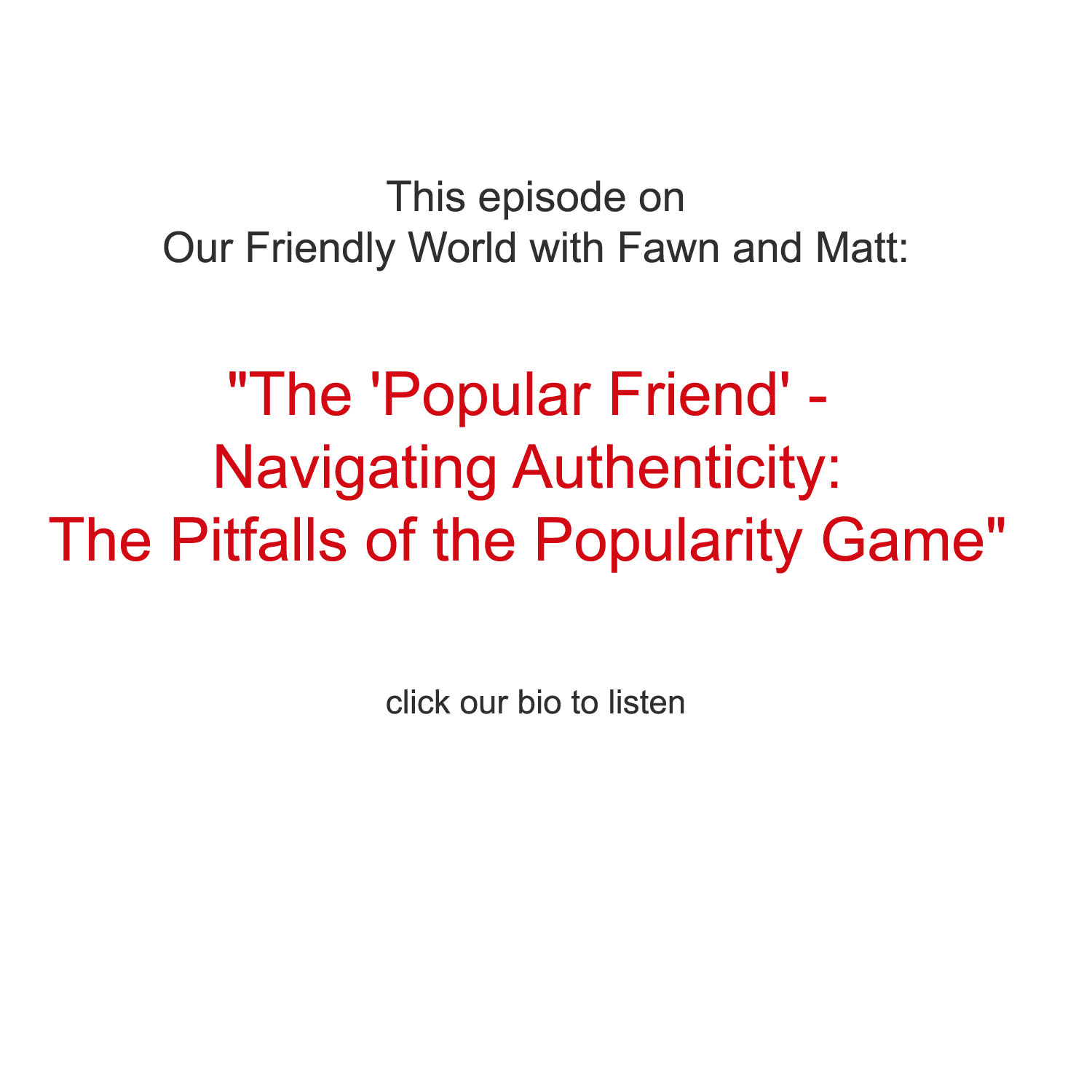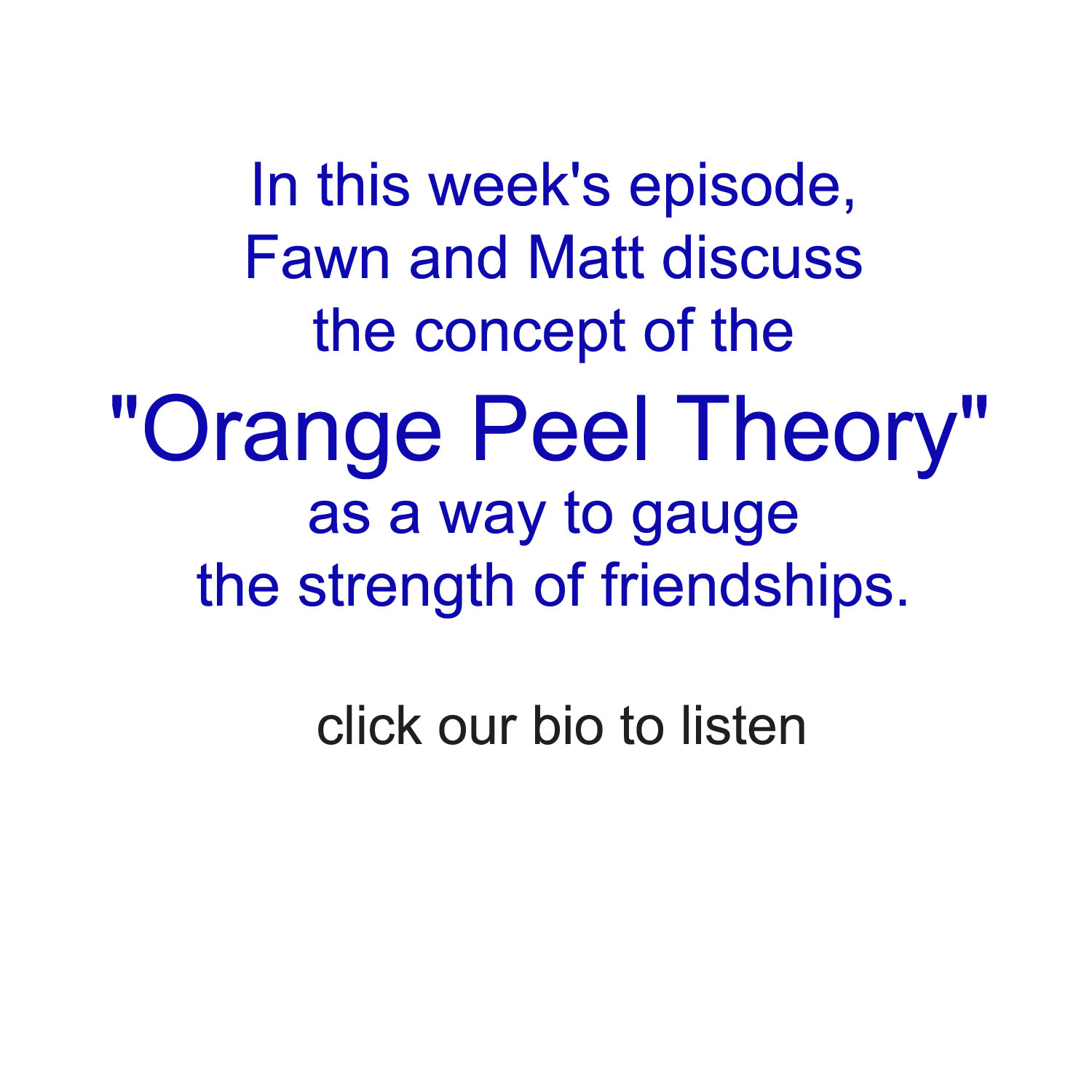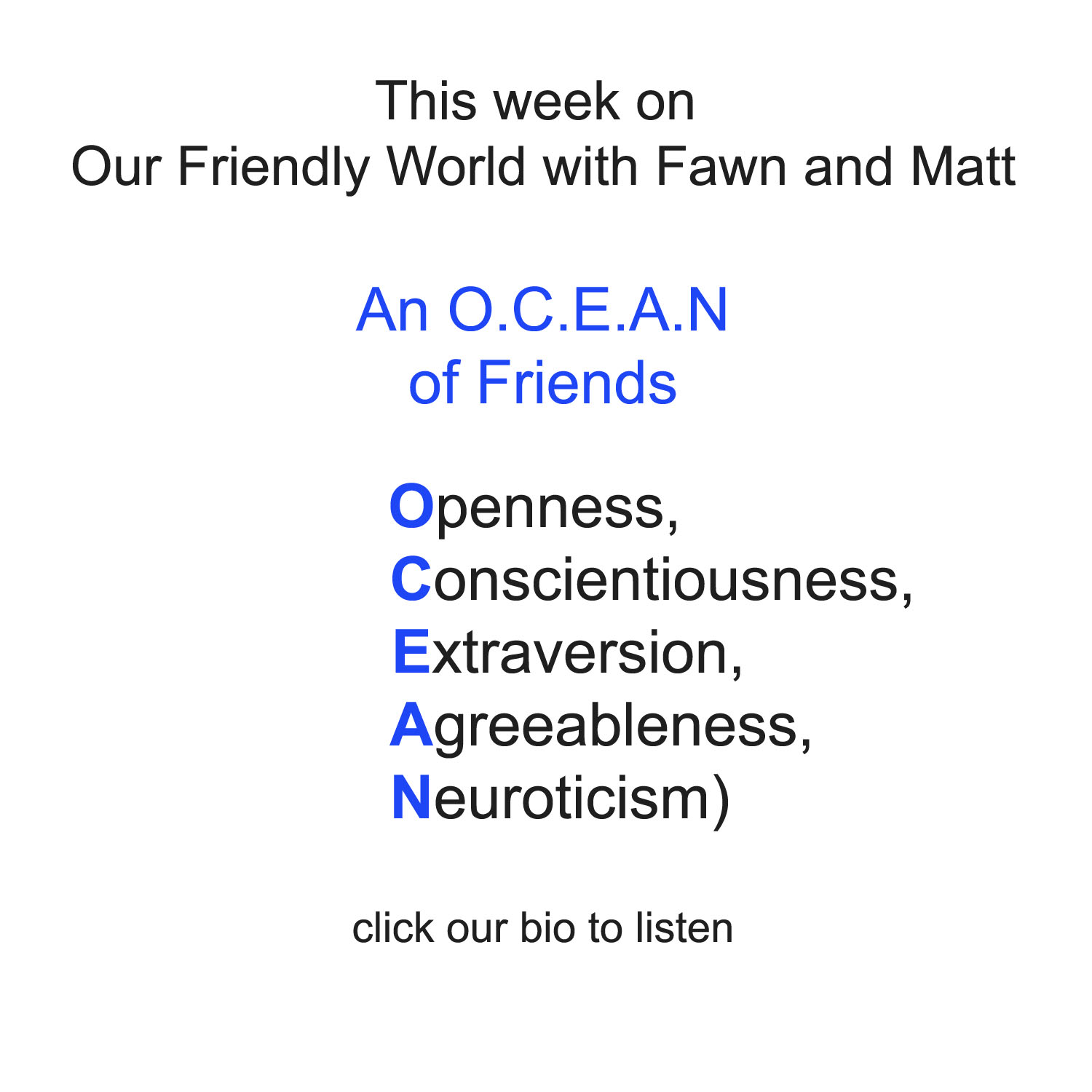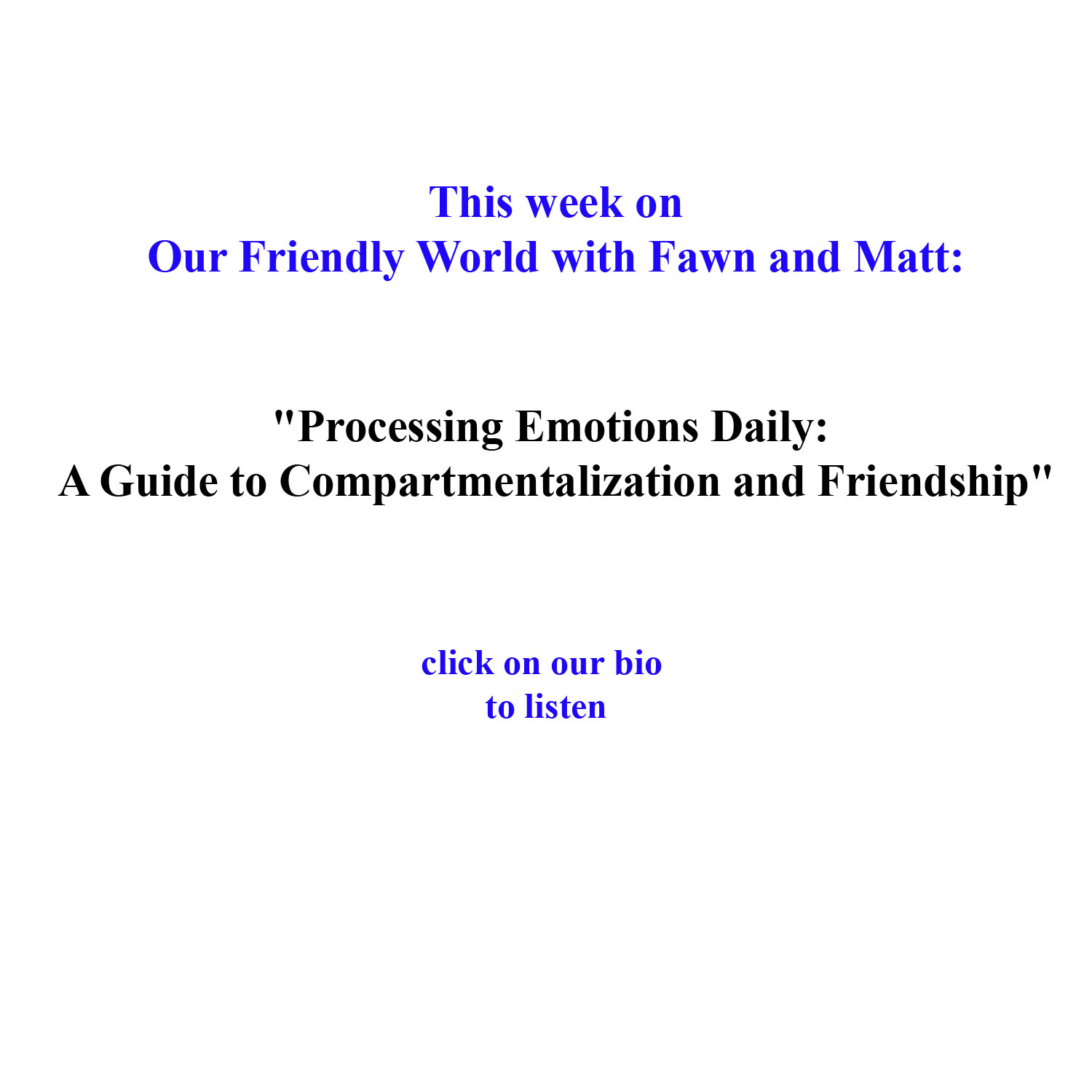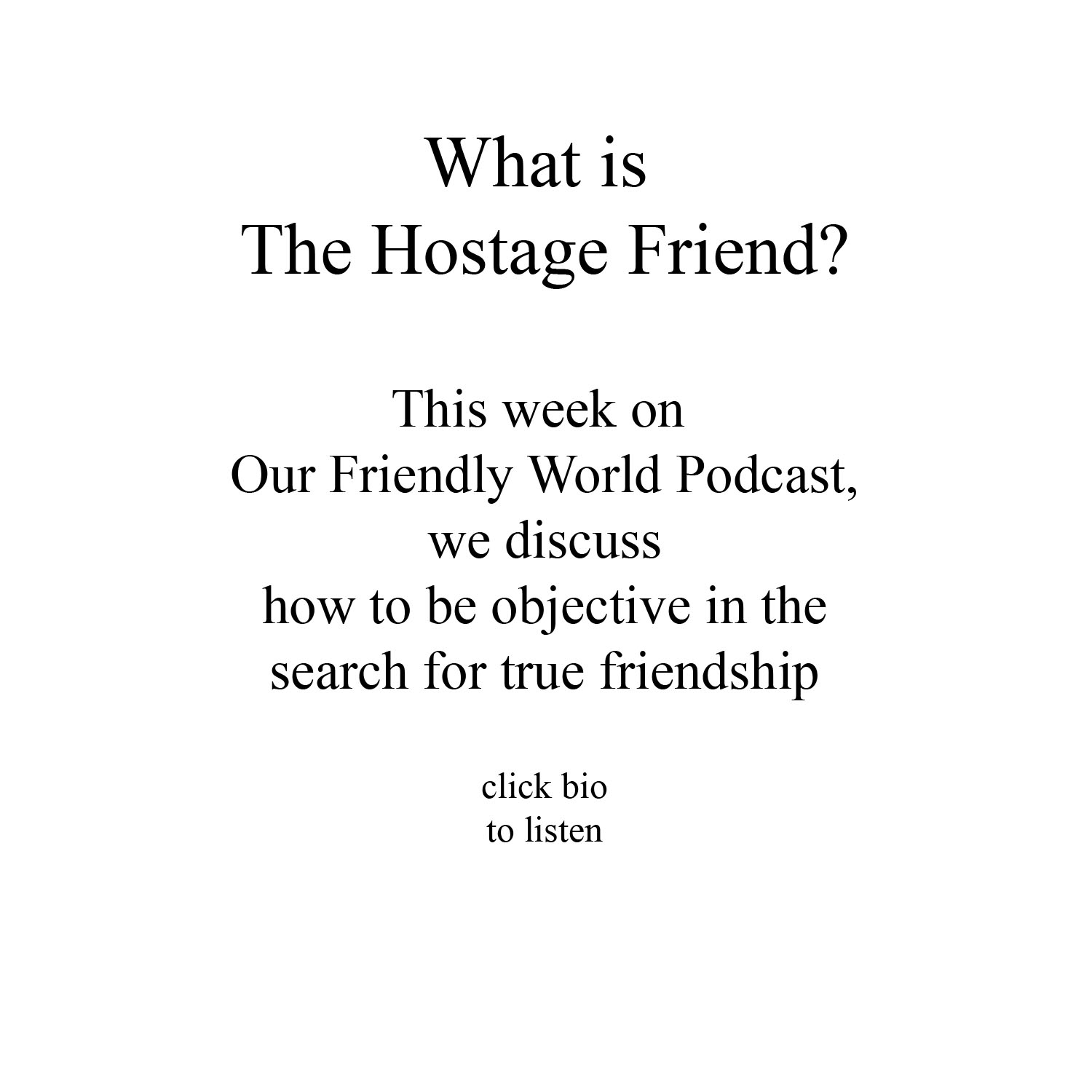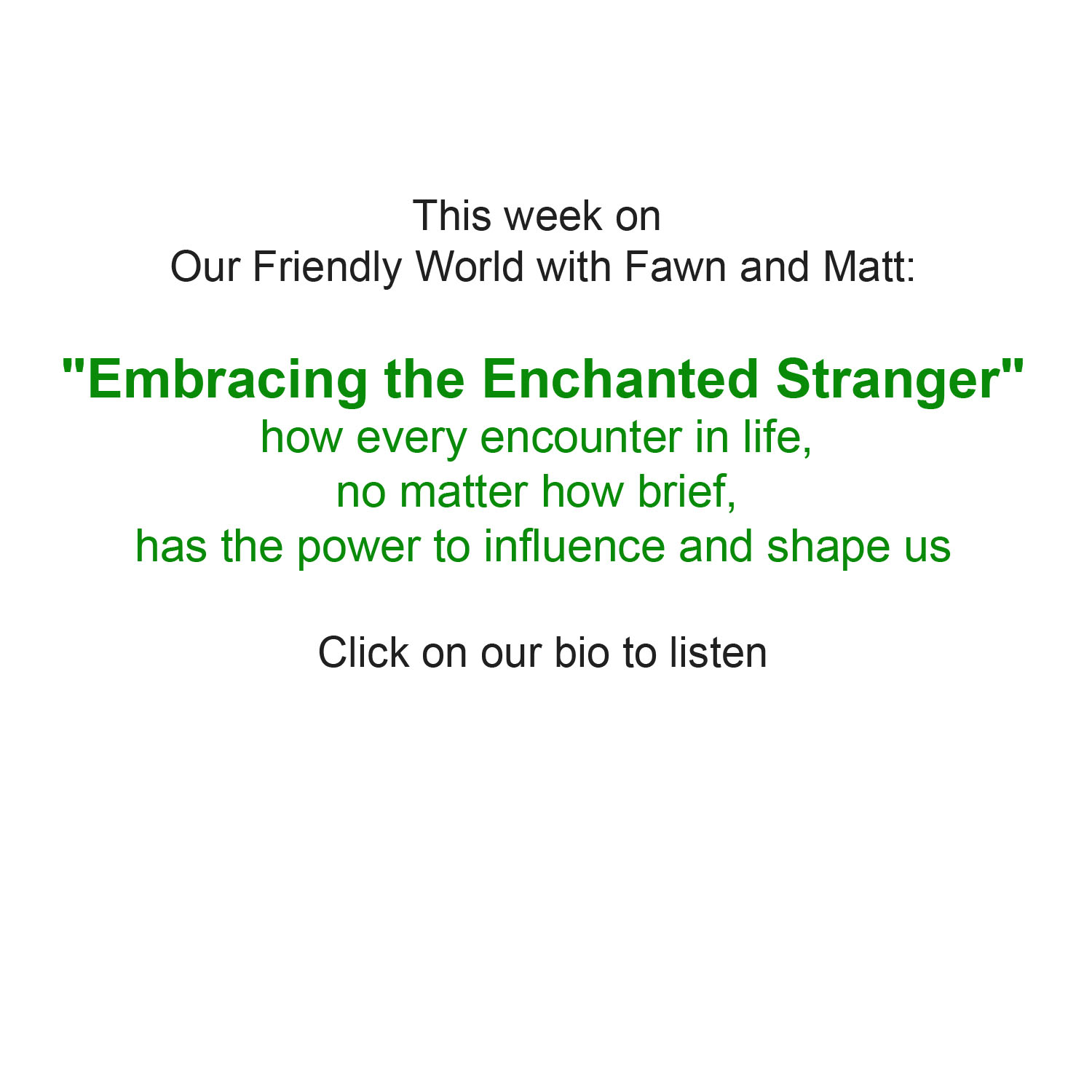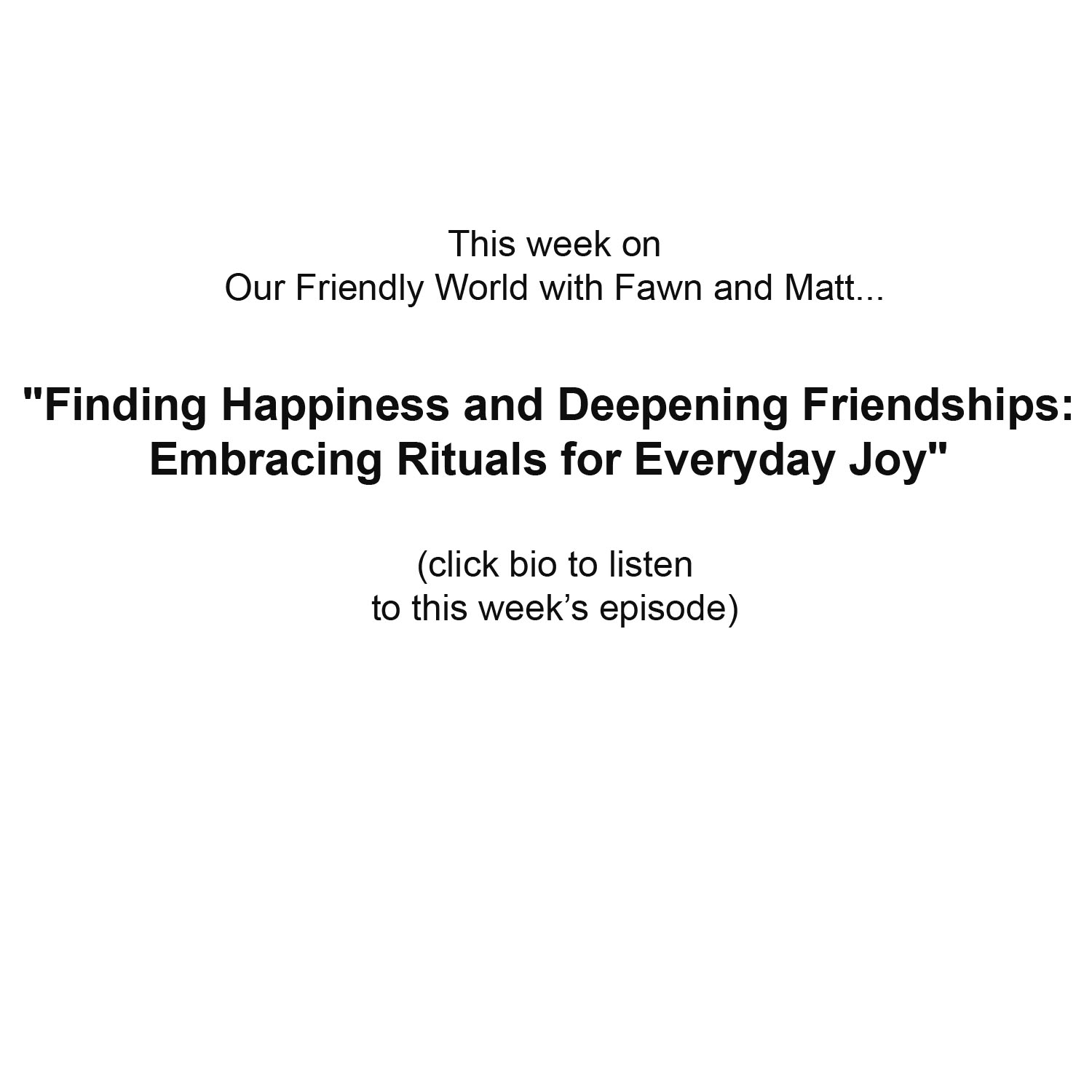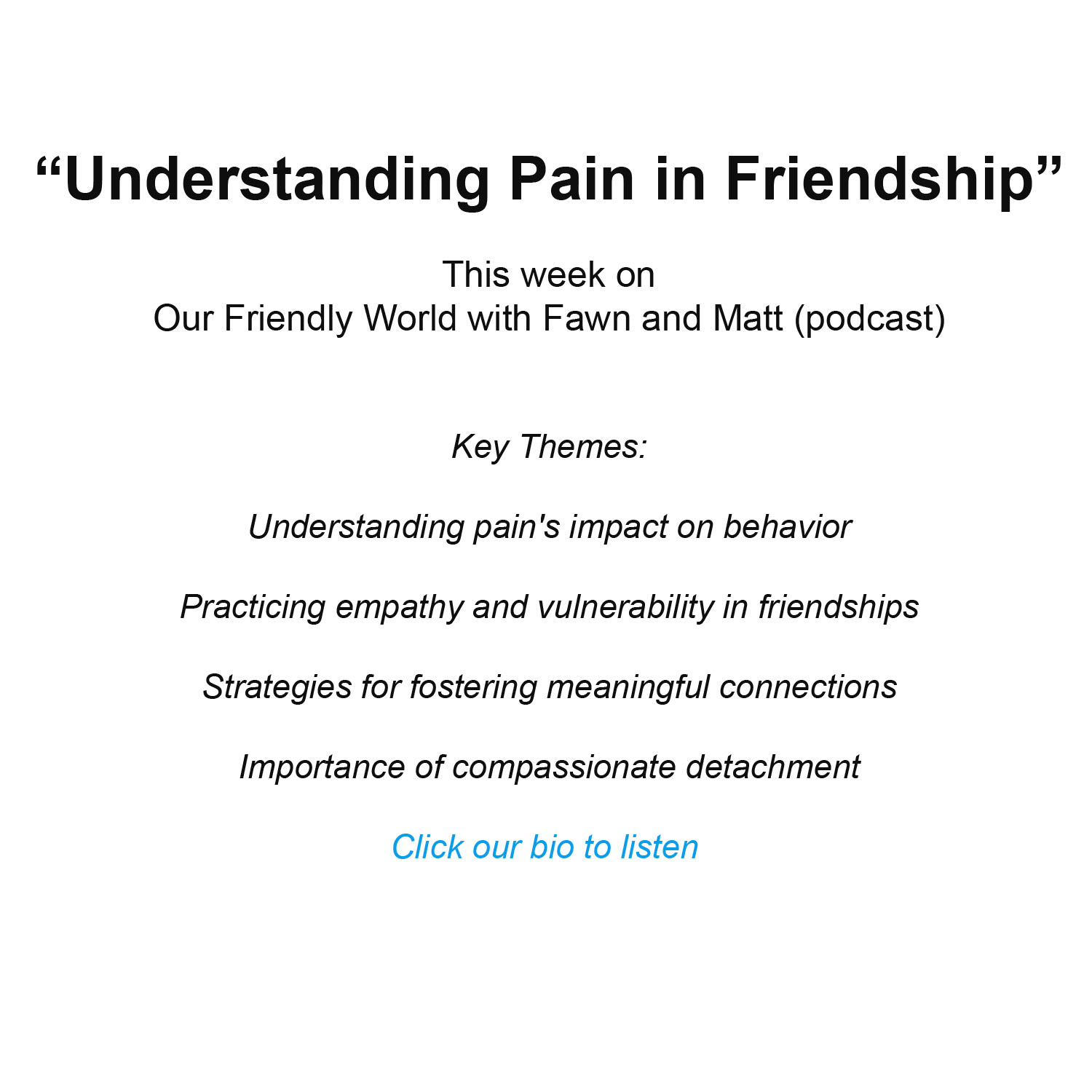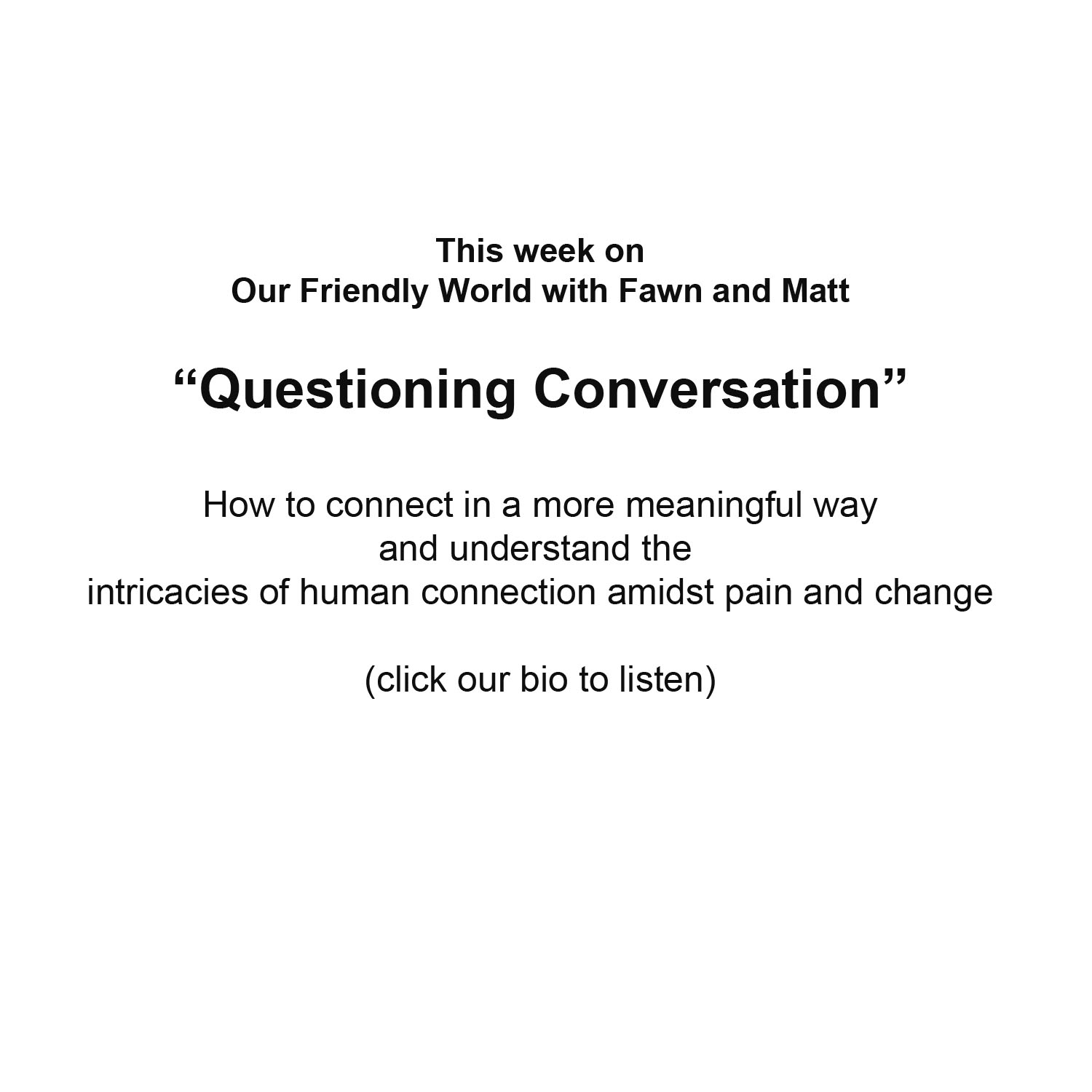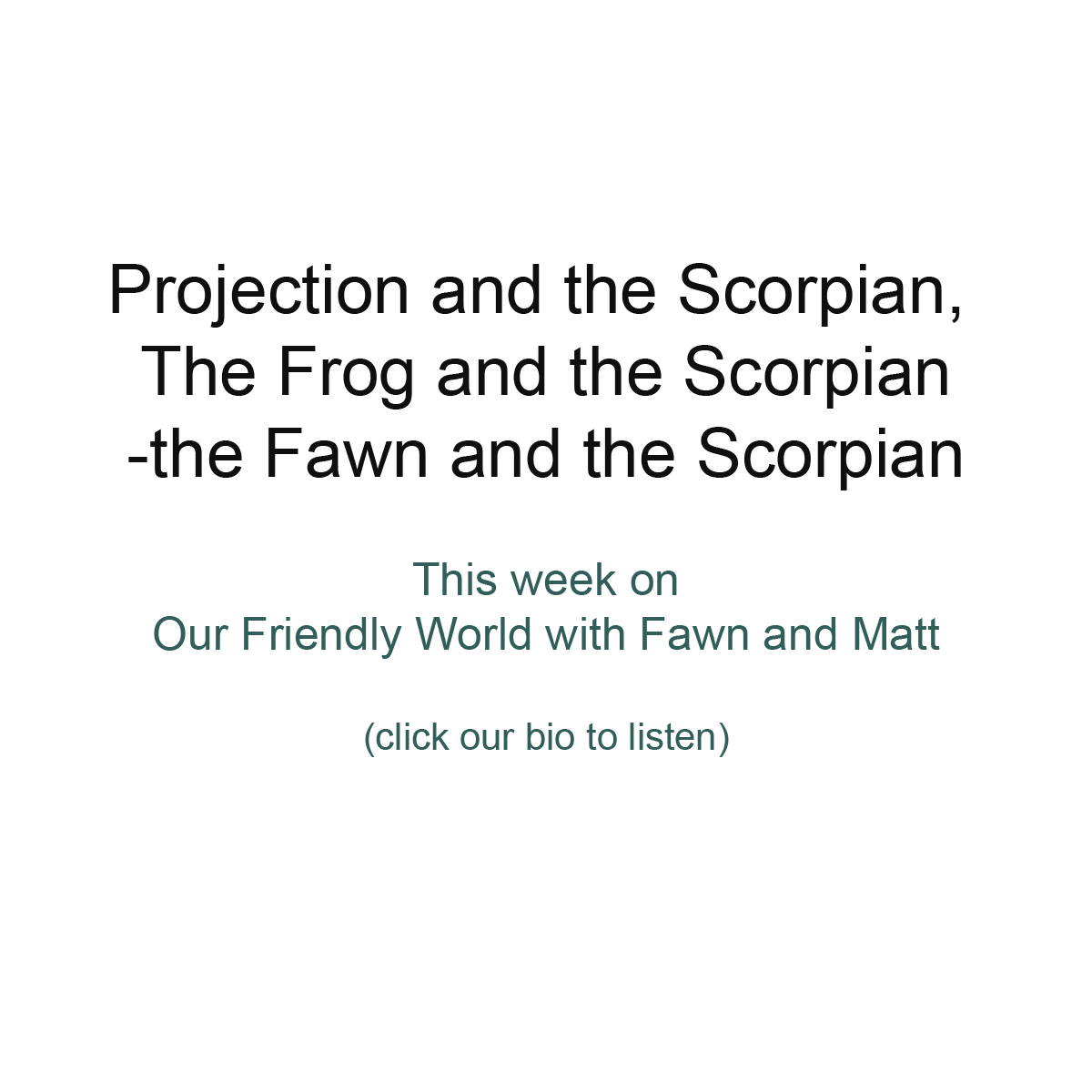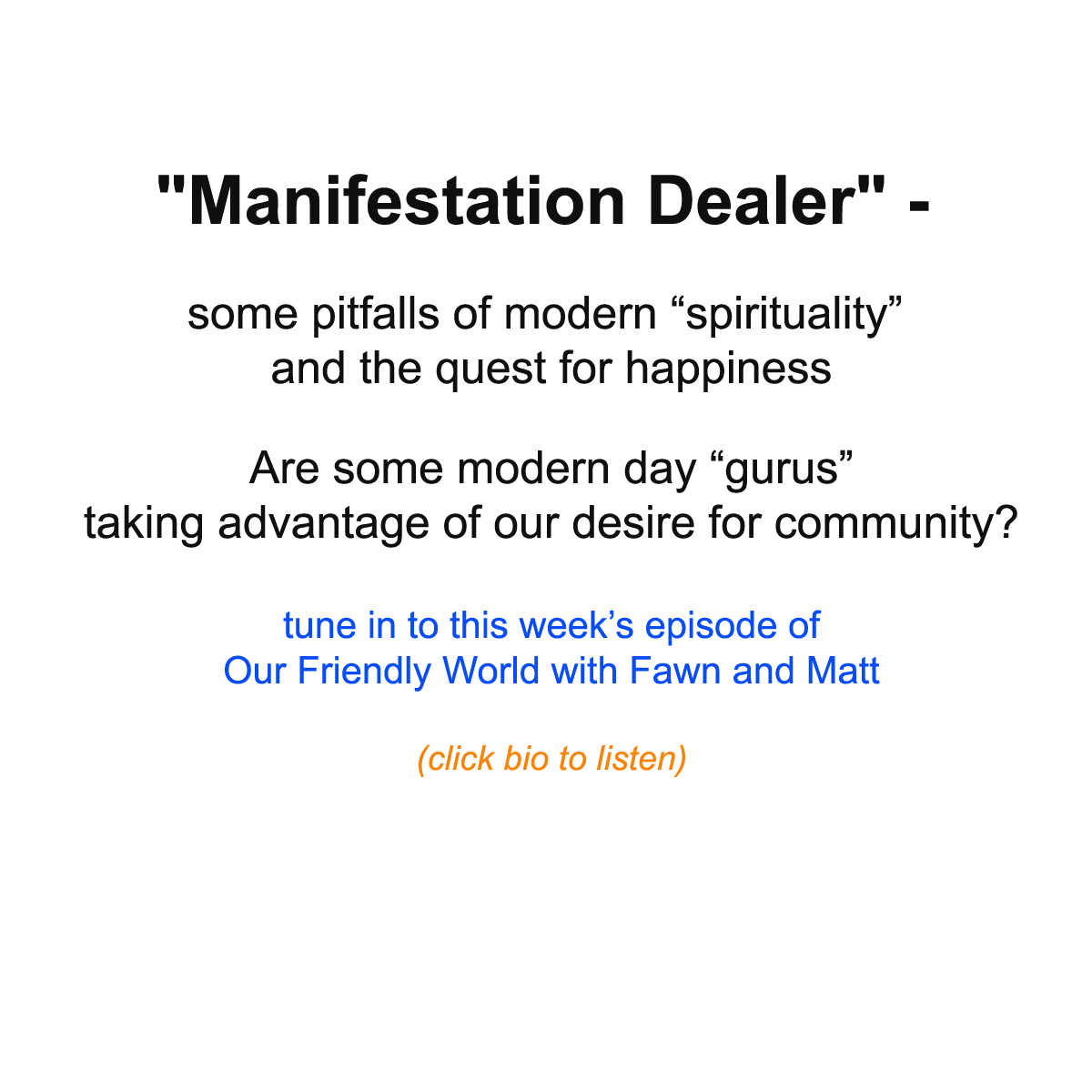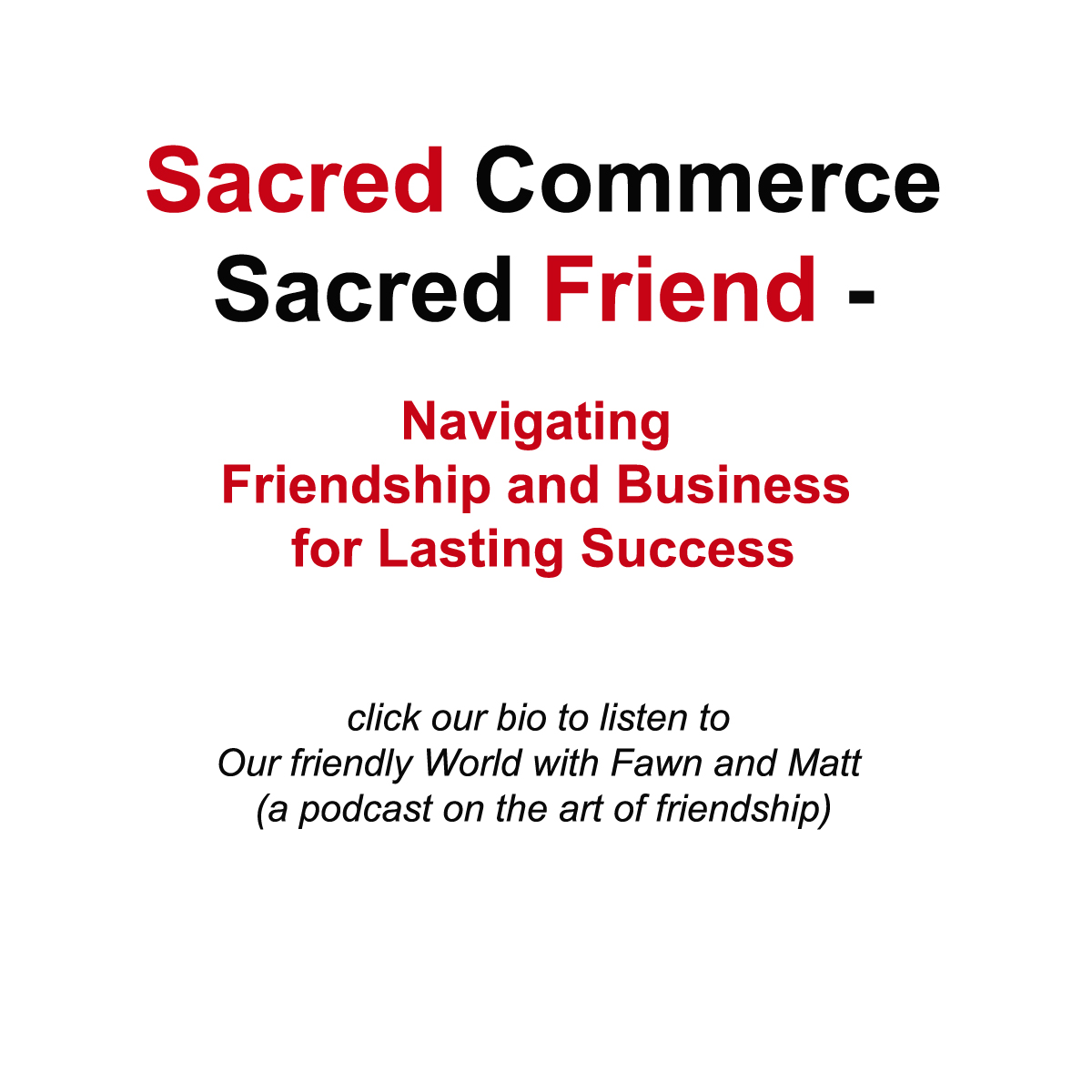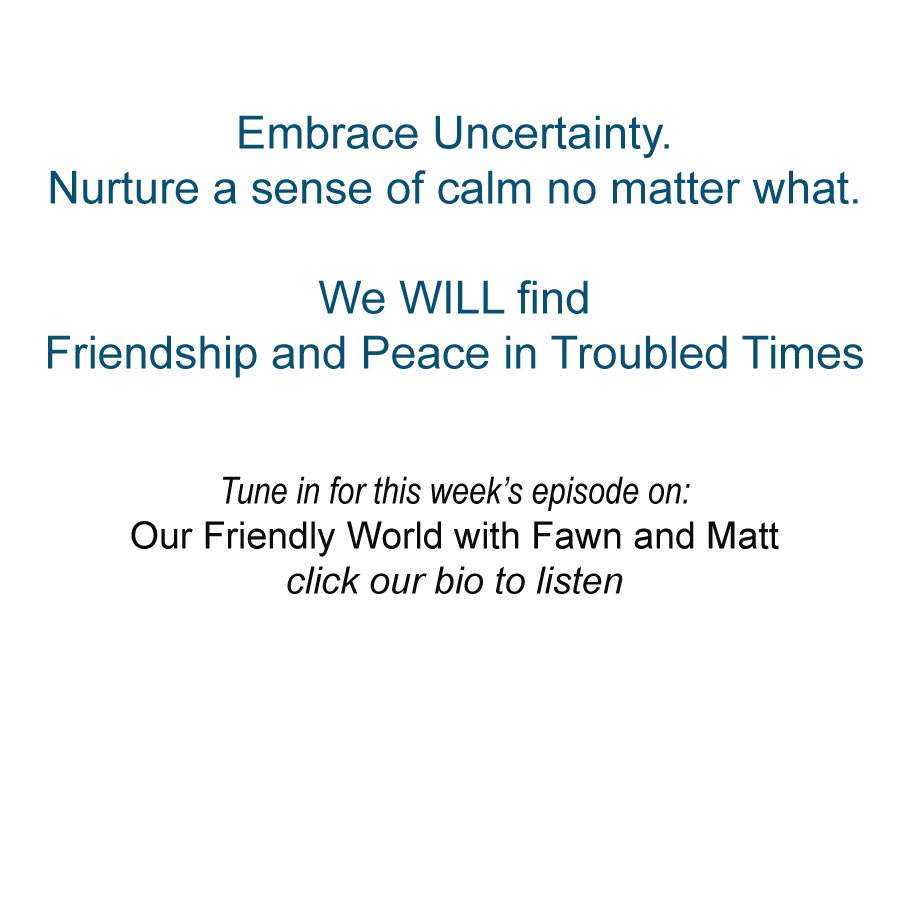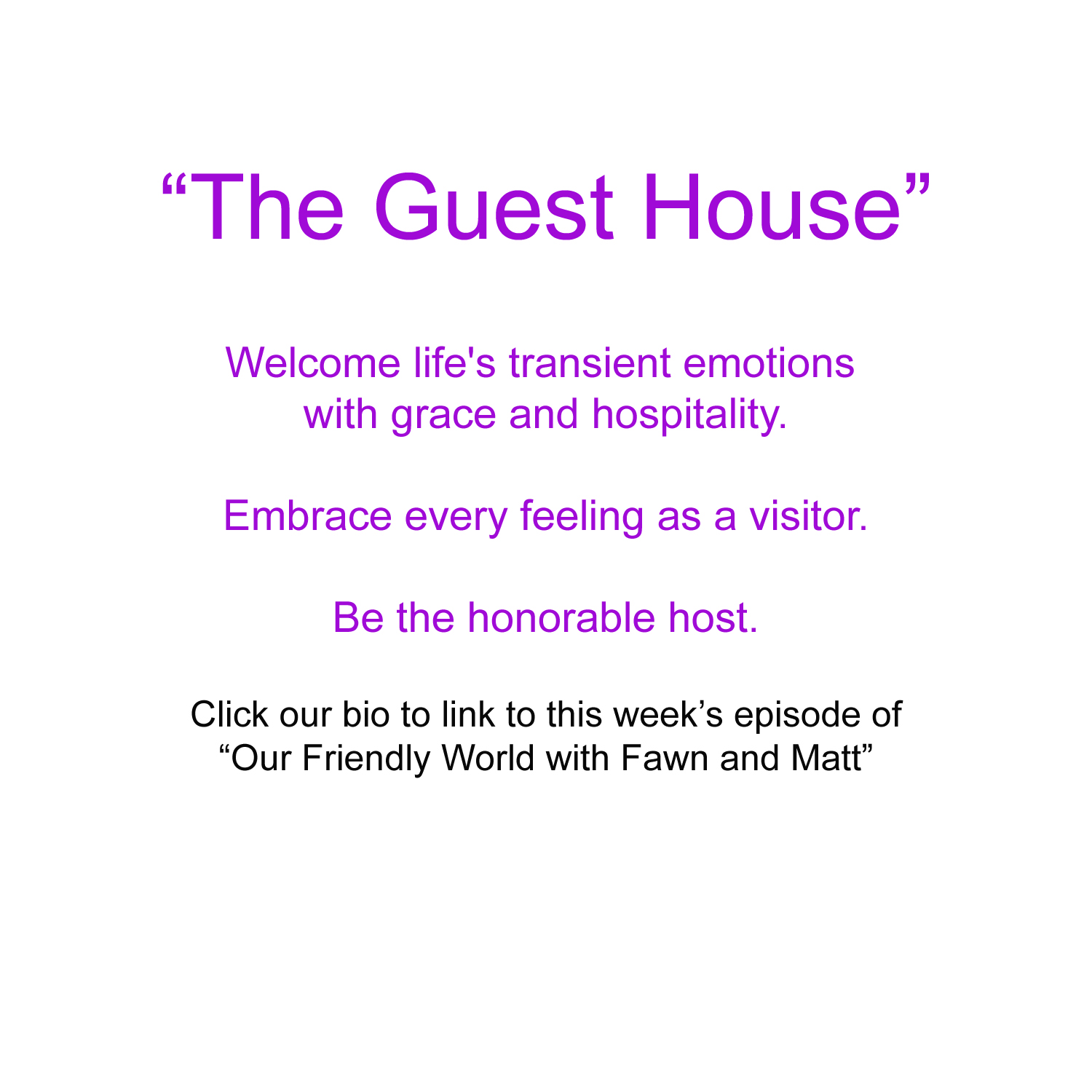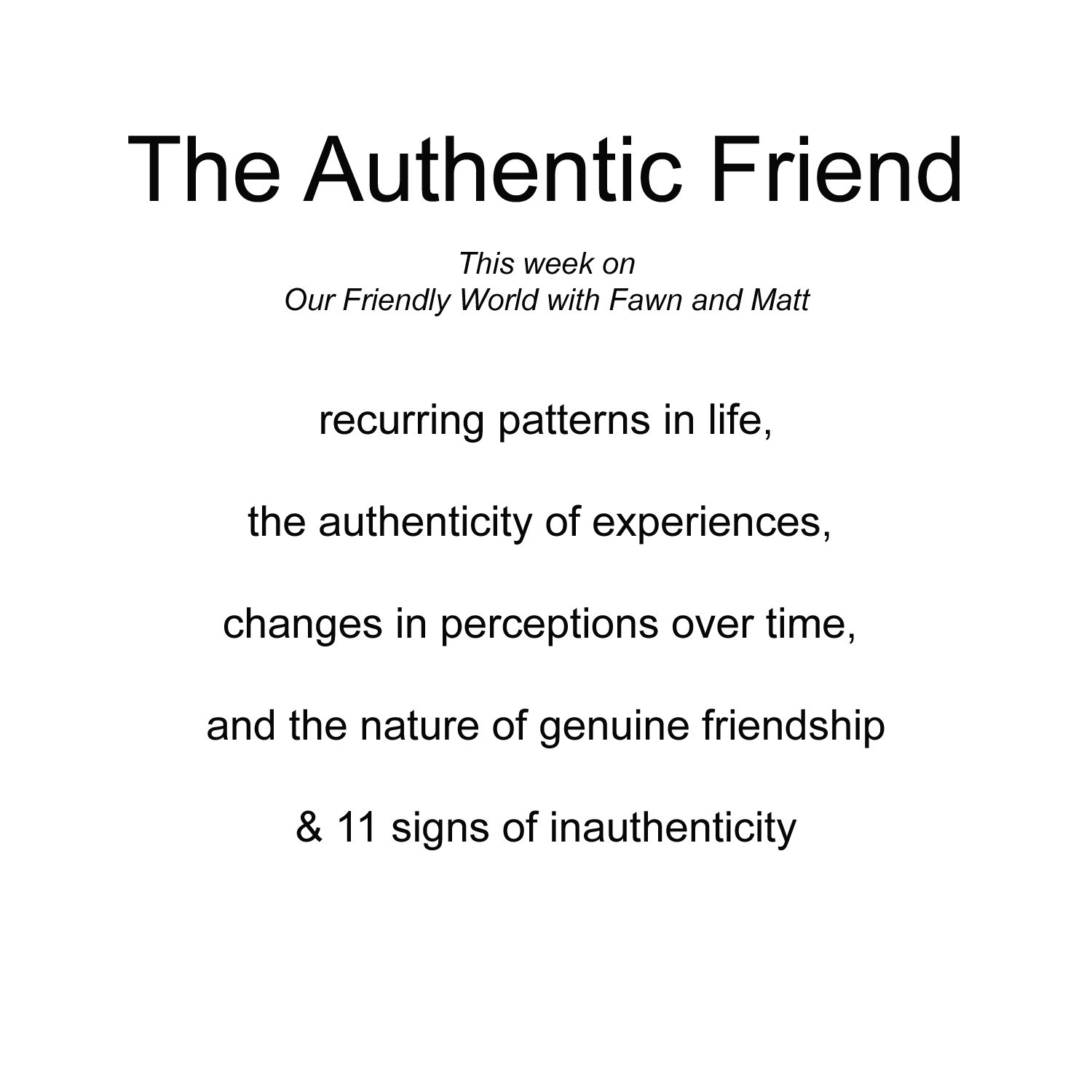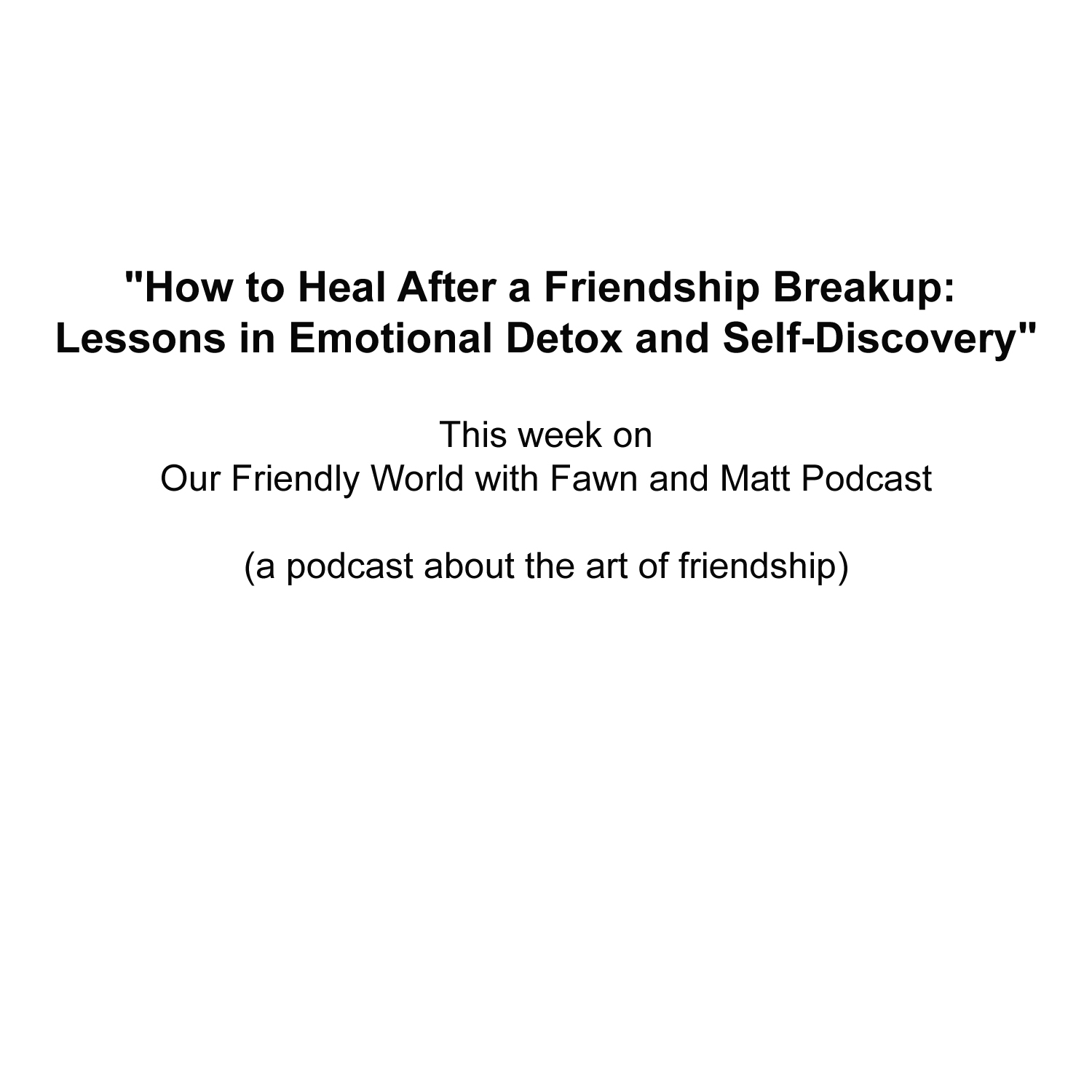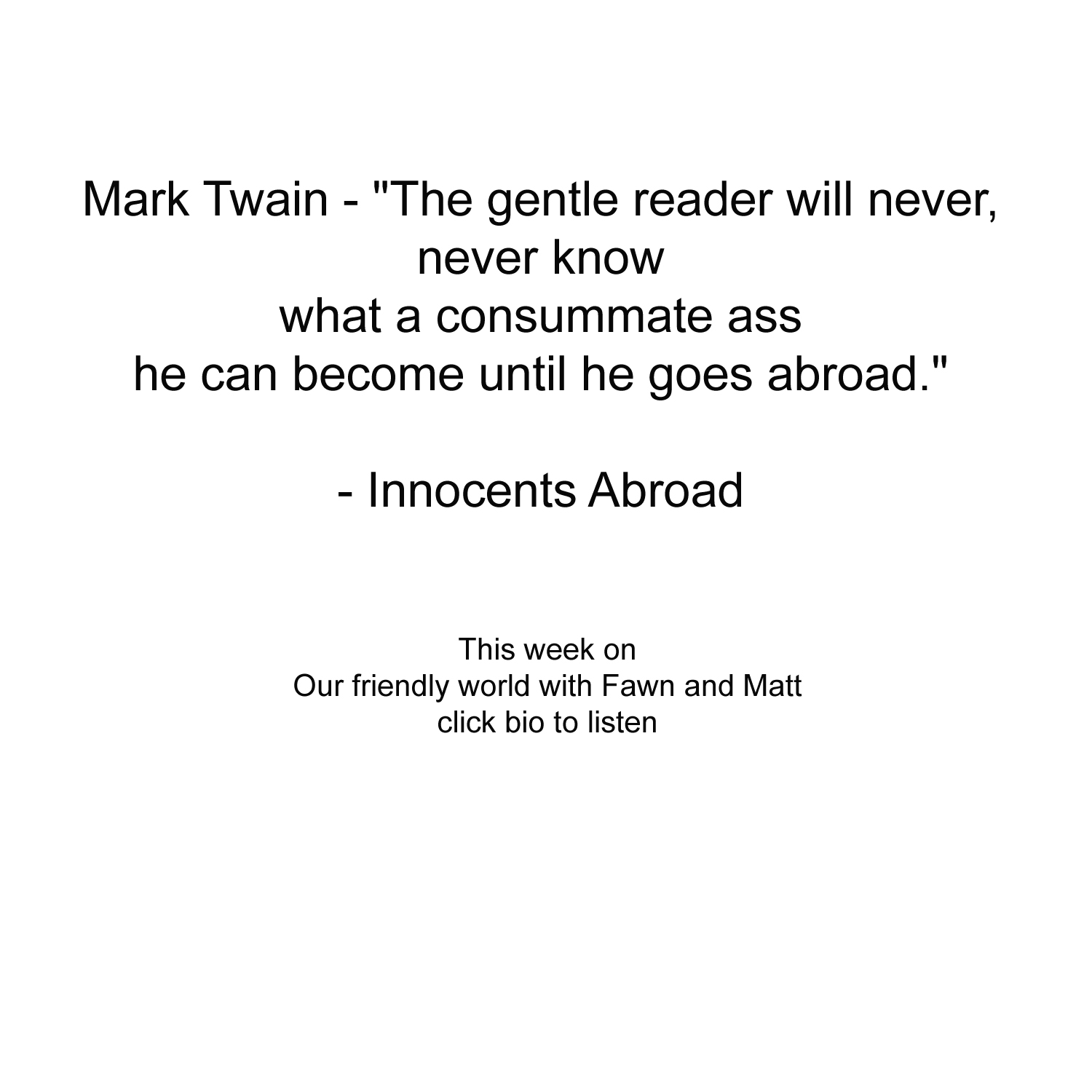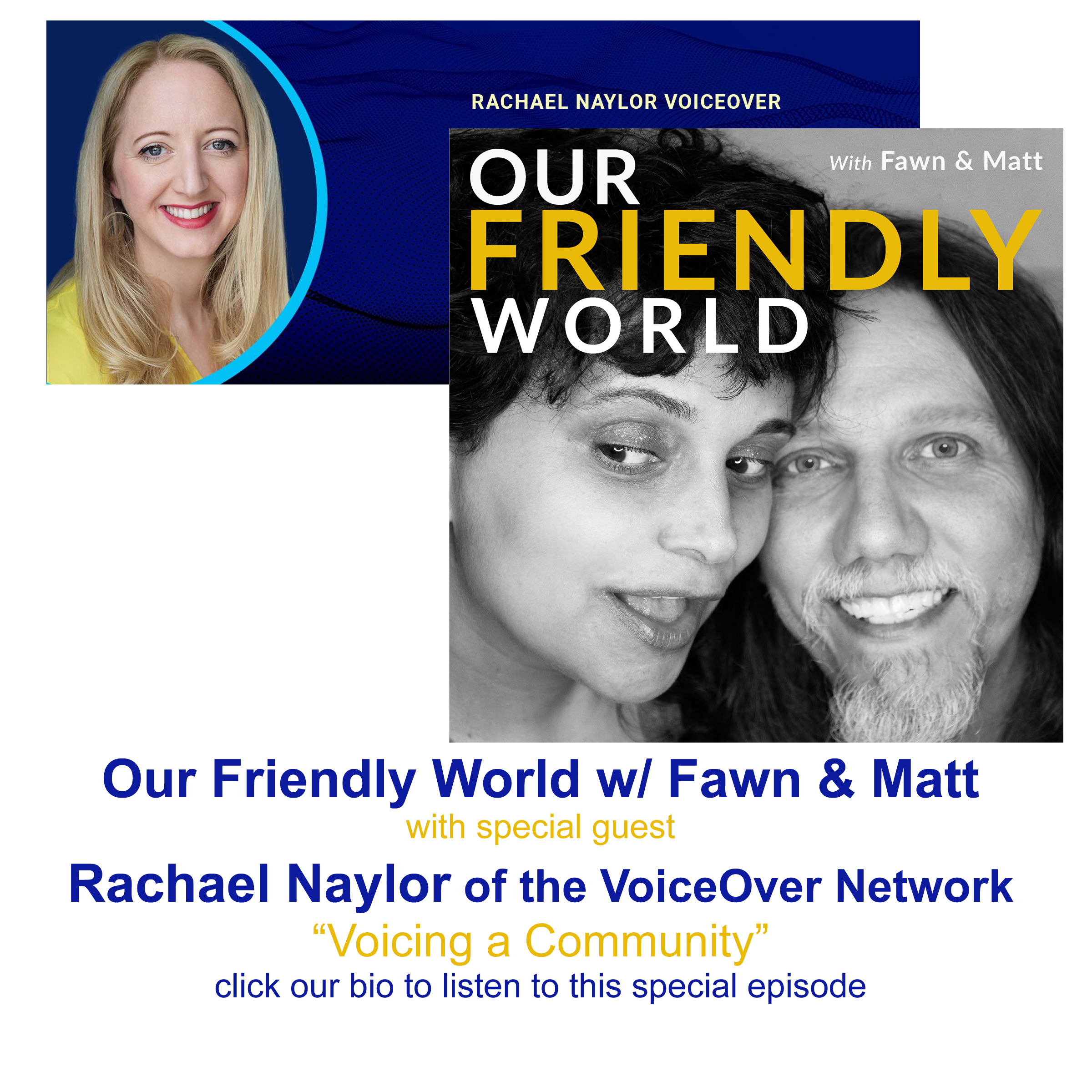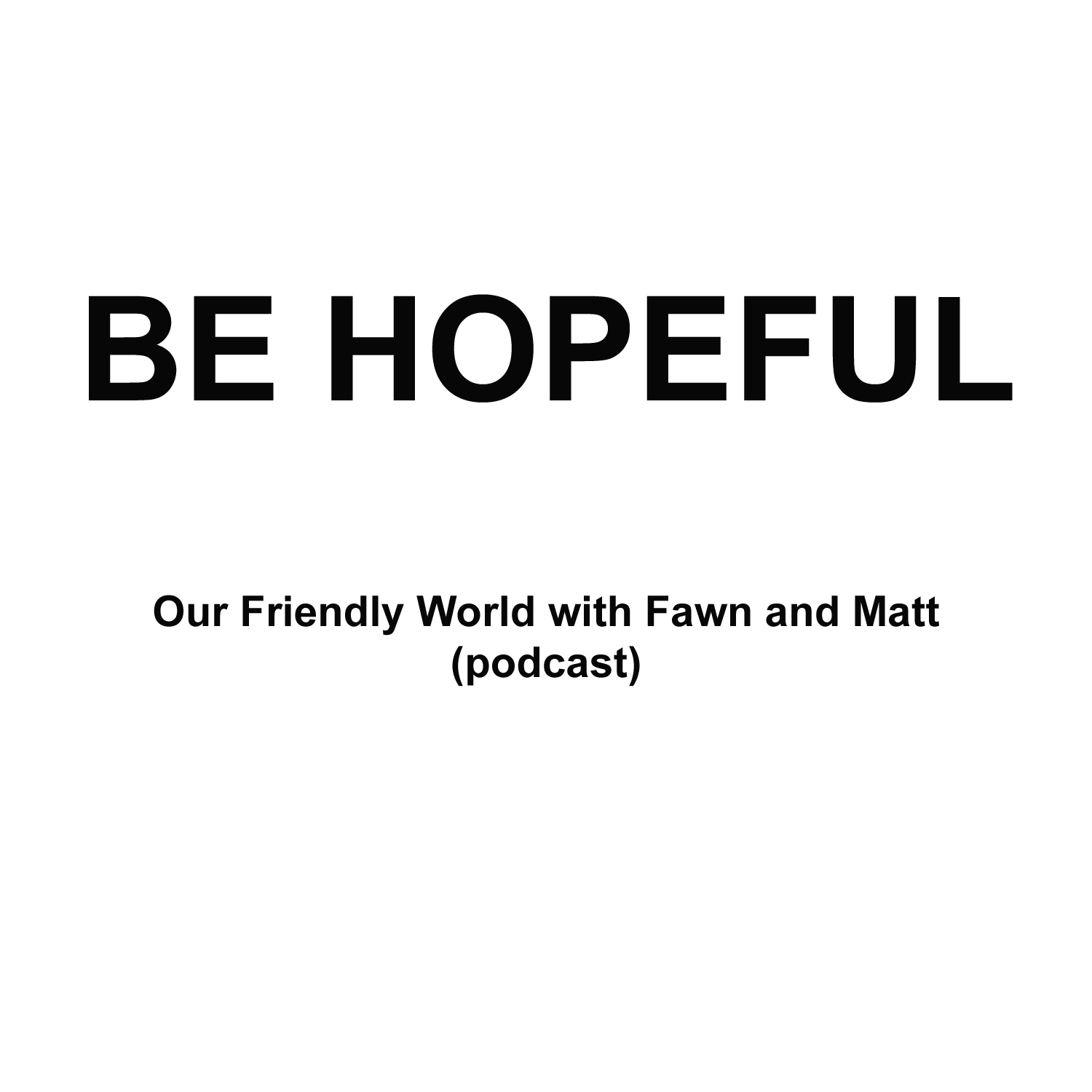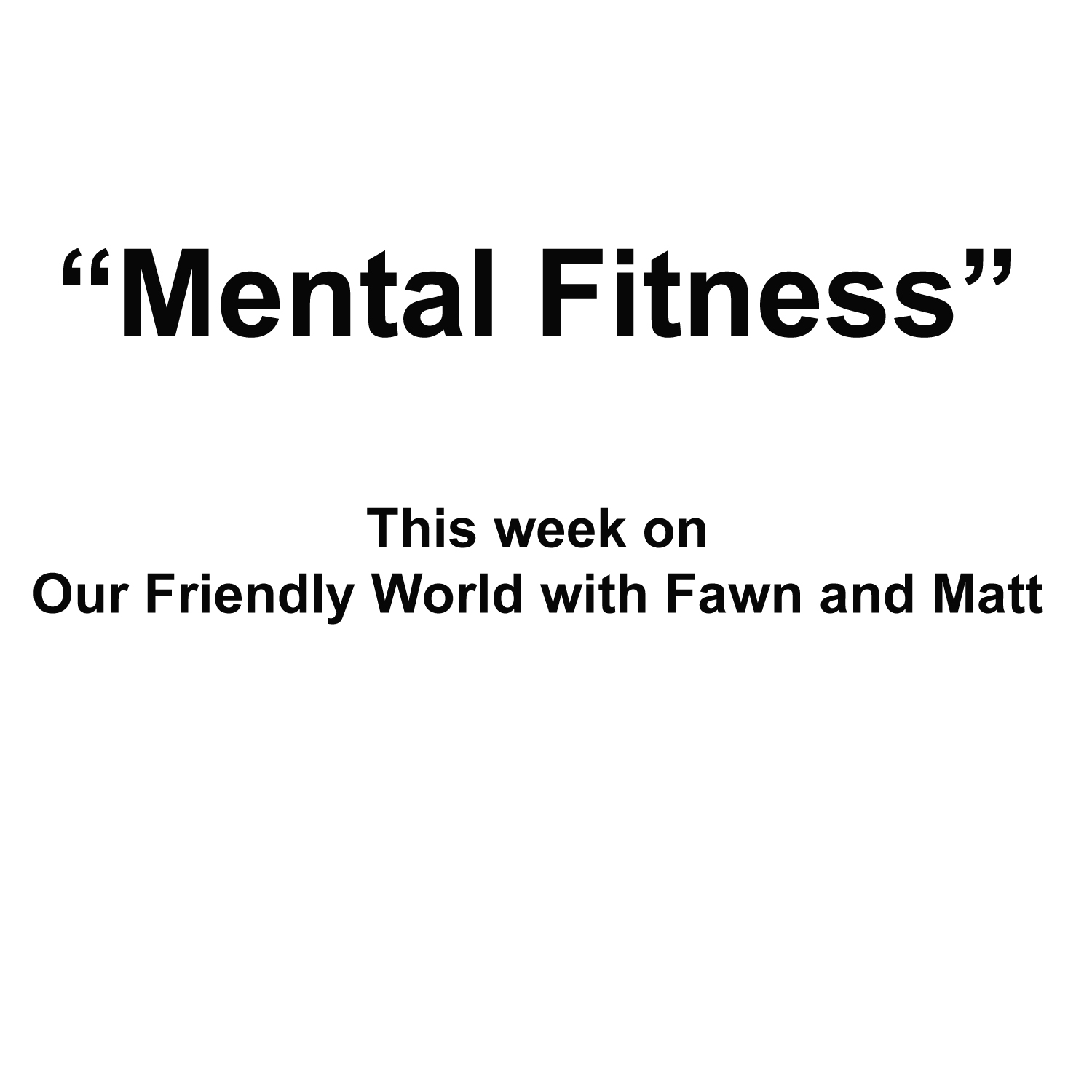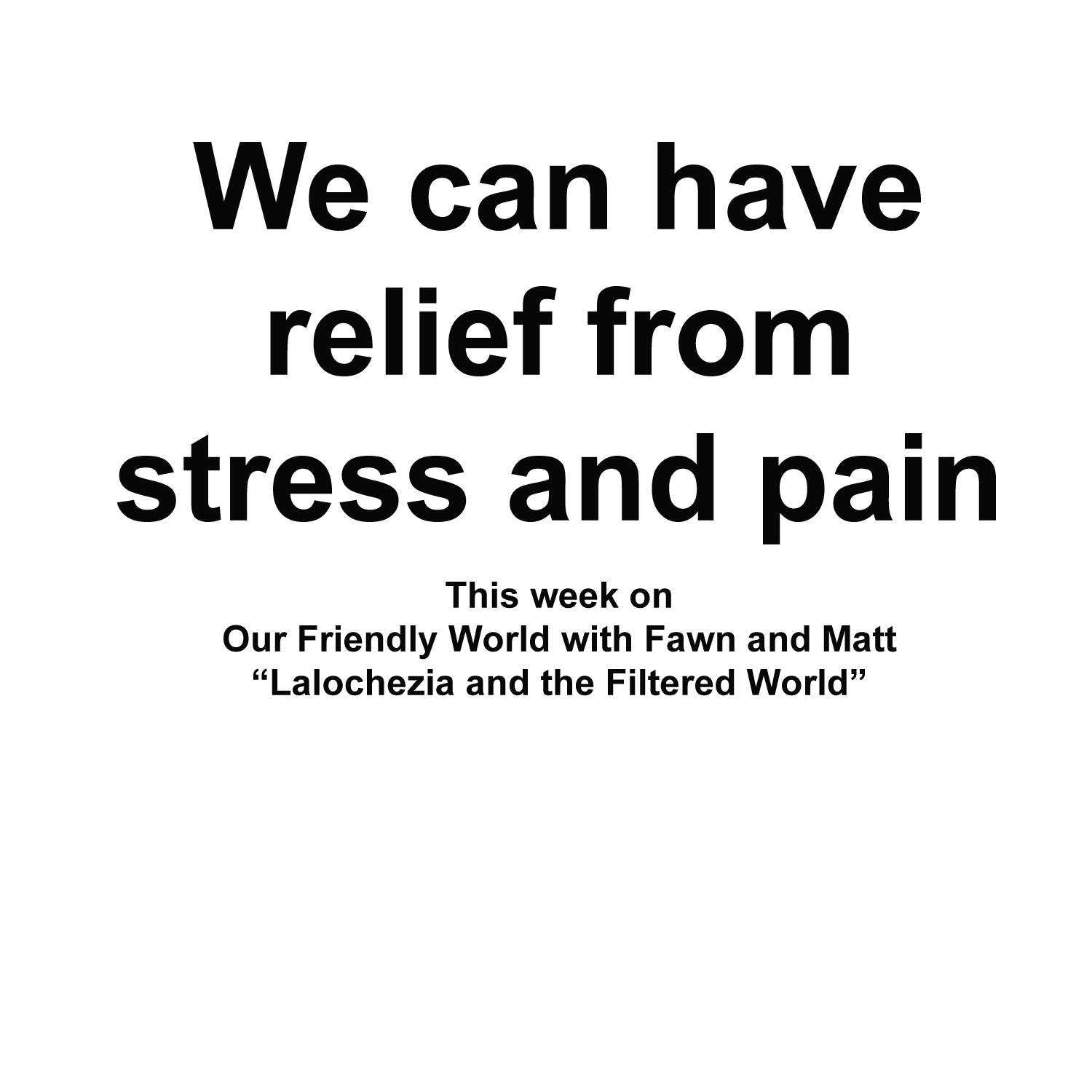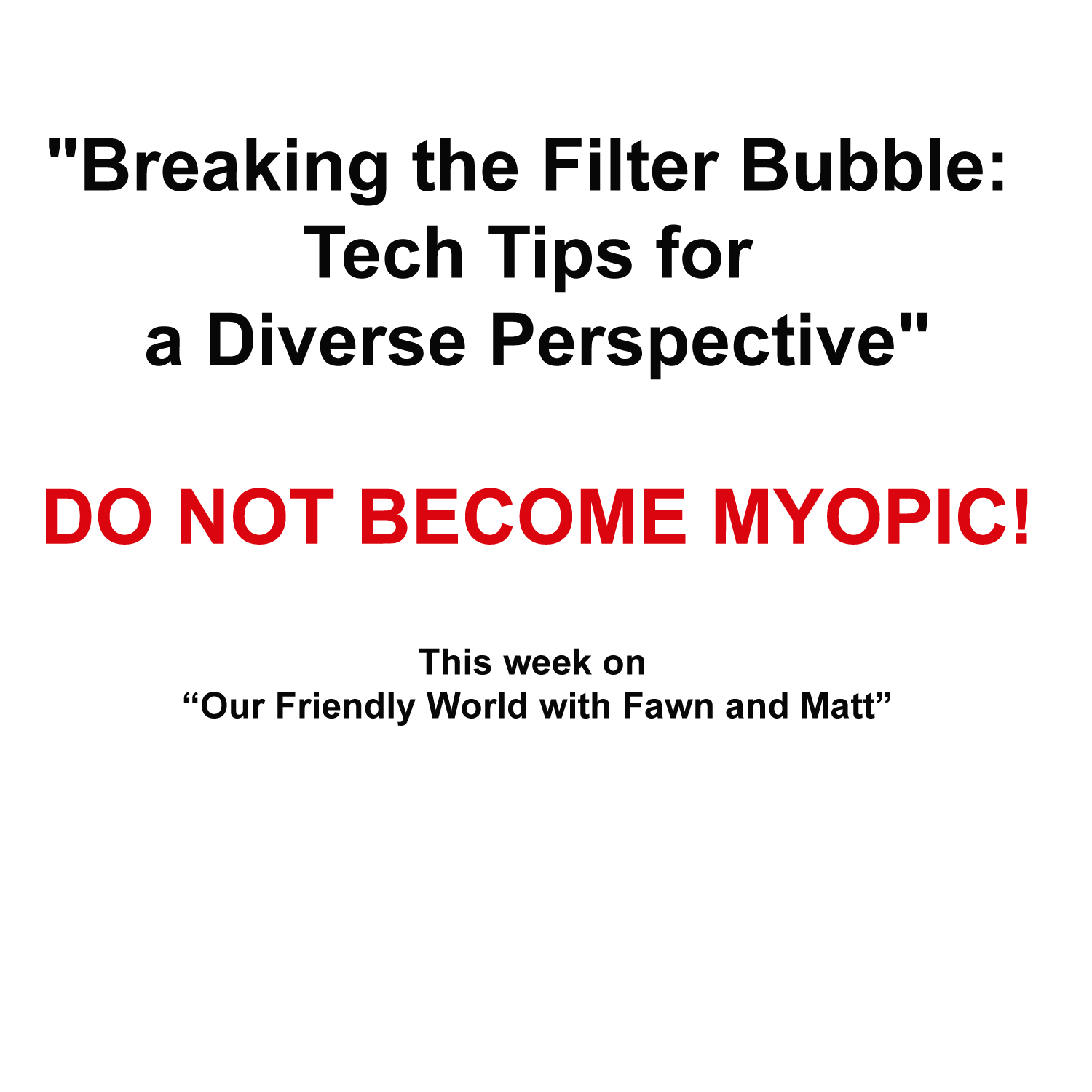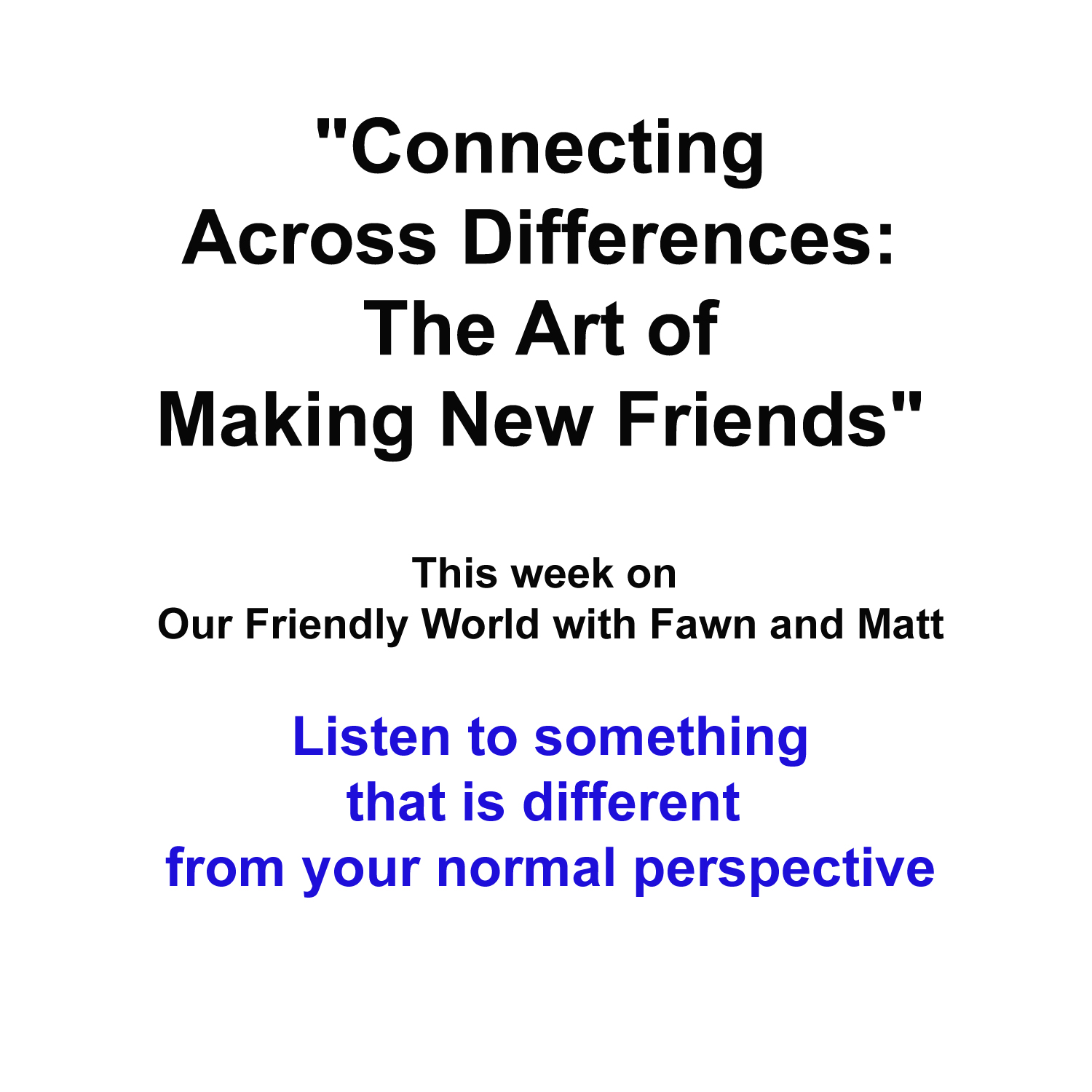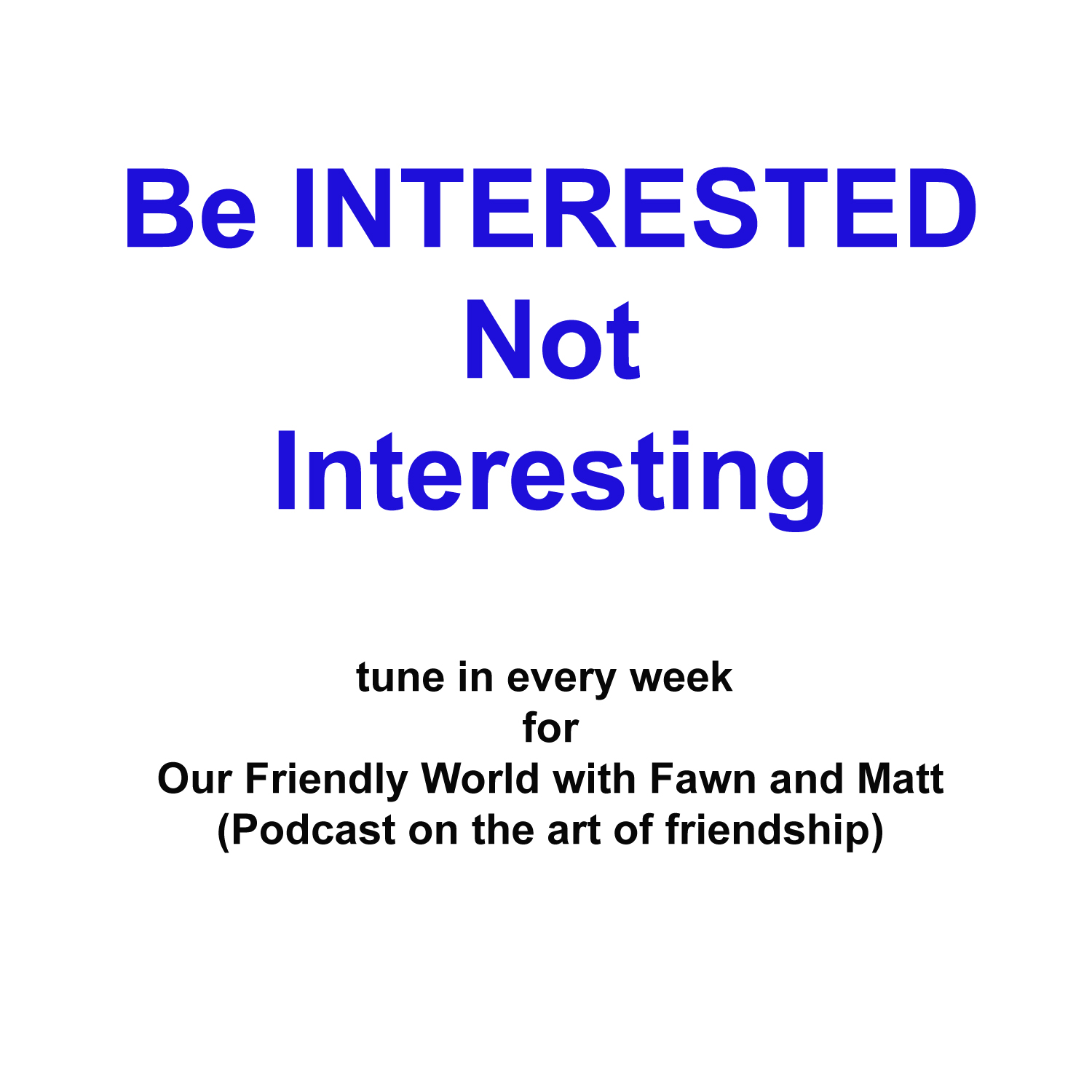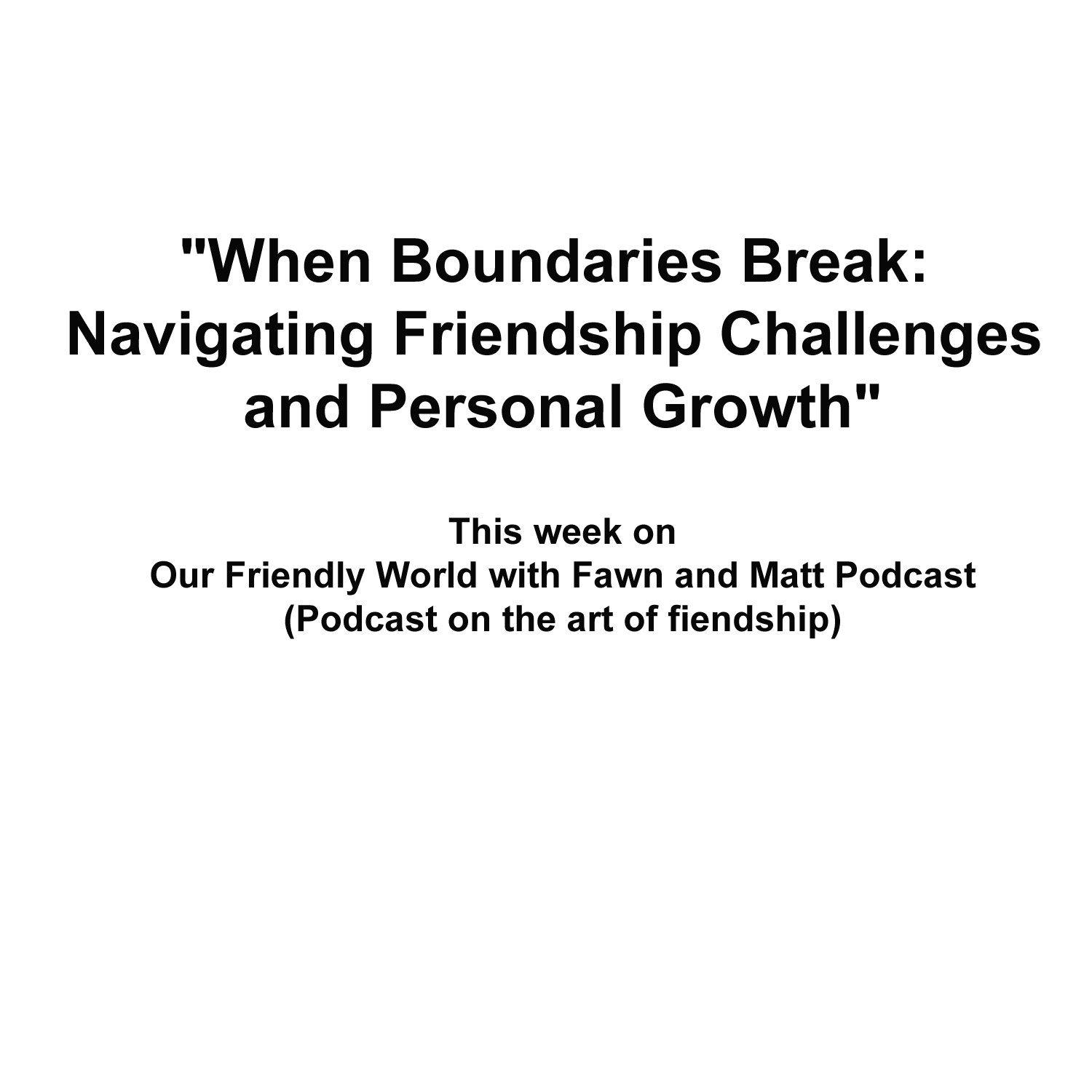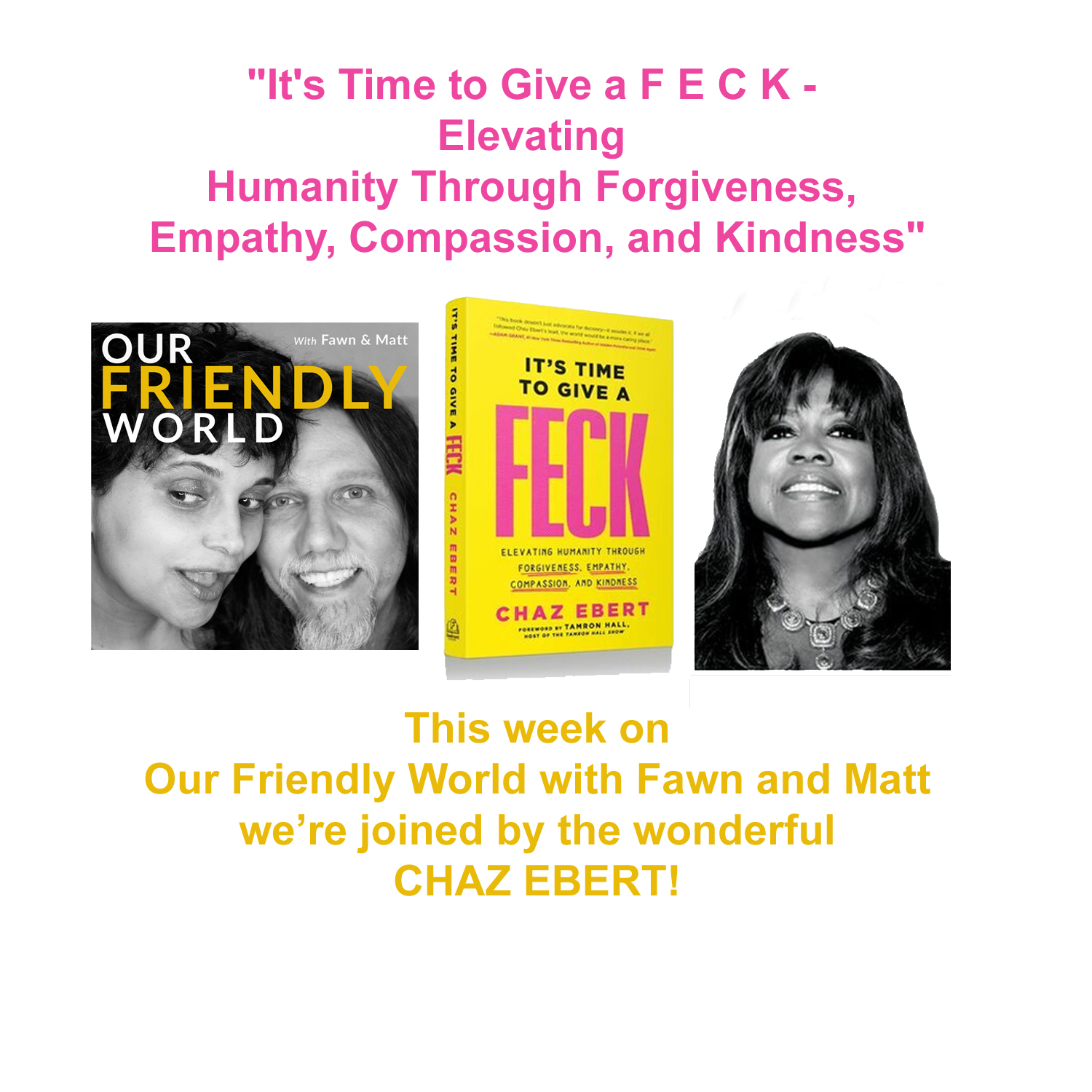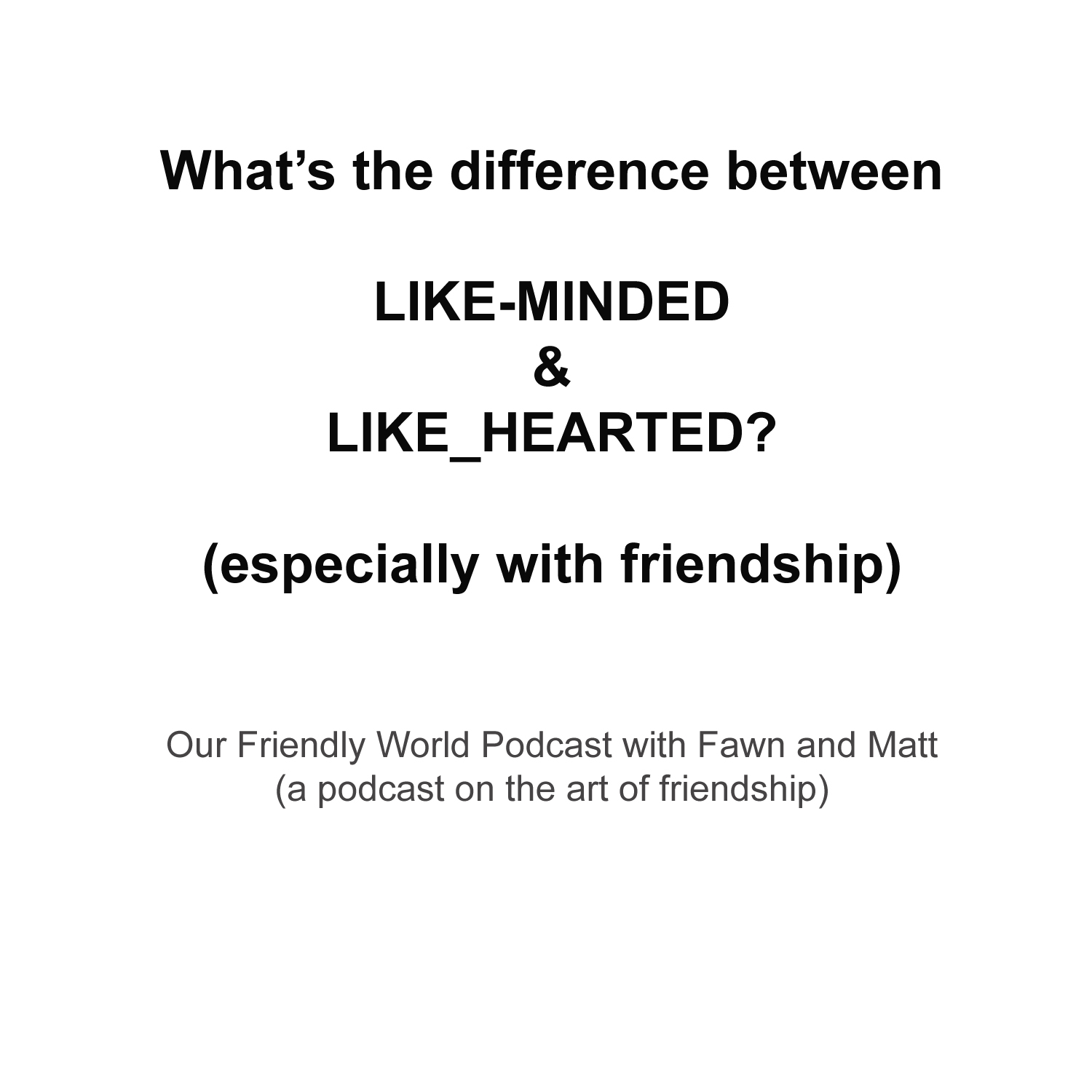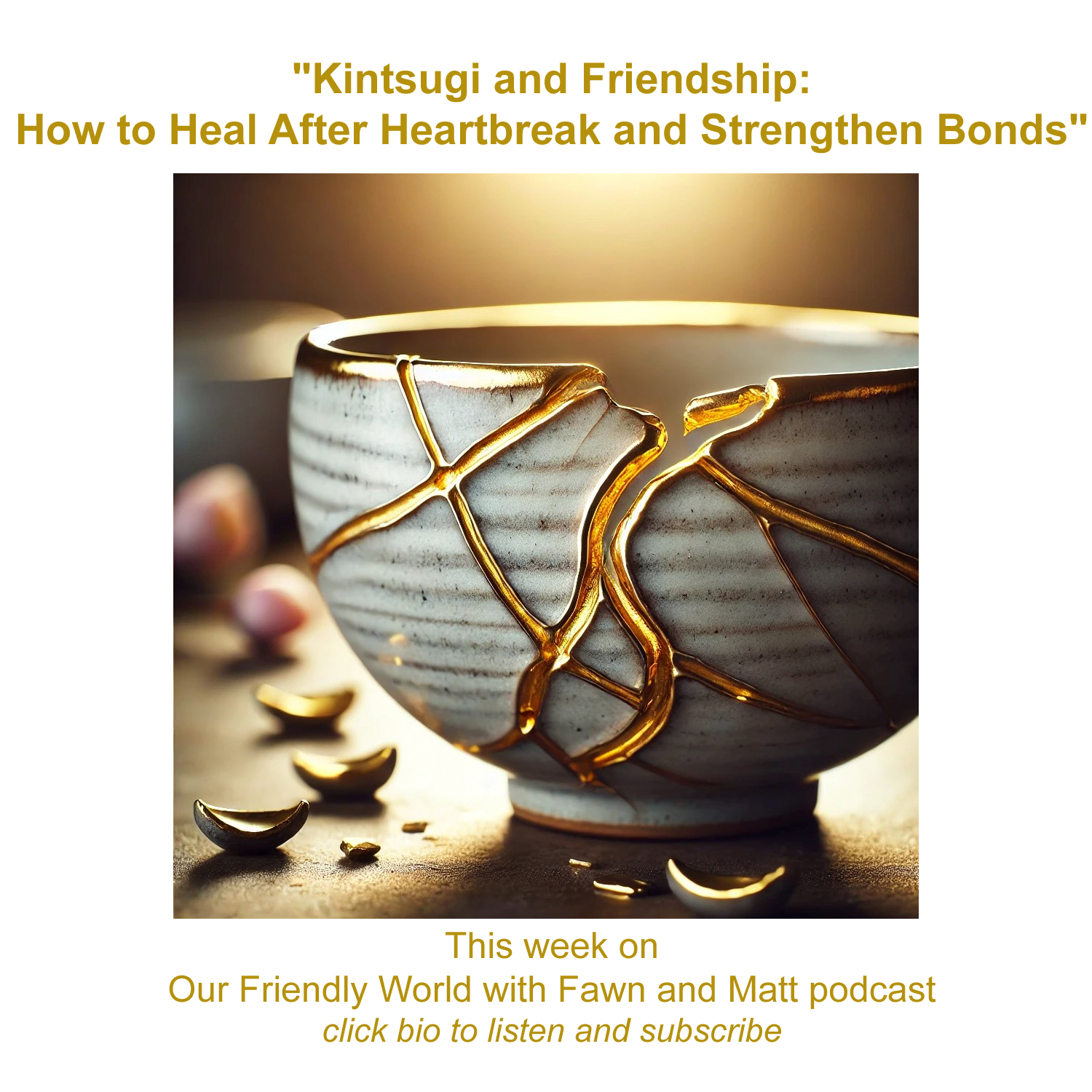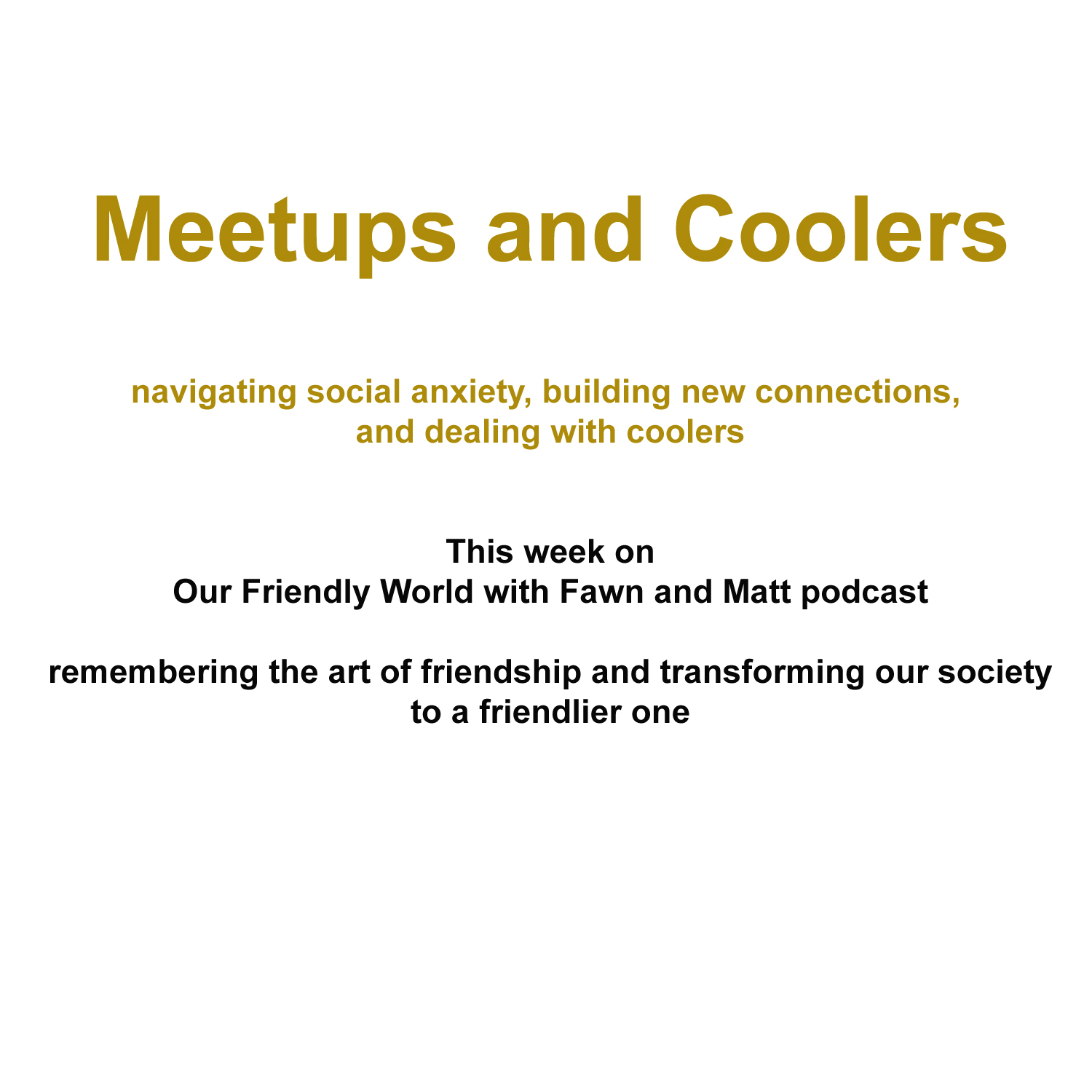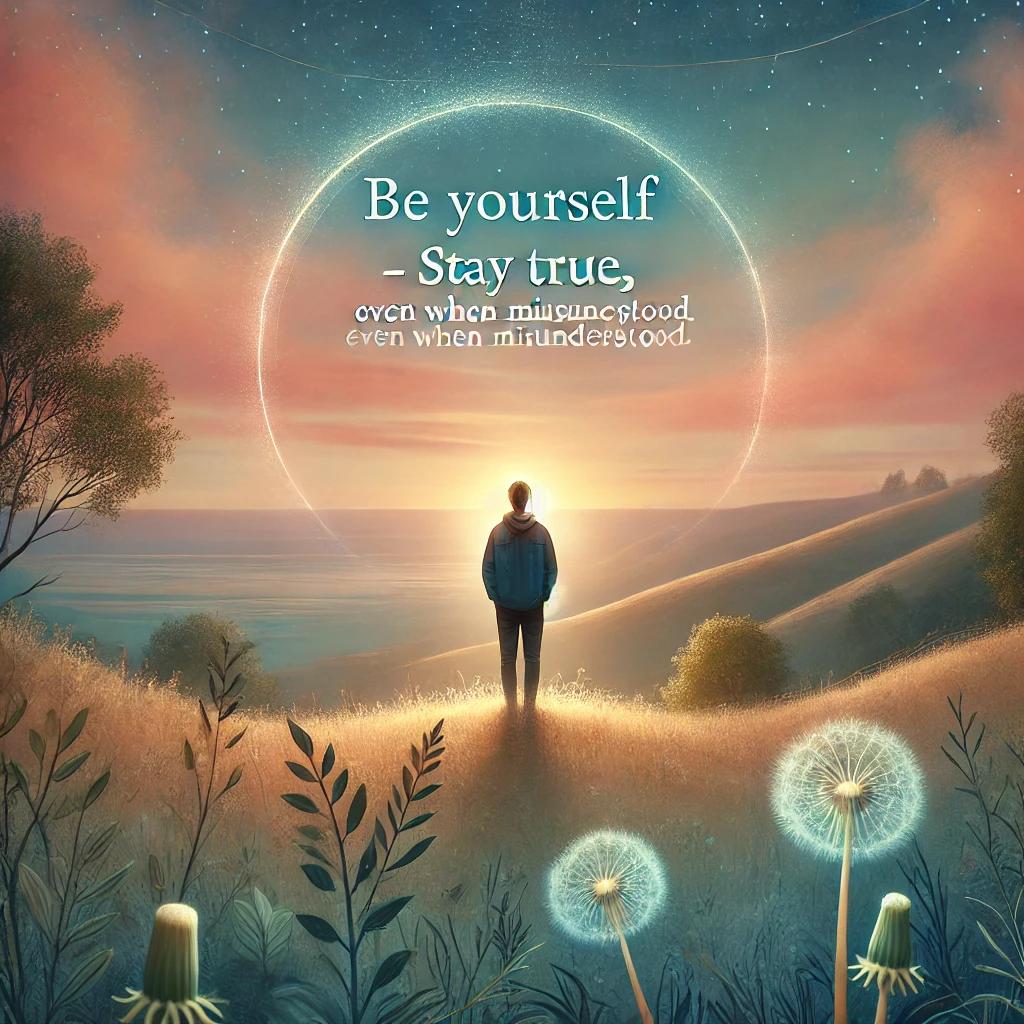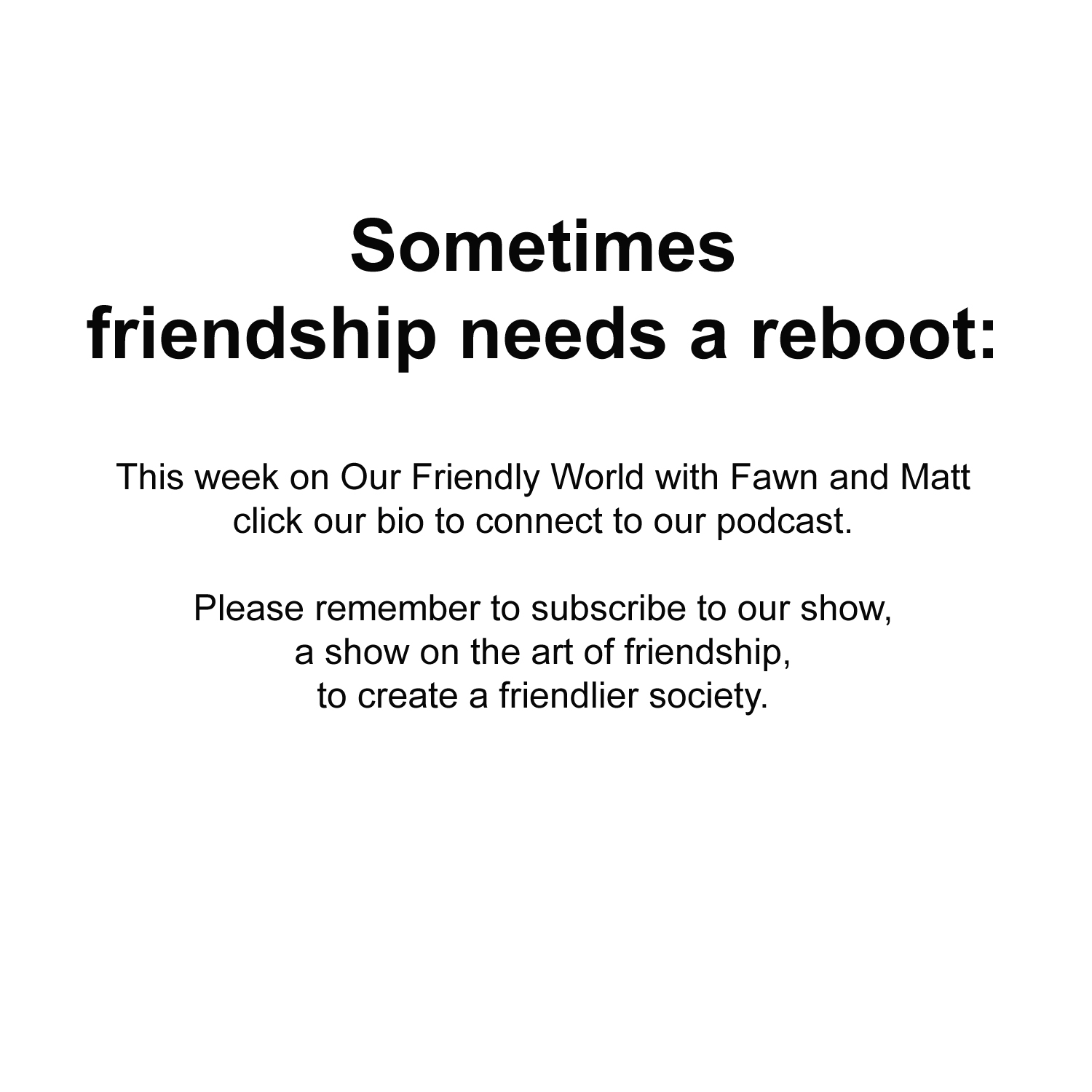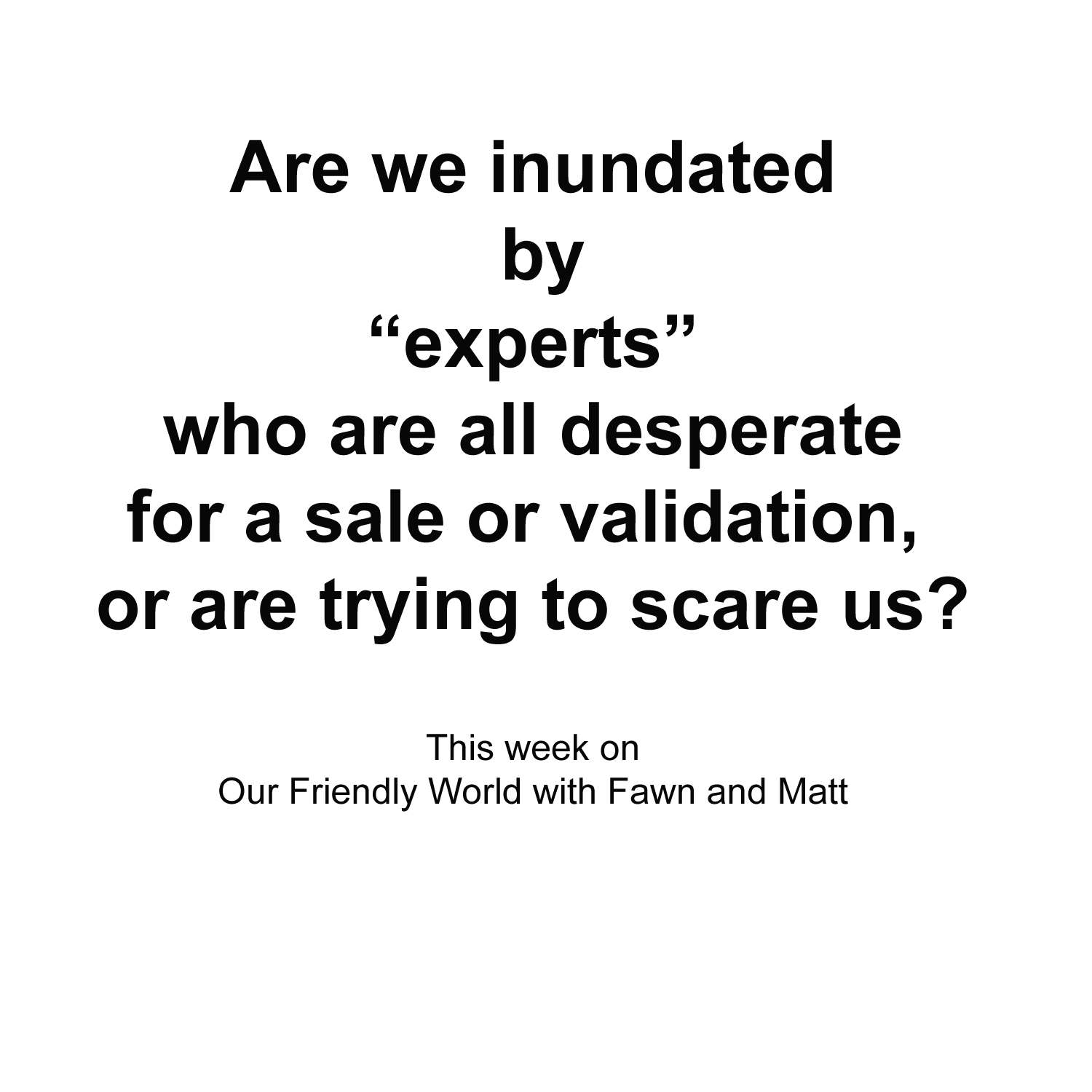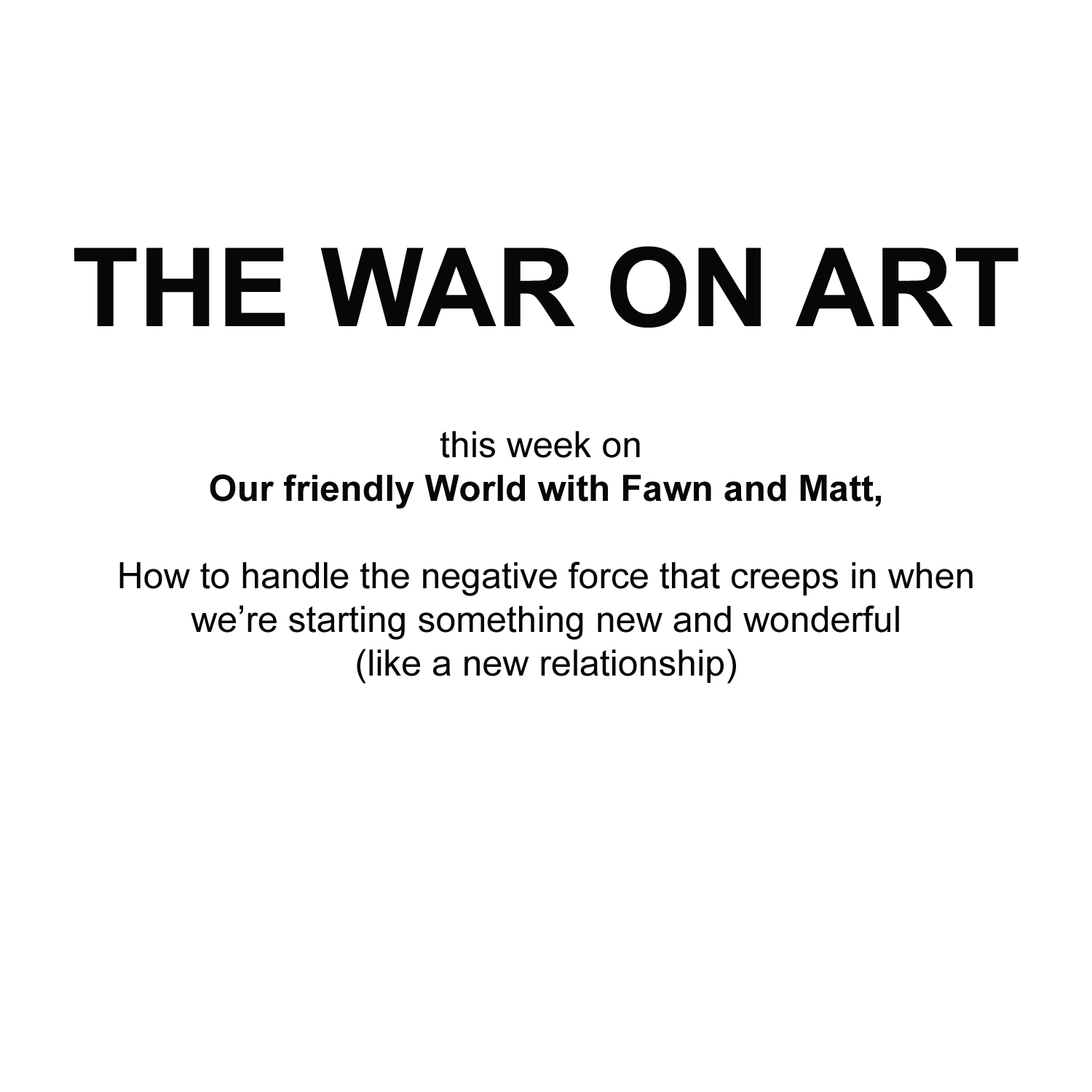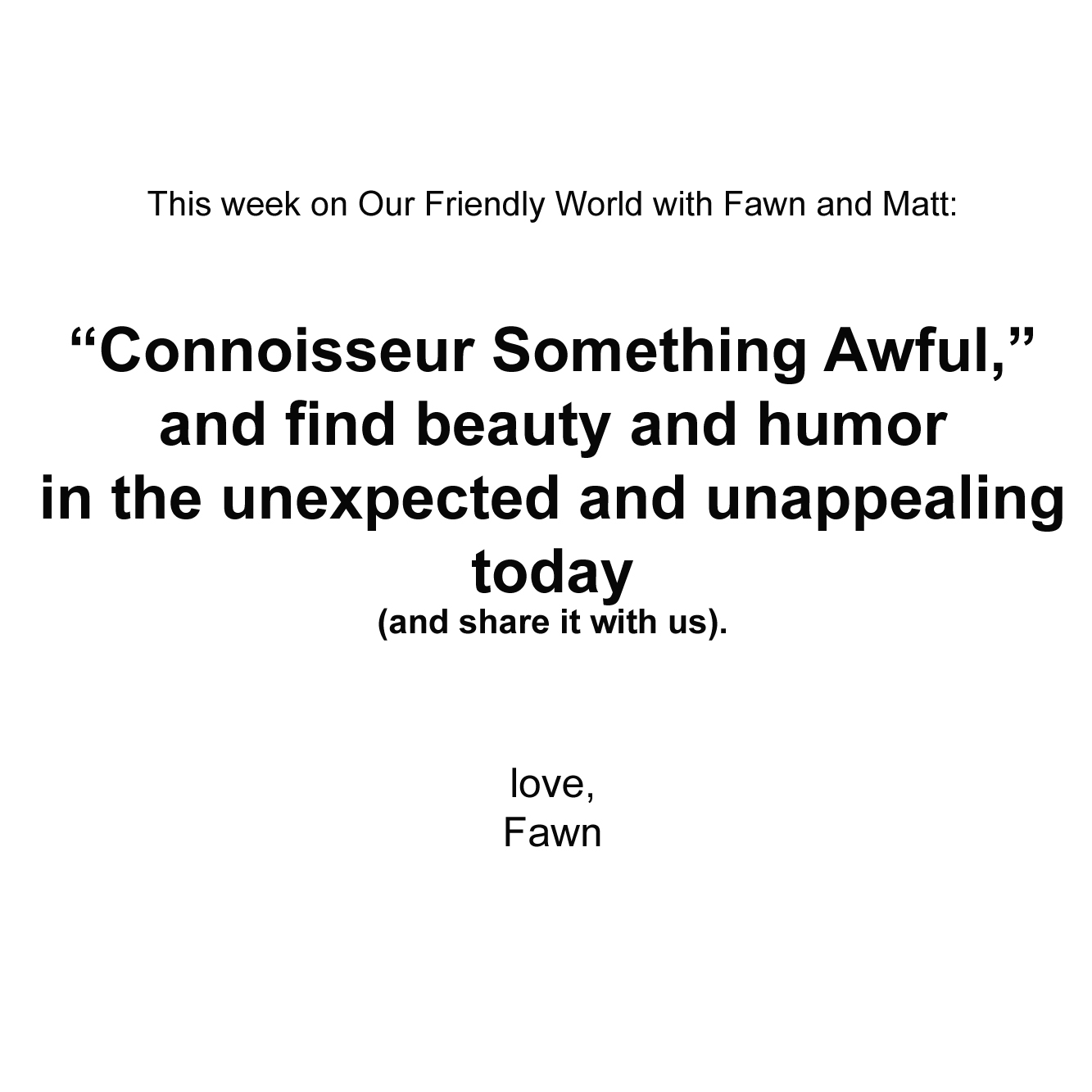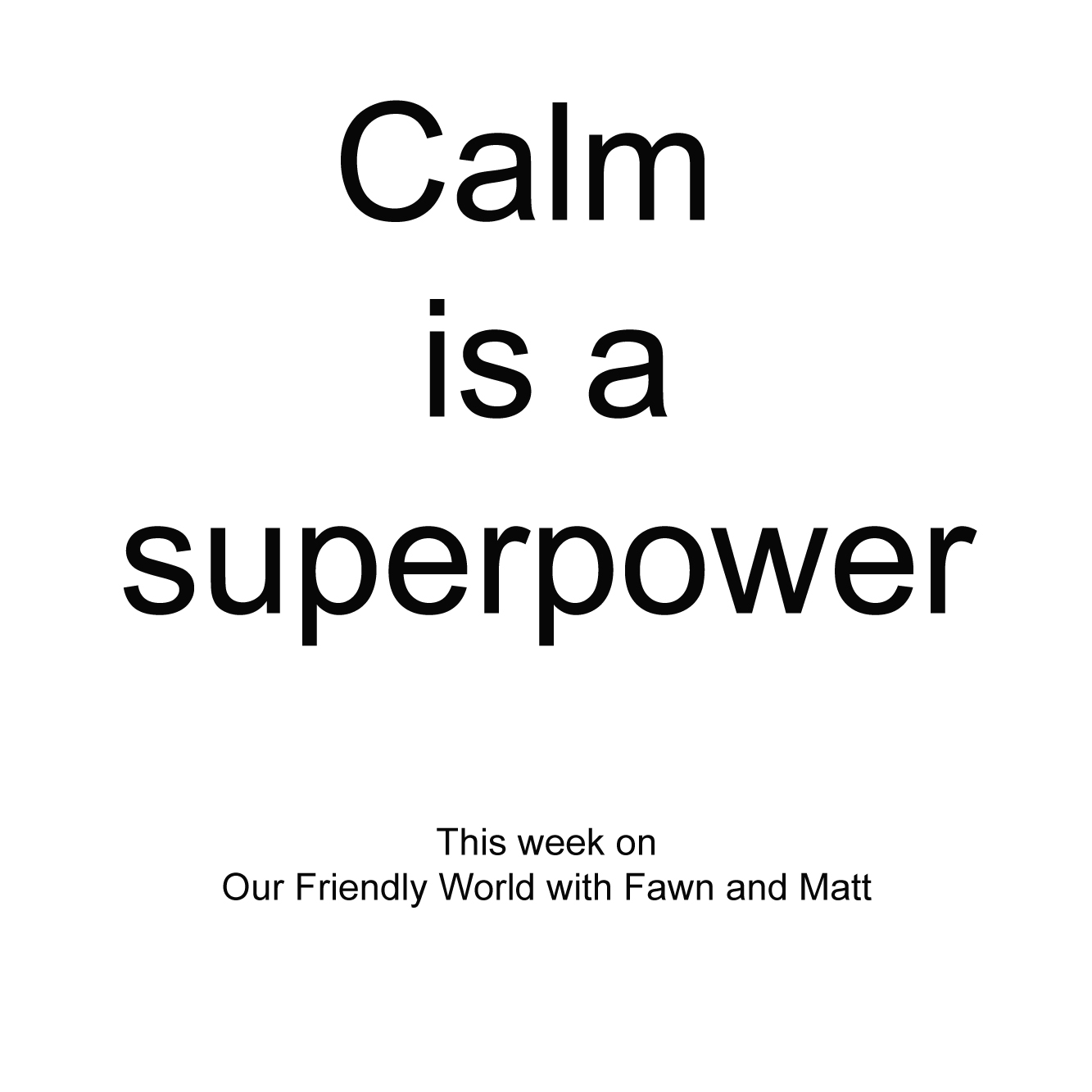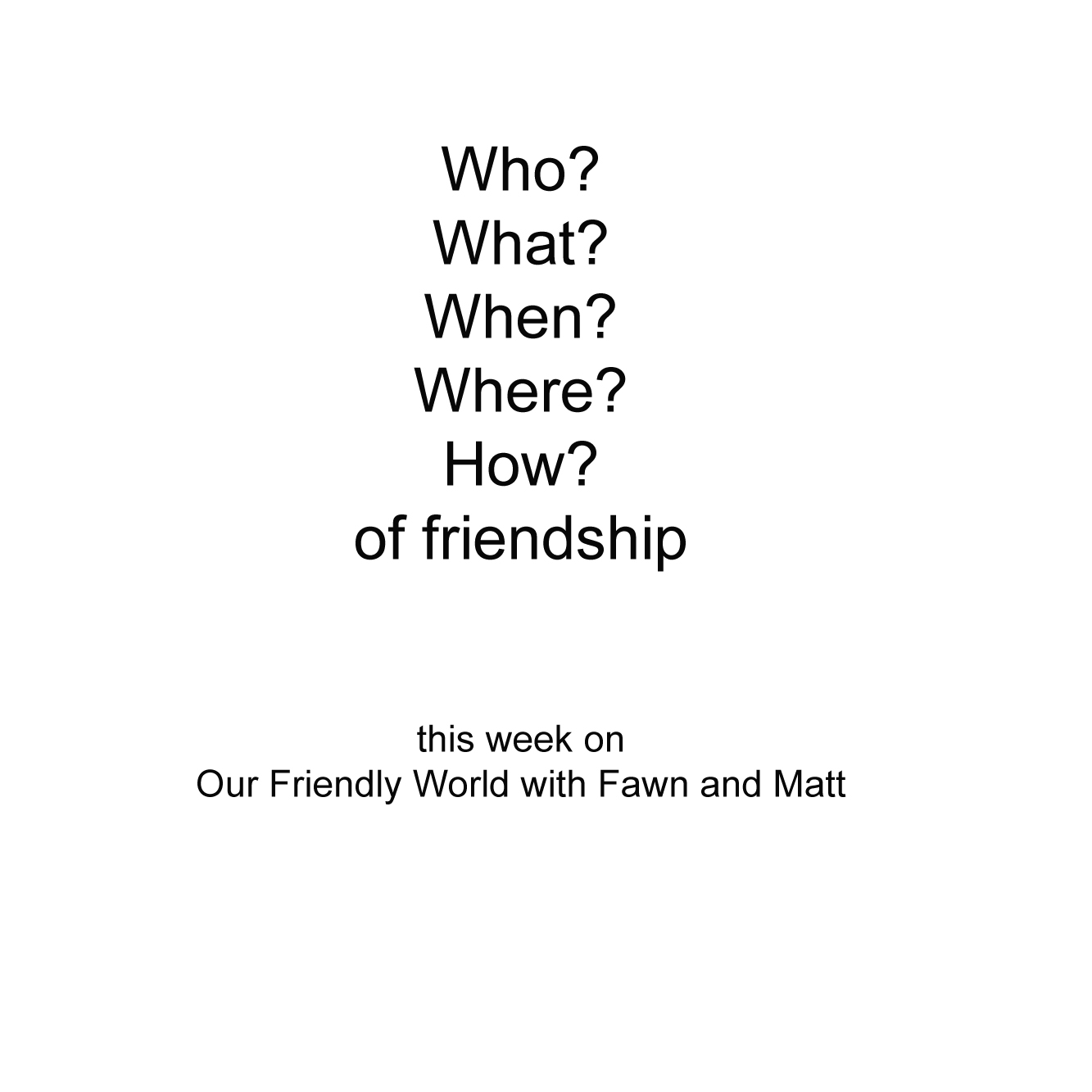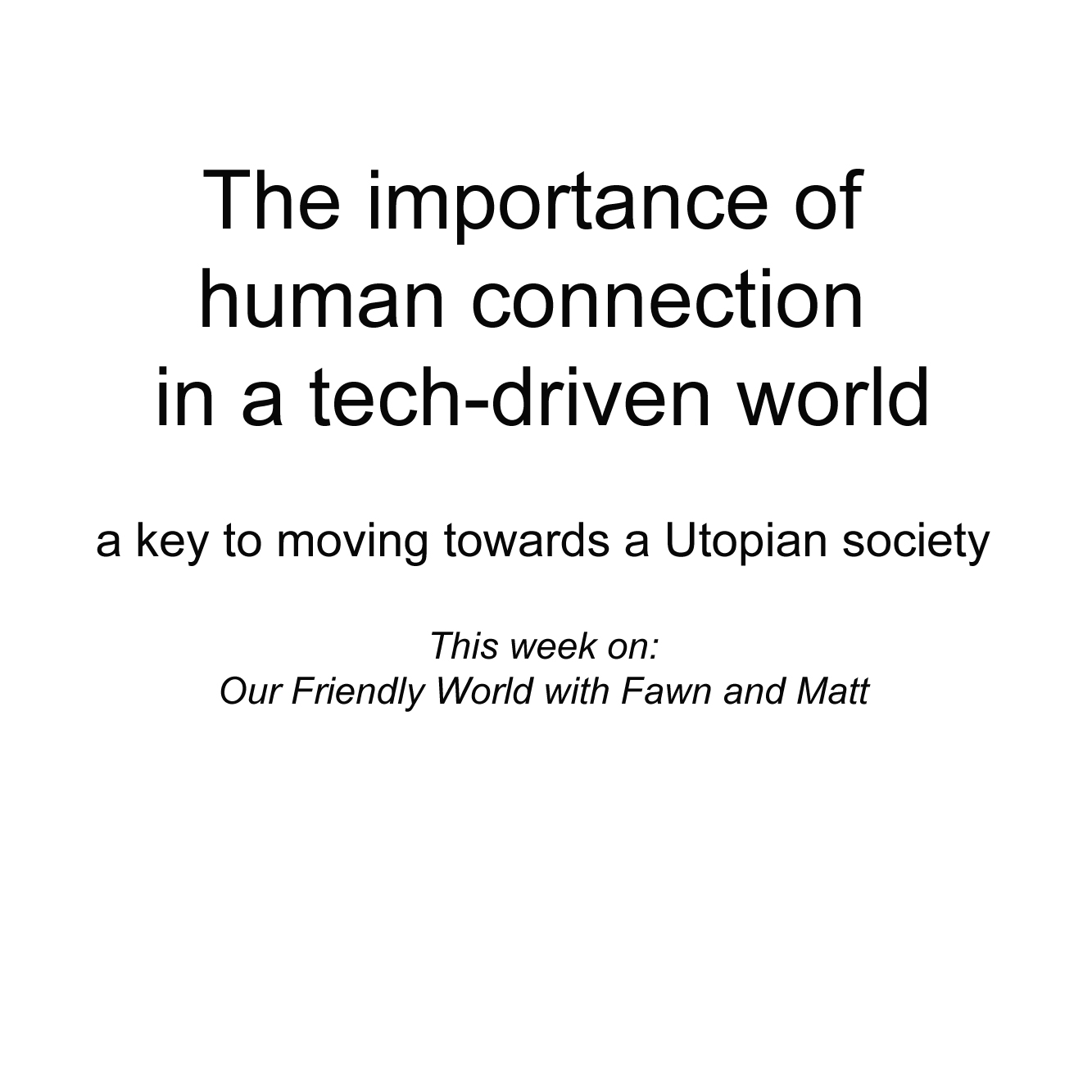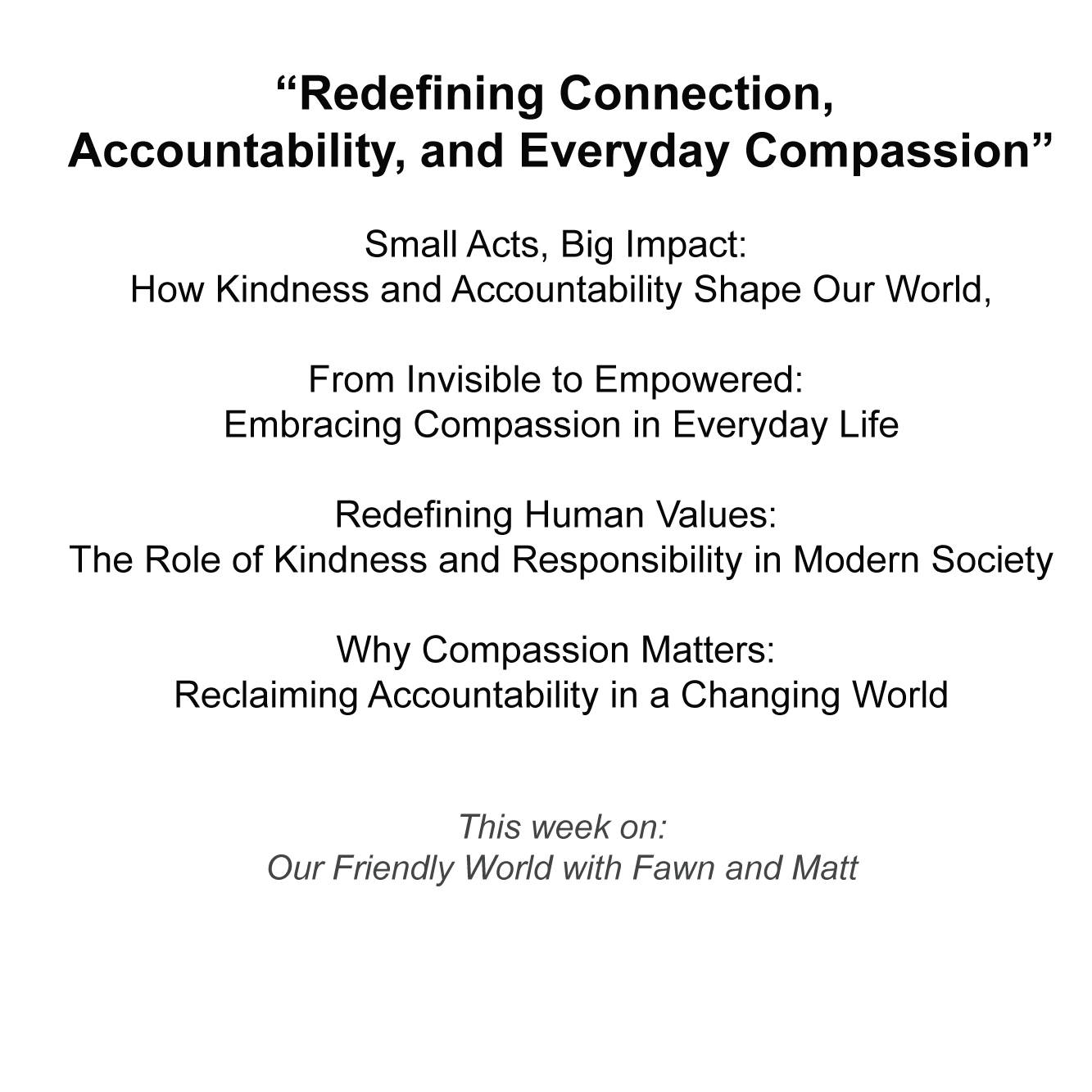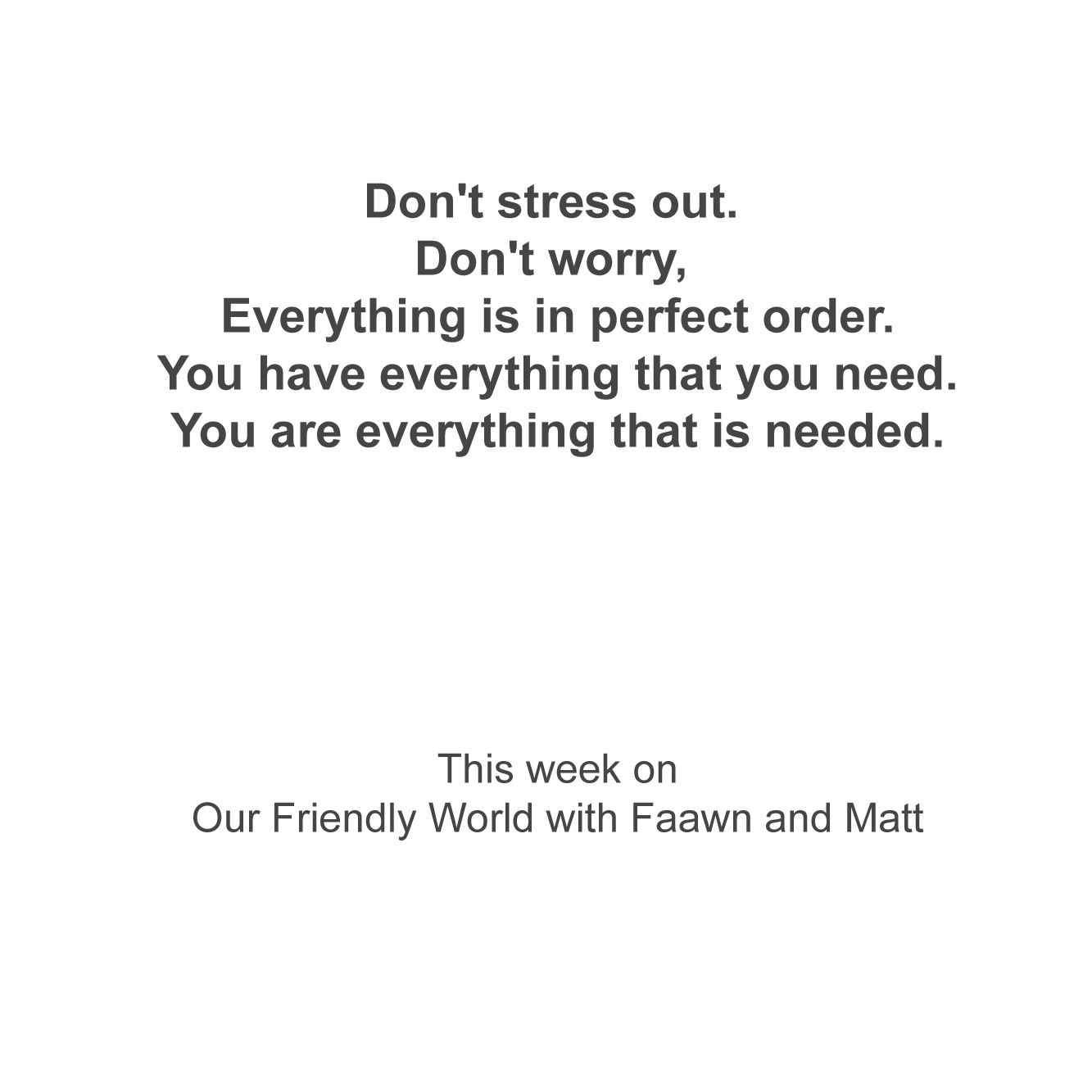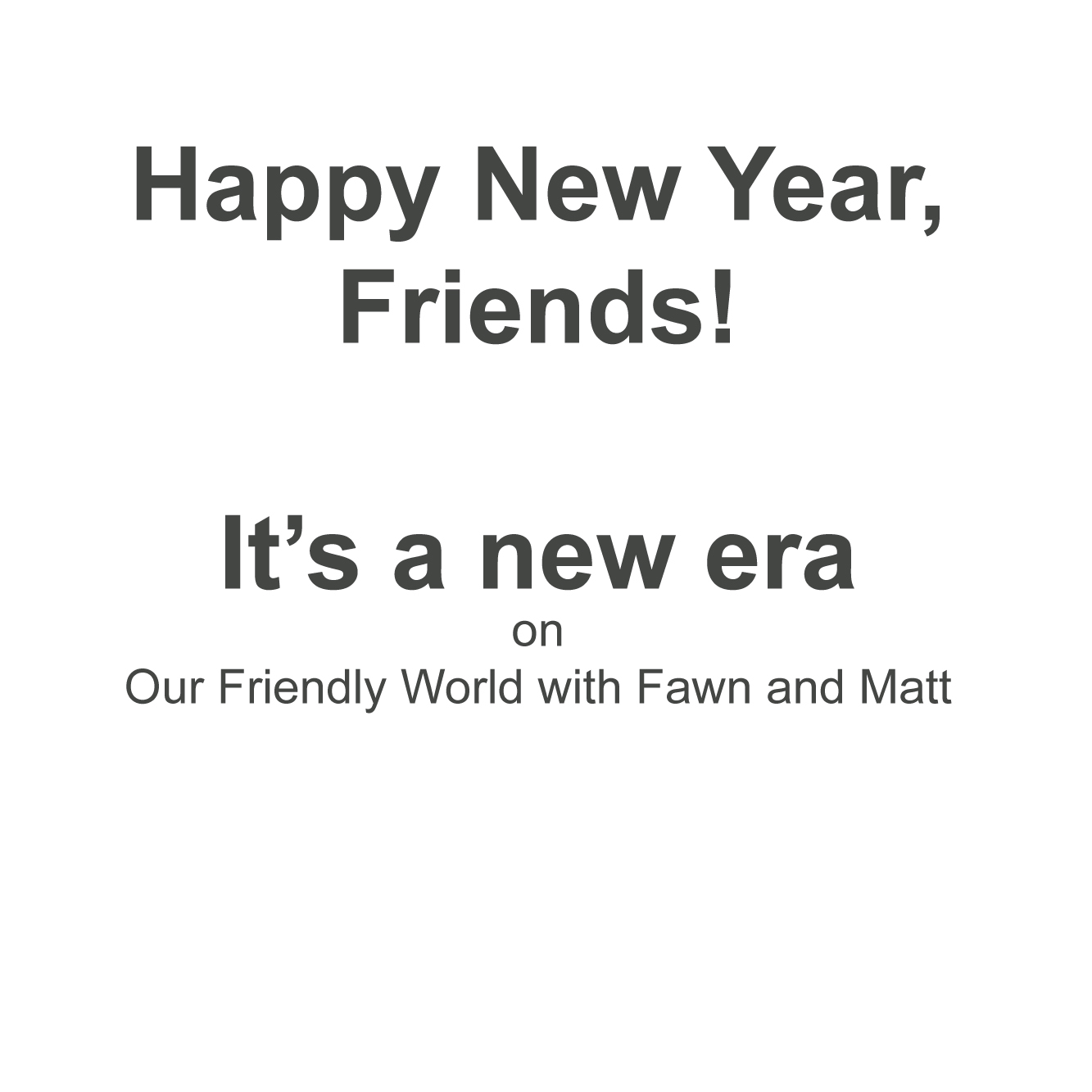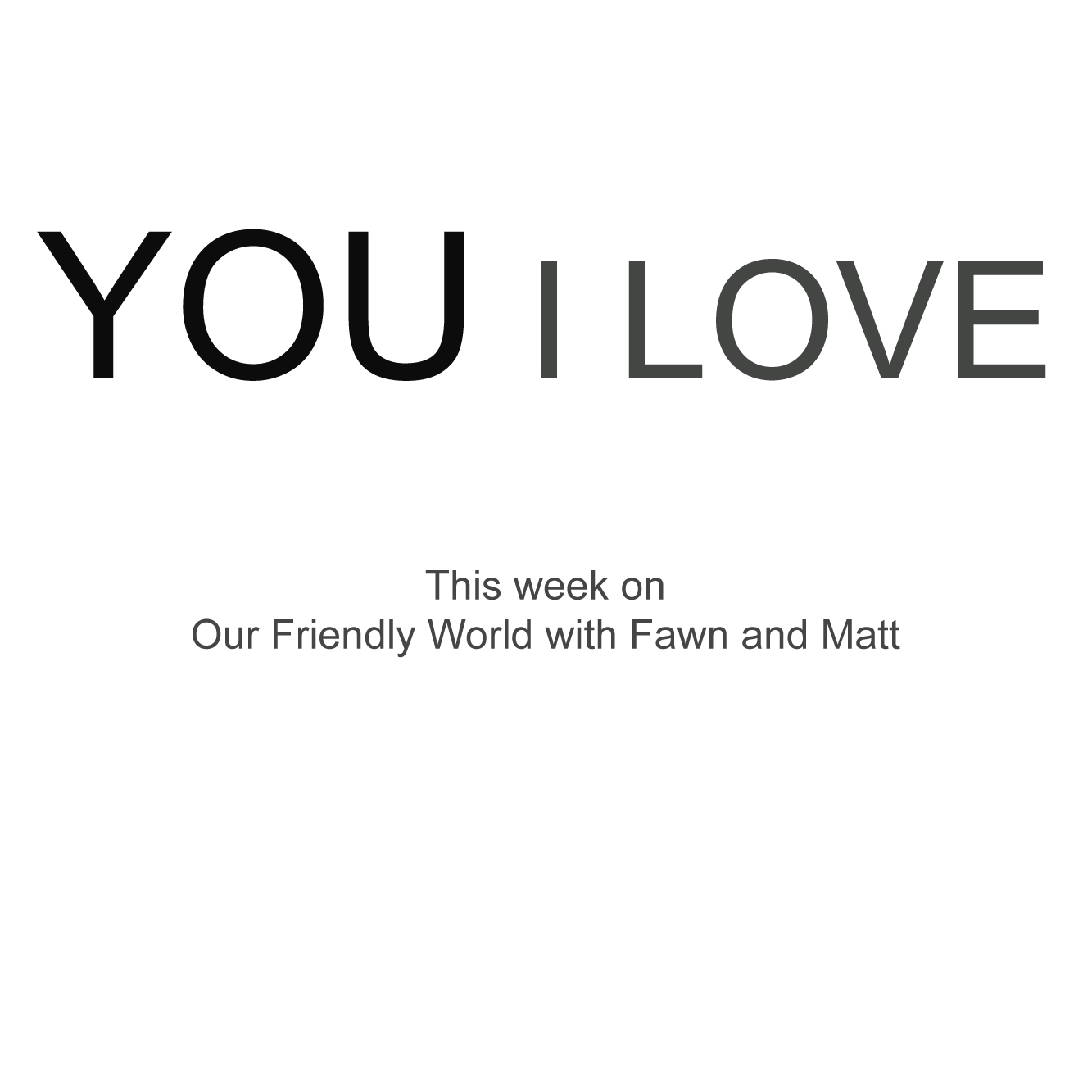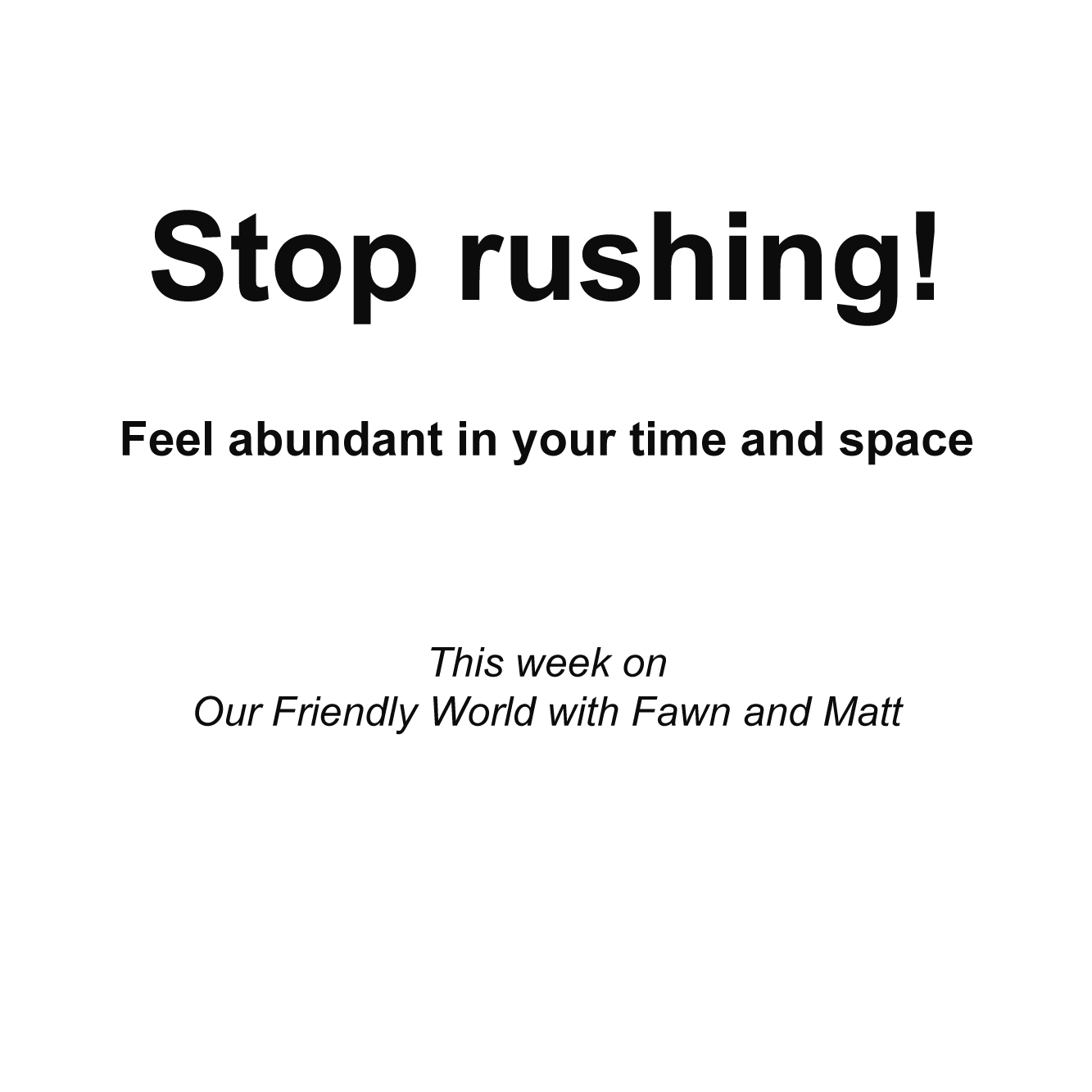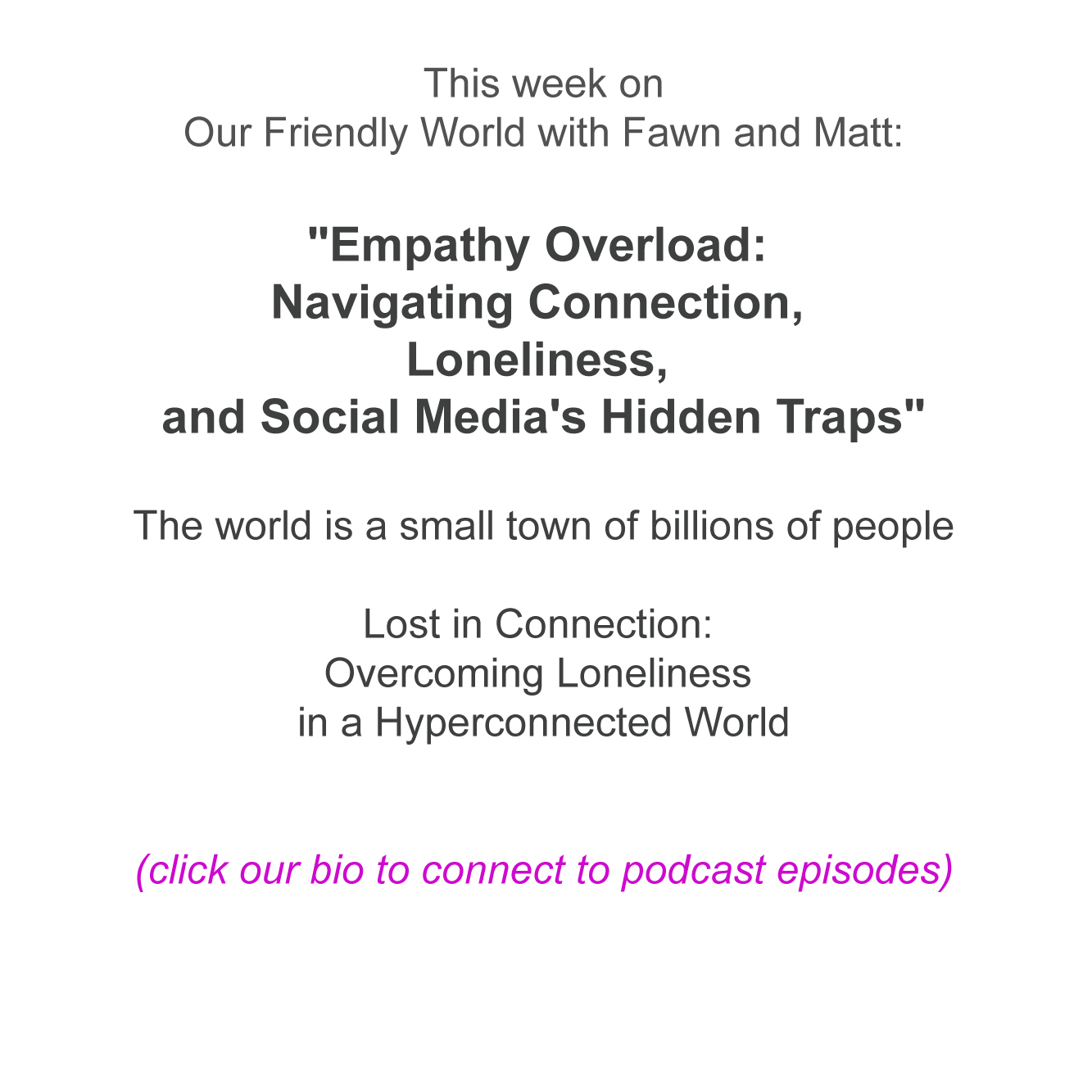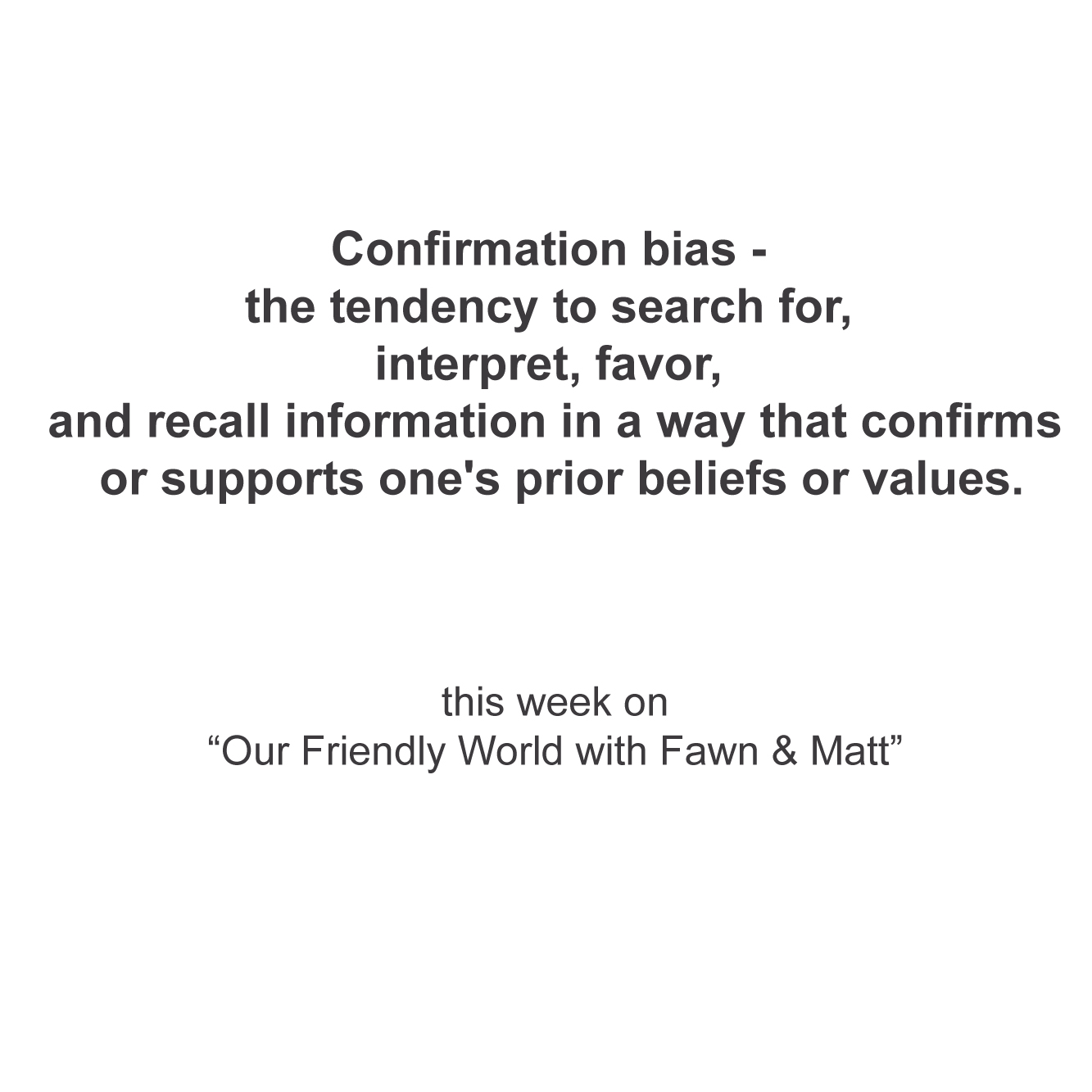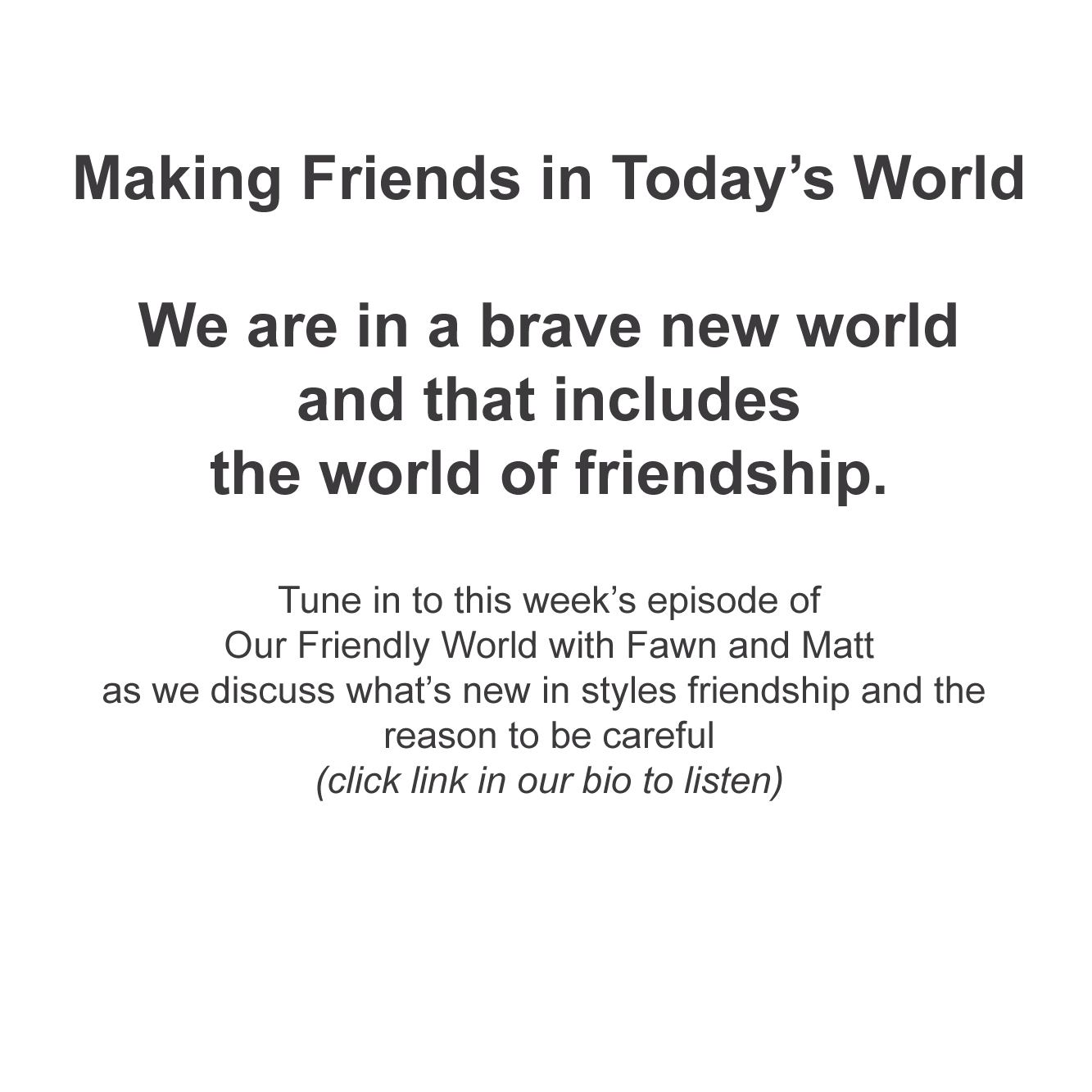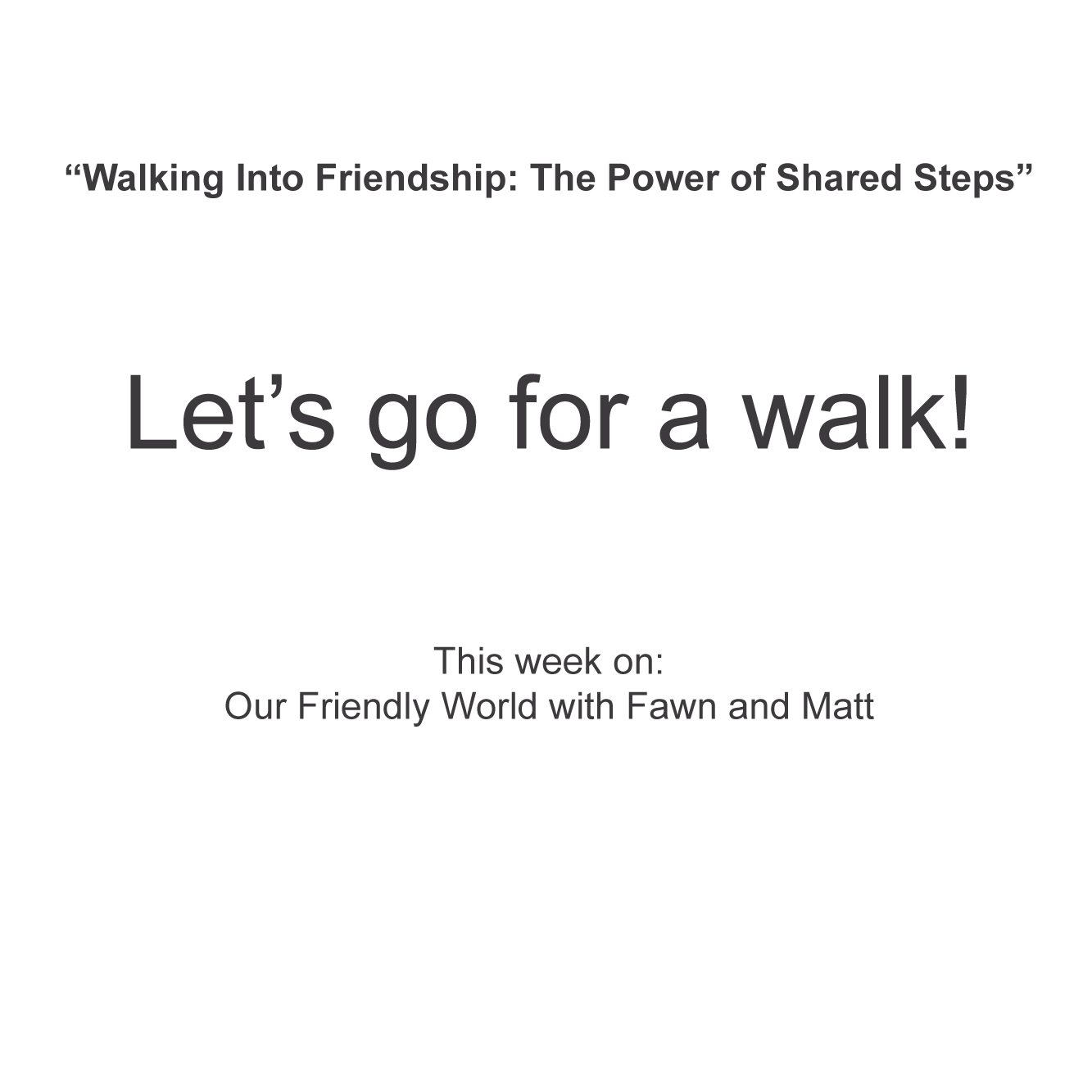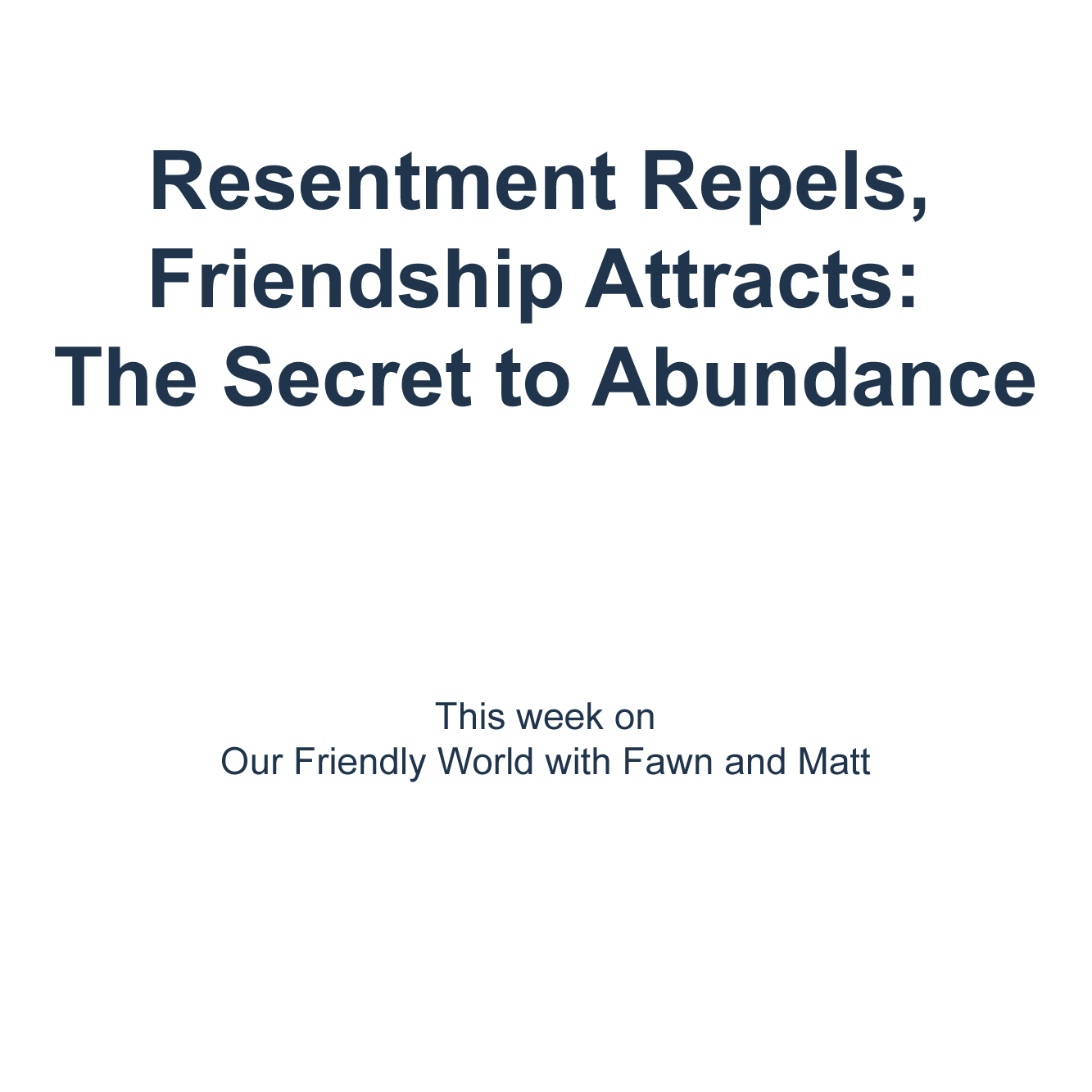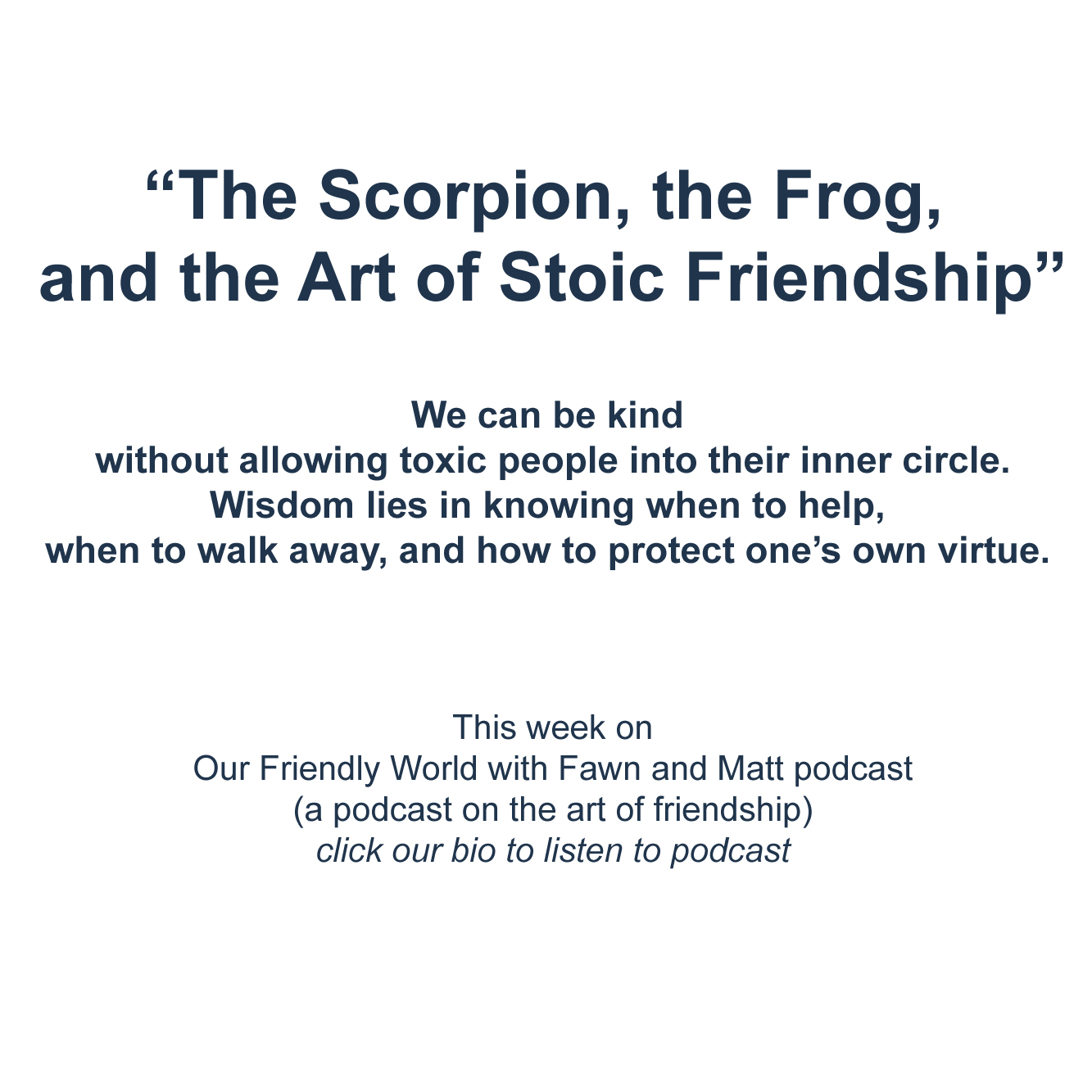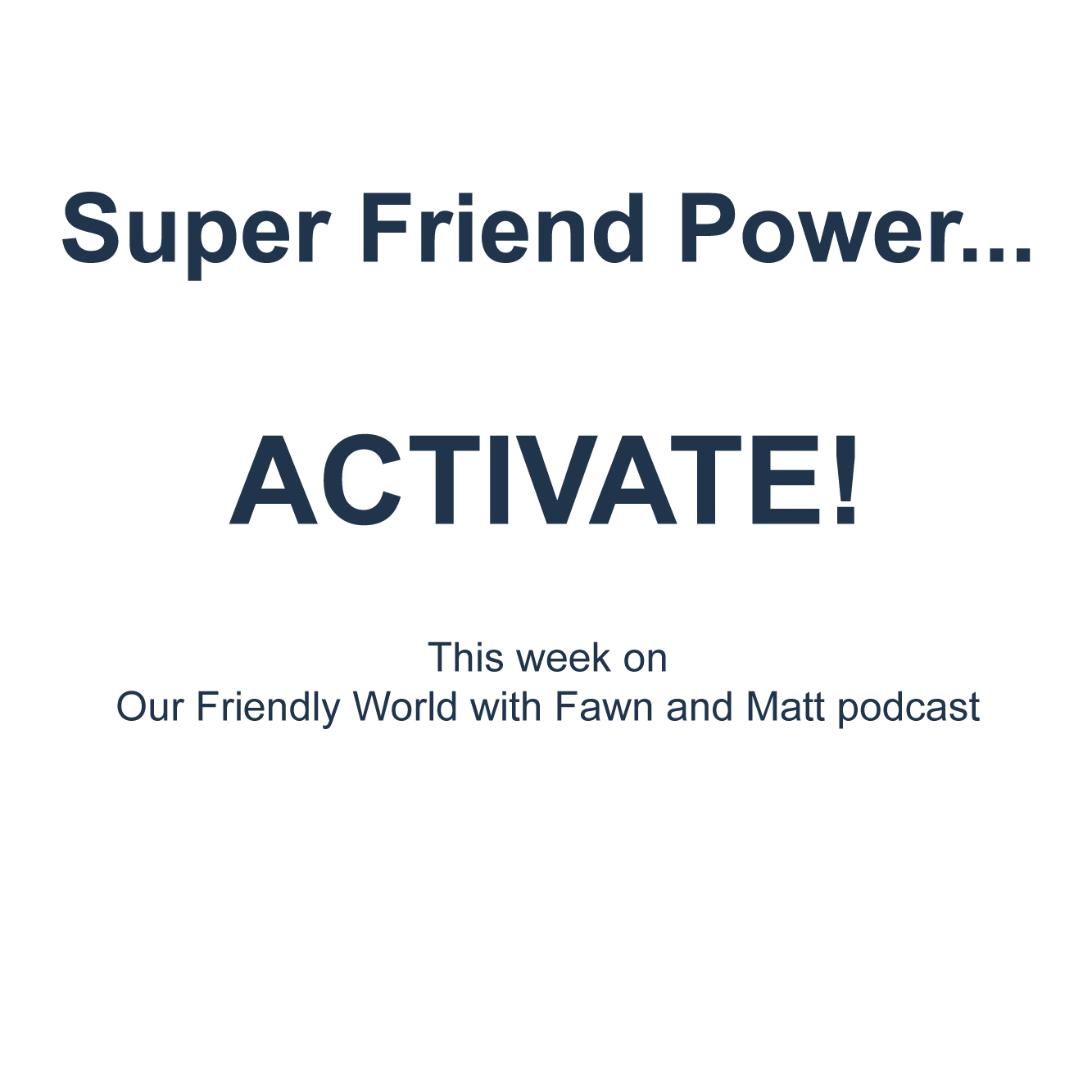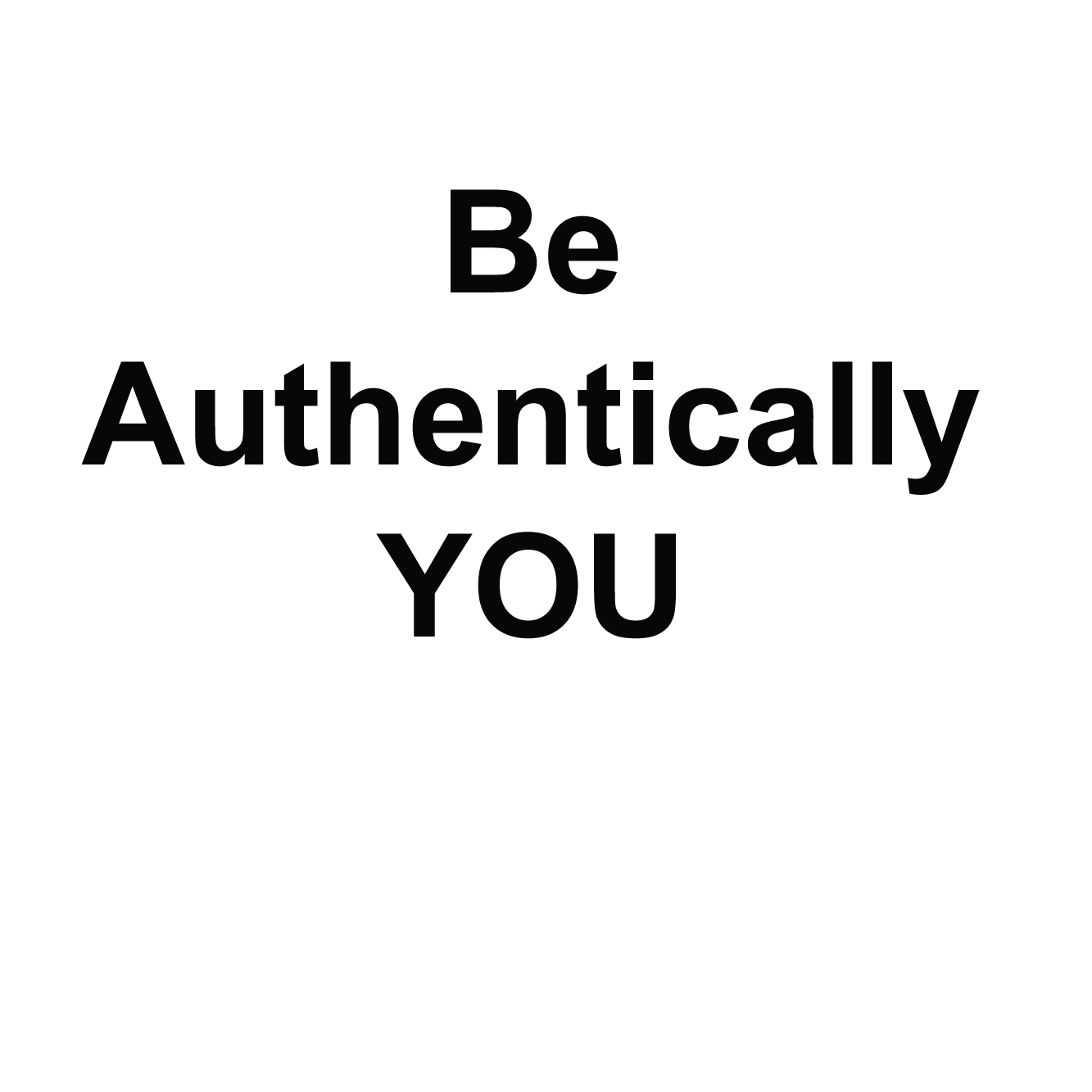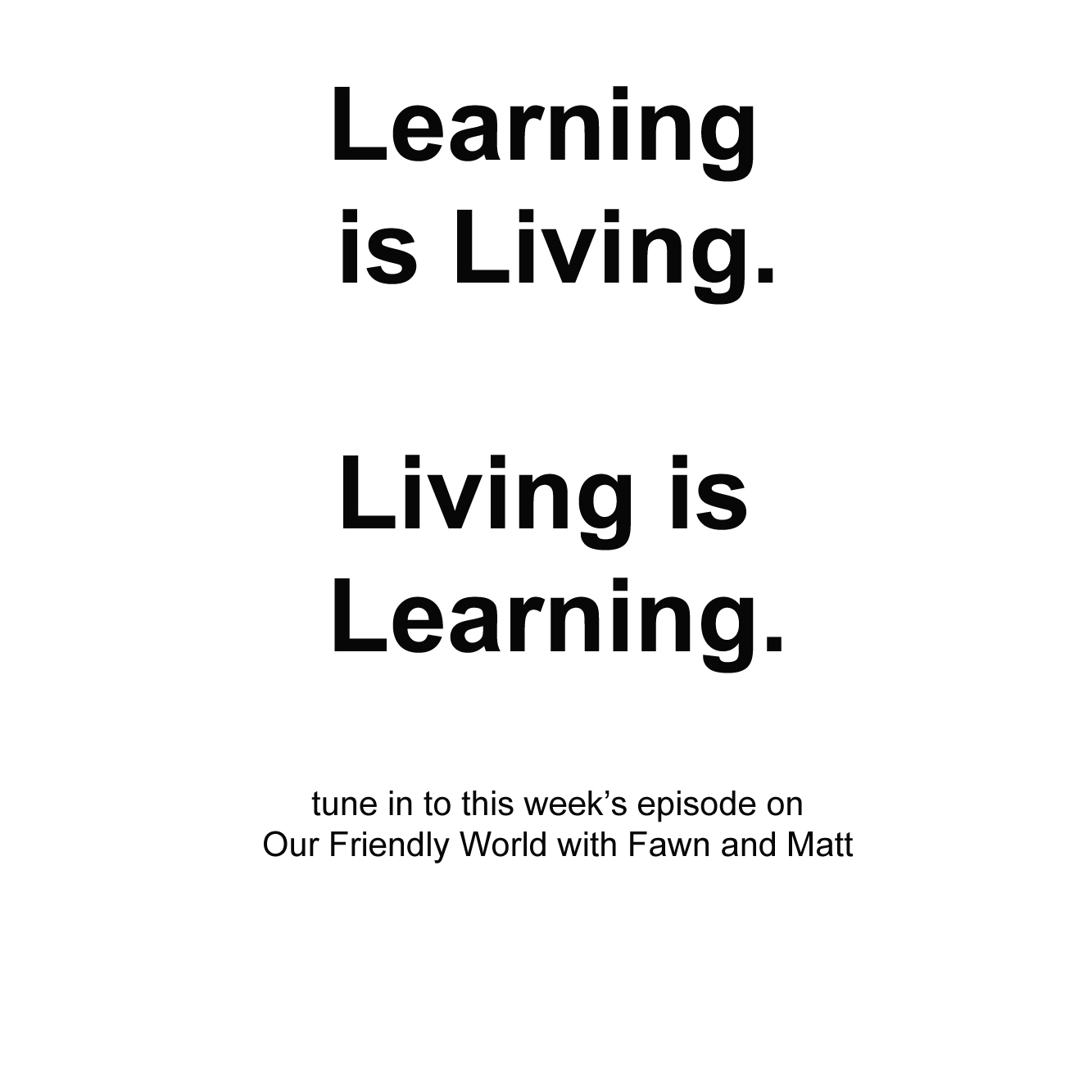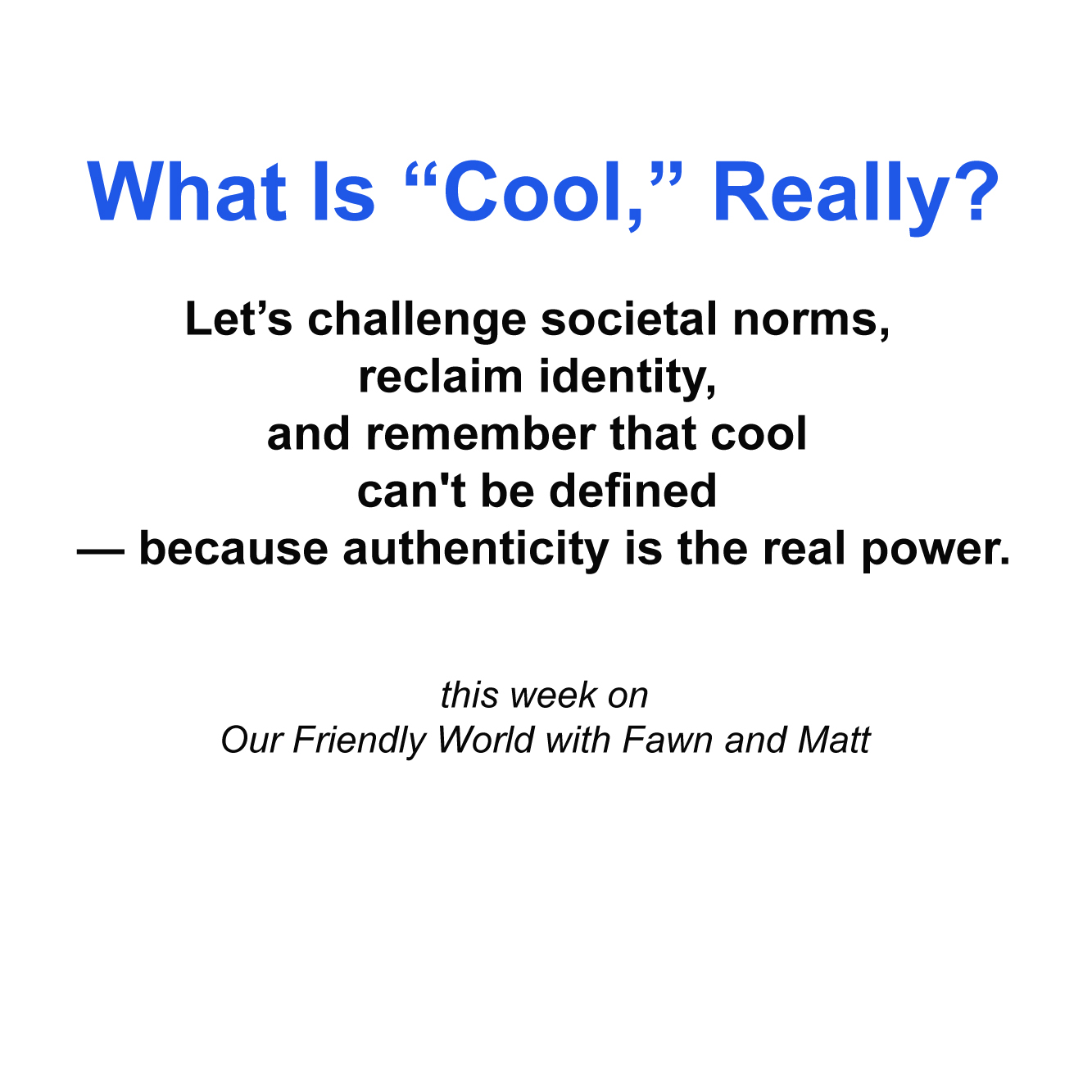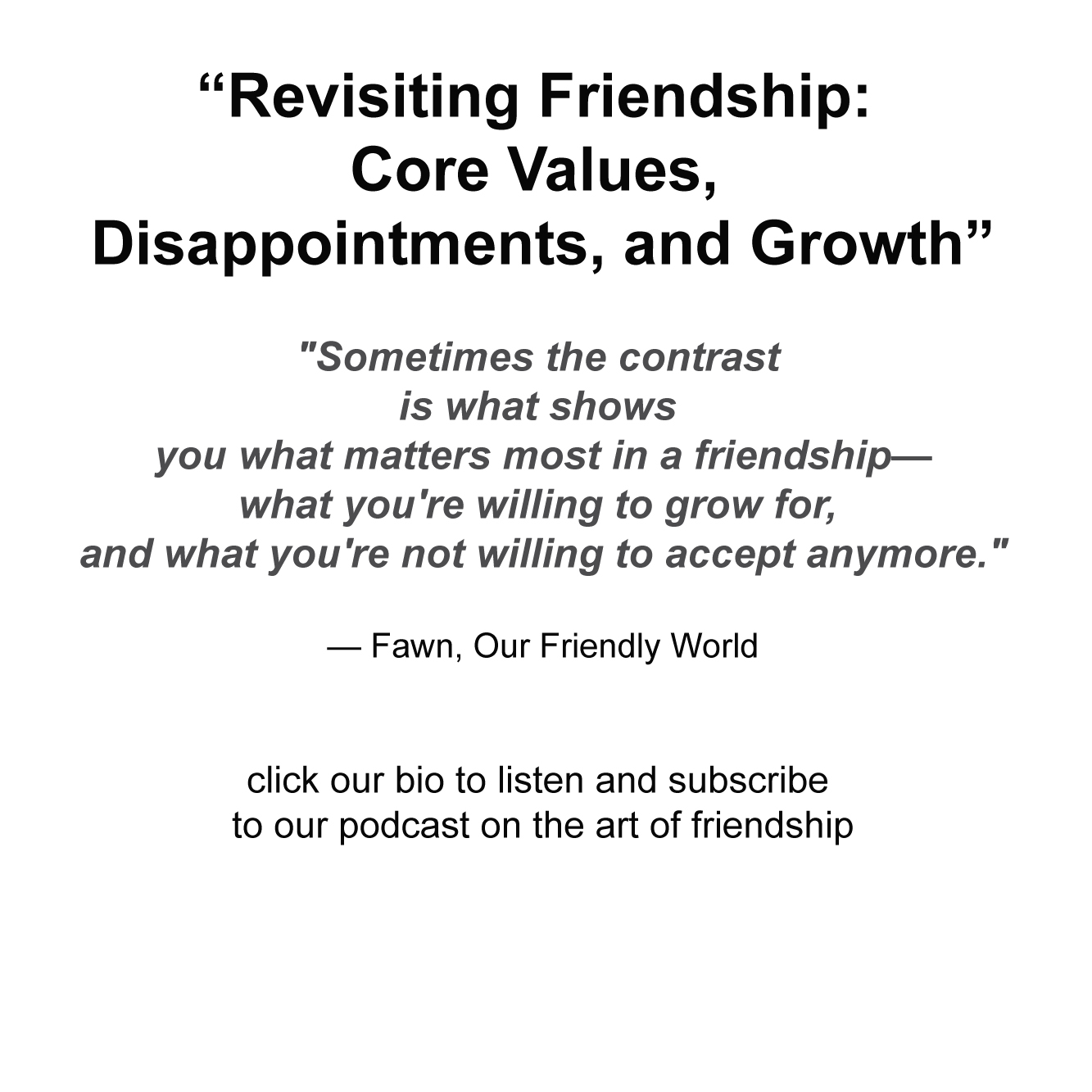Living For the Soul's Benefit, While Living Large - How Not to Stress Out About Money and Life W/ Barry Lane
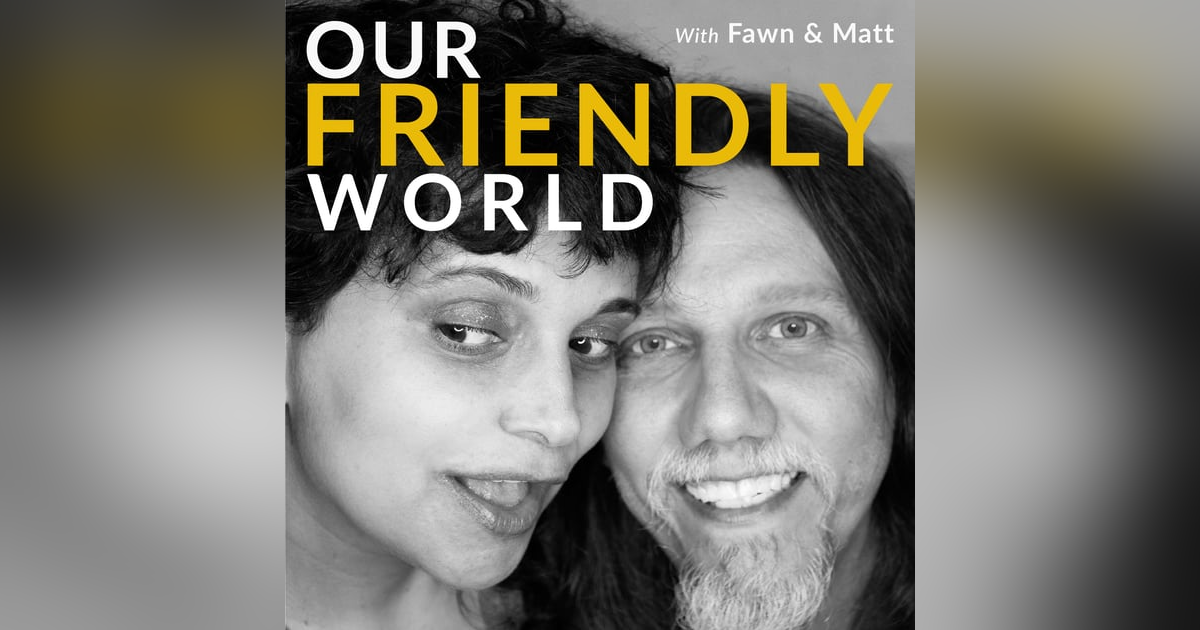
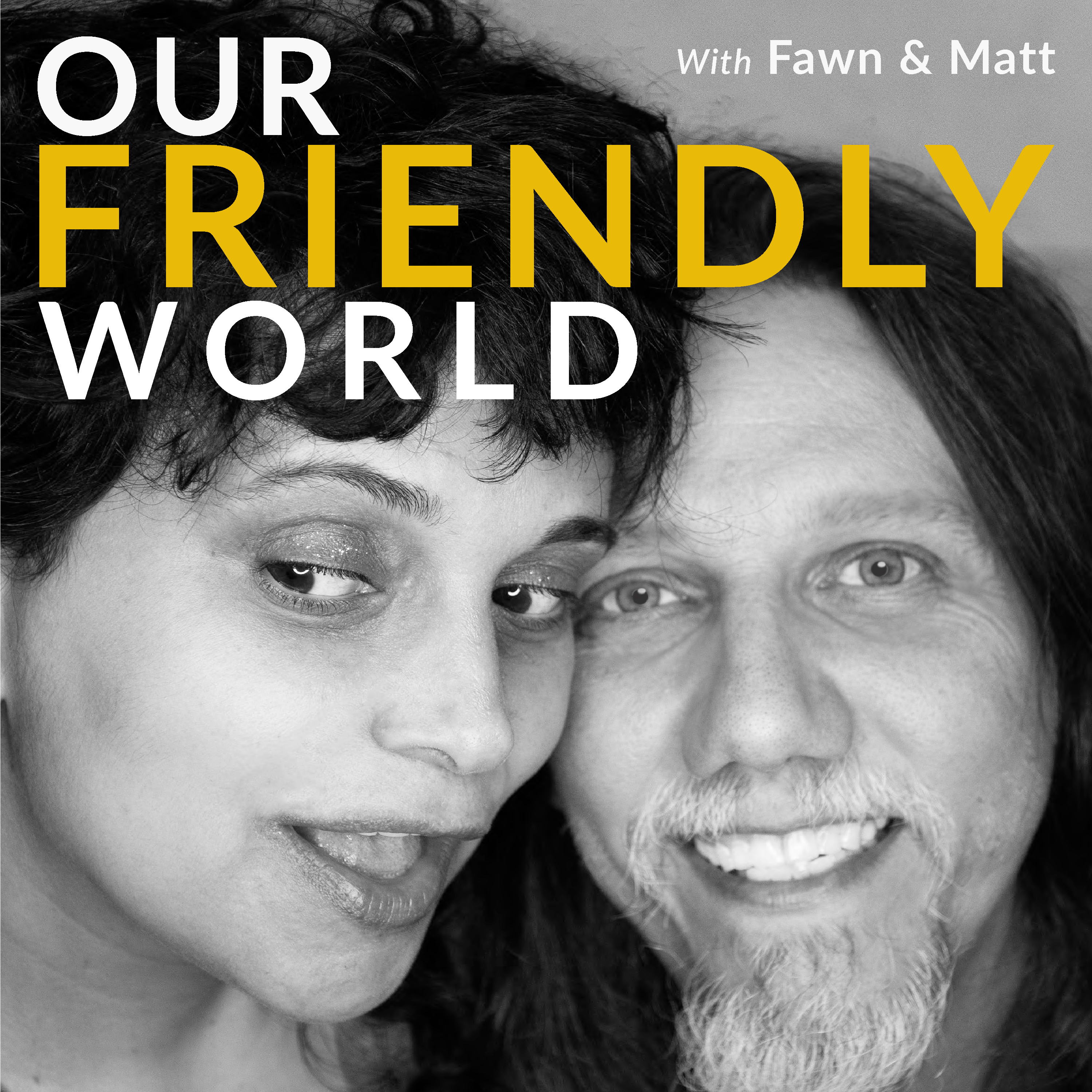
This is a time when it's extra important to stay optimistic and filled with faith.Enjoy and appreciate the small successes and recognize that they add up to the big ones. So the successes add up to the big ones. The more you stay centered in gratitude, the more positive opportunities will come your way. But most importantly, this is a time when it's extra important to stay optimistic.Barry Lane joins us and teaches us how not to stress out about money and talks about living for the soul's benefit while living large. He tells us about a philosopher called Émile Durkheim, how capitalism atomizes people, how people can be little atoms that can't connect with each other, how they're separated by their own little pursuits for their own private lives and nests they try to build and competing against all the other nests and how this makes people suicidal. All this stems from a lack of community.
Barry gives us tools to thrive through all of this and teaches us how to create community with two words!
#BarryLane, #HowtoNotStressAboutMoney, #ÉmileDurkheim, #community, #theartoffriendship, #theartofcommunity
Please tell everyone you can about our efforts in bringing back the art of friendship and transforming our society for the better. Click the subscribe button on our website:https://www.ourfriendlyworldpodcast.com/AND...Have a BEAUTIFUL EVERY DAY! And if you are able, please donate by buying us a cup of coffee at https://www.buymeacoffee.com/friendlyspace
This is a time when it's extra important to stay optimistic and filled with faith.
Enjoy and appreciate the small successes and recognize that they add up to the big ones. So the successes add up to the big ones. The more you stay centered in gratitude, the more positive opportunities will come your way. But most importantly, this is a time when it's extra important to stay optimistic.
Barry Lane joins us and teaches us how not to stress out about money and talks about living for the soul's benefit while living large. He tells us about a philosopher called Émile Durkheim, how capitalism atomizes people, how people can be little atoms that can't connect with each other, how they're separated by their own little pursuits for their own private lives and nests they try to build and competing against all the other nests and how this makes people suicidal. All this stems from a lack of community.
Barry gives us tools to thrive through all of this and teaches us how to create community with two words!
#BarryLane, #HowtoNotStressAboutMoney, #ÉmileDurkheim, #community, #theartoffriendship, #theartofcommunity
Please tell everyone you can about our efforts in bringing back the art of friendship and transforming our society for the better. Click the subscribe button on our website:https://www.ourfriendlyworldpodcast.com/AND...Have a BEAUTIFUL EVERY DAY! And if you are able, please donate by buying us a cup of coffee at https://www.buymeacoffee.com/friendlyspace
Hi,
[00:00:00] FAWN: everyone. Welcome back. Welcome back today, Barry is with us again. Yay. Barry is here. Barry Lane. Barry, thank you for coming back. We love you so much. Hi.
[00:00:14] BARRY: It's great to be here.
[00:00:16] FAWN: Barry. Before we start, I want everyone to listen to your music. I want everyone to see your work, hear your work. Barry has been with us since pretty much the beginning of our podcast yet.
[00:00:29] FAWN: Barry is a family friend. What did you say, Matt? What'd you say?
[00:00:33] FAWN: I
[00:00:33] MATT: said yet?
[00:00:34] FAWN: What is that?
[00:00:36] MATT: I don't know. Hello, everybody.
[00:00:38] FAWN: Oh. Um, Barry is a family friend and since we met, we met through
[00:00:45] BARRY: Michael
[00:00:45] FAWN: Jolly. We met through Michael Jolly. Remember, it's actually between you and Michael.
[00:00:51] FAWN: You're one of the top most rated episodes on our podcast. You and Michael. We did a show with Michael called breaking the Sound Barrier with Michael Jolly. And then Michael Jolly is like, you need to meet my friend Barry. And it was love at first sight. So here we have Barry. Of our family, Barry Lane.
[00:01:14] FAWN: Barry, can you tell everyone how they can get ahold of you? Like how they can find your work? Where do they go?
[00:01:20] BARRY: Oh, well, I have a website just called barry lane.com and I also have Forcefield for Good, which is the program that I'm most excited about, which is, teaching the power of kindness to children and parents , and anyone else.
[00:01:35] BARRY: Which is about learning that kindness is more than following rules, but rather, becoming, a practicer of kindness each day and learning our higher selves.
[00:01:47] FAWN: You are incredible and inspiring and beautiful. What a magnificent force of light you are Barry. So grateful. So grateful that. We have the privilege of knowing you and your beautiful music.
[00:02:03] FAWN: Our youngest was gifted your guitar and they've been playing music and learning the guitar. Again. You, wherever you go, Barry, you provide so much love and kindness and compassion. You make the world better, and that's what. That's what the whole message is all about is the art of friendship. It is.
[00:02:25] FAWN: Barry is it Barry? Is it, look at Barry. And it reminds me, yeah. I
[00:02:30] BARRY: don't know if anybody thinks they're making the world worse. I think even people that are making the world worse think they're making it better. So true. But I hope I'm making it better. Wow. And I, I, uh, I can say for sure you are. I know that, uh, yeah.
[00:02:45] BARRY: And, and
[00:02:45] MATT: honestly, it feels something, it feels like today we have so few people to look up to that we can just say, this person's just a good person.
[00:02:53] FAWN: Right. So here's the message that I got this morning. Been lately, I've been feeling like a not good person. I was telling you this yesterday, Matt.
[00:03:02] MATT: Yes, you were.
[00:03:03] FAWN: I was like, wow. You know, I don't think my, my kindness bubble is still here. I don't feel very kind anymore the way I used to be. I have less patience. I don't know what's wrong with me. And yet we're in an area where, You always heard that people were gruff and mean, and didn't wanna talk to you, didn't wanna help you, and it's quite the opposite actually.
[00:03:30] FAWN: Yet I'm finding myself to be in a hurry and I feel gruff. I may not appear that way on the outside, but inside I'm feeling annoyed. I'm like, oh, please hurry up. Like, you know, like, I don't know. It's not kind and I don't know where it's coming from. And I think that we are human. That
[00:03:51] FAWN: we are supernatural beings. I think we all go through, ebbs and flows. Flows and ebbs.
[00:03:57] MATT: Ebbs and flows. Yes.
[00:03:58] FAWN: Ebbs and flows. And you're bound to feel one thing and then bound to feel something else, right? Again. And you are feeling everything. And you think that's part of the magic of being alive, is we're feeling everything I.
[00:04:13] FAWN: I'm, and I'm just remembering about, I think we need to go back to the first year, year and a half of our podcast, how we would have examples from the mentor Santa Monica. Remember the friendship nuggets that we would talk about. Yes. So Santa Monica was my mentor. The catalyst behind this whole thing that we started really came from the messages I got from Santa Monica, my mentor, which is actually the city.
[00:04:43] FAWN: The city of Santa Monica, I only wanted to be there three months. I'm from that area. I always tried to escape LA and somehow like a big magnet, it would suck me back or like pull me back against my will. And finally the last time and I would move away, I'm like, I'm done. Bye. I would move away and I would, uh, totally, it felt like against my will be taken back there.
[00:05:10] FAWN: And the last time I said, I don't know what you want from me, but I give up and I'm gonna give it three months and I'm out of here. Three months turned into 14 years. I talk about this on the first episode we ever, ever, ever did. It's just me talking to say what this podcast is really about. And so during the 14 years, once we finally moved, All the voices came back, all the lessons came back and I realized, oh my goodness.
[00:05:37] FAWN: It was like I had an internship on friendship, on what community truly means. And then I started to really, really miss even more, santa Monica. I missed the village, you know, I missed, I missed that and I was seeing that it wasn't around, and I realized that it was not, Moving that it was a shift in the way we, as people in the world are feeling that people all of a sudden have no connection.
[00:06:12] FAWN: We don't have that village. We don't have that friendship. Like we've lost the art of friendship. Right. But meeting Barry, meeting our beautiful Barry Lane, we know that. Santa Monica exists everywhere, and as I remember when things were rough, we had some rough days in Santa Monica, there was always a message that would come up and it would come up with different characters or the characters could be like the A dolphin you would see, or mostly the people in the neighborhood would provide you some great wisdom.
[00:06:49] FAWN: It didn't matter how old they were, we were all different ages. We were all from different backgrounds, we all provided each other with a, a sense of safety with within our friendship. And every day something would happen that was a lesson. And so we used to have nuggets of wisdom, and one of them that came to my mind after I was talking to Barry a few weeks ago mm-hmm.
[00:07:12] FAWN: A, a few days ago, I'm sorry. Was, I was on an airplane leaving LA to go on a small trip and the airplane started to have major turbulence and I was freaking out, man, I don't, I used to love to fly and then something happened from one of my photo shoots when I was flying back. Mm-hmm. I was flying out of Ethiopia and there was this woman from one of the tribes that I photographed.
[00:07:39] FAWN: I'm like, what are you doing here? How did you get on the plane? And she was, and it was a woman that I actually didn't meet, but I knew the tribe she was from. Mm-hmm. We're talking way out, way out, away from a city, hundreds and hundreds of miles away from a city. And she was there with her gourd, with her tribal dress.
[00:08:00] FAWN: As the plane was taking off, she grabbed my hand and then I grabbed her hand. She was scared. I swear to you. I think we transferred feeling because since that moment I've been terrified of flying. Interesting. And she felt like, Hey, this is fun. You know, like we switched, right? We, and it was so bad that I had to have for several flights after that.
[00:08:27] FAWN: The, the people who work on the plane, they have to console me every time. Tell me how safe it is to fly, how it's safer than driving. Like I needed help every time. So anyway, this one day we were flying and there was major turbulence, and I swear, I think I was sitting next to an air marshal Oh dear. Who?
[00:08:48] FAWN: Who? I tried talking to him, but he wouldn't talk to me. He was too
[00:08:51] MATT: busy casing the joint.
[00:08:53] FAWN: Well, he, he had a vibe on him. He was super cute, by the way. Super.
[00:08:58] MATT: Hey, hey, hey, super. I'm right here.
[00:09:00] FAWN: He was super fit and the turbulence was happening. He had a cup of coffee in his hand. Mm-hmm. And the whole time, I mean, it was major turbulence the whole time.
[00:09:11] FAWN: He, it was like watching Crouching Tiger Hidden Dragon. The way, you know she
[00:09:16] MATT: Oh, right. With the tea.
[00:09:17] FAWN: With the tea. How she, she picked right, with the
[00:09:20] MATT: tea. Right. She just picked it up, off as it was
[00:09:21] FAWN: falling to the ground. It was, it was like that. And he was just holding the cup of coffee and making, you know, he, he would, he was barely trying, but he, he was just doing it naturally.
[00:09:31] FAWN: The coffee wouldn't spill. He was just sipping coffee.
[00:09:34] MATT: Man likes his coffee.
[00:09:36] FAWN: But another thing he had in his hand was this book called Zen in the Martial
[00:09:41] MATT: Arts. So he was holding a book in one hand. His coffee
[00:09:44] FAWN: in the other hand, well it was, it was nearby, and occasionally he would pick it up. Do you know what I'm saying?
[00:09:49] FAWN: And so I would try to talk to him and he would not have it. He would not talk to me. He would just say yes or no answers. And then I think I asked him, are you an air marshal? He's totally stopped talking to me. So anyway, so, but, but that was a good lesson because in the midst of being in this turbulence, I watched his movements, I watched him enjoy his coffee.
[00:10:14] FAWN: I watched him be calm, I watched him be confident and okay at every moment in the midst of the storm, you know? I'm like, wow, that's amazing. It's probably one of the best martial arts lessons I've ever had. But anyway, here's the message that came to me today. It says, this is a time when it's extra important to stay optimistic and filled with faith.
[00:10:43] FAWN: Enjoy and appreciate the small successes and recognize that that adds up to big ones. So the successes, the small ones mm-hmm. They add up to the big ones. The more you stay centered in gratitude, the more positive opportunities will come your way. But most importantly, this is a time when it's extra important to stay optimistic.
[00:11:10] FAWN: And so I was on the phone with Barry. I asked Barry how he was doing. Thank God you're healthy, Barry. We're so glad you're healthy, and um, thank you. I'm so glad you're here. And so anyway, we started talking and he asked how I was. I'm like, I don't know. I'm really panicked about everything, about money. I'm stressing out all the time.
[00:11:37] FAWN: Well, I think
[00:11:38] MATT: that's part of the. Kind of human condition right now. Everybody keeps talking about food prices spiking and house housing loan prices going up and.
[00:11:50] FAWN: Cetera. It's a big deal. There's, for me to buy ahead of lettuce. Mm-hmm. It's $5 for a tiny thing of lettuce.
[00:11:58] MATT: Well, and you brought home that quote unquote half gallon of, of milk almond milk, but they had shrunk it from 64 ounces to 52 ounces.
[00:12:08] MATT: Because that's the other thing you do, that these are the games you play when you try and, you know, convince people. And I could tell our bread, I swear it's more air than
than
[00:12:16] FAWN: flour. We stopped buying bread, so now we're making bread every day. It got lighter, physically lighter. I know. And they took out some slices.
[00:12:24] FAWN: Anyway, Hey, hey, hey, hey, hey. This is a time when it's extra important to stay optimistic. What did I just say? Anyway, so Barry. Barry has all the goods. Barry has all the wisdom.
[00:12:36] MATT: Yes, he does.
[00:12:37] FAWN: Because we're freaking out. I mean, with the house, with everything. We're freaking out. Hi Barry. Hi.
[00:12:43] BARRY: Hi. Hi. Well, um, I'm thinking, um, there's a lot of things that you said that triggered all kinds of things in me, but, uh, I know that I, I did have a heart attack on March 8th and, after that, I, and I think, I don't know if I became awakened, But if I, if I were Eckhart Tole, I would say it was my moment of understanding something, for a minute or two.
[00:13:12] BARRY: And, uh, uh, I have some stuff to share about that. And I also, um, 'cause I, I spent a lot of my life worried about money and anxious and I still can get there. It was, it's really easy to get panicked about those feelings and stuff. But it's really, all fear of death in the end. I think Freud had a couple of things, right?
[00:13:34] BARRY: And I think that was one of them that, when you're afraid about money, you're literally afraid about death, but you don't know it. You think it's when my wallet's empty, I'm gone. It's like a video game. Game over.
[00:13:48] FAWN: That's so true.
[00:13:51] BARRY: Yeah. Yeah. And you need more. Elon Musk, he is a great spiel. He does about money.
[00:13:57] BARRY: Money doesn't really exist. It's all about exchanging goods for services. And it's basically like a video game. You just gotta get more, load up, more coins.
[00:14:06] FAWN: We need more tokens,
[00:14:08] BARRY: so you can keep finding, being to Raider or whatever it is you're doing. Uh, and, but, uh, uh, Tomb Raider that's, that's ironic I guess if we're talking about death.
[00:14:19] BARRY: But, That would be a good title. You know, uh, something about Tomb Raider for the podcast.
[00:14:26] FAWN: It scares me. I don't like it. Right. I'm like, everyone else is into the games, but me, I don't like anything with death, raid, war. I don't like video games. I can't. Yeah.
[00:14:39] BARRY: But getting back to like, uh, Eckhart, whose book The Power of Now is probably.
[00:14:44] BARRY: Probably one of the best books you could ever buy to learn about how to live. Uh,
[00:14:50] FAWN: it's on our shelf right now. I'm staring at it. Yeah,
[00:14:53] BARRY: simply because you can read it. 10 times and each time it feels like, oh, that's interesting, new. 'cause you get different things from it. But one of the things he says is, the secret of life is to die before you die.
[00:15:07] BARRY: You know? And uh, and that's what I got. Uh, and I don't wish everyone to have a heart attack, but I would say that there's a great wisdom in, uh, in that, that you kind of, you know, they talk about you have a life review when you die. And I think that's kind of like, uh, if you can get that early in life, I had a friend, who was actually a teacher of mine, professor Gary Lindbergh at University of New Hampshire.
[00:15:34] BARRY: Brilliant, brilliant guy. Uh, he died of Hodgkin's disease. He was, uh, just a. Had a remarkable memorial service where they read from his journal. And one of the things he said in his journal is, if only I could have had, he talked about just sitting down to dinner with his son and wife and, and, and just feeling this incredible bliss and sense of, of joy just to have this one little time with them.
[00:16:06] BARRY: And, and, and in his journal he wrote, if only I could have had this earlier, you know, if only if I could have had this, earlier and I don't think , he was regretful of it. He was just more celebrating what it is and trying to tell people or himself, what gratitude really is.
[00:16:24] BARRY: Gratitude's just like amazing. It's like, it, it's about being in the moment,. Let's say somebody owns a stock, let's say, and the stock goes up and they're happy in that moment, then the stock goes way down. And they're sad at that moment, but they're basically still sitting in a chair looking at a screen.
[00:16:45] BARRY: There's no moment, right? You know, there's no moment. There's no, you know, and it's like you go into the supermarket and the lettuce is up, and the lettuce is here. It's like 6 99. If you wanna buy a, uh, A scrawny head of California grown, organic lettuce has probably grown next to the, the freeway. You know?
[00:17:07] BARRY: Right. You know, you know, and, uh, 6 99 or 7 99, but it's the same head of lettuce. It was 4 99, it 3 99. You'd go, oh, ah, good. It's like you're staring at a screen, you're staring at a head of lettuce. You're staring at the past, the future. But you're not living in the moment. And, and, uh, the Eckhart talks about feelings being feedback loops.
[00:17:33] BARRY: It's not when you feel something, it's not real. It's a feedback loop from the past. Oftentimes there's something so, oh, the lettuce, the lettuce could s maybe every time you go to see lettuce, now you get panicked 'cause you don't know what it's gonna be. And, and so you're feeding off the. The fact that it was 8 99 ahead last week or, or That's so
[00:17:57] FAWN: true, Barry.
[00:17:58] FAWN: That's so true. And then you news. That's so true. Every time I walk I see the lettuce first. It's right there at the entrance. The organic, the scrawny organic had a lettuce and yours is like $3 more than ours, I guess. That's crazy. And I get so mad.
[00:18:16] BARRY: And if you go to Whole Foods, they have 'em like stacked in towers.
[00:18:19] BARRY: So it's like Tower of Terror. Yeah, the tower of That's true. That is terror. You know, and it's like, uh, it's uh, and all that is, uh, you know, the reason they keep food prices as low is this, people riot when the food prices get really high. I mean, they get, really get panicky and they Right. Things happen.
[00:18:41] BARRY: , I remember when nine 11 happened. I was in Evansville. Indiana and, gas prices went from a dollar 99 to four 50 instantly. You know, it's like nothing happened. The gas didn't get better in the tank on the ground, right? But the panic, all the stock traders and everybody else, the whole system is built on panic.
[00:19:02] BARRY: So if you're feeling it, you're feeling it, you know, you're feeling what's coming down from Wall Street but beyond that, Going back to the plane analogy, when you talked about the Ethiopian woman on the plane, it, it, it struck in me this great memory I had years ago. There's a philosopher called Émile Durkheim.
[00:19:22] BARRY: He wrote, I think in the late 19th century, early 20th century. But he talk about how capitalism atomizes people, like turns them into little atoms that can't connect with each other. They're just kind of, Separated by their own little pursuits for their own private lives and trying to create their own little, I don't know, nest and competing against all the other nests and how it makes people suicidal.
[00:19:49] BARRY: It was actually the essay he wrote, was it on suicide and that lack of community. And, uh, so my experience on a plane, I'll tell you this one, I think I forget what airline it was. It was probably like US Airways when they still existed, years back and, but sitting on a tarmac for like about an hour.
[00:20:06] BARRY: It was like late in the day. And you'd go out, wheeled out to the tarmac it was like an hour flight and we sat there for an hour and a half on the tarmac. So you gotta imagine all these people sitting in the plane and they're all little atoms and nobody's connected.
[00:20:23] BARRY: Mm-hmm. At all. They're just sitting there waiting to get home, looking at their watch, thinking, Christ, this is like an hour flight and I'm sitting here for an hour and a half and am I gonna miss my connection? And no. We just sat and sat and sat. And eventually, sometimes it takes over an hour, people start to turn to each other and say, wait a minute.
[00:20:44] BARRY: Hey, you, you're the atom sitting across from me. I saw you in the airport, you had a hotdog, . And eventually the plane didn't take off at all. They wheeled us back to the thing and they booked a hotel for everybody, the same hotel for everybody. And, , By the time we got to the hotel, people had started talking to each other.
[00:21:04] BARRY: We met in the lobby. People had a little par. It was a party at that point. It was a sense of joy and gratitude and connection and all of a sudden, you know, we were out of our atomized world and into a community. Suddenly it wasn't so bad, you know? And if everybody got together in Whole Foods and stood around the lettuce going, do you believe the price of this lettuce?
[00:21:32] BARRY: My gosh. You know, or did even just being able to share despair and fear, it helps. but also, there's a sense of something I was thinking of. Um, Here's another great example. I was, this is the classic, the late last plane I always get on the last plane to come home. 'cause of course you're trying to get outta somewhere in the west to the east.
[00:21:57] BARRY: So it's oftentimes the last plane is late. 'cause any schedule delays during the day get built up over time. And so the last plane gets into, Burlington, Vermont, And everyone's waiting for the last luggage. 'cause the last plane got in late. Mm-hmm.
[00:22:12] BARRY: All the other luggage guys went home. This one guy back there slinging the luggage around. And so we're all waiting, waiting, waiting another hour for the luggage. And finally one piece of luggage goes. This woman goes and grabs it. She starts rolling away and then she turns back and says, Bye everybody,
[00:22:36] BARRY: and at that moment people looked at each other and went, wait a minute. It took that long for them to say, we're everybody, you know, it, it felt good. That woman created community with those words By, so true. By those two words. Yeah. Right.
[00:22:51] MATT: That, that's why I'm always talking.
[00:22:53] FAWN: Yeah. We are everybody. We are every body.
[00:22:56] FAWN: Right. We're, we're one body like we are. Yeah. That's amazing.
[00:23:02] BARRY: Yeah. Yeah. And so, if you're feeling panicked, That's good for the economy. Why, uh, but it's bad for you. Uh,
[00:23:11] FAWN: why is it good for the economy to feel panicked?
[00:23:14] BARRY: Uh, be it means you believe in it. You believe in the lettuce. Oh, wow.
[00:23:18] BARRY: You believe
[00:23:19] FAWN: in the fear. Oh, wow. Oh wow. Yeah. Oh, wow. Oh wow. A few years ago, a friend said to me, Don't buy into the panic Fawn because they want you to be in fear because it makes you buy more. So don't get scared. they want the people to get scared. When people get scared, they start shopping.
[00:23:41] FAWN: They start buying things to feel safe. And if you look at every commercial it brings in fear, uncertainty, and doubt for every item that they're selling. For you to go, I need to get this right away. Rare is a commercial that makes you just feel happy. Wouldn't it be nice if it was just pure happiness?
[00:24:00] FAWN: You're like, I wanna buy that 'cause it makes me happy. But no, it's fear, uncertainty, doubt. You need to do this to survive. Right. So everybody's in survival mode. Yes.
[00:24:13] MATT: And, it's about you have to learn this so you can better compete. There's such a, sometimes it's an artificial scarcity, some and scarcity of knowledge.
[00:24:22] MATT: You know, you are gonna be, you're gonna be replaced if you don't learn these seven new technologies. But yeah. Yeah, they definitely try. They and who is the they? Which is the fun part, but Right. You know. It's, it's like keep 'em on the treadmill, keep 'em focused on just these really short-term goals and short-term feelings and short-term everythings, as
[00:24:44] FAWN: you know.
[00:24:45] FAWN: Yeah. Yeah.
[00:24:46] MATT: And
[00:24:47] BARRY: why? Yeah. Oh, the other thing I've learned about growing older is when I was a little kid, I was lucky. I grew up in a childhood before anything before computers before cell phones, of course. Uh, before, uh, you know, I remember buying a, a kit where you could put an alligator clip on a wire and get a radio station with a little headphone.
[00:25:14] BARRY: You'd put in your ear. You'd make your own radio, that kind of thing. Mm-hmm. And, uh, and, uh, but, uh, we all summer long, it was August. Just, uh, finding people in the neighborhood, other kids, and we, we had free range. You know, I'd get my bicycle take off, go downtown, you know, which I was 10 years old. I'd drive downtown and the world was actually, Just as dangerous then, right as it is now.
[00:25:40] BARRY: It really was. We didn't have 24 7 news telling about every kid that got abducted. I mean, I met many child abductors and I probably could have been abducted. We used to go down the railroad tracks and meet, you know, very crazy pervert guys and, um, you know, just all kinds of terrible things and, Yet it was for us, it was like, Hey, cool, that guy's, uh, crazy, right?
[00:26:03] BARRY: Mm-hmm. It was like we, we didn't know any better, I guess, but, but the reality is not knowing, created less stress, what I was trying to say is, that sense of just, Hey, what are we gonna do today? Finding a friend and not planning everything. I, I'm still a pop in pe People are very annoyed by me, I think, in my town.
[00:26:22] BARRY: 'cause I'll just pop in. Whenever I went to their house, they'd say, hi, how you doing? And it's like, wait a minute. I love that. Have you talked? Have you talked to my secretary? I don't think you're supposed to be here till next Tuesday. I know. I'm
[00:26:34] FAWN: afraid to call people anymore. I remember losing a friend because I called her and she was so angry.
[00:26:42] FAWN: 'cause I called instead of texting, I never talked to her again. Oh Lord. Remember that? Yes. Oh, Barry I wish you were right next door to us because that's my dream. Popovers.
[00:26:53] MATT: Yeah. We still have to invite people. Yeah. We still have to invite people. Yeah. It
[00:26:58] FAWN: it has. And get them to come. Yeah. And you have to give them a three hour minimum notice or four hour minimum notice.
[00:27:04] FAWN: Yeah. I'm like really? Just, can you just come over? Over? Well, there's something
[00:27:07] BARRY: about that, your presence. So it's sort of like if you go to, uh, Store and somebody's on the phone and you're standing there waiting while they're keep picking phone calls. You're the person who actually got there and standing there.
[00:27:23] BARRY: But, but you're seen as the same or even less sometimes as the person who phoned, literally phoned it in. Right, right. Yeah. Yeah. And so it's kind of the reestablishment of those bonds. I think luckily Covid has, I think, made people aware of it. Oh, we're so lucky. I have a friend, Archie and a friend, Sam and other friends, we call 'em the buds and suds on the lake here, and we just started getting together.
[00:27:51] BARRY: It evolved slowly, but now it's become a ritual and we just assemble. You don't have to drink beer, but the beer part just for kid, people who like beer and that, uh, but we just assemble and uh, sometimes we go to some each other's house or sit by a fire and, and just talk. And it's like guys talking. And the women got so jealous they started the ladies luncheon.
[00:28:17] BARRY: Well, the women started, started doing stuff. But I was talking to my friend Archie the other day and he was saying, I was saying, have you ever experienced anything this where you lived before? 'cause you lived down in Massachusetts before. And he works, he's a techie guy too. He works for, uh, this big company in Cambridge.
[00:28:34] BARRY: And uh, and uh, uh, and he said, no. And I had friends from the church and stuff like that, and we were, you know, friends. But when you're friends from a church or something, it's oftentimes. You're, you're not quite sure if we're there because of, your shared bond in the religion or whether you're, they're just for each other just because you want to be.
[00:28:53] BARRY: Mm-hmm. And I said, I said, no, I haven't experienced this since I was like eight years old in the neighborhood in the summer where we just say, Hey, what's he doing? And I walk around, you know, they have, there's a TED talk this woman gives. She talks about the, they study the people in the Mediterranean who live to 150.
[00:29:11] BARRY: And, uh, the single indicator of a long life. And, and it, the things that even if you smoke cigarettes, sometimes those people do smoke cigarettes. The indicator for the longest life, there are people that have, uh, what they call social integration where, where they actually
[00:29:32] BARRY: meet somebody every day, say, hi, how you doing? And shoot the shit for a little bit and sort of, uh, mm-hmm. I remember going to Brindisi, Italy when I was like 19 on the Eurail Pass saying, why are these guys just standing around and they literally stand around drinking coffee, not getting exercise. But living to 150, you know, and maybe they don't eat Twinkies, but, you know, but short of that, uh, it's that joy of just social connection and the gratefulness of just that cup of coffee when you're sharing it with somebody is so power palpably.
[00:30:14] BARRY: Powerful and human. Right. And we call social media. Social media, but it's really more like anti-social media because it can atomize people even more. 'cause then it becomes, oh look, uh, fawn got ahead of lettuce for 4.99 and I'm paying 8.99 what's going on? Or people will post things about their life, aren't I
[00:30:39] BARRY: special aren't my children's special. And you know, and, and there's nothing wrong with that. I understand they do it out of a sense of joy maybe in, in themselves and wanting to share, but other people can feel like, oh, I guess I'm not so special and, or I'm not. And it just becomes this, feedback loop of atomization where you think, oh, my little life.
[00:31:01] BARRY: And, and that's where suicide, that's why depression, anxiety, suicide rates come. So the first step might be getting rid of all social media for a while, or just, which I can't even imagine. I mean, I could do it. It's a, they used to talk about doing a fast from it, you know, to understand mm-hmm. What it is.
[00:31:23] BARRY: Yeah. Yeah. I was, and that's what a fast is. I was
[00:31:26] MATT: actually reading and they had talked years ago about, taking a break from social media or taking a break from the internet, and now they're saying, You can't do that anymore. Like we've turned into a society that needs the internet specifically, but also I think needs social media.
[00:31:45] MATT: And then back to the whole point of, having these interactions with people just almost sporadic and randomly, I mean, I get it. There's that moment where you see that other person, that other person sees you, and you have that recognition. Like I see you, you're right there. And that was something that as long-haired man, I would experience that aspect of things, but not that whole next level.
[00:32:10] MATT: But then that whole next level brings it much more, I don't know, human and real. 'cause they're, there's, we, we have a spot and we hang out in our spot. And if I go there, then I know the guys will be there and we hang out and, you know, We don't talk about anything in particular. We don't talk about nothing in particular.
[00:32:29] MATT: We just kind of just recognize each other and then we all go off on our merry way. And it's very comforting to know I have that kind of a spot, a, what did you call it? A suds and
[00:32:43] BARRY: uds and buds.
[00:32:43] MATT: Suds and
[00:32:44] BARRY: buds. I love that. Yeah. And it's become like a, People are still, some of us aren't working. My friend Archie's still working , and he like literally craves it.
[00:32:55] BARRY: Mm-hmm. Because there's so much, so much of his life is tied up with, solving problems and doing the minutiae of, working a job and Right. Stuff. But to me It's about purpose. It's about why we're here. It's a reminder of why we're here.
[00:33:11] BARRY: Mm-hmm.
[00:33:12] MATT: Right. Yeah. We're, 'cause we should all be here for one another. Yeah. Yeah.
[00:33:18] BARRY: , my friend Kevin Locke who died in September, you know, when it went to Uvaldi suddenly it was, you know, I think, I don't know if I talked about him much. I think I may have a little bit.
[00:33:27] FAWN: You said you did when we were having dinner, you talked to us.
[00:33:31] FAWN: About him.
[00:33:31] BARRY: He was a flute player. Yeah. I've been having, he's been coming to me in dreams and I would say I've been having dreams about him, but, the kind of dreams that they are have been remarkable. In the dreams, he's kind of like, showed me some things or told me some things , And, in those dreams, I am understanding a little bit about, how he found his purpose and the weird thing is I woke up in the middle of the night, this is the strangest thing, the other night, and I did something I shouldn't do.
[00:34:01] BARRY: I looked at my Facebook page and his wife who had posted a link to his autobiography, which had been published a few years ago. And I randomly went to Amazon, hit the button, and it read the sample on there, and it was about. His going up on a mountaintop to fast after he left college in South Dakota to try to understand what his purpose was in life.
[00:34:25] BARRY: And he, this elder guy, instructed him what to do, how to build these fires and do all this stuff and sit there for days and fast and look for, wait for a vision, of something to happen. And he was so disappointed at the end because he had no vision of, of what, what, what was going to happen. it was a moment in the dream where I'm sitting in a room with him after all these events have happened. And I'm saying, and I'm looking at him, he's kind of.
[00:34:54] BARRY: Curled up on the couch, kind of resting and, and I say, you're Kevin Locke, right? You in the real dream. I realized that you died. And he, and, and I realized at that moment he's sleeping. And I, so I start to actually shake him, start to literally grab him by the shoulders and shake him. And he turns to me, his eyes still shut and his mouth opens.
[00:35:21] BARRY: To like the size of the universe, and I can see stars inside and, um, it's glowing in this cold black sky. and suddenly I'm enveloped in like darkness. And all around me is this voice echoing. My friend, my friend, my friend, my friend. And then I woke up . When I looked at this excerpt from his book, there's a, a voice of the elder saying, my friend, my friend, uh, wow.
[00:35:52] BARRY: This was like weeks later. Mm-hmm. And it's a voice telling him how to burn the stuff the right way and to sit there into fast, fast. But, but what I realized in that moment is that sense of loneliness disappearing. That sense of, 'cause we're all alone. You know? Uh, the old song, we, you gotta walk that Lonesome Valley, you gotta walk it by yourself.
[00:36:16] BARRY: You know, ain't nobody else gonna walk it for you. You've gotta walk it by yourself. But Pete Seeger would sing that a lot, that song, uh, we're all alone with death. We're all alone. But there's something that connects us in this world, and I believe in the next. That connects us together. That's what the prayer for Francis means when it says, and by dying, we are born to eternal life.
[00:36:43] BARRY: That the death of the ego is the death of that part of yourself, that fierce lettuce. Lettuce the greena phobic part of yourself, uh, that, that fears that and goes, uh, wait a minute. That's the same lettuce that was there last week when it was 3 99.
[00:37:00] BARRY: Mm-hmm. That's a beautiful head of lettuce. It's green, you know, and, and, and can actually see reality, uh, is, see truth. Um, that is the, the great gift of dying before you die and be born again to eternal life. That's eternal life. So what's eternal in this world but the moment, that's the only thing that's eternal, right?
[00:37:25] BARRY: Uh, everything else passes. Oh, that one's gone. Whoop. There goes another one. And you know, everything else is, but die eternal. It's like, it's so annoying when people say the only thing certain in this world is uncertainty. You know? I
[00:37:40] MATT: thought it was death in taxes, but, okay.
[00:37:44] BARRY: Yeah, but also my heart attack was actually a joyful moment because of that.
[00:37:49] BARRY: 'cause I feared it so much. Mm-hmm. That when it happened, it was like, oh good. Finally it was just, 'cause my dad died of the exact same heart attack that I had, the left anterior, they call it the widow maker. It's because it's the one where you don't feel anything. Mm-hmm.
[00:38:07] MATT: I, it's just kind of that. I gotcha.
[00:38:09] MATT: I, I have to imagine. I don't have to imagine having been there to myself, not a heart attack, but still Yeah, I remember. Um, it's just, there's just such a sense of, of gratitude that you're still here, right? Yeah. There's just that sense of, oh my goodness, I still get to enjoy, I still have the blessing of, and I'm gonna take the moments such as they are, and.
[00:38:40] MATT: Find the things to enjoy inside of them. It's, yeah, and
[00:38:45] BARRY: it's more than survival. It's more than that. It's, it's about, it's really what you said. I am here. Yeah, I am.
[00:38:53] MATT: Yeah. Yeah. And just, realizing certainly things shifted for me a lot physically, for sure. Mm-hmm. Um, but then realizing, Maybe there was a new set of limitations, but figuring out where those were pushing against them and still growing and it almost felt to me like it was a decision.
[00:39:13] MATT: I'm gonna decide to be grateful and I'm going to decide to be, growing. I am not gonna choose to shrink, and I am not gonna choose to, you know, think about my life being measured out in, years, months, or hours or whatever. I'm just gonna live and I'm gonna live in, enjoy and in gratitude.
[00:39:35] BARRY: Yeah.
[00:39:36] BARRY: Yeah. It's sort of like, it's like one of those. When you go face a apparel, whether it's financial or anything, you can be like, Ulysses, you know, with a siren, just tie me to the mast. You know, it's kind of like point what the sea, you know, there's a scene in Forrest Gump like that where they, the guy who plays, the guy who's the amputee, Gary Sinus character where they're out on the boat and they're the only boat that makes it through the storm.
[00:40:03] BARRY: Mm-hmm. So they become like the, the, but that sense of, uh, Just, yeah. Suddenly your worst peril becomes this. You're not this little mammal shivering in the dark. You become your controller of your own fate. You know, John wouldn't, you know, there's a lot of books. He's a coach for U C L A.
[00:40:26] BARRY: I don't know if you know about him. Basketball, right. Yeah, he was one of these guys they used in the business world to, consult to inspire people supposedly. But he said a few good things. One of them is if you're wake up in the night in a panic, you can do two things.
[00:40:41] BARRY: One is, if there's nothing really wrong and you're just panicked, Get some milk and cookies and go back to bed. But if there's something truly wrong, make a cup of coffee and get a legal pad and start making notes, and do something about it.
[00:40:56] BARRY: You know, so he was really just trying to say, there's no point in being in this place of panic or fear. Take control of your life and whatever it is, Take control of it, and oftentimes if you do that, like, like how many people here? I'm, I'm pretending I'm talking about a seminar, like making calls when your internet goes out or complaining about products.
[00:41:20] BARRY: 'cause this happened to me. I had a, a mystical experience with T-Mobile the other day. Uh, I could tell
[00:41:26] FAWN: you about a mystical, I wanna hear it.
[00:41:29] BARRY: You wanna hear it? Well, well, we live in the country and you know how whenever you call. To get service. The person who answers, and sometimes they're in the Philippines and t-Mobile in this case is in the Philippines, can't really help you, right?
[00:41:44] BARRY: Because you call a few times. So I said, well, I'm gonna, and I don't like, I, I don't think it's important or even ethically right to flip the bitch switch where you get mad at everybody. Just tell me, talk to your manager and you know, you and that kind of thing. And, uh, and, and people do that.
[00:42:06] BARRY: And my dad used to do that, uh, sad. And it, it was effective, but I'd watch him do it. And, and I realized you have to do that to do it. No, you don't. Yeah. So I did the opposite. Uh, this was my mystical experience. I just, Showered T-Mobile with Love. I said, I love T-Mobile. It's like the best company. I've told all my friends about it.
[00:42:28] BARRY: I'm your best customer, but they'll tell you that every time I call. They'd say, well, I want to thank you for being our customer for eight years and we are very appreciative of all that. Well, thank you. I agree. I love you guys. You're just terrific. Can I talk to the next guy up so he can give me like.
[00:42:46] BARRY: What I need to keep going with T-Mobile because the reality is I'm just about to switch to starlink, which is this Elon Musk company mm-hmm. Where we can get possibly better internet for less phone calls, having to make phone calls all the time. So the problem was they have five G in our area, but they limit it to a hundred gigabytes.
[00:43:08] BARRY: And after a hundred gigabytes, it goes back to two G. Not four G, three G, but two G. Mm-hmm. Just basically you have a brick now sitting on your table. So I got to the second manager and the second manager. I told him how much I loved and it wasn't disingenuous. That's the thing. It was truthful.
[00:43:27] BARRY: I was trying to create community with T-Mobile, just the way in a cynical way, they are when they're being scripted to say, oh, Matt, I see here, you've been a customer of ours for eight years. I'm very thankful and you're on the auto pay system, which means that we don't have to bug you to get paid and saves us money and all that stuff.
[00:43:48] BARRY: So we got to the second guy And the second guy so at that point I said, well, I'd like to have at least two months debt payment, which would be like $600 in compensation for the time I've lost not being able to use the internet. And also, , if you can only give me 300 gigabytes of data, I want that so I can continue to do business this month and next month.
[00:44:10] BARRY: And try to figure out whether I need starlink or not, whether I can go with you guys. 'cause I really want to go with you guys and I like you guys. I don't like Elon Musk that much. Right. You know, I'd like to stay with you. You know. So then, he said, well, I can get you to my manager.
[00:44:24] BARRY: Said, okay. So I get to the third manager and I thinking this guy probably will be in Chicago or something, but he was still in the Philippines. And he said, well, I'll go to a room and see. What I can do for you with the internet. He went to the room and he saw, wait a minute, I see a button here where I can give you unlimited five G.
[00:44:44] BARRY: And I said, could you push that for
[00:44:46] MATT: me? There you go. Push that button.
[00:44:50] BARRY: I just did. You have now unlimited will beta test it. You'll be like a beta tester in our area. But the reality is, I felt good about that. Not because I got what I wanted, the transaction about it, but the, I got what I wanted and didn't lose a part of my soul.
[00:45:12] BARRY: Um, that's heavy. Yeah. Yeah. Right. I have a idea of a cartoon. I've never, I I, I've only imagined it. I can see it, but it's a guy, it's one of those St. Peter cartoons where it says, where St. Peter says, I know you went to church every week. But how did you treat telemarketers?
[00:45:32] FAWN: Right?
[00:45:33] BARRY: Yeah, and David, David Barry says, uh, Dave Barry, the humorist, he wrote, he says, people who are nice to you but not nice to the waiter are not nice people.
[00:45:43] BARRY: , right. I think that that's kind of what it's about.
[00:45:46] MATT: Yeah. And we've, we've talked about, we talked about that recently. Yeah. I remember one of the particularly impressive things about one of my managers was not that he was a great guy and super swell to me, but that he knew the name of the guy who emptied the trash cans on our floor.
[00:46:03] MATT: And that impressed me more than. Anything else he could have done, period. Yeah. You know, I mean, yeah. Just to get religious for a second, didn't, doesn't that say somewhere in that big thick book, I am there in the small and you know when you are, when you're not nice. Yeah. The words to the effect of it.
[00:46:22] MATT: When you're not nice to, anyone, you're being not nice to me. That's
[00:46:27] FAWN: right. It's pretty acknowledging someone's existence when they're bringing you water, looking at them, connecting with their eyes and saying, thank you. Mm-hmm. Instead of, yeah. You know, like, what,
[00:46:39] MATT: what do you mean? Uh, you just reminded me of the cursing waitress.
[00:46:43] FAWN: Oh, she was amazing. We always say thank you and, we became friends with someone who worked at this place we would go to once in a while to eat. And every time we say thank you. She curtsy, but we set it all the time.
[00:47:00] MATT: So she ended up cursing like a thousand times over one
[00:47:02] FAWN: meal and we, we didn't do it on purpose for her to curtsy.
[00:47:05] FAWN: We just always say thank you, you know? And also another thing that we do that I was taught in India was to always say, have a beautiful, every day, have a good every day. And. Because we, I was in the Himalayas, and I'm sorry, I've told this story before on our podcast, but the Swami that we worked with, when I said to him, he did something every day for me and I always said thank you.
[00:47:32] FAWN: And then when we had to go, like he had to go over there and I had to go over here, I would say, have a nice day. He would get so like he would stop me, come back and go. Don't you ever say that to someone because you're condemning them to only one day of good. You say have a good every day, and not every day is one word, but like every space and then space day.
[00:48:00] FAWN: 'cause every day means monotonous, you know? But every single day, and I say that everywhere we go, and that's how we taught our kids to be, to say, have a nice every day. It takes people a few times to understand what is happening and we're so conditioned to say it the other way. Mm-hmm. That like, I've known these people at this particular grocery store for almost a year now, and I'll always have a nice, every day, have a beautiful every day, and now they're finally starting to catch on.
[00:48:35] FAWN: And with some people it's like, oh my God, you are right. Every day. Have a beautiful, every day, and we'll scream at each other because it's, it's kind of funny that we don't do that.
[00:48:46] BARRY: Yeah. It's like you've supersized yet, have a nice day and,
[00:48:52] FAWN: and it should be the normal size.
[00:48:54] BARRY: Have a nice eternity. I like that.
[00:48:59] BARRY: I like that.
[00:49:00] FAWN: Thank you Barry for joining us. Thank you Barry.
[00:49:03] FAWN: Is there anything else you all wanted to say? Did I cut you all off? 'cause I know Barry has to go
[00:49:08] MATT: right? I completely get it. Absolutely. I think focus on, focus
[00:49:16] BARRY: on the good, focus on the good. And the panic is optional, you know, uh, I think that's the key is, you know, it sounds trivial to say that 'cause when you're in a mode of panic, it doesn't feel that way.
[00:49:31] BARRY: And, but your feelings oftentimes are a feedback loop from the past. And so, deep breaths, whatever it is you can do to look that lettuce straight in the eye, in the head. Whatever. It's
[00:49:49] FAWN: really what you told me that day a few days ago, Barry, was you were basically saying, once you have some experience, you learn to not panic much like that guy on the plane, right? The the mm-hmm. The martial artist guy. But like you said something like, It's when you don't have experience, you realize how stupid you were to panic about stuff or to worry about stupid stuff.
[00:50:13] FAWN: Um, you were stupid. Well, I remember,
[00:50:16] BARRY: I'll leave you with this image, in my career once I was flying high on, in the continental little jet above, uh, Marquette, Michigan with the entire Austrian luge team. Plane. Wow. And, and the plane was like in this incredible turbulence. The thing was like, heaving and they'd go, yay.
[00:50:41] BARRY: They were like, they would cheer. These are people that strap themselves to a cafeteria tray and go like 80 miles in the hard now. So they, their whole view of the whole thing was, this is cool.
[00:50:52] FAWN: Wow. And,
[00:50:53] BARRY: and, and I remember going, After a while I was going y y. This is great. Nice.
[00:51:03] FAWN: Isn't that funny? That's
[00:51:03] BARRY: so much that me tot mess.
[00:51:05] BARRY: Alright guys, I'll see you later.
[00:51:07] FAWN: See you later. Barry. We love you and everyone, thanks for listening. Everyone, please go check out Barry Lane. We have the links to Barry. Love you Barry. We love you all. Thank you for listening. Be well. Bye-bye bye.
Barry Lane
When we help children to recognize and act from their “higher self, they take pride in their good behavior and encourage others to do the same. Kindness is its own reward, not simply a way of avoiding punishment. In this talk author/singer Barry Lane shows how his songs help transform a rule-bound, anti-bully school culture, into a joyful place where students act freely as individuals to create a “Force Field for Good”. Songs and assembly information can be found at www.forcefieldforgood.com . Follow @barrylane That amazing troubadour of joy, hope, and song is coming back. He tells me a school without music is a prison not a school. Barry wants us to know music heals, music inspires, music matters. Most of all Barry Lane wants us to know music belongs in our public schools.
Love is Truth. Kindness is freedom. Be kind to be free. In this talk author/singer Barry Lane shows how songs can create a greater degree of self-awareness that helps students and schools move past a compliance model of kindness, to one where students are encouraged to act from a place of intrinsic nobility. When we help children to recognize and act from their “higher self”, they take pride in their behavior and encourage others to do the same. Together we weave a Force Field for Good.
https://forcefieldforgood.com/ https://www.youtube.com/watch?v=vzimmQaLzo8















